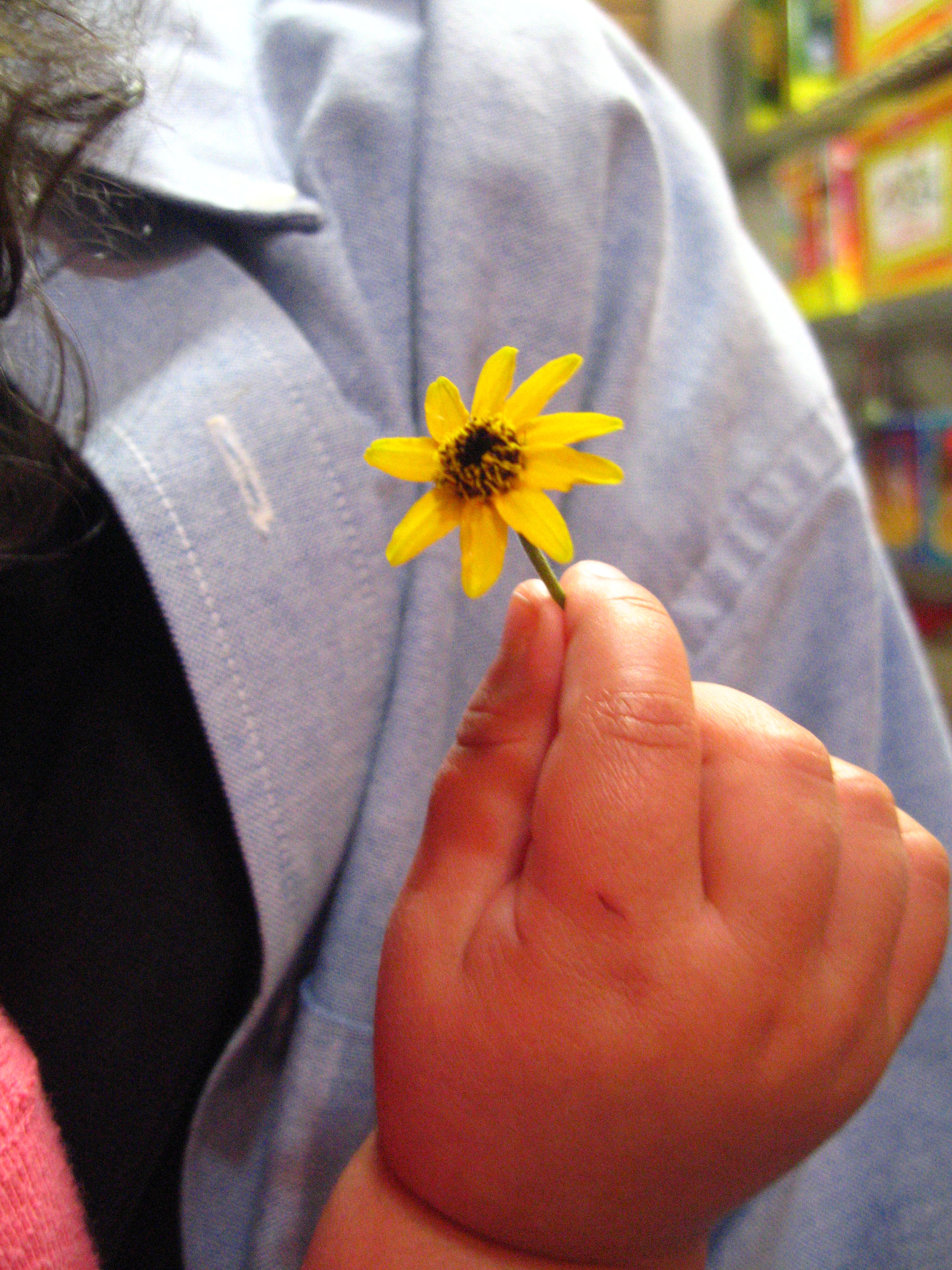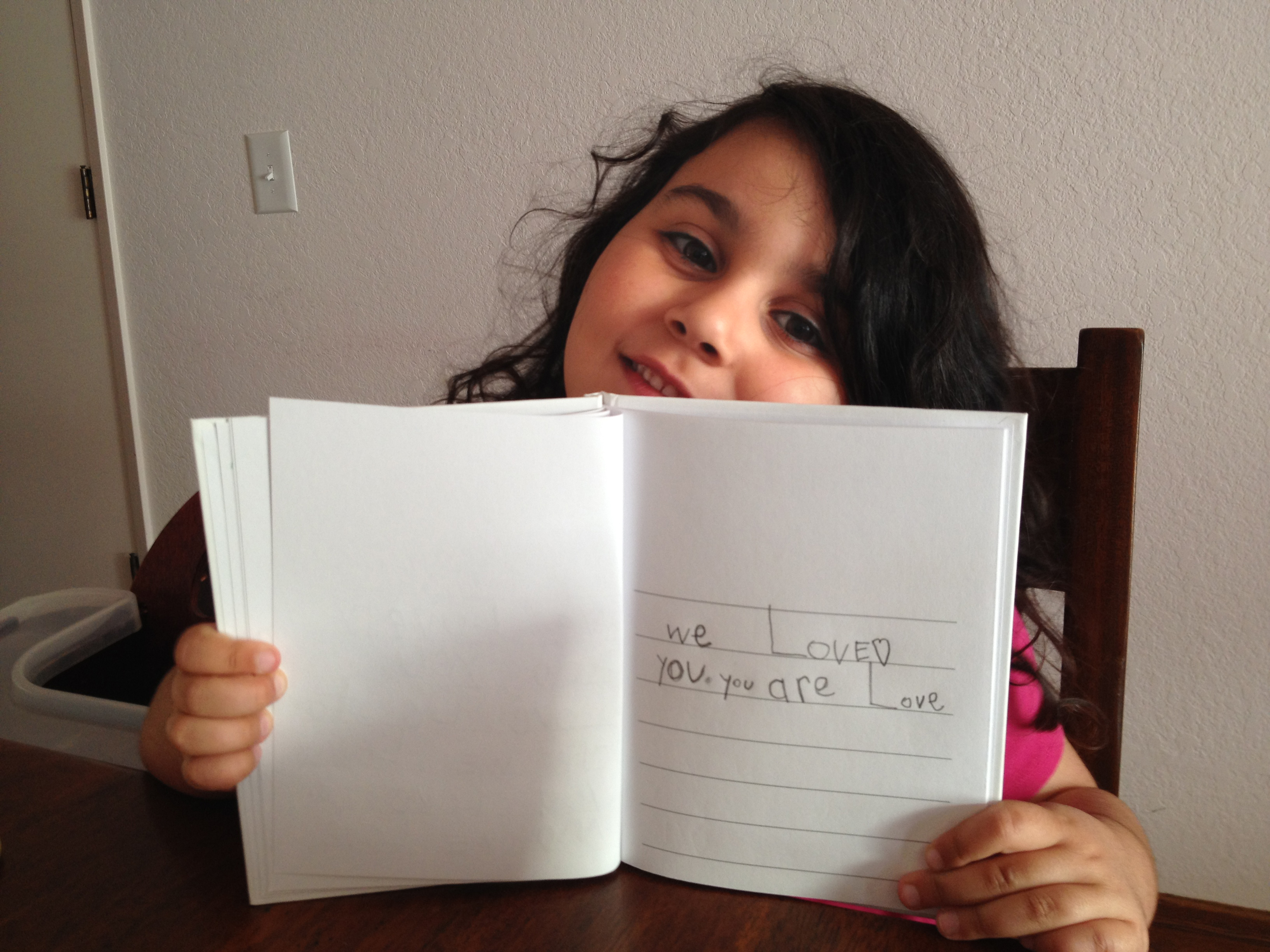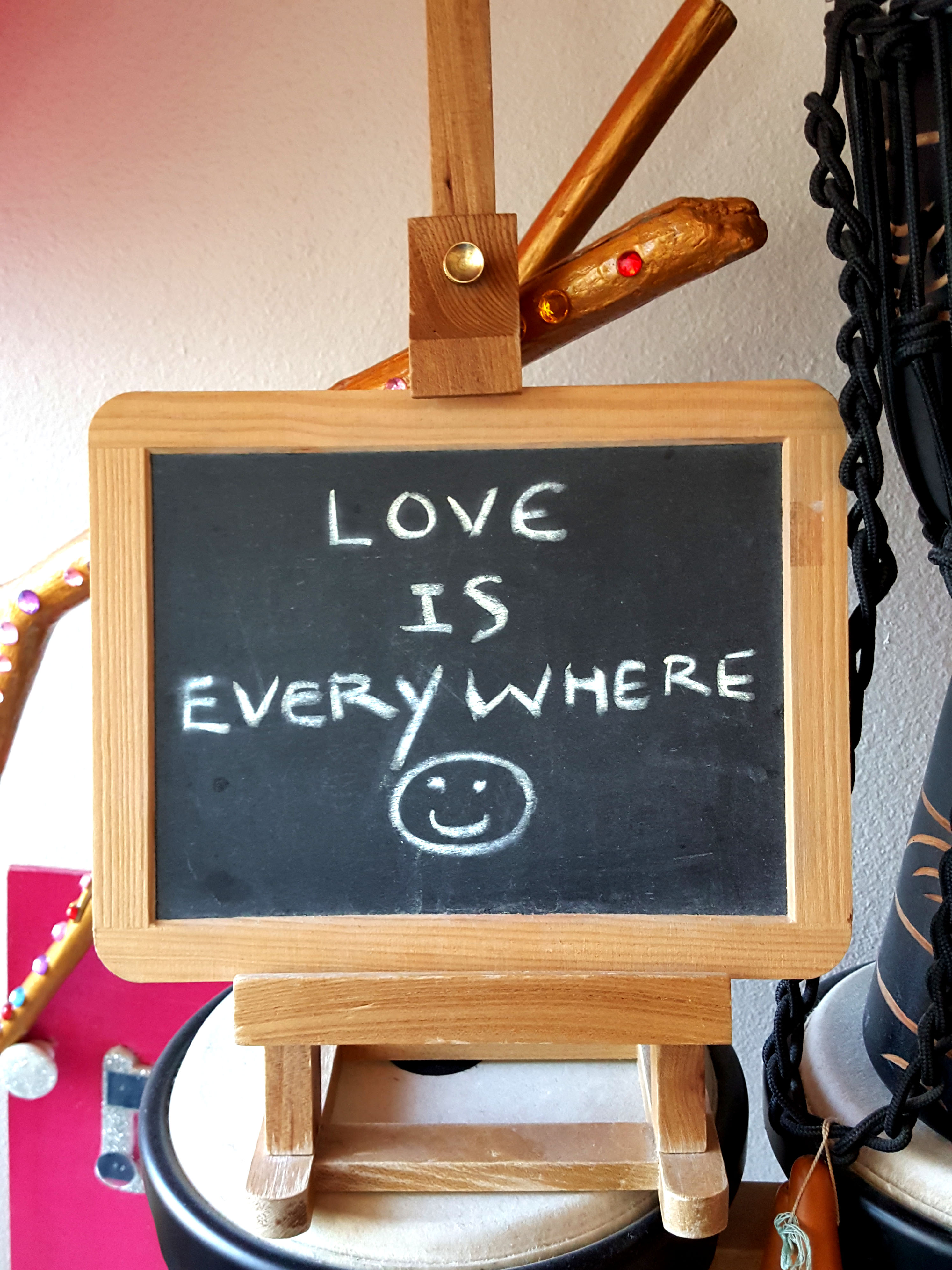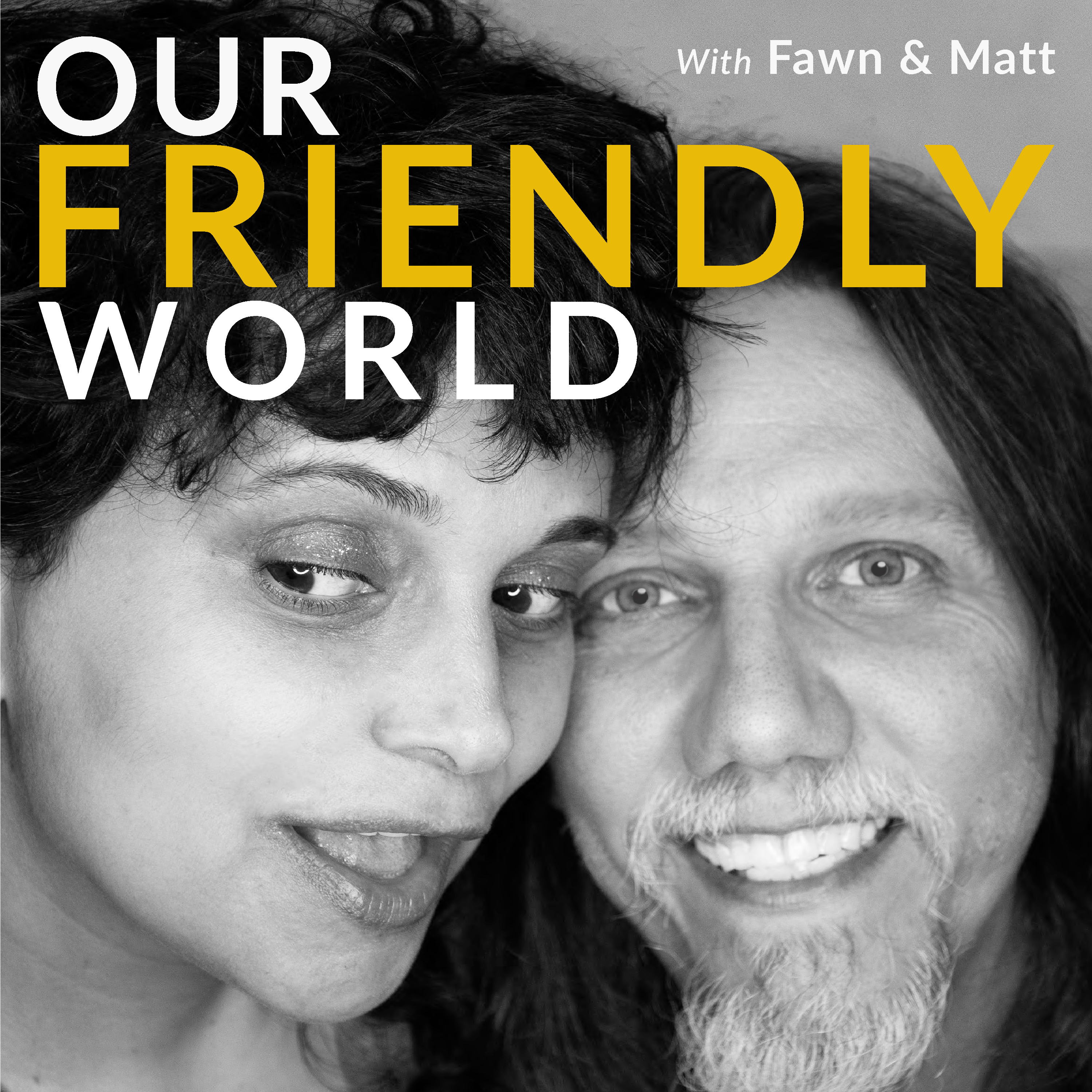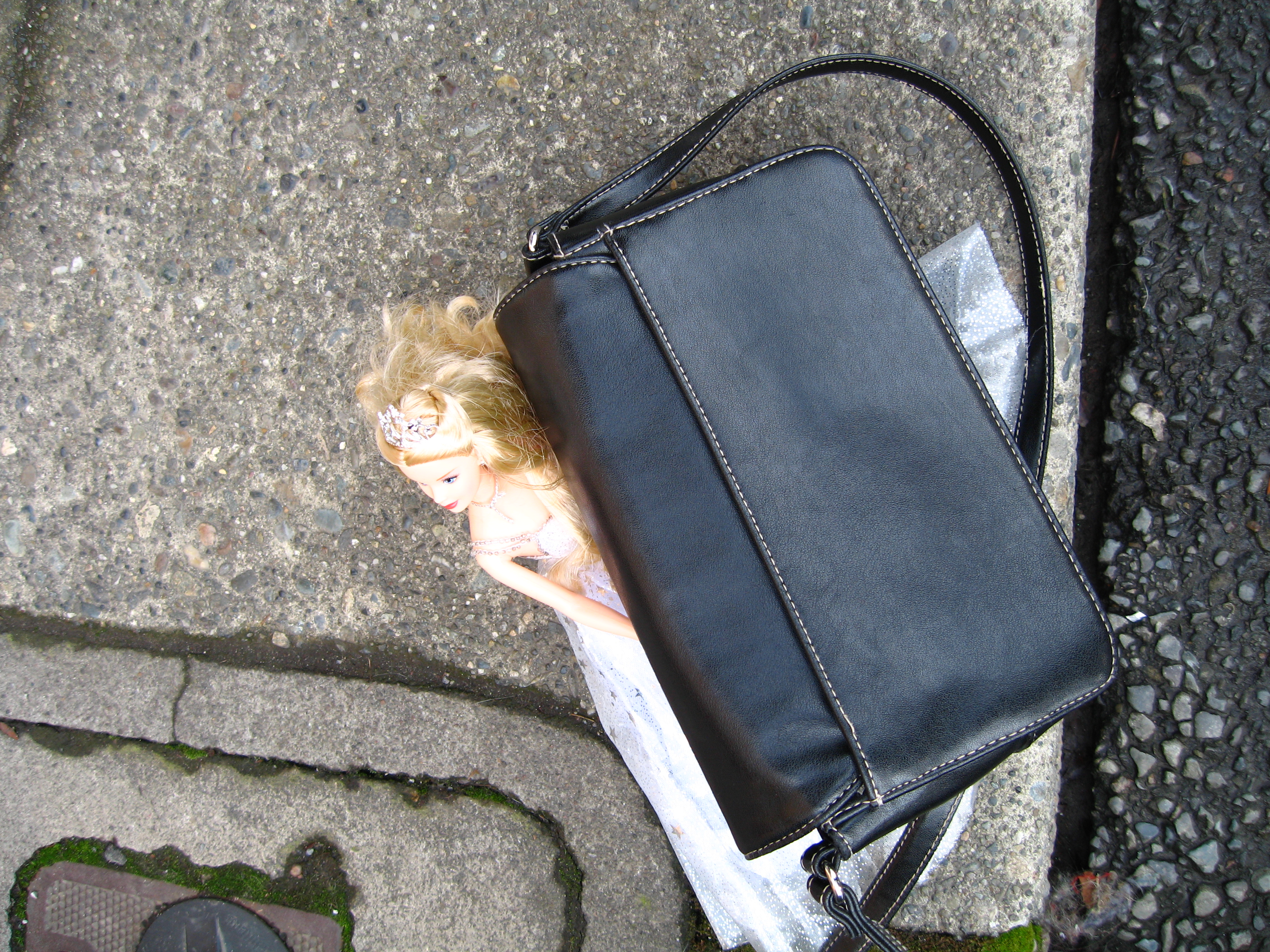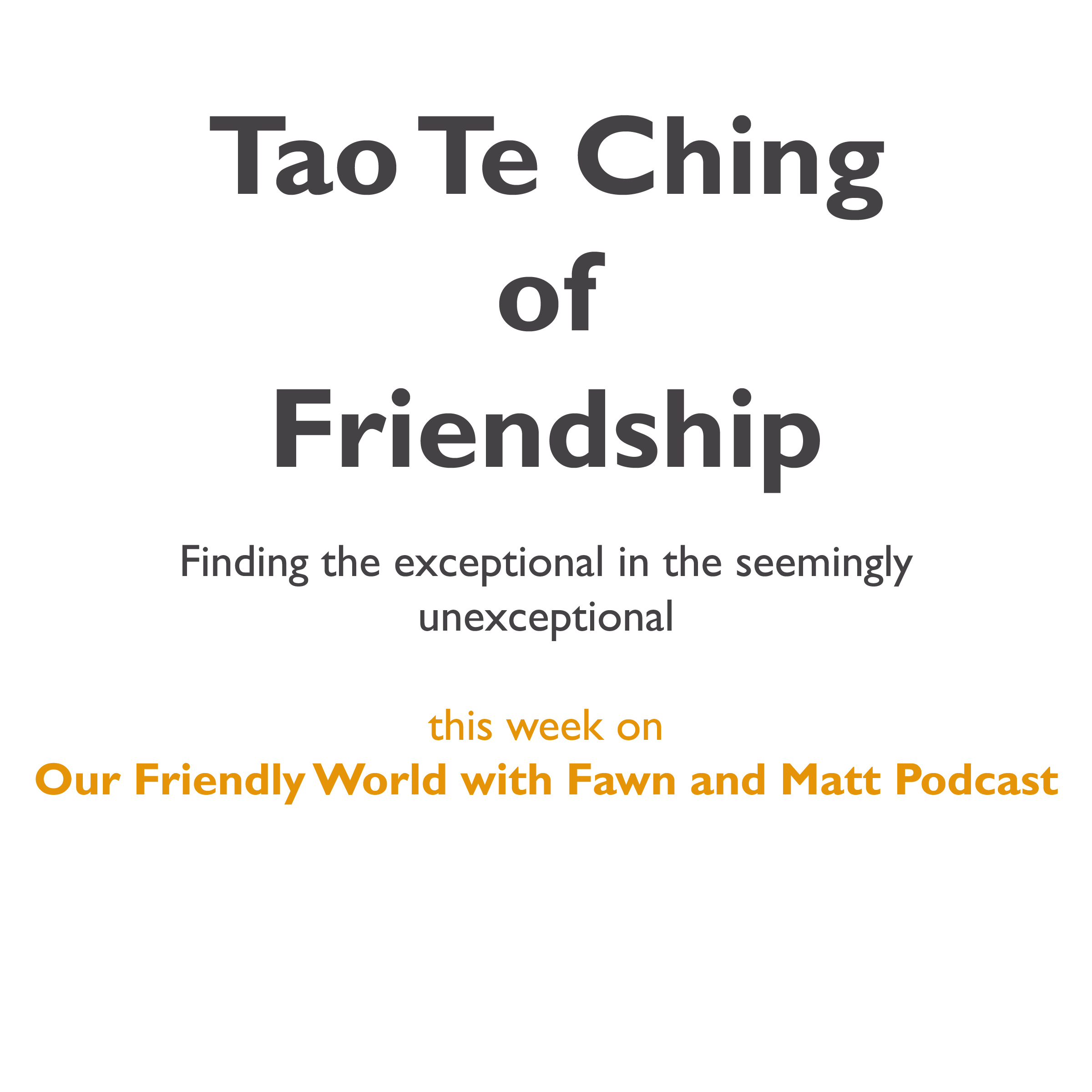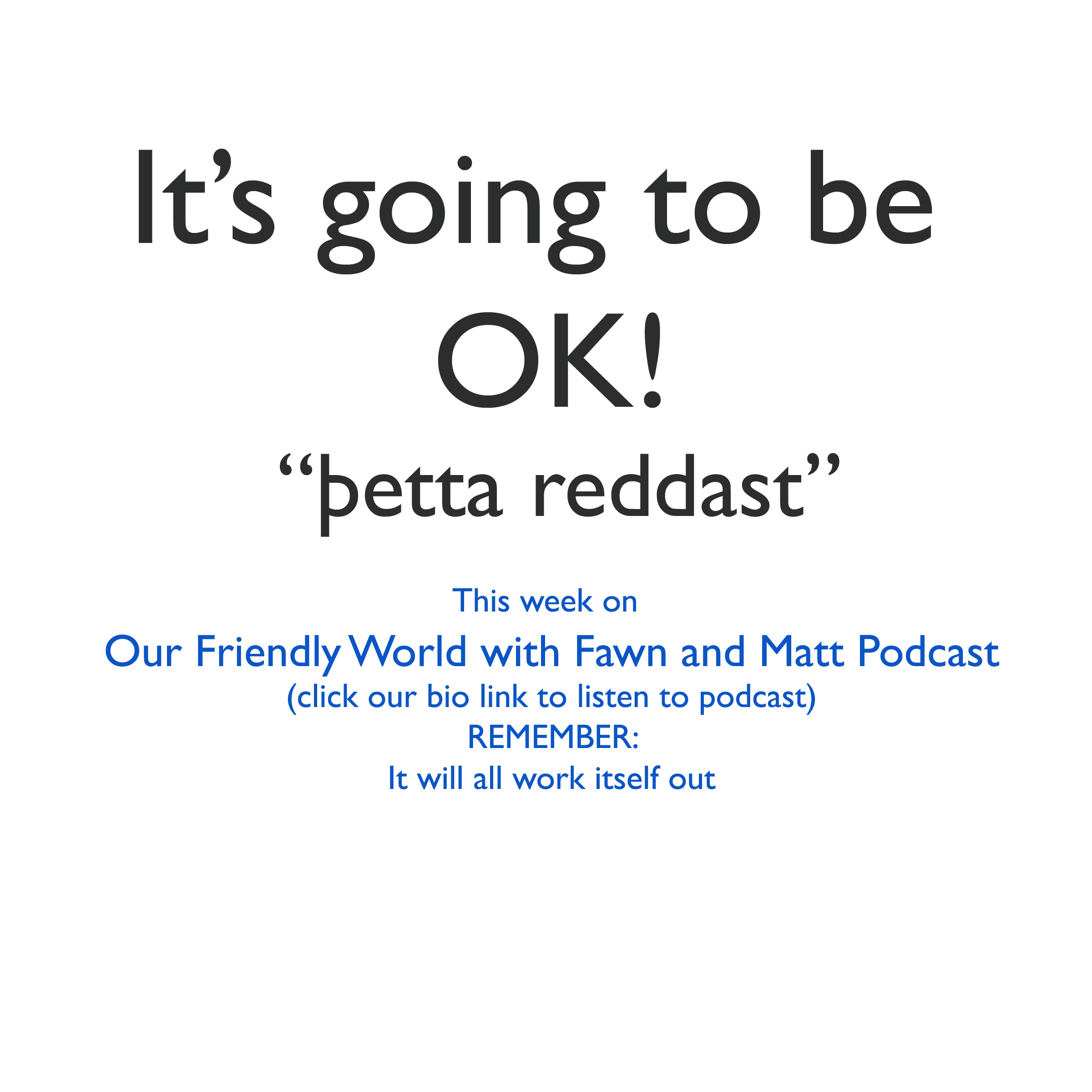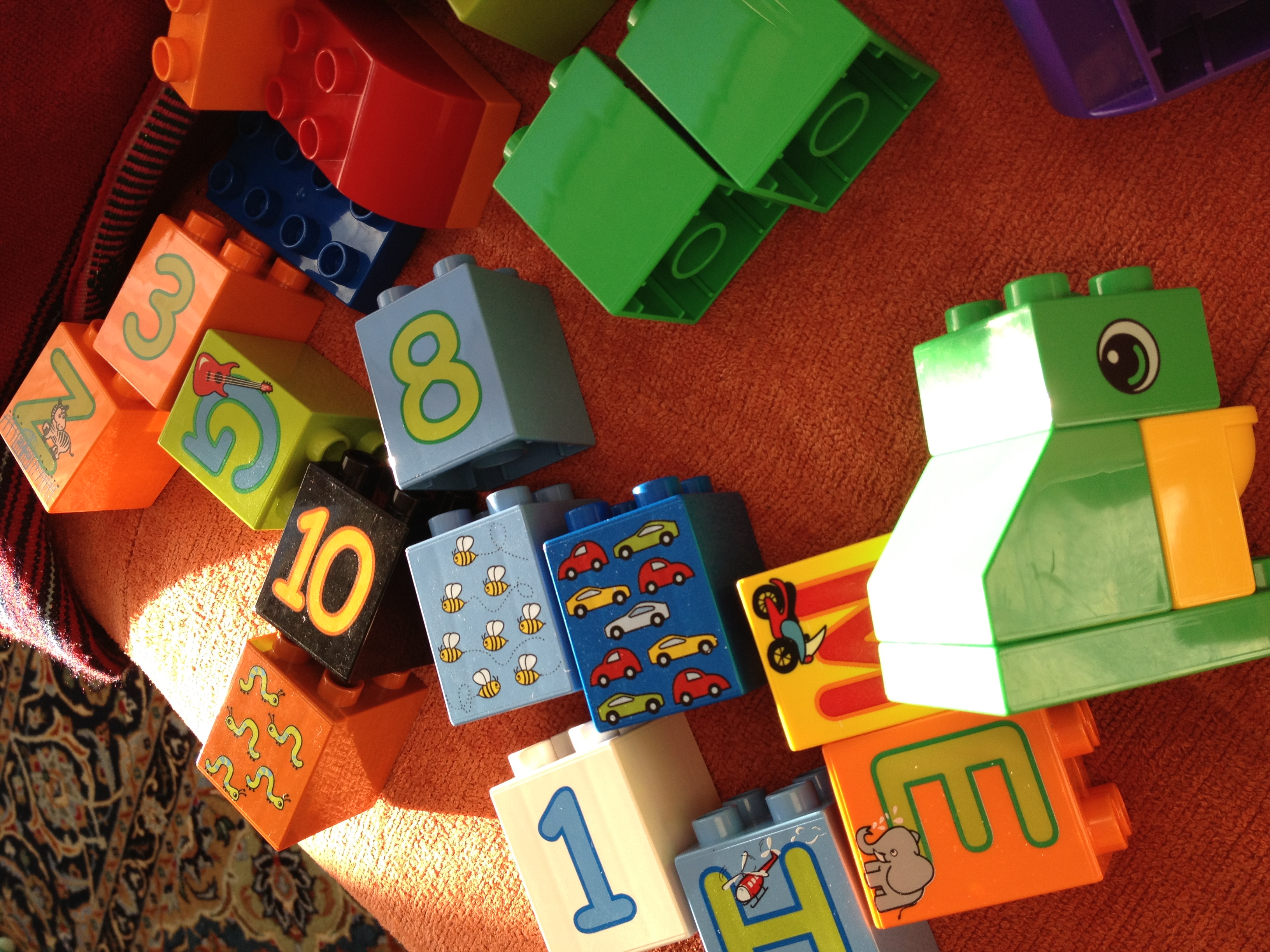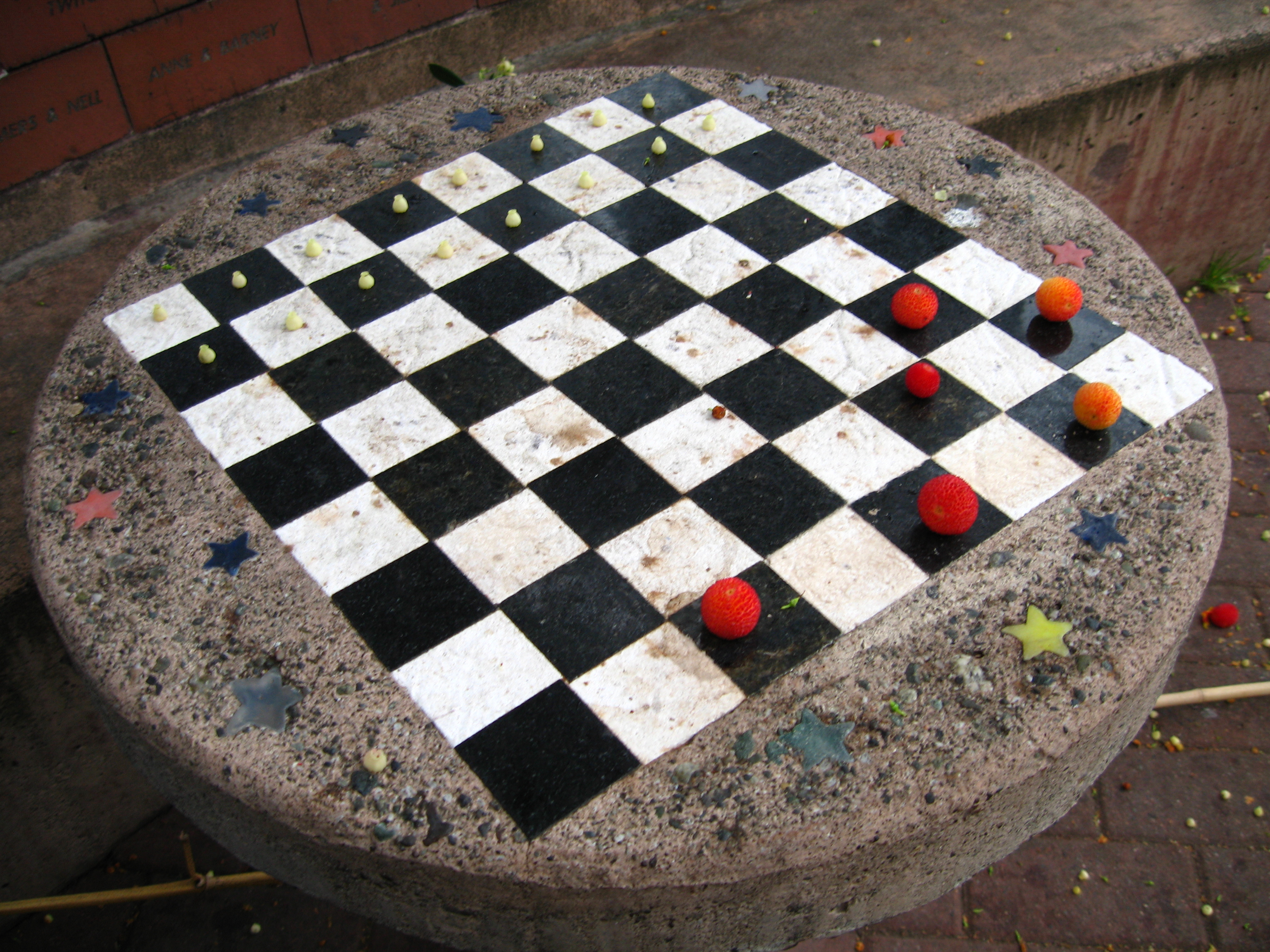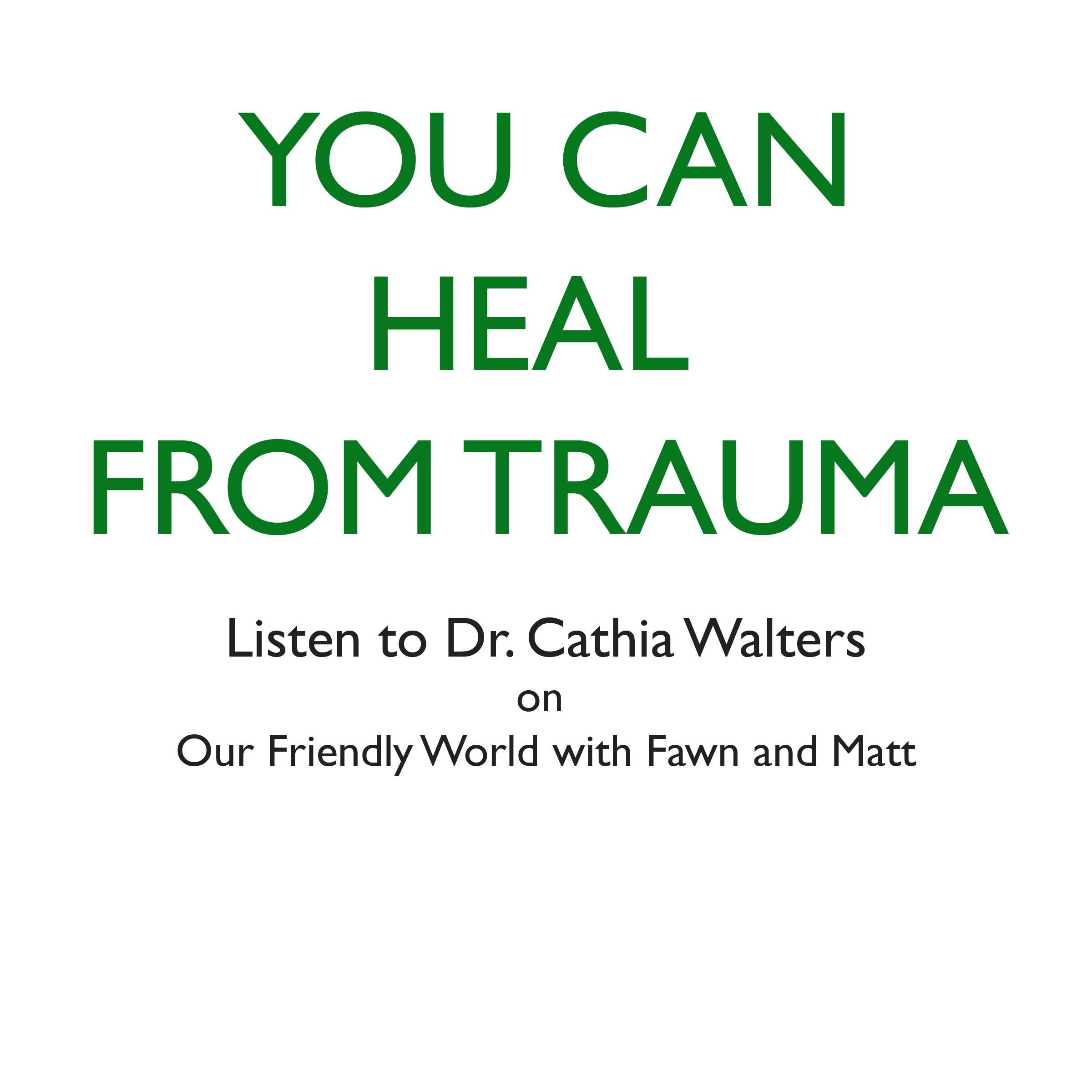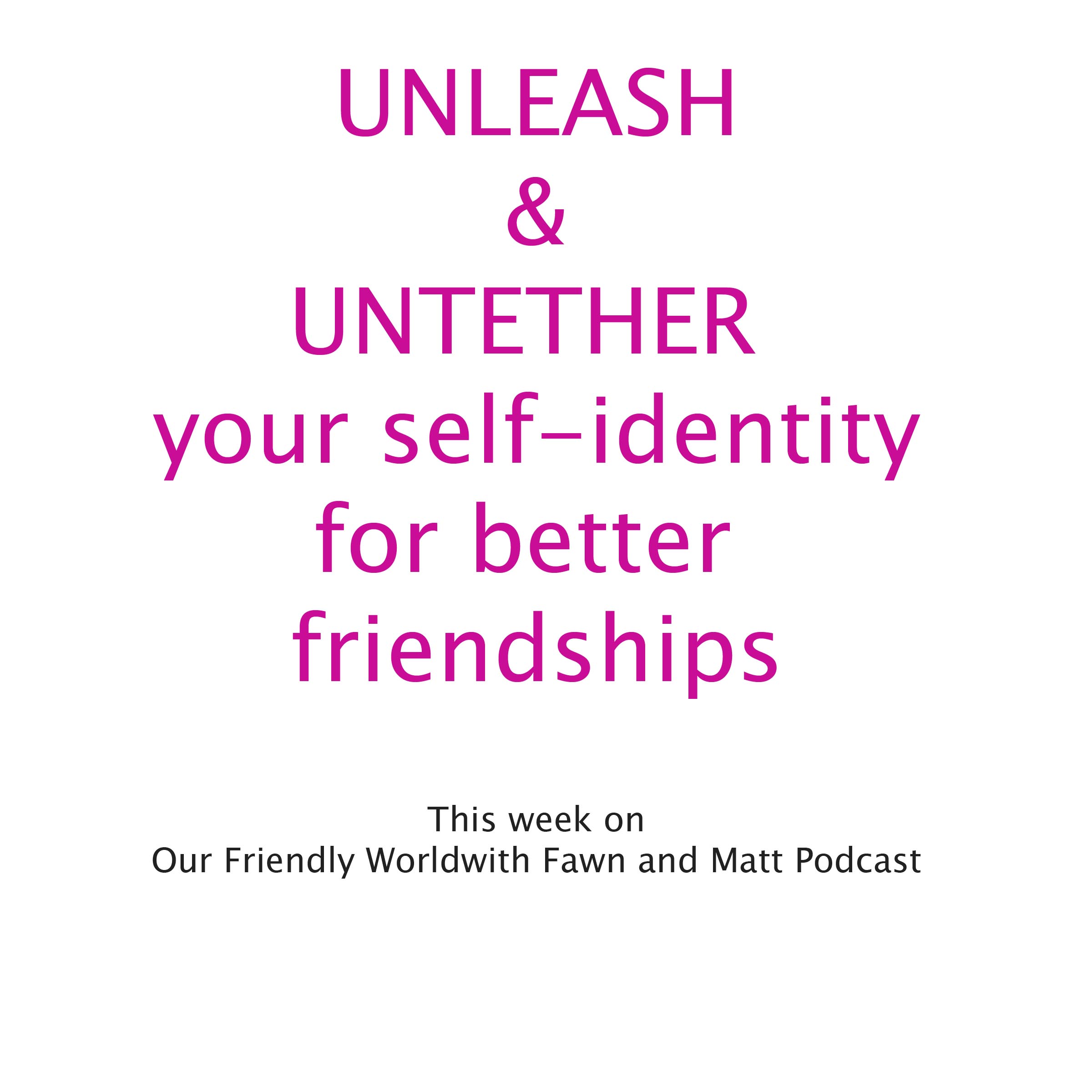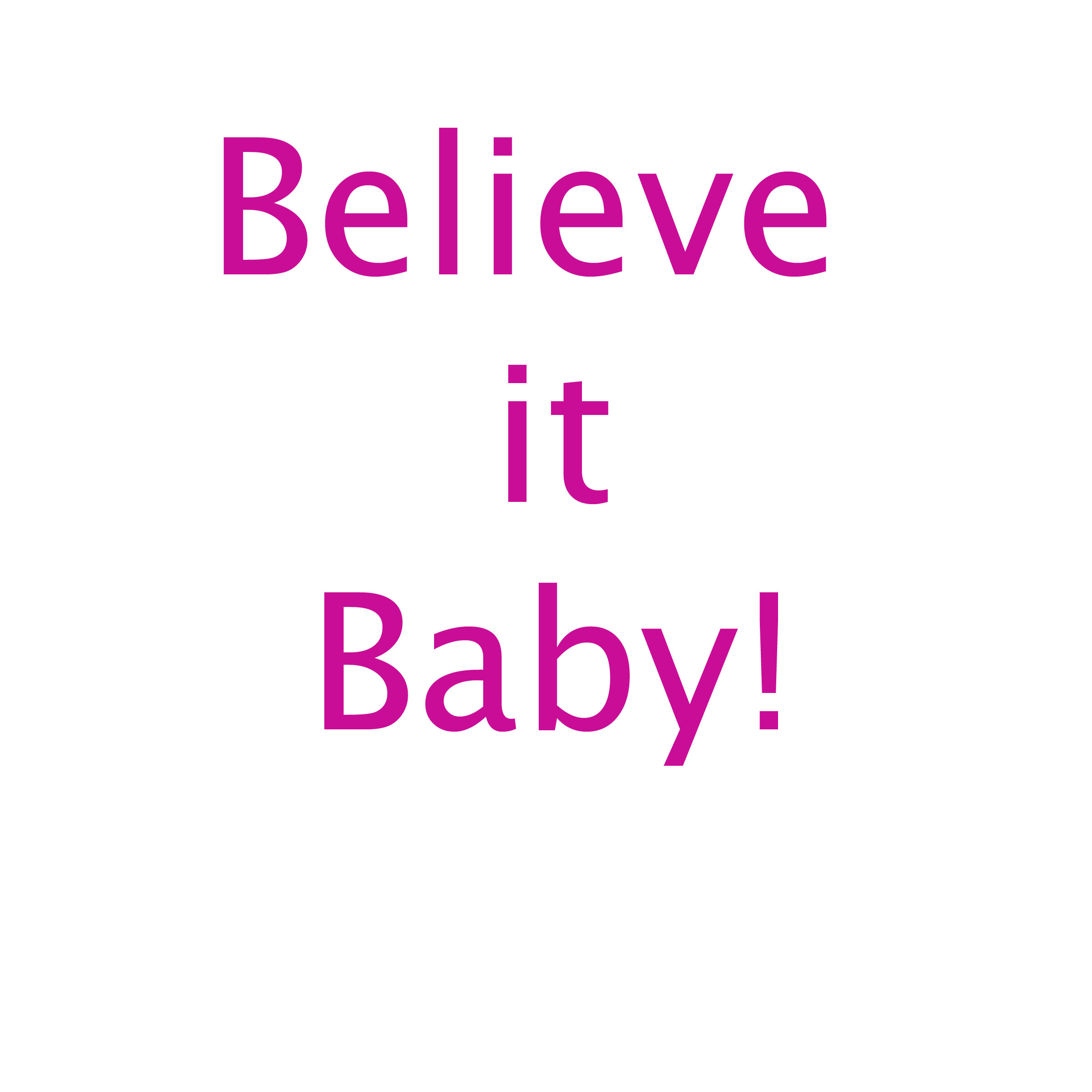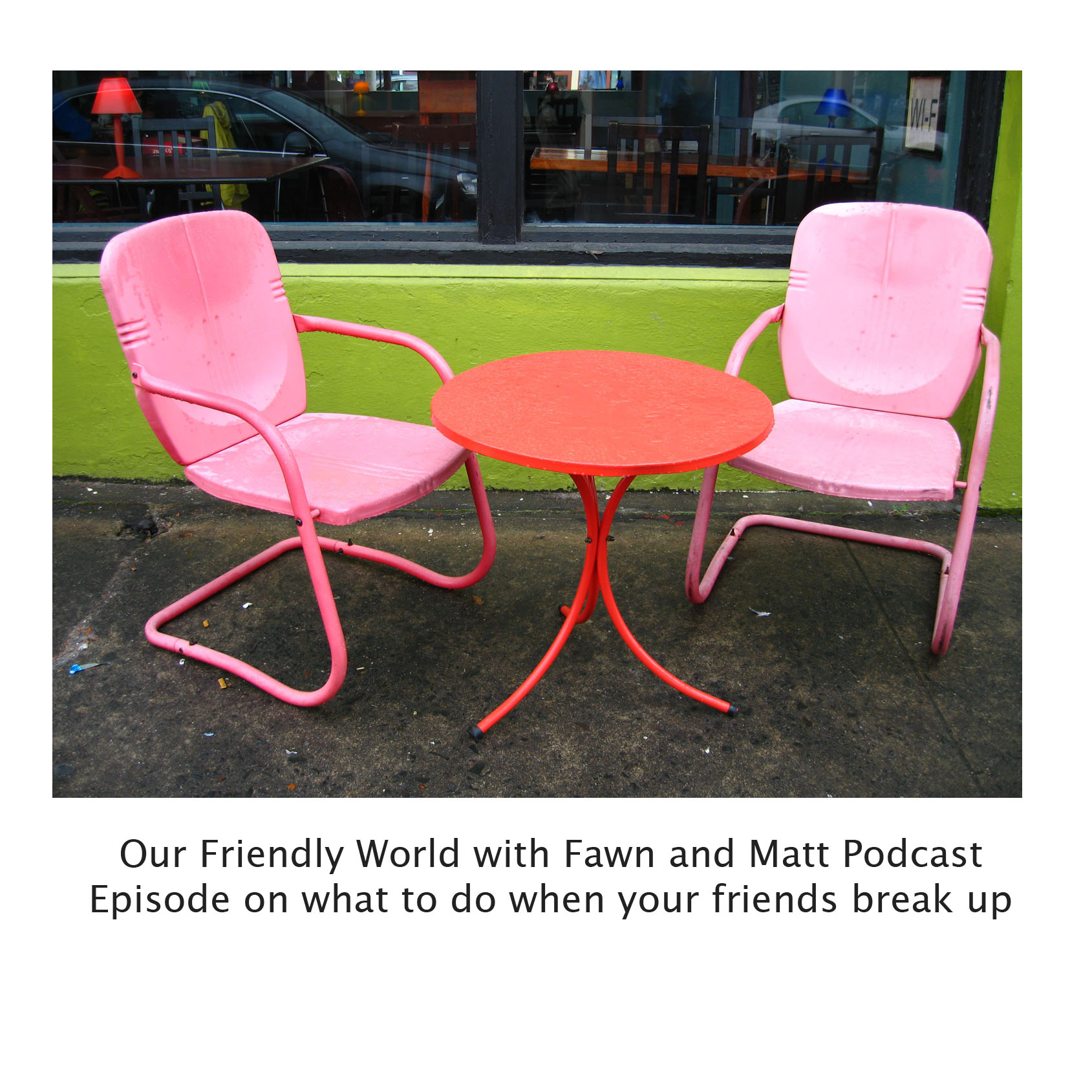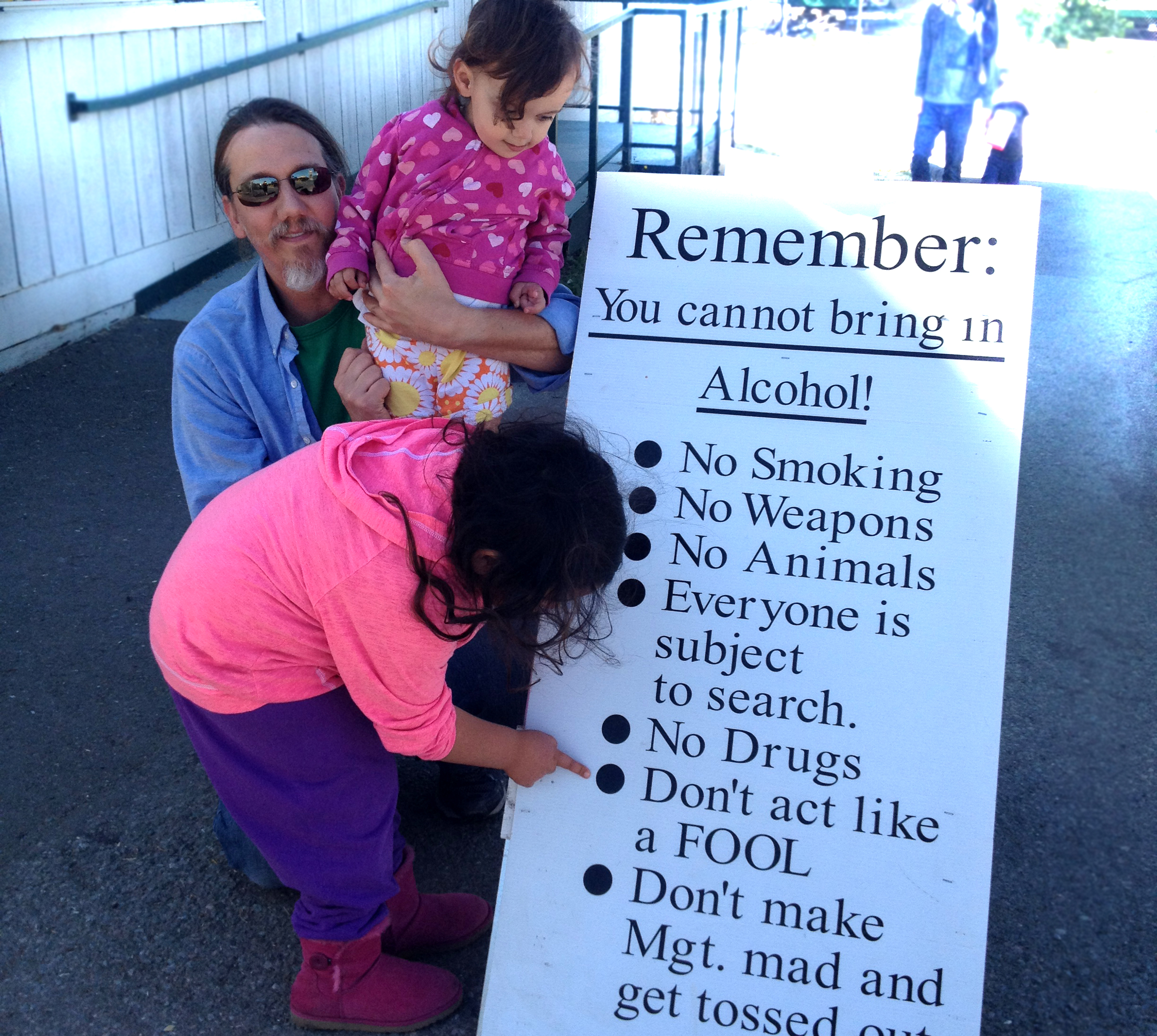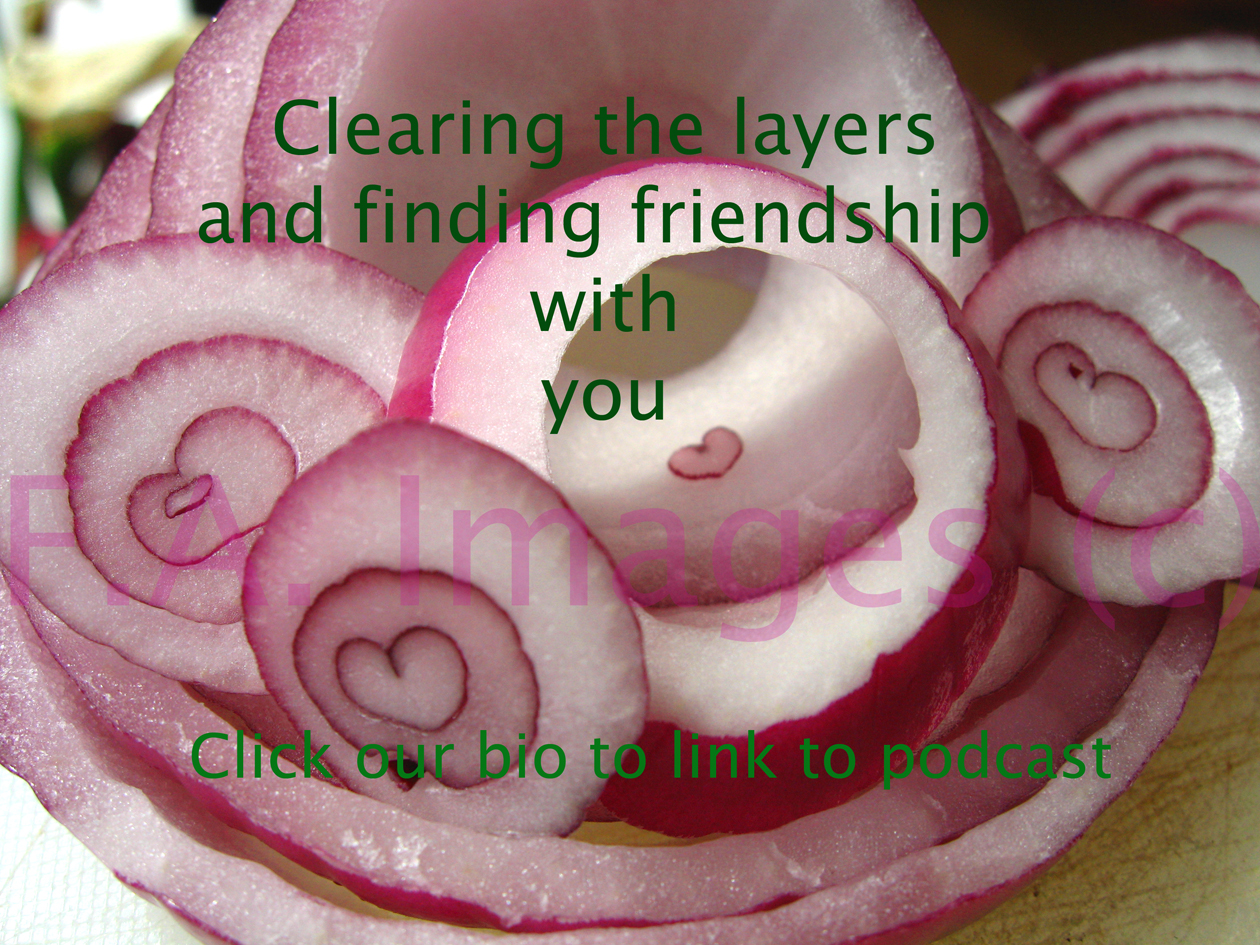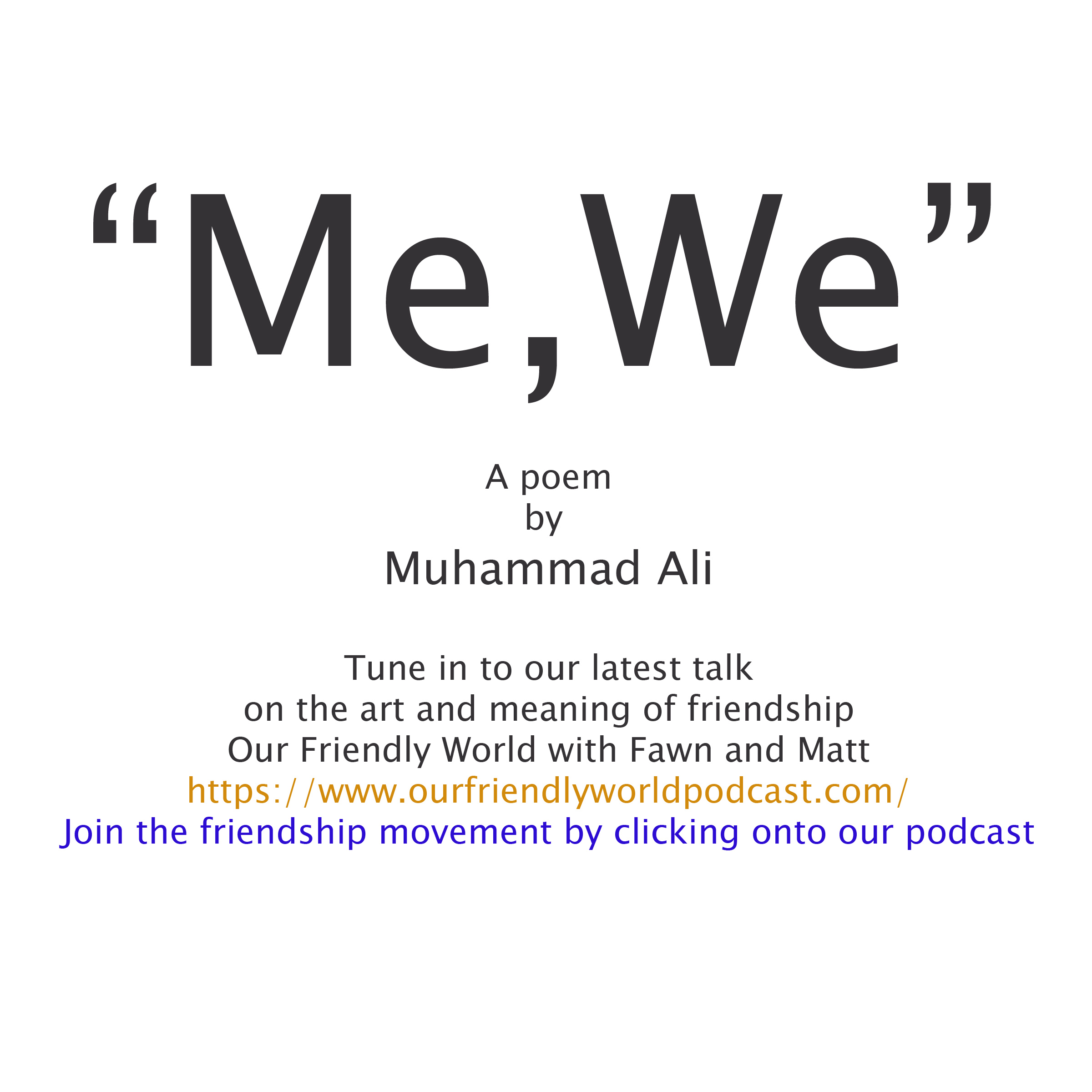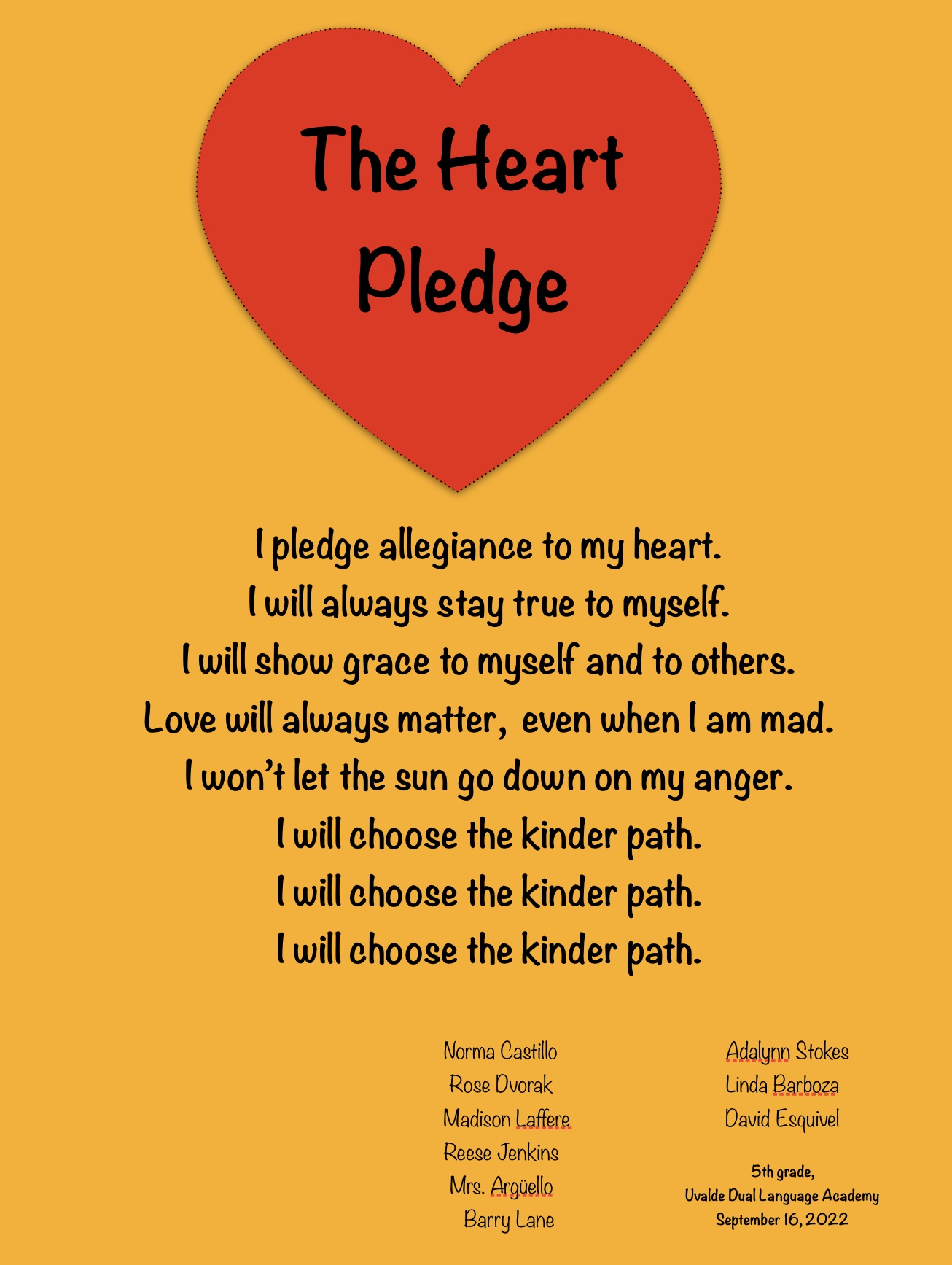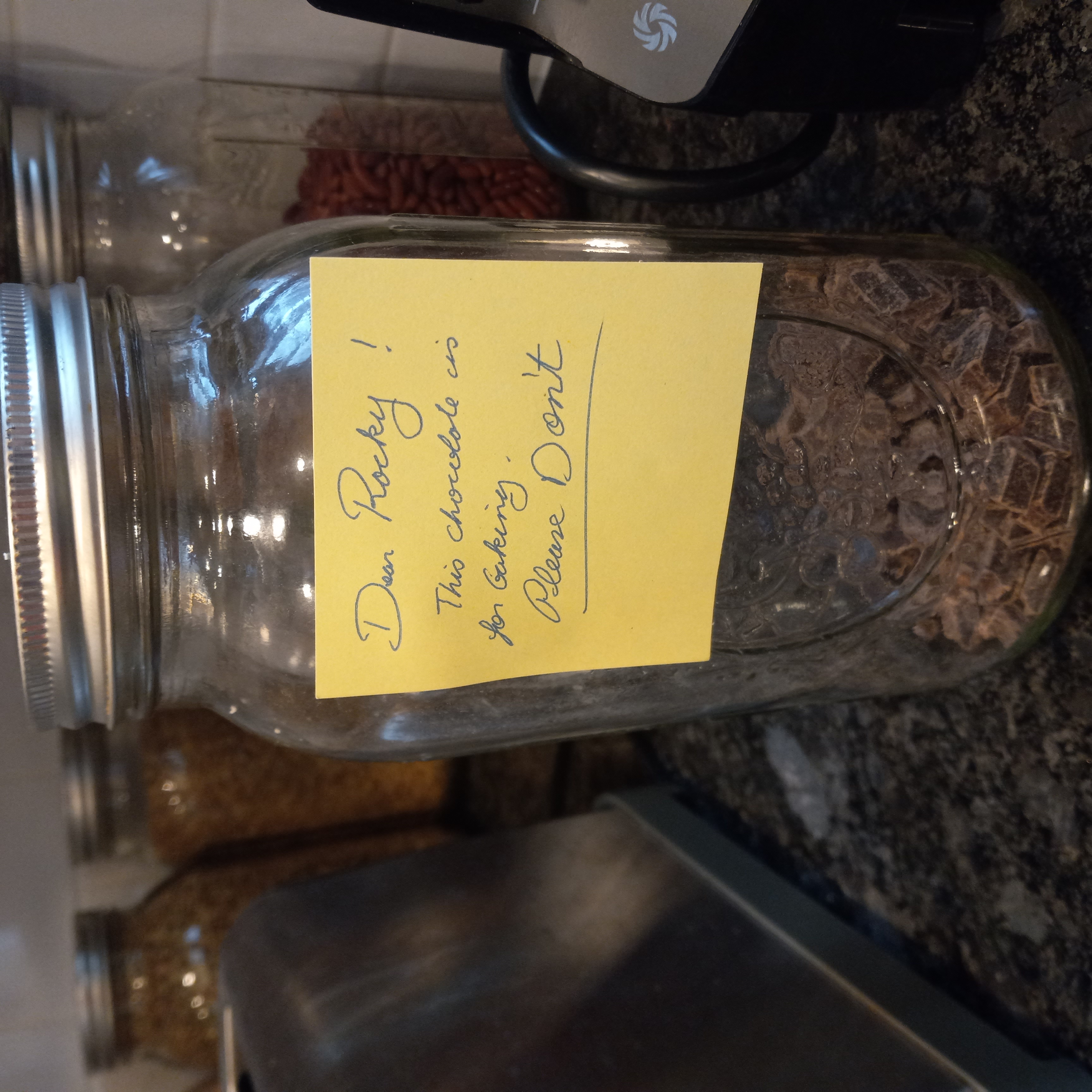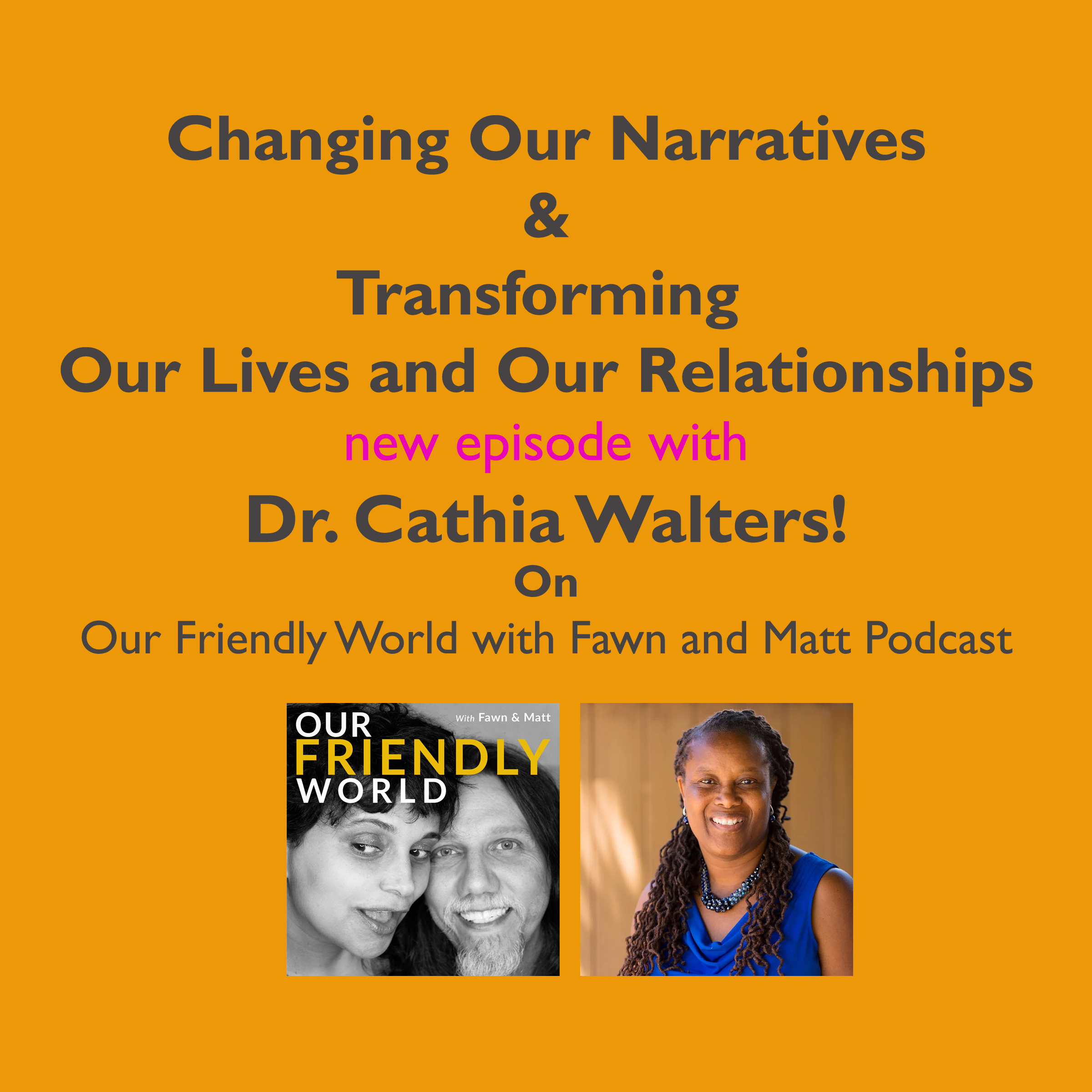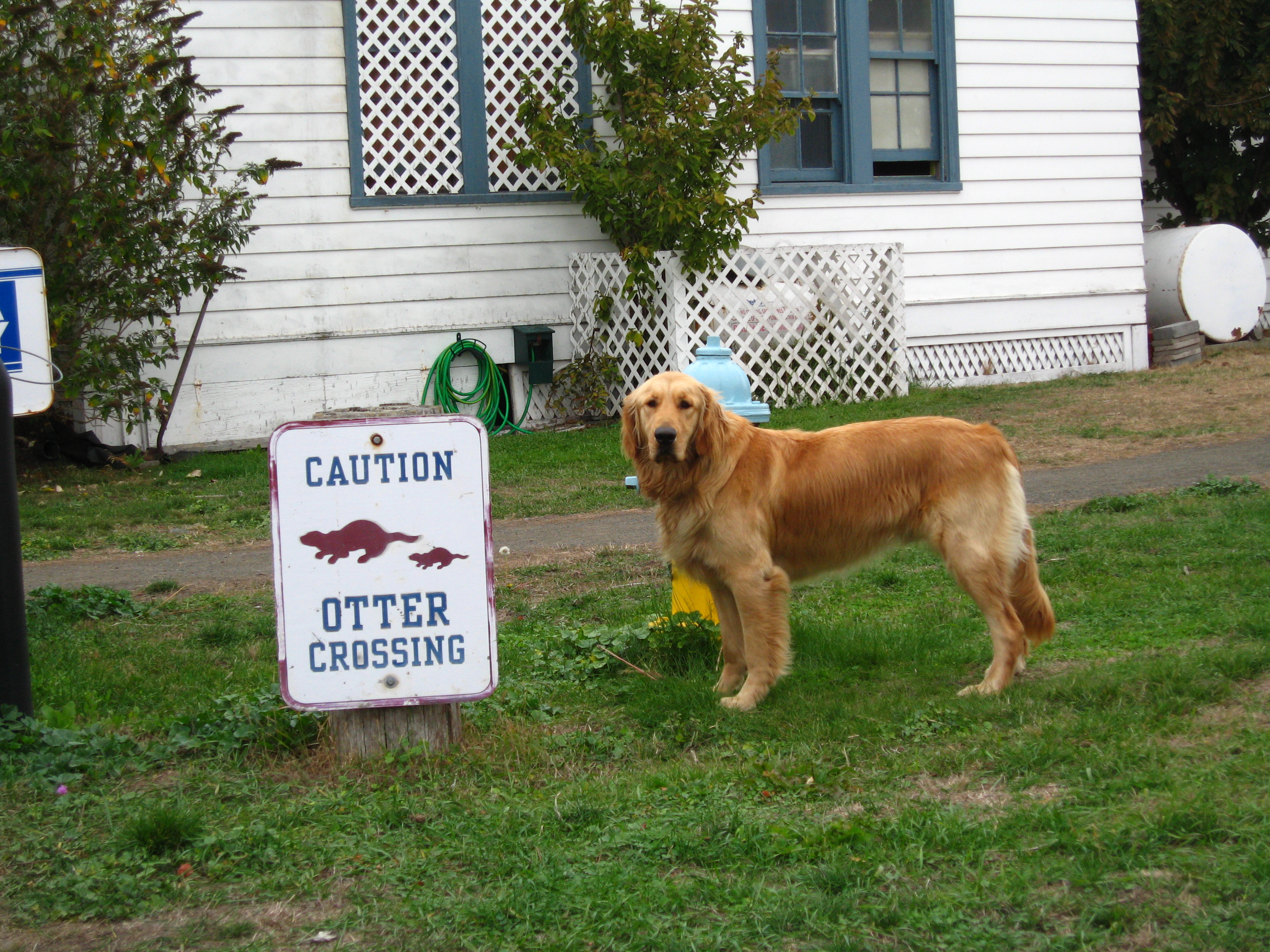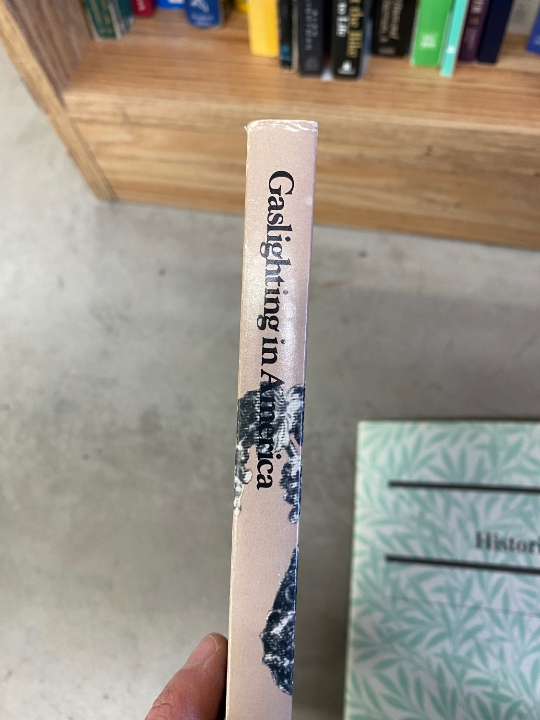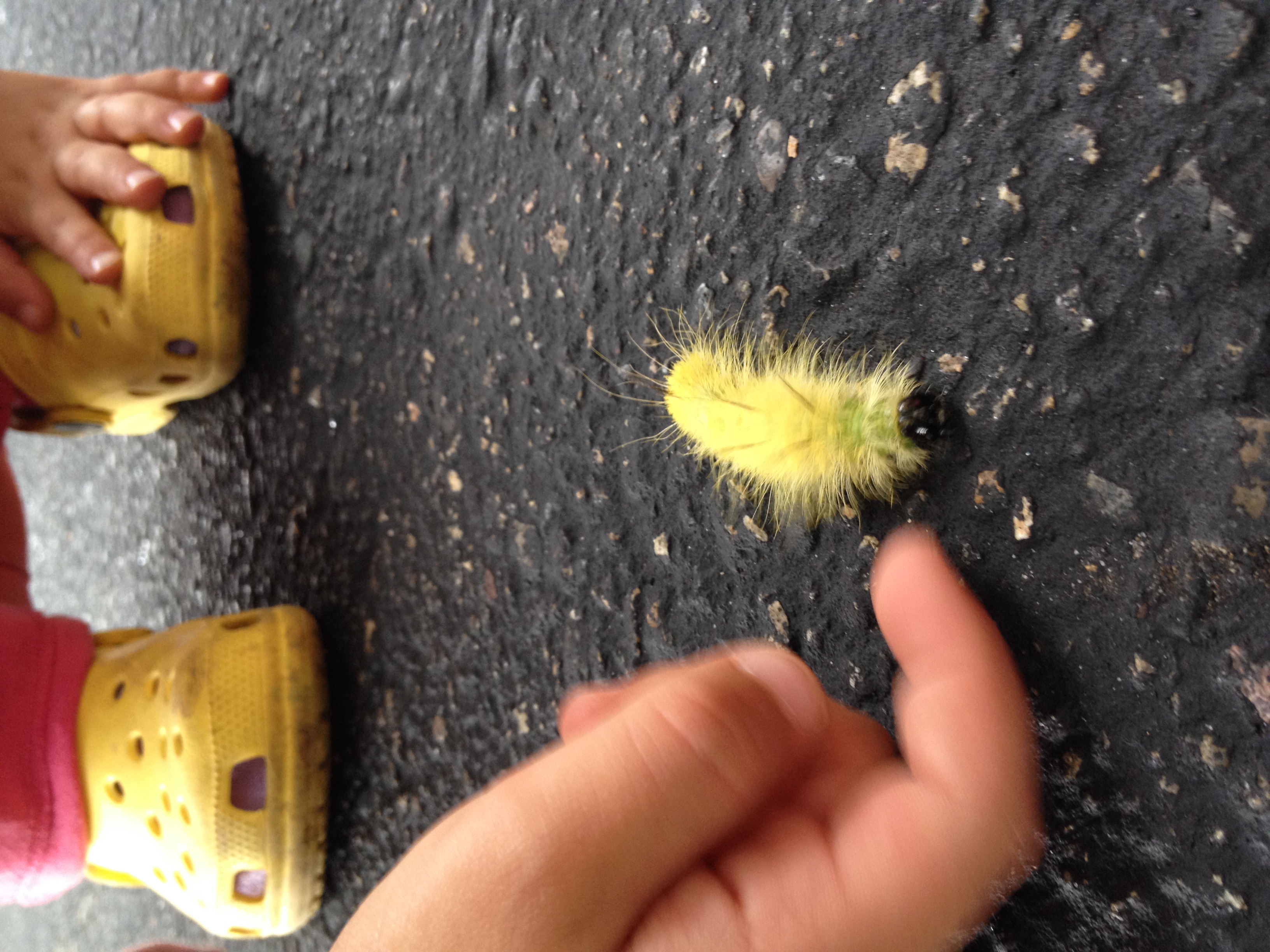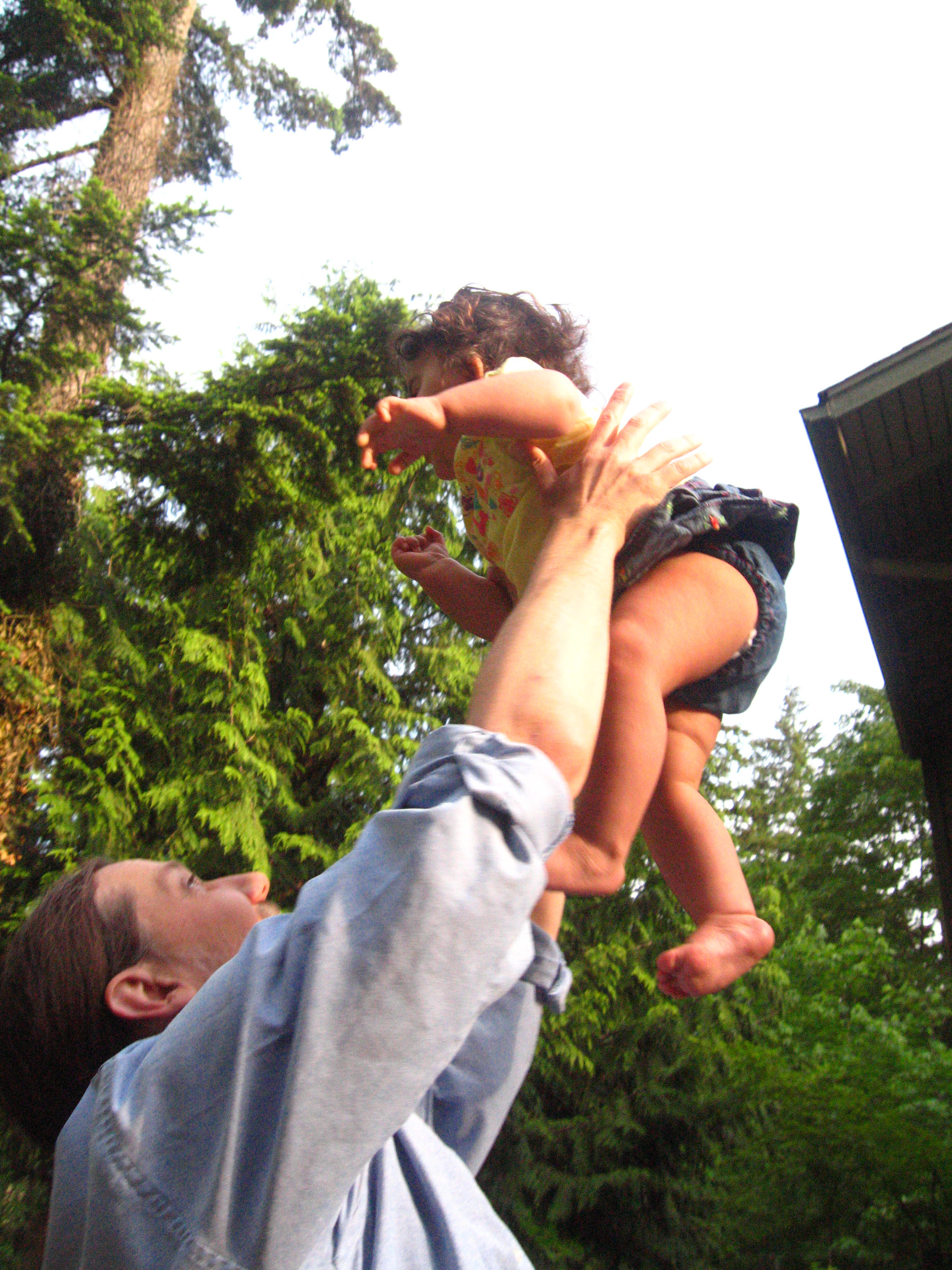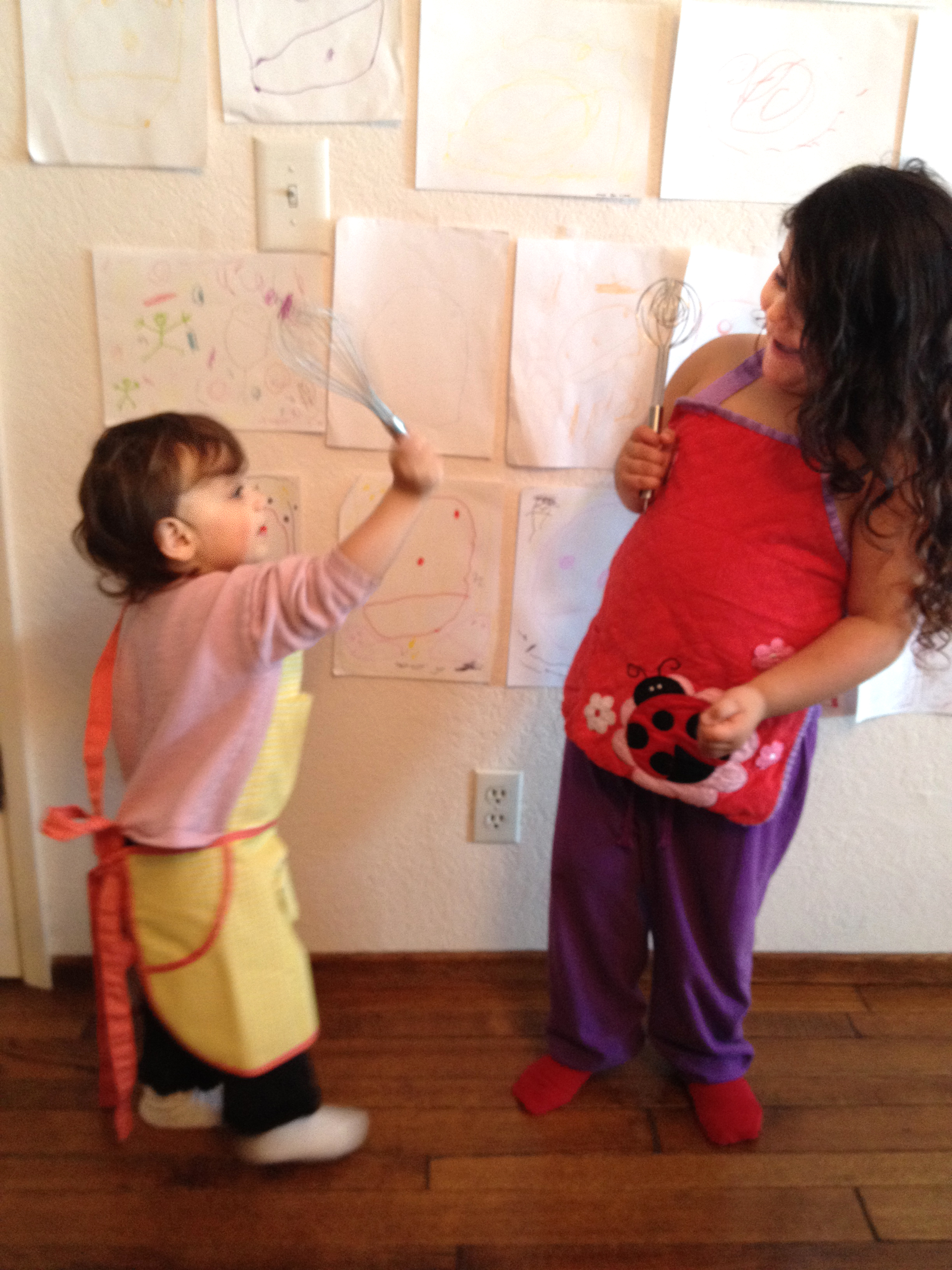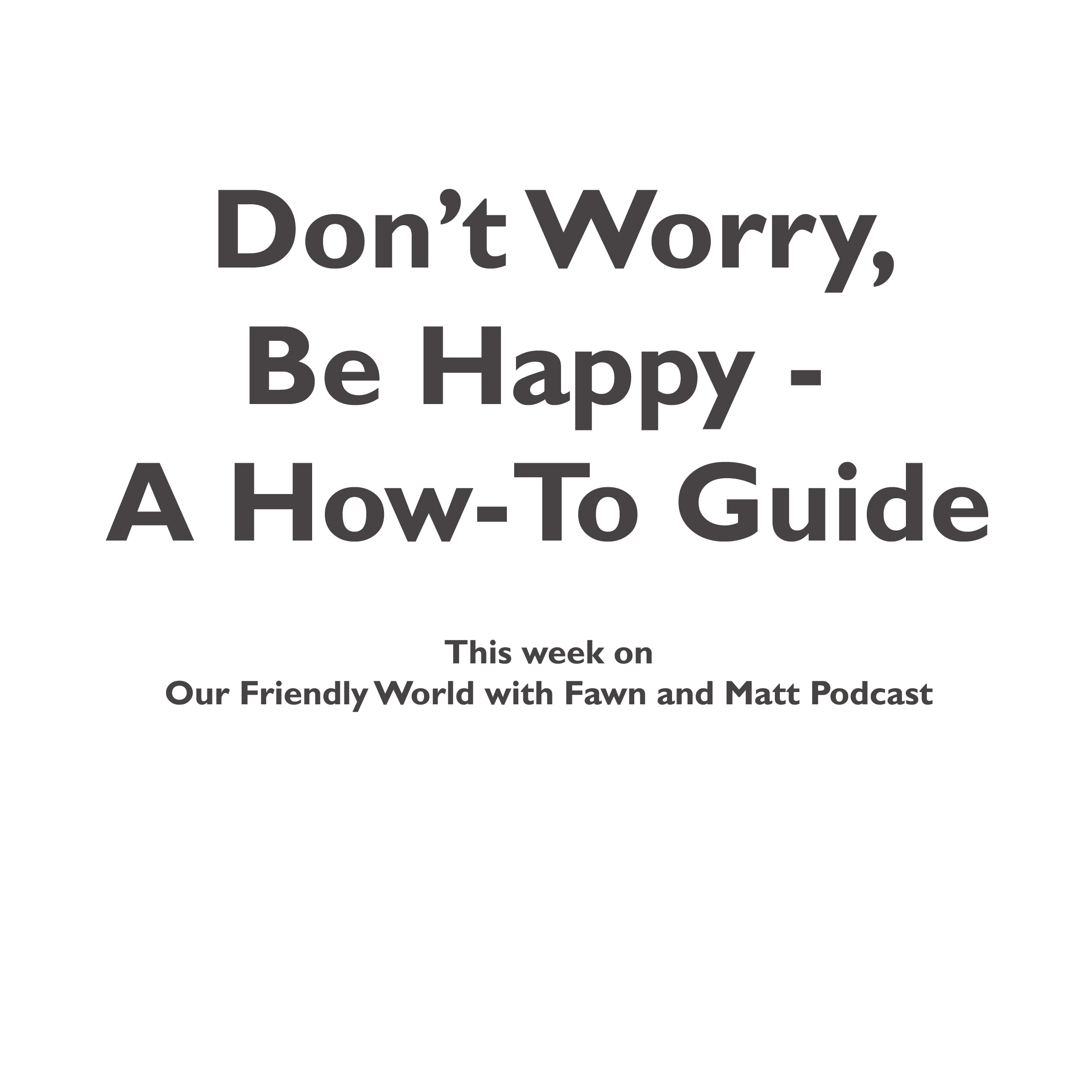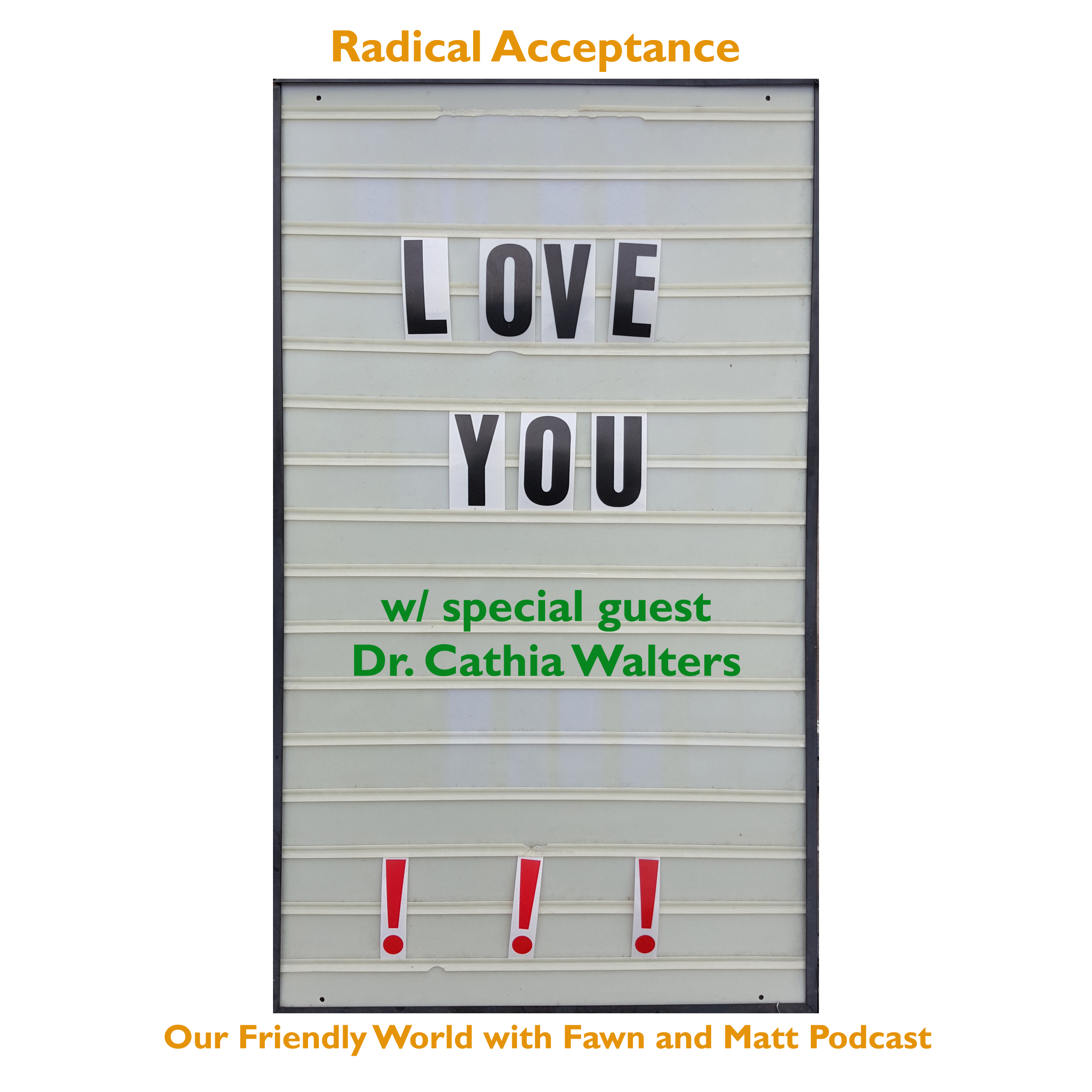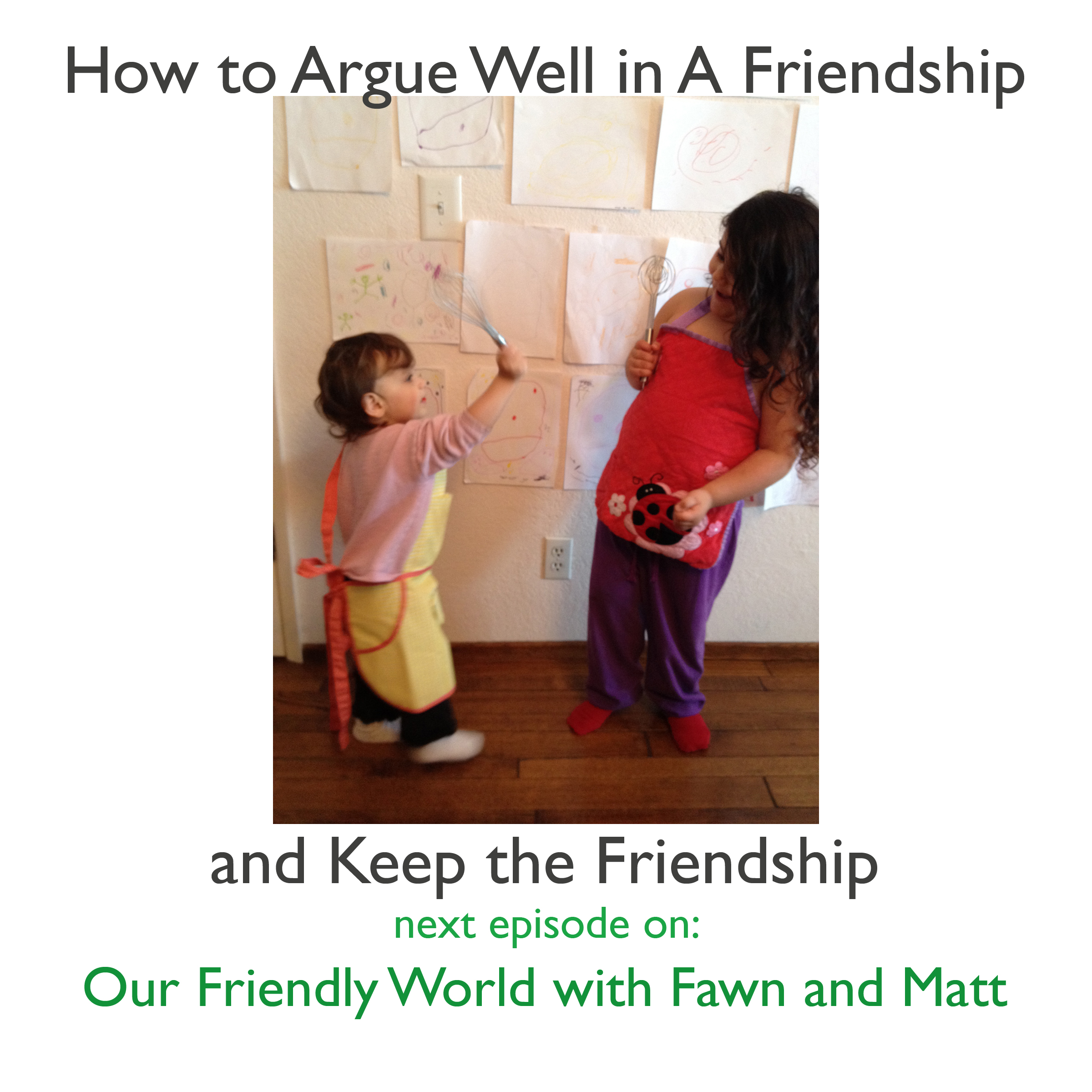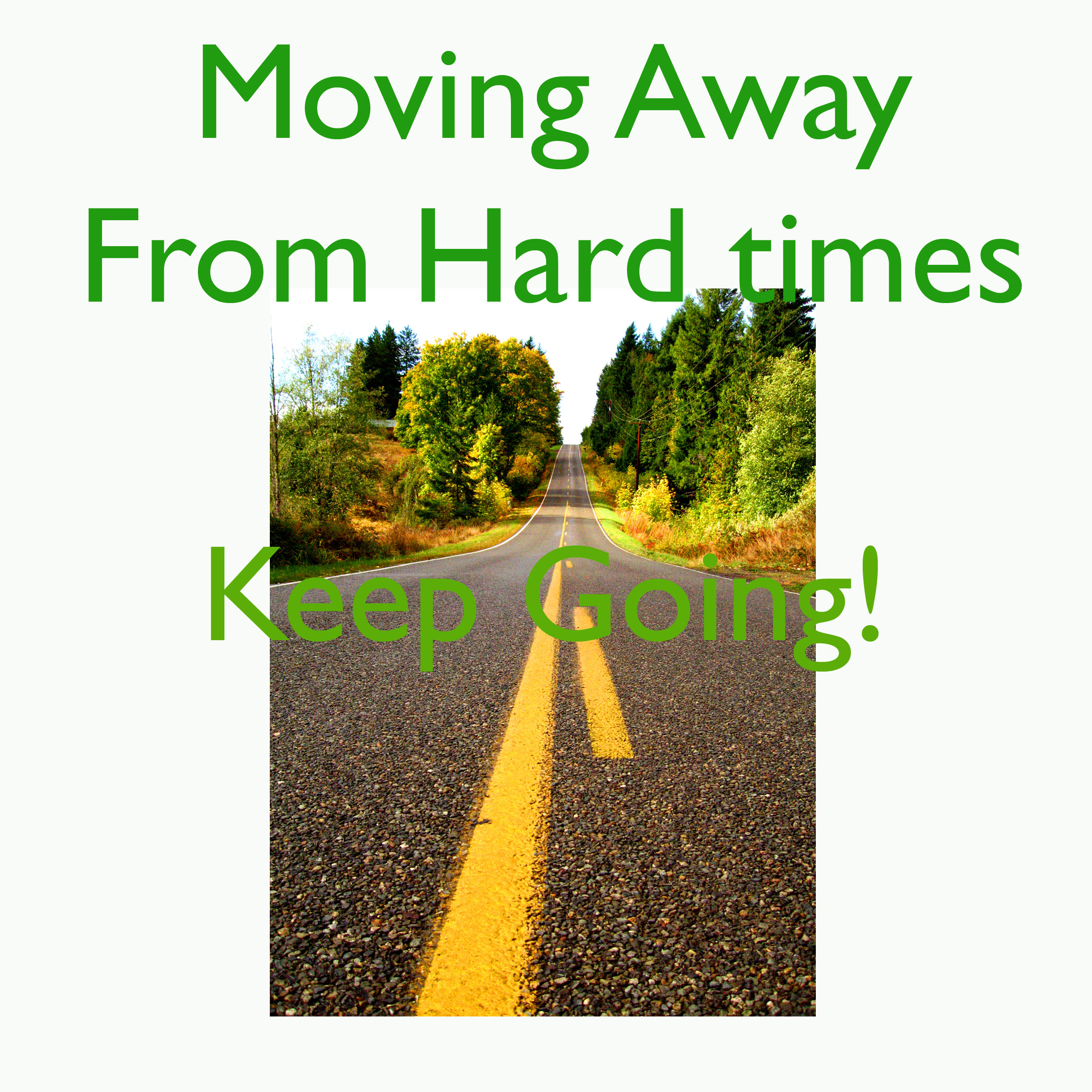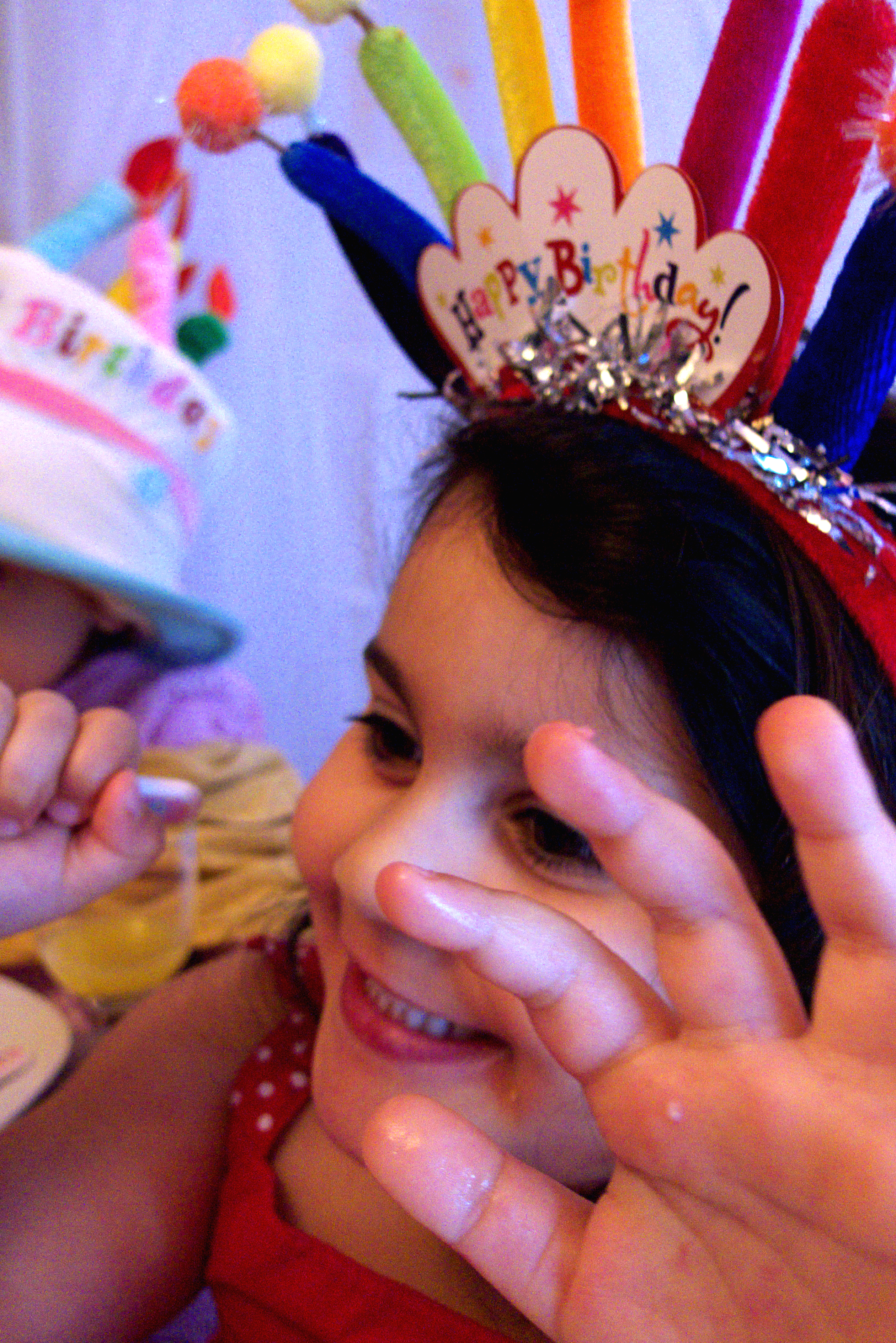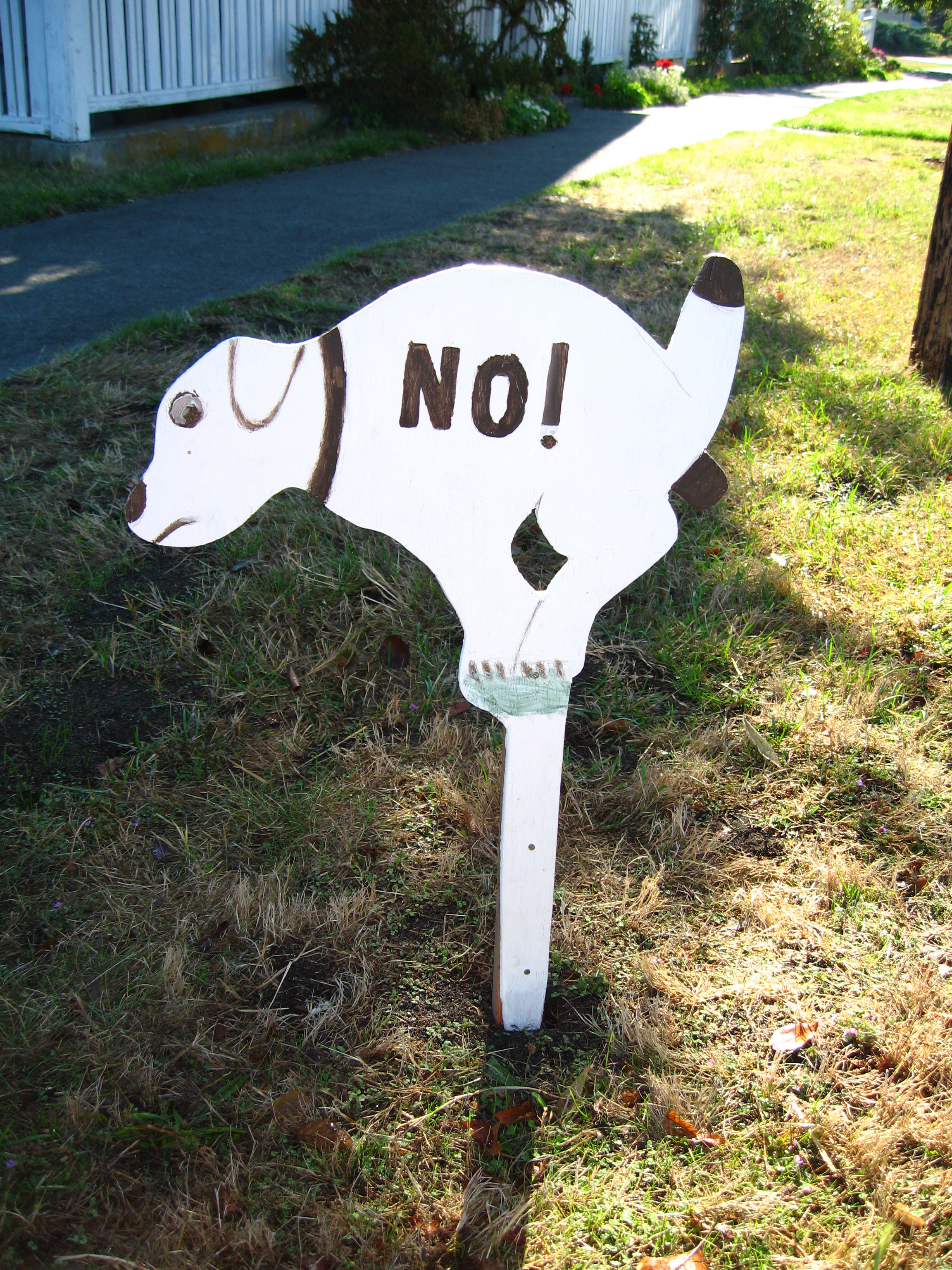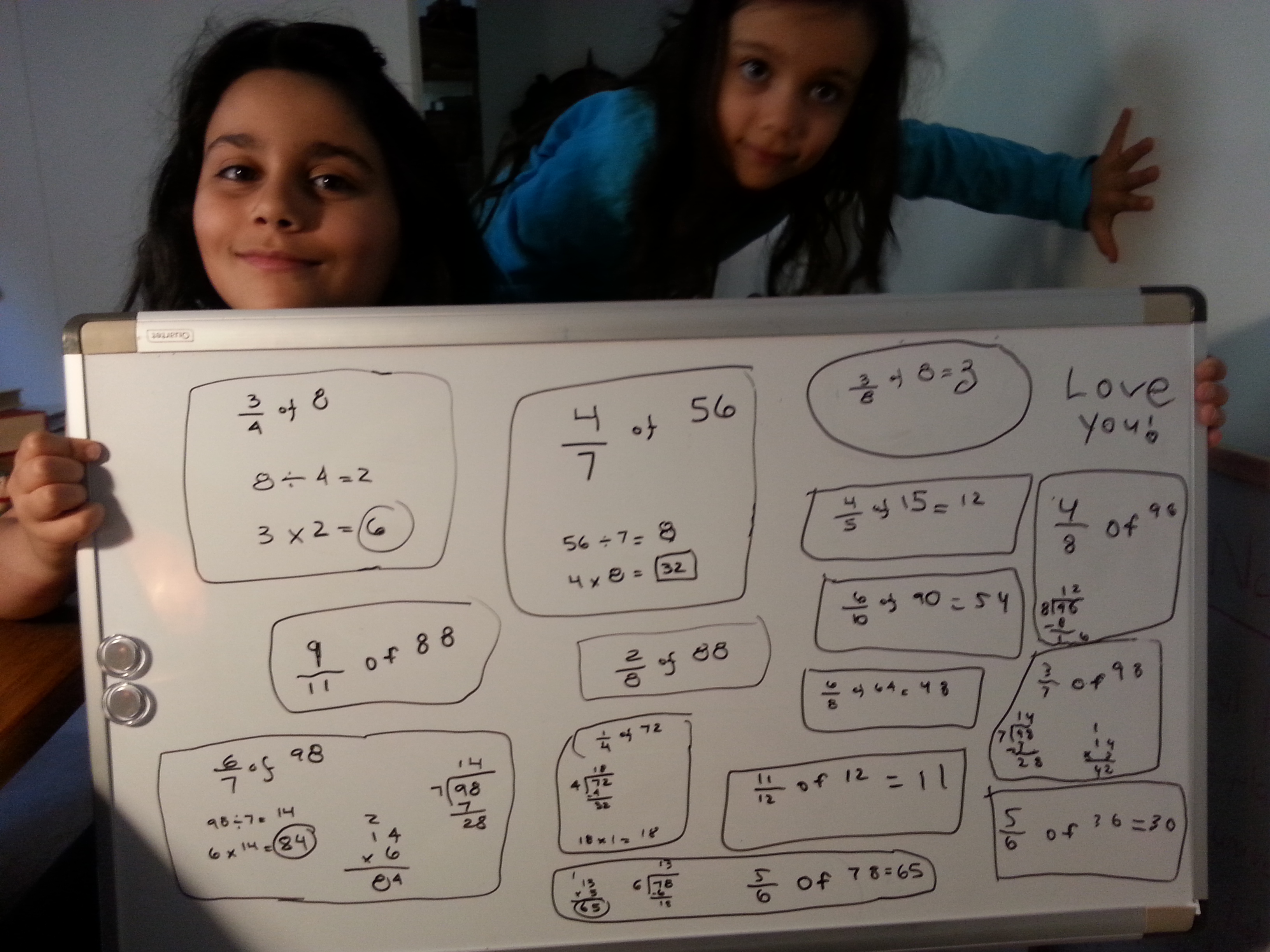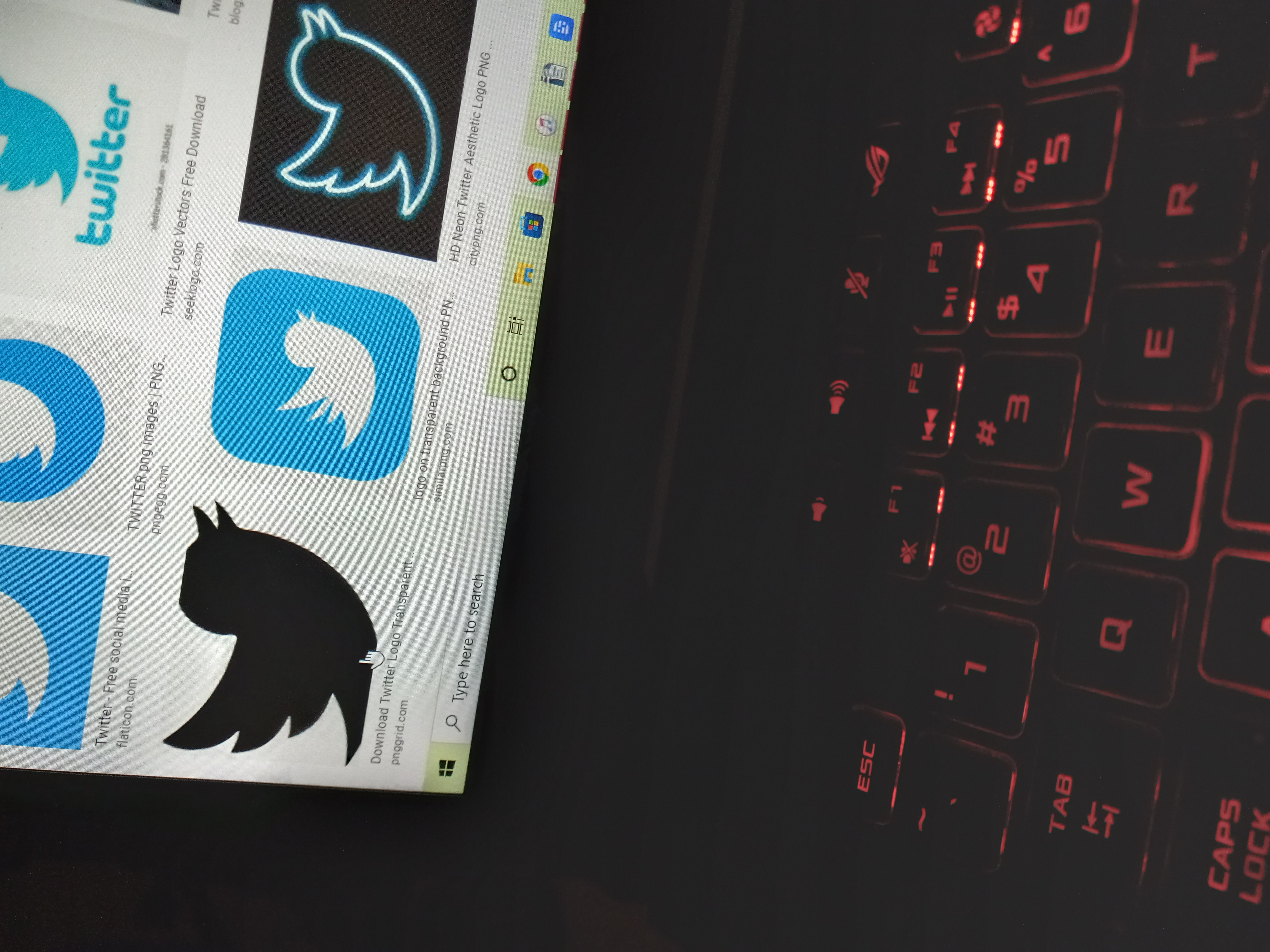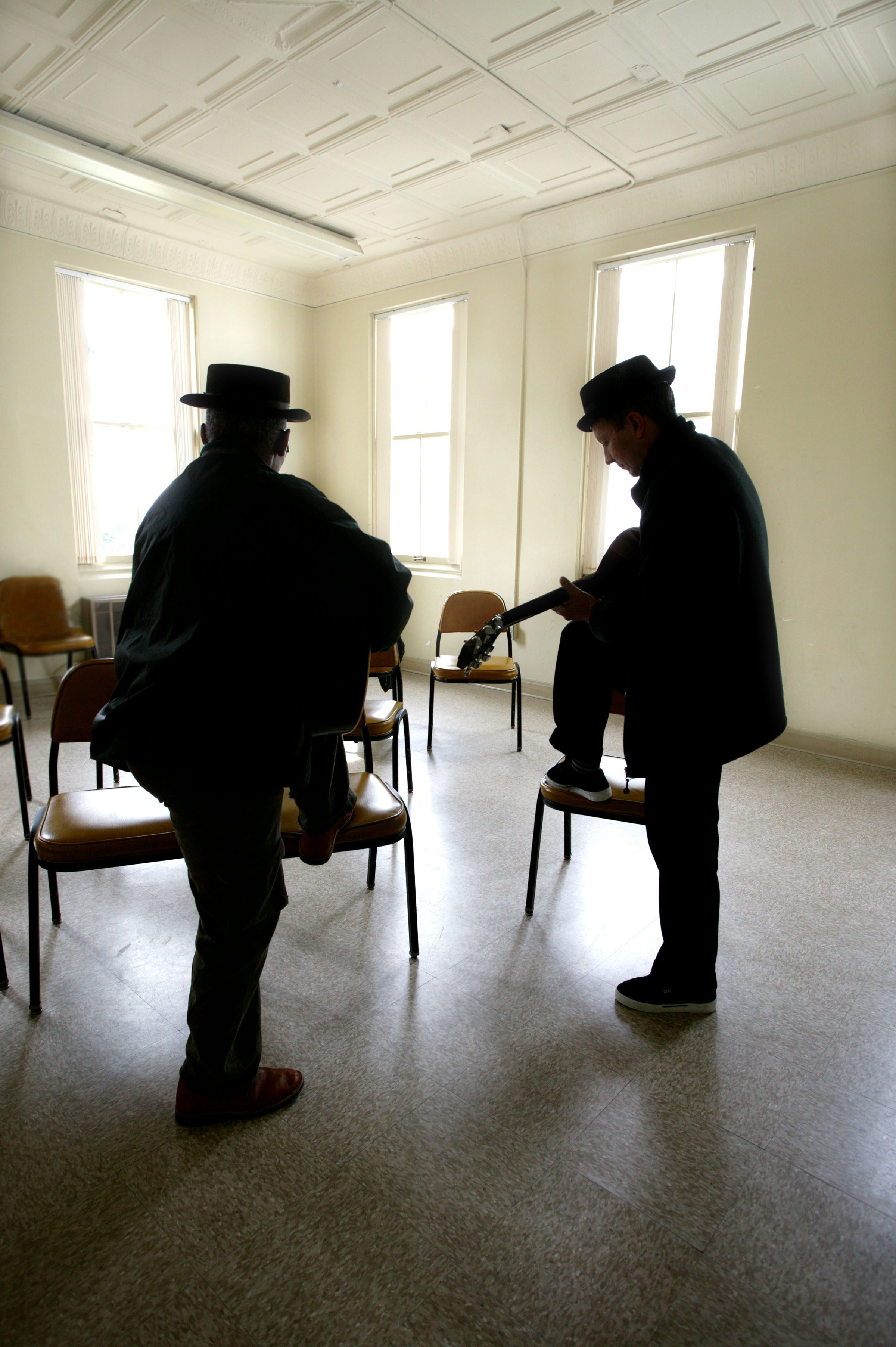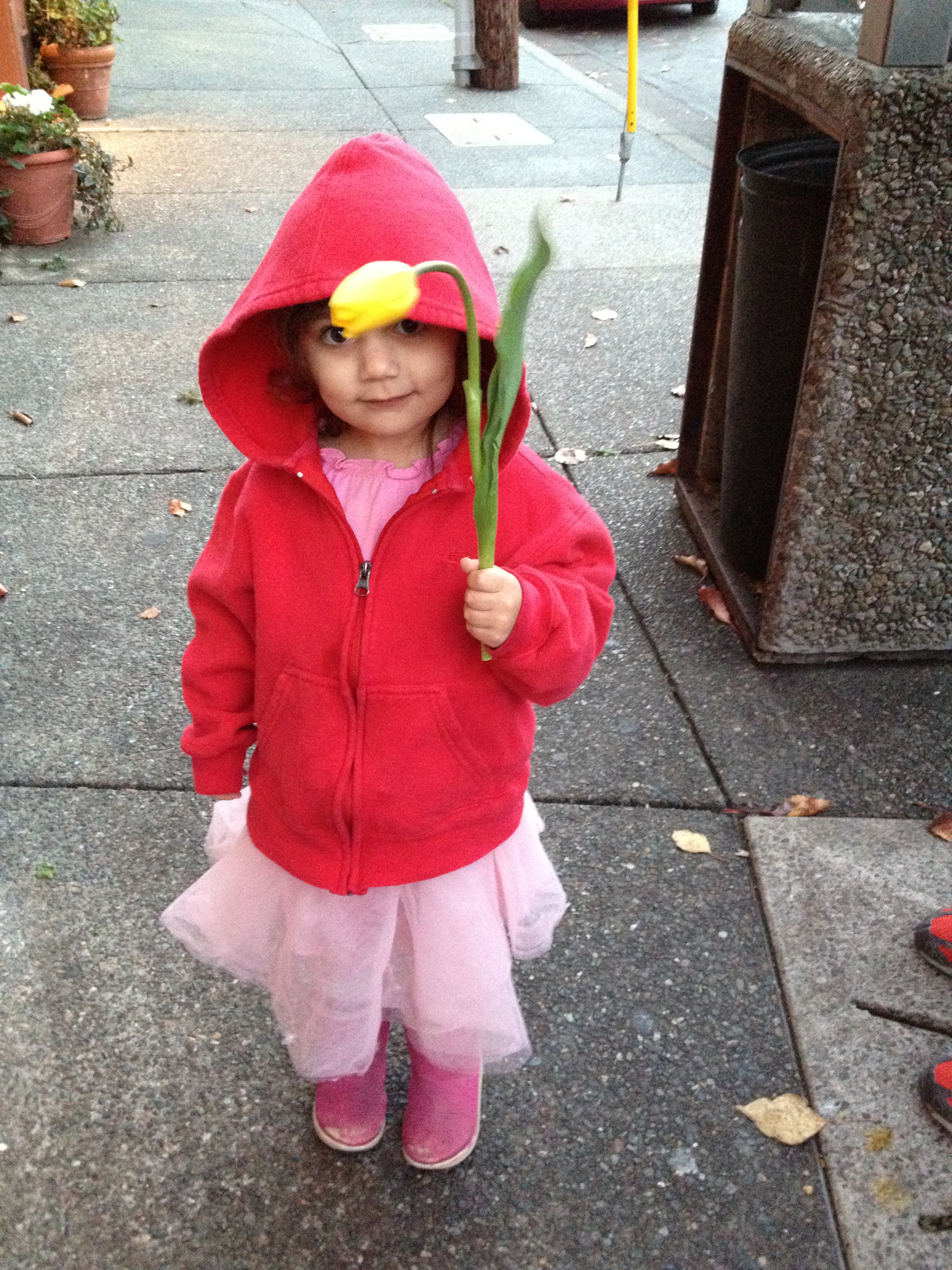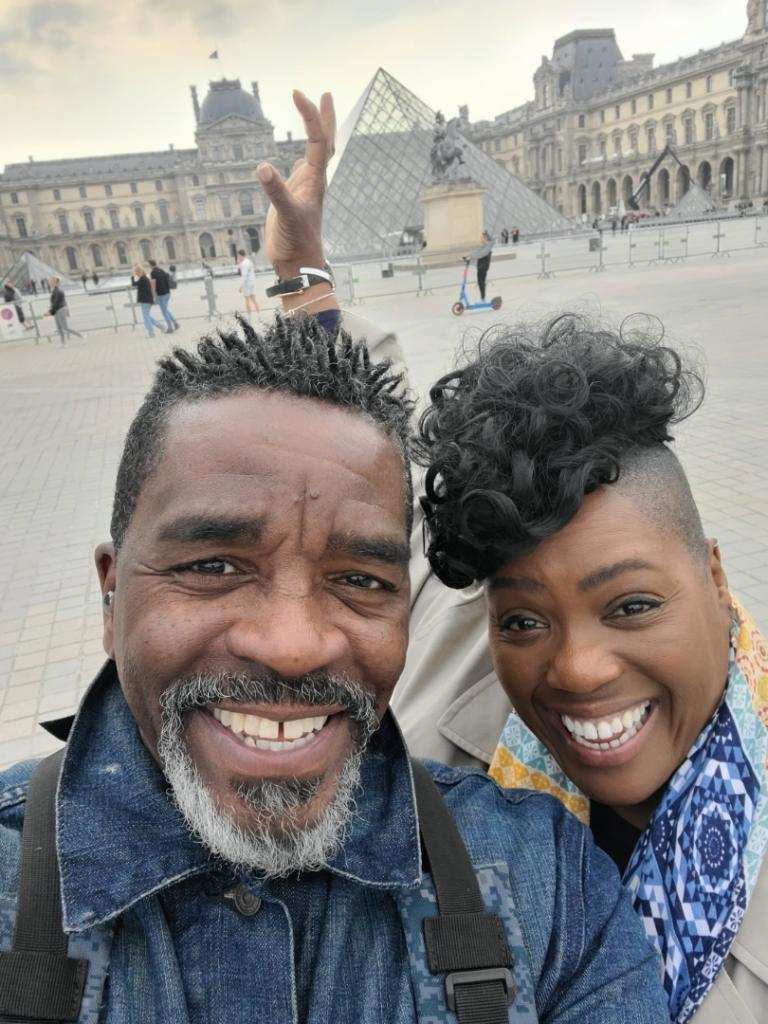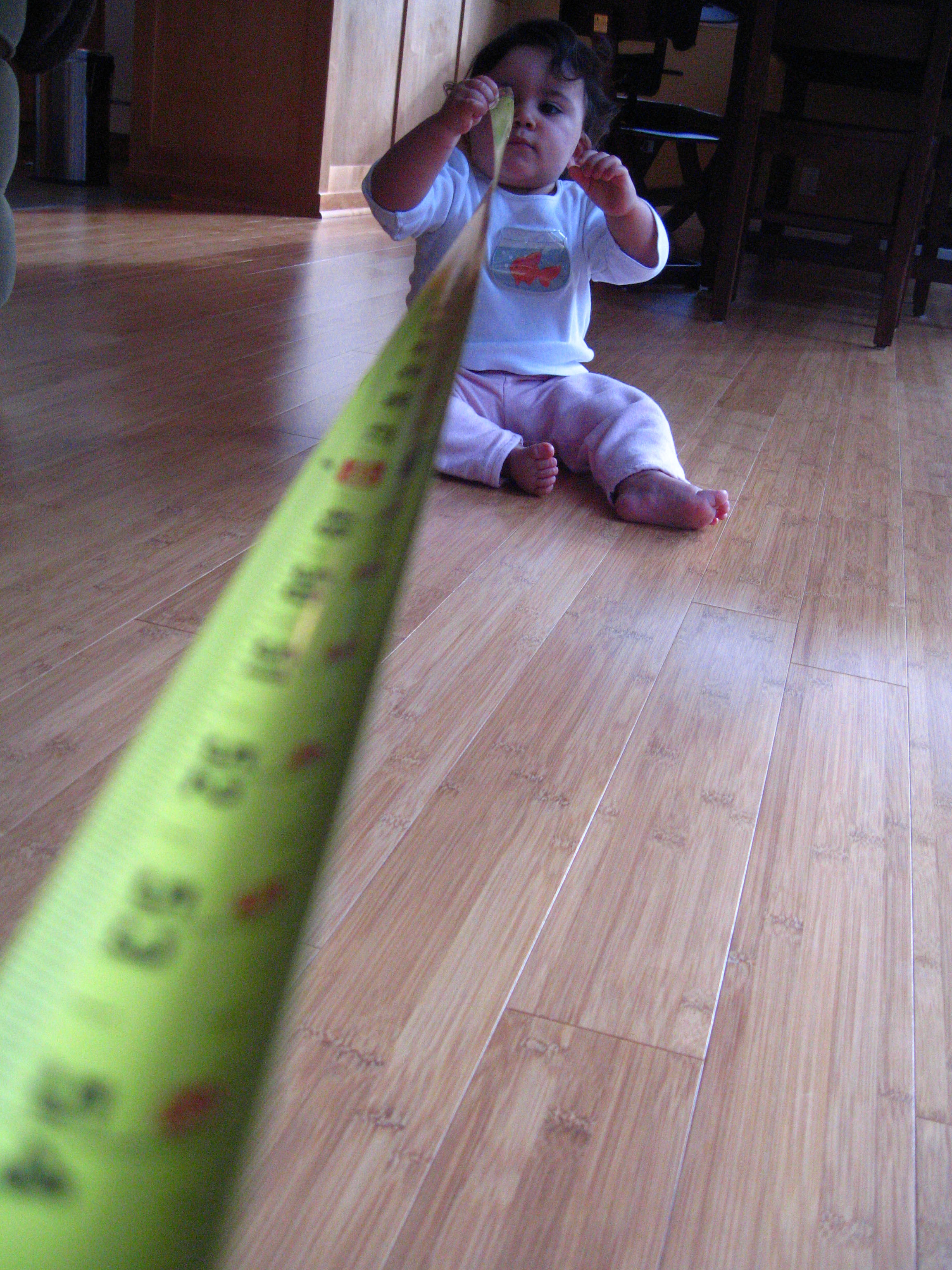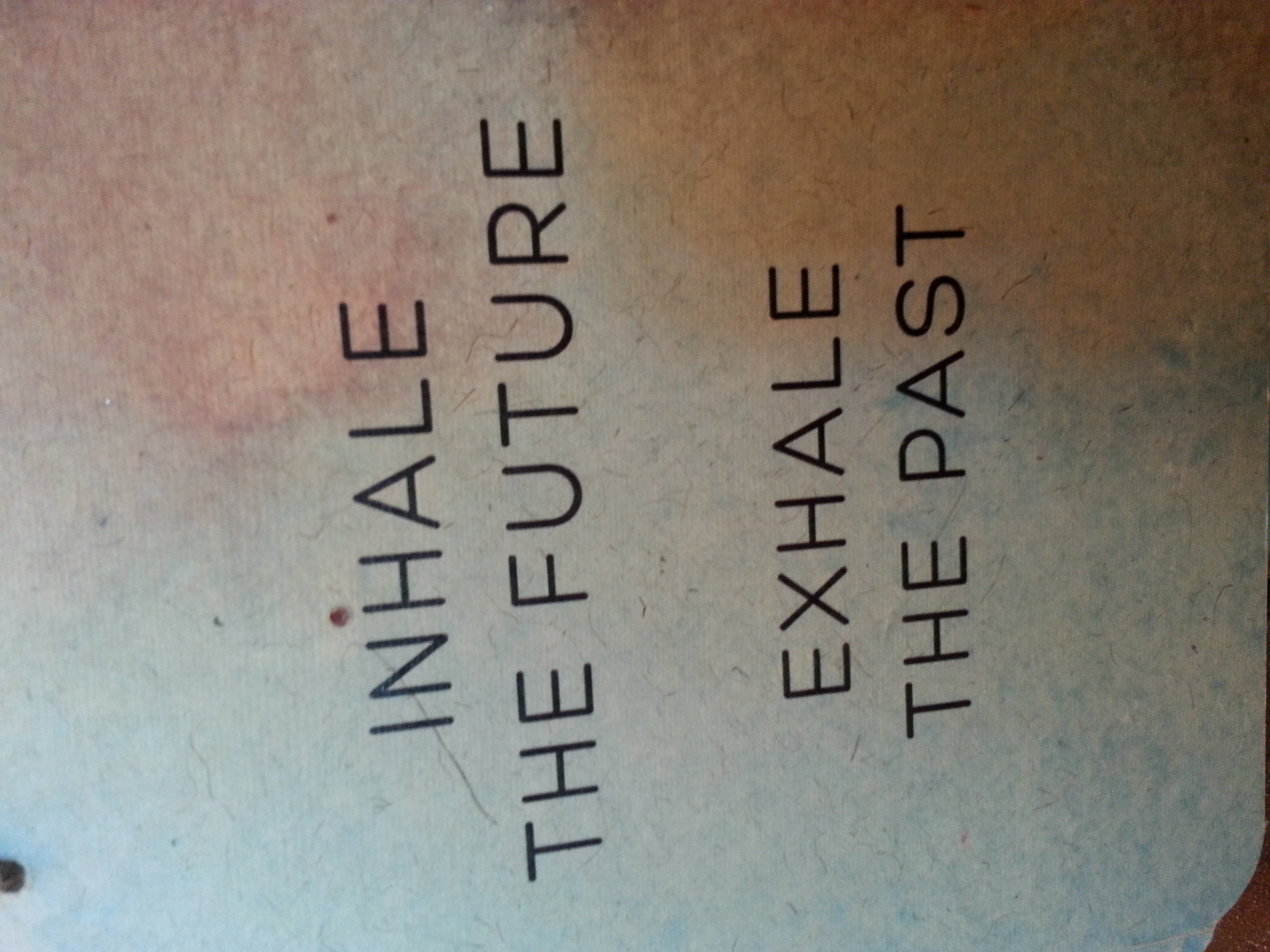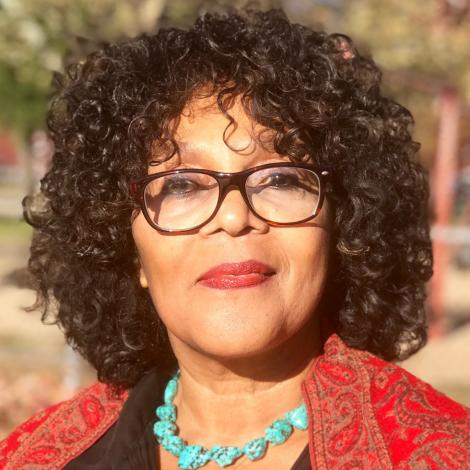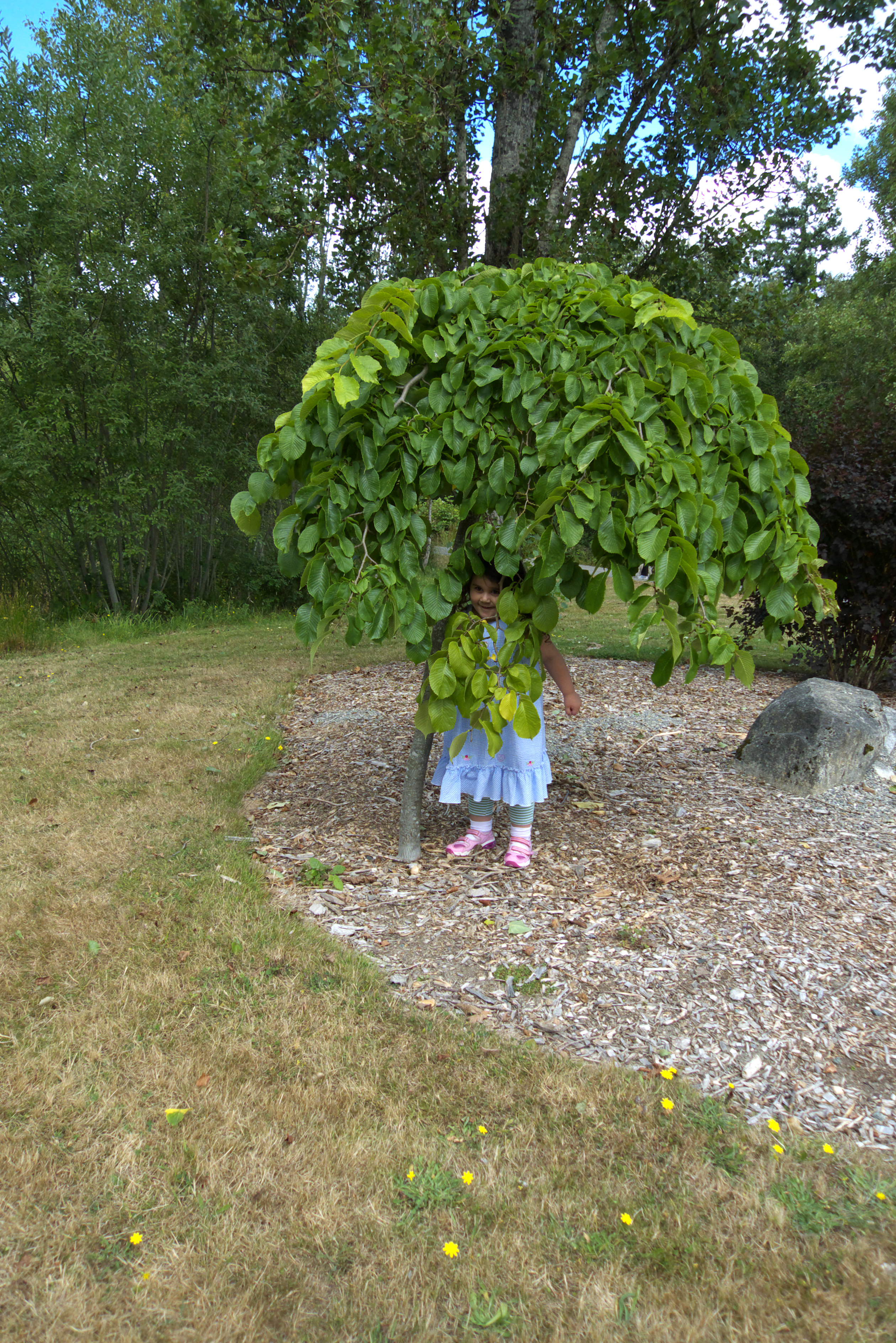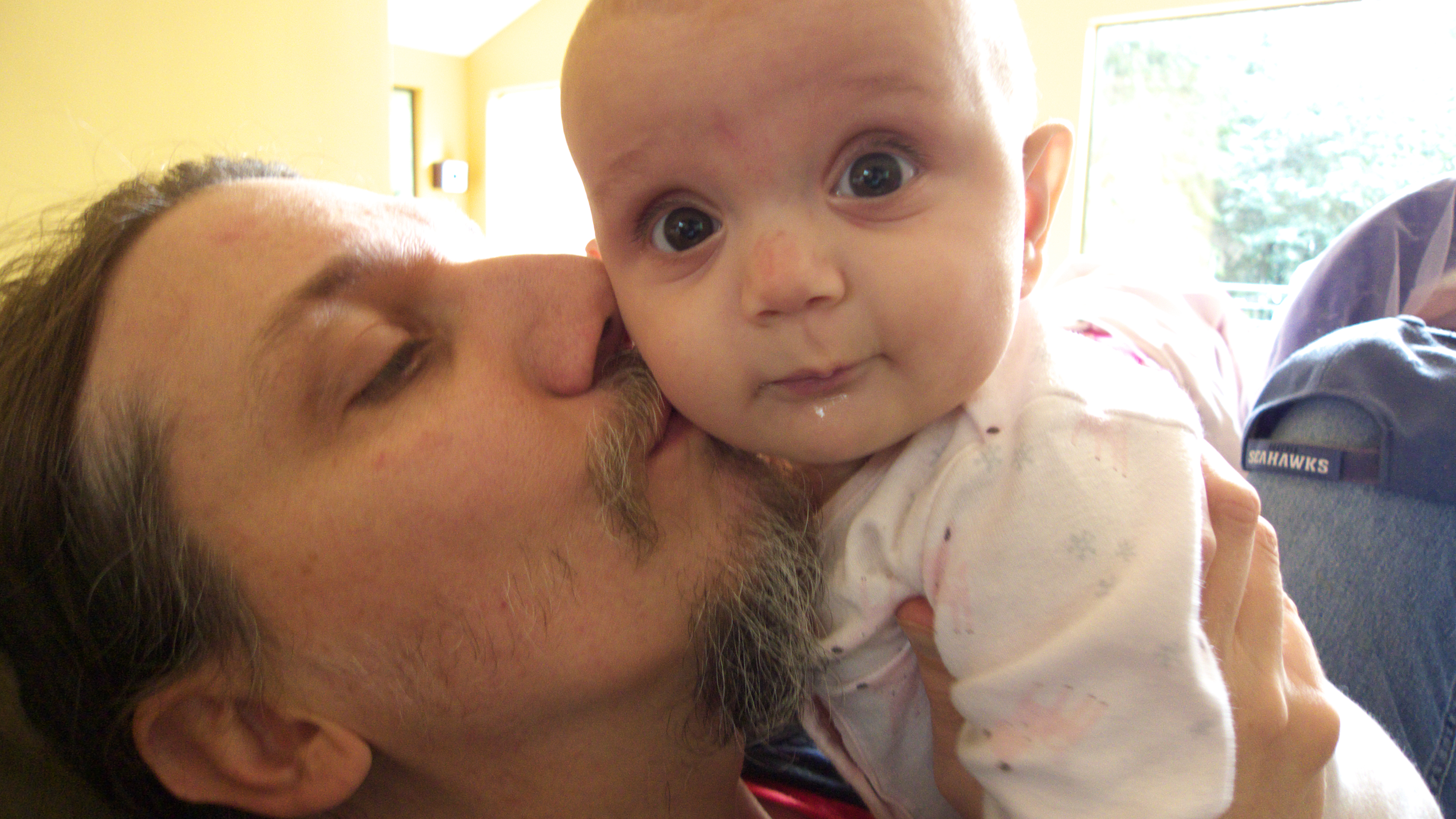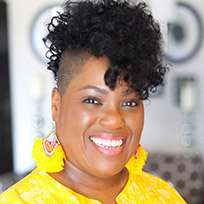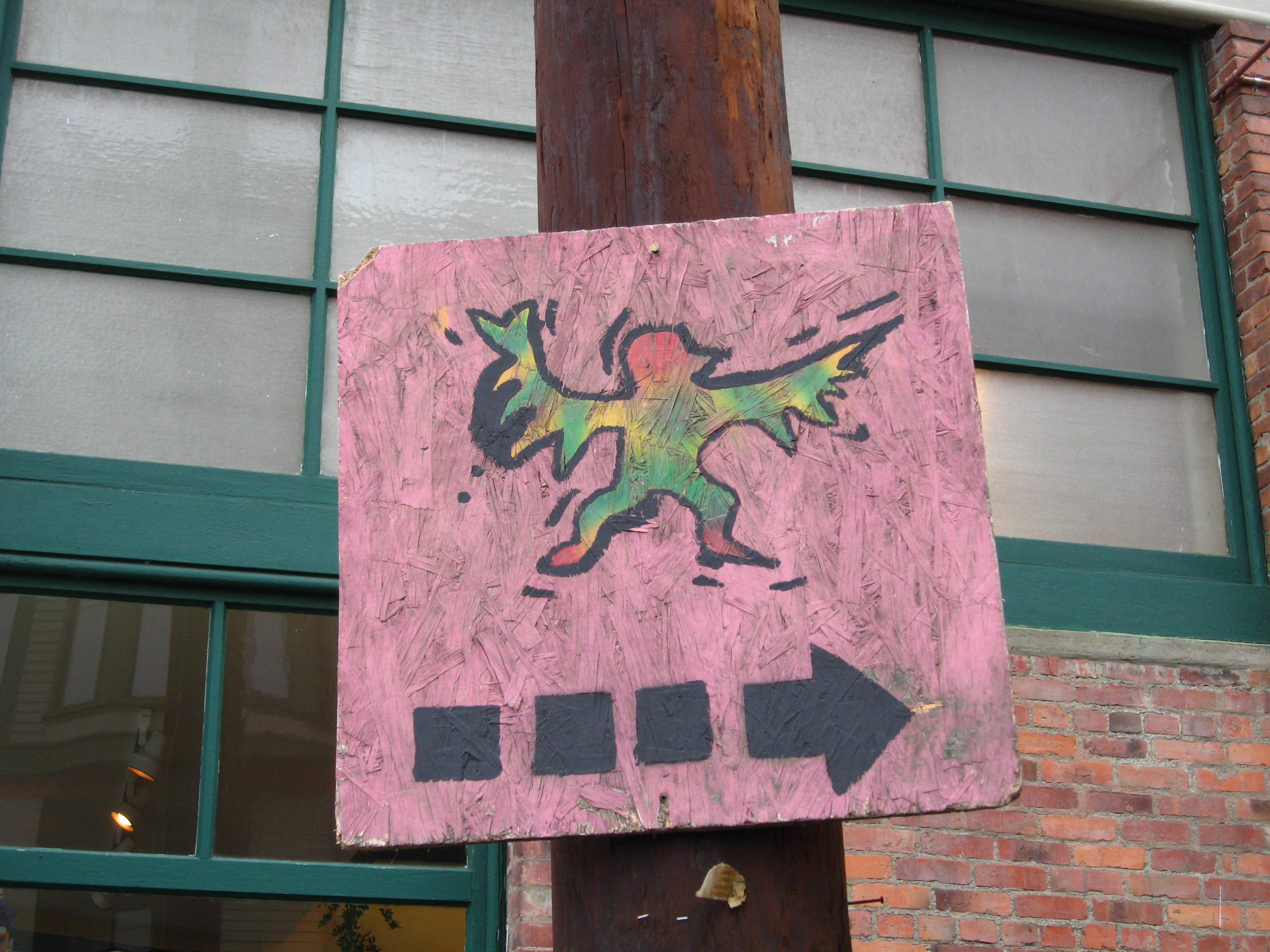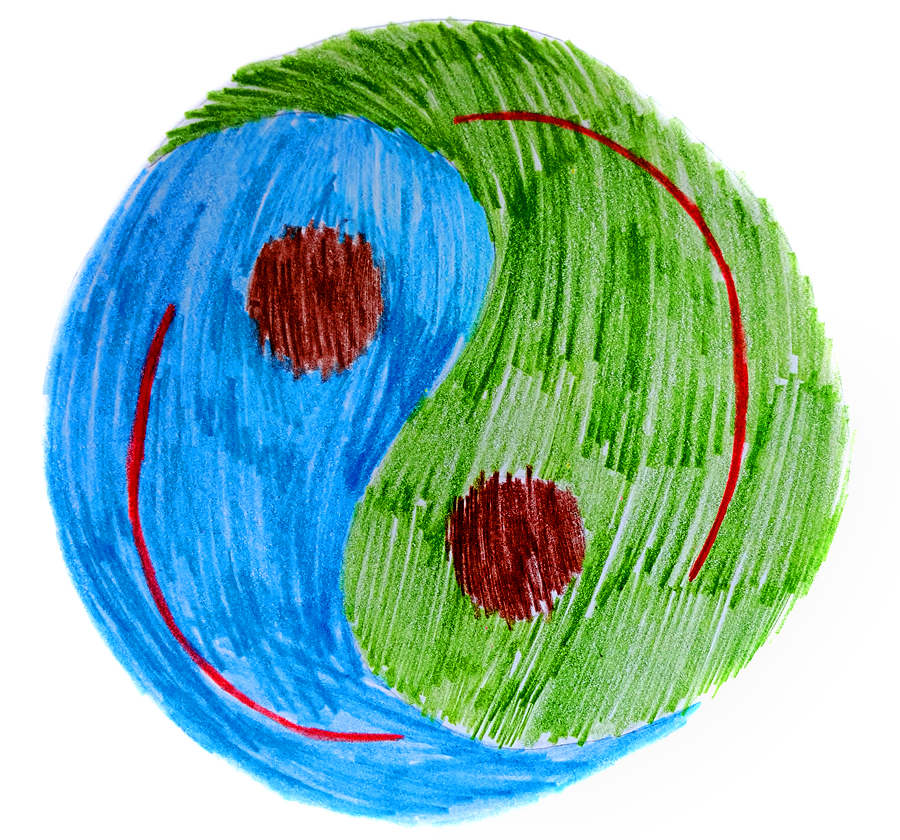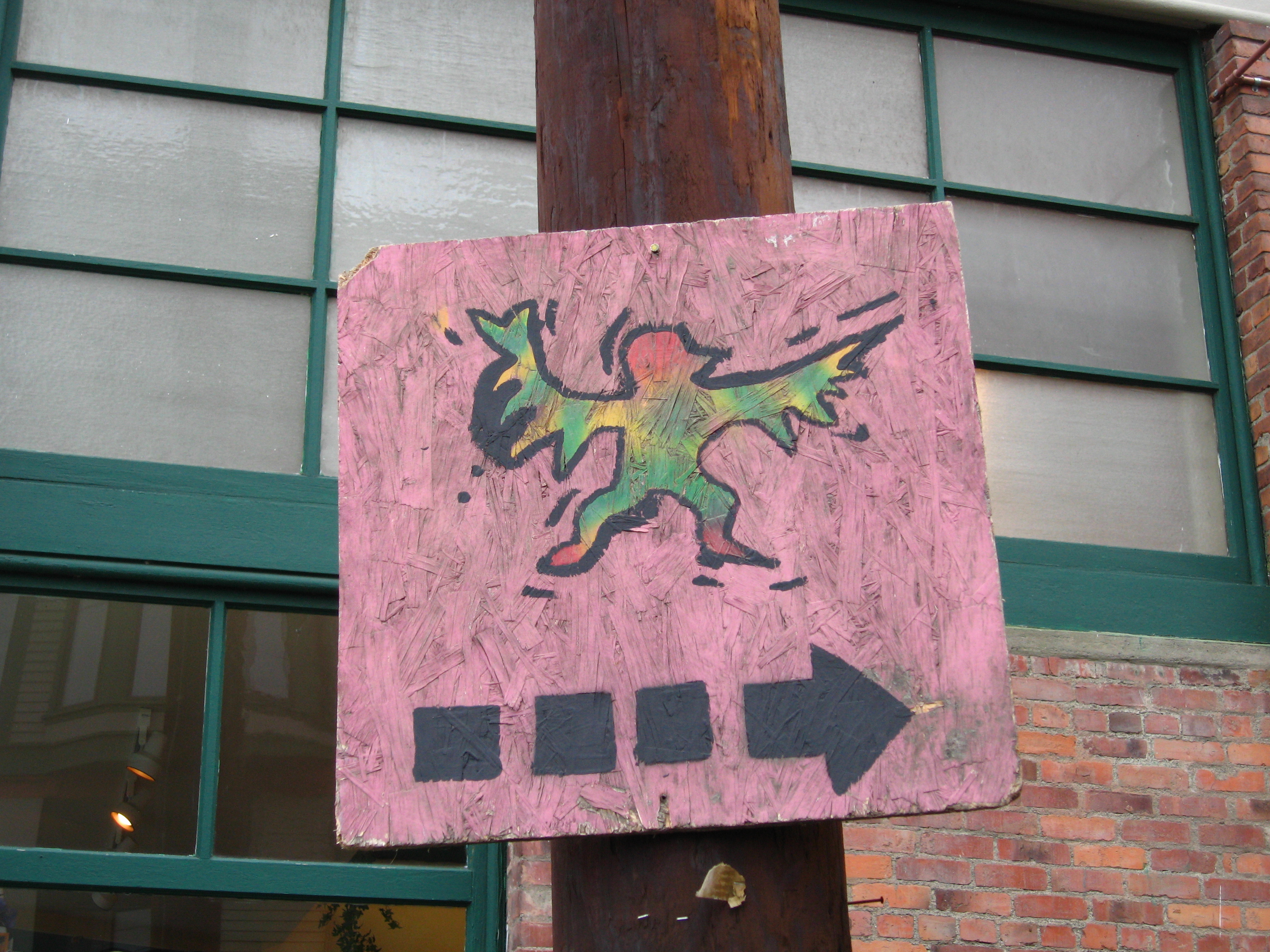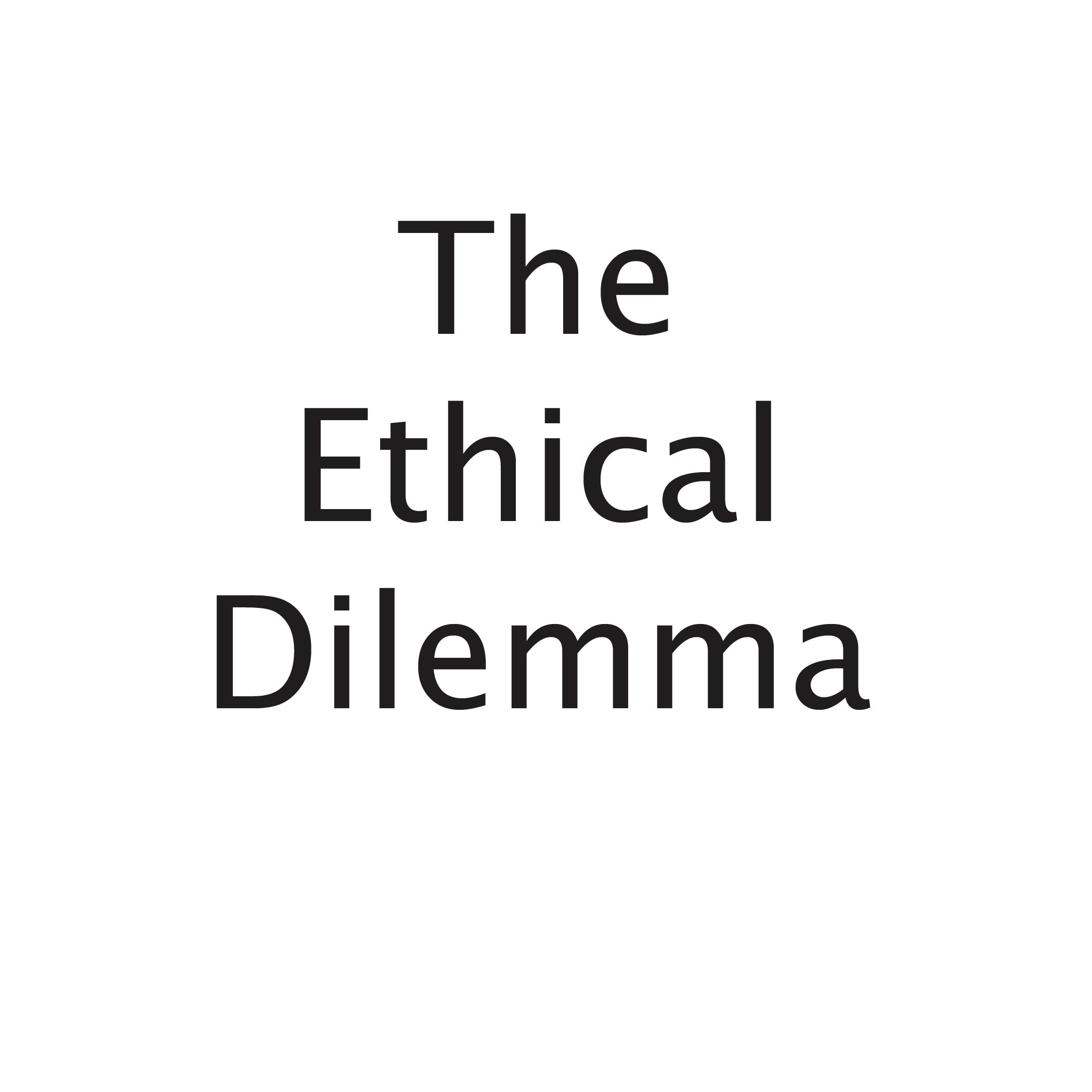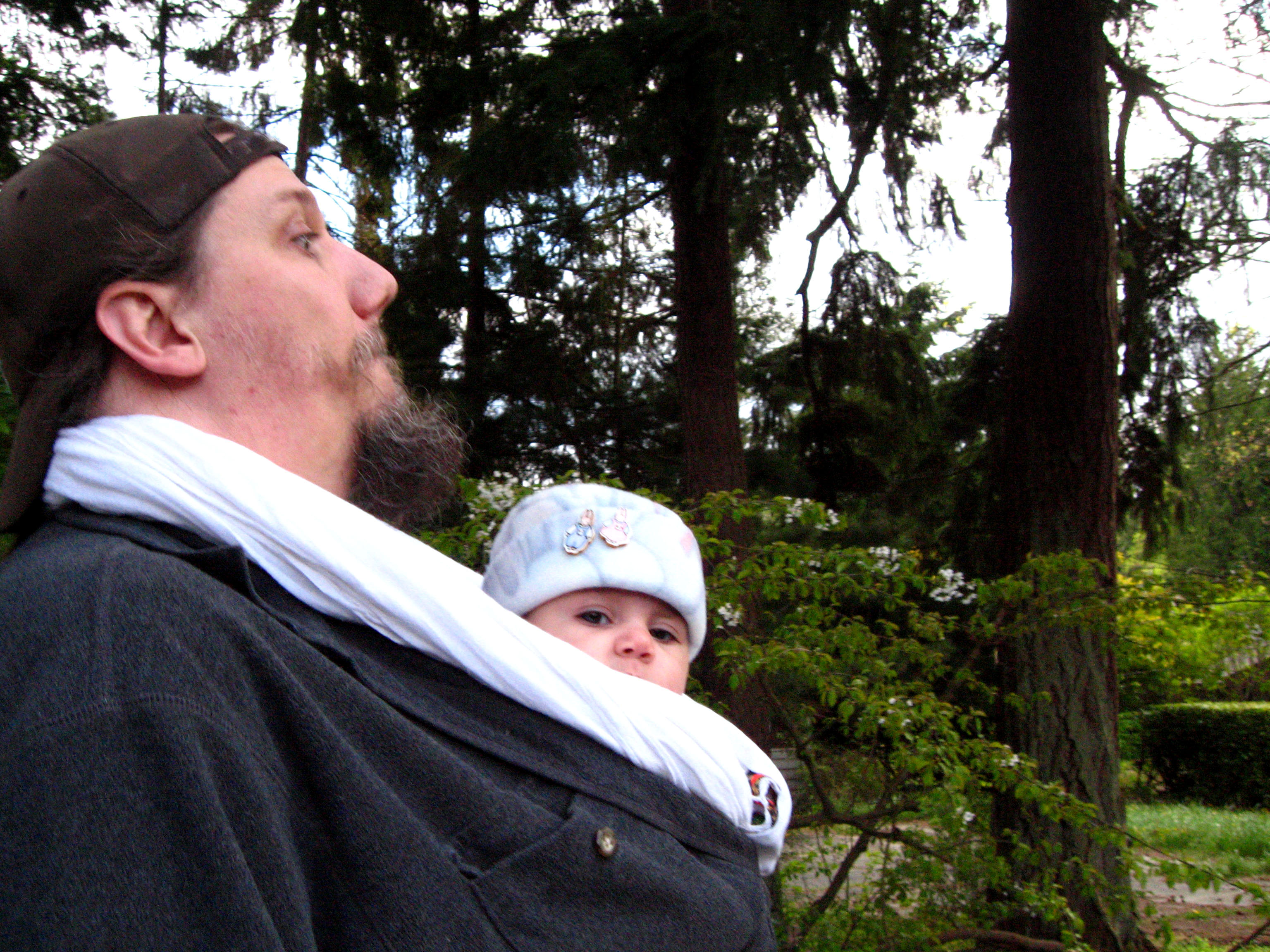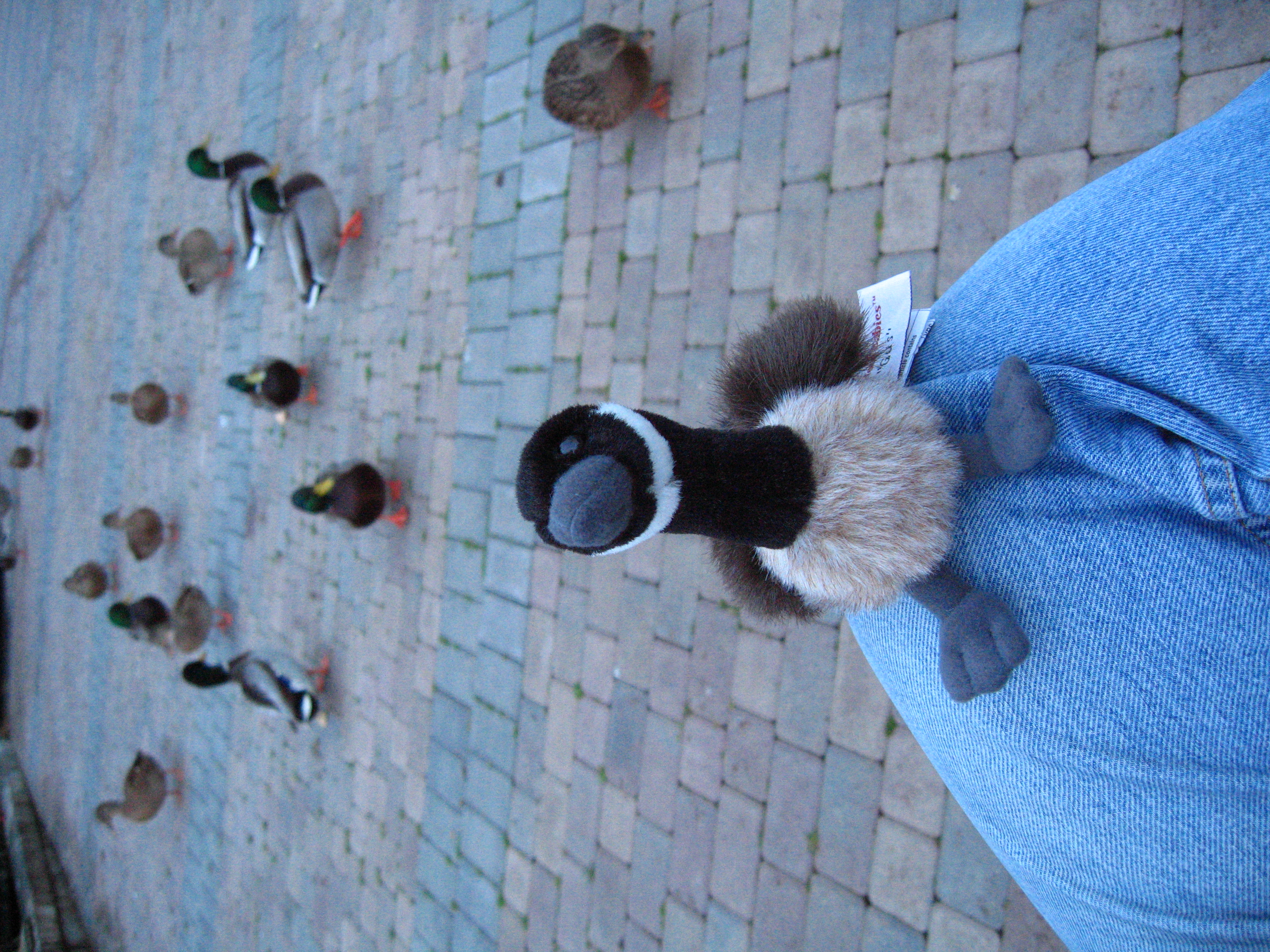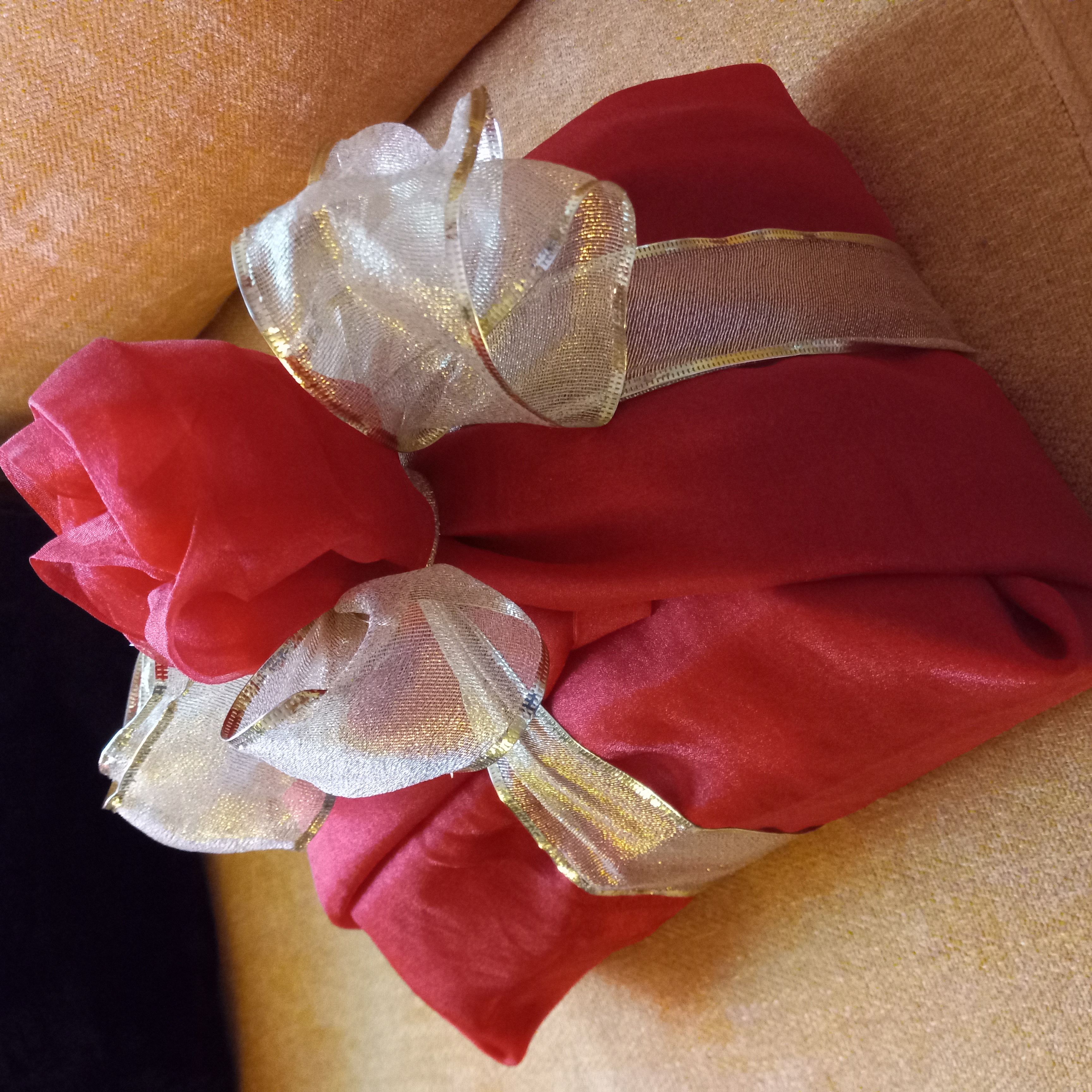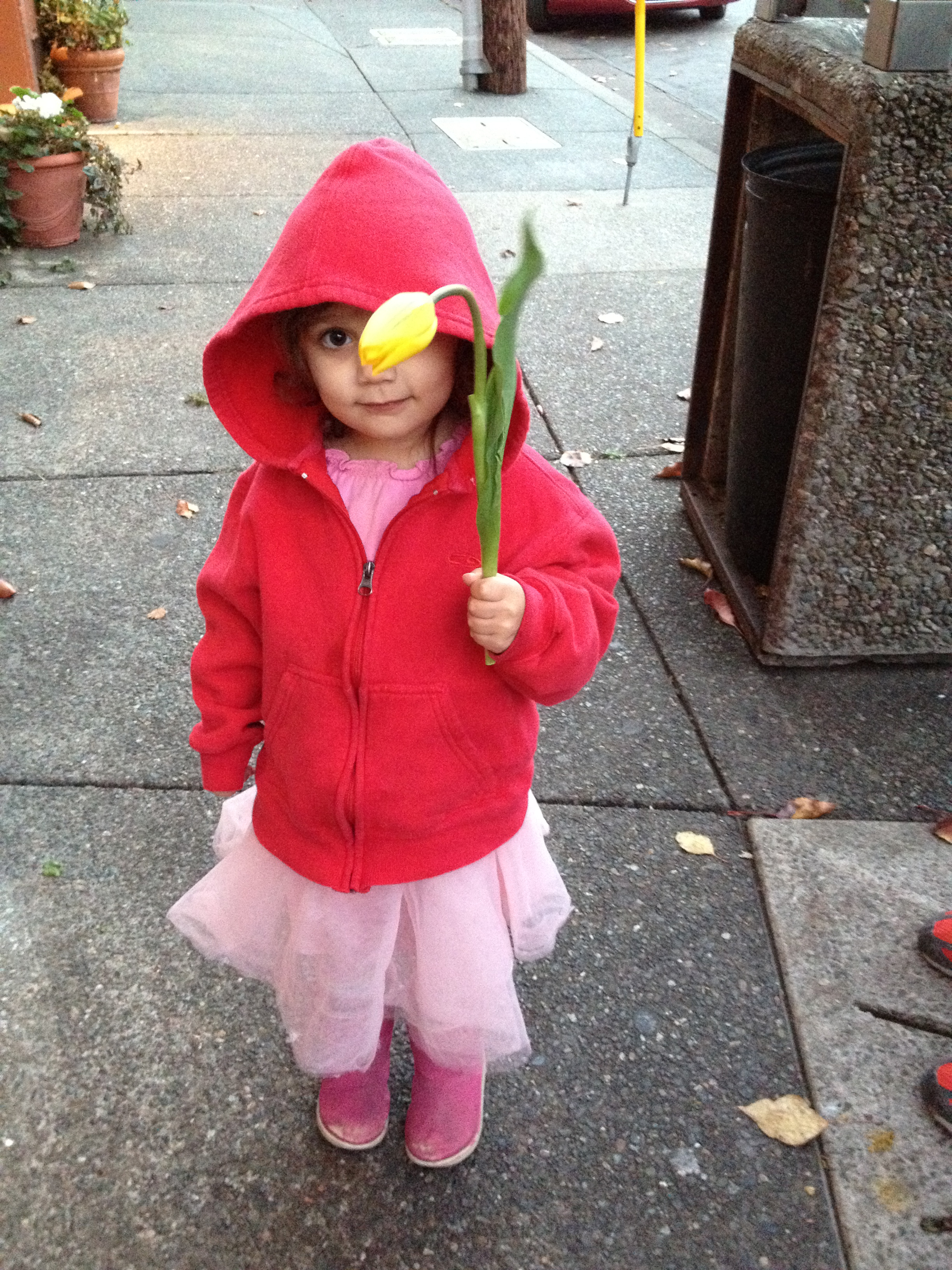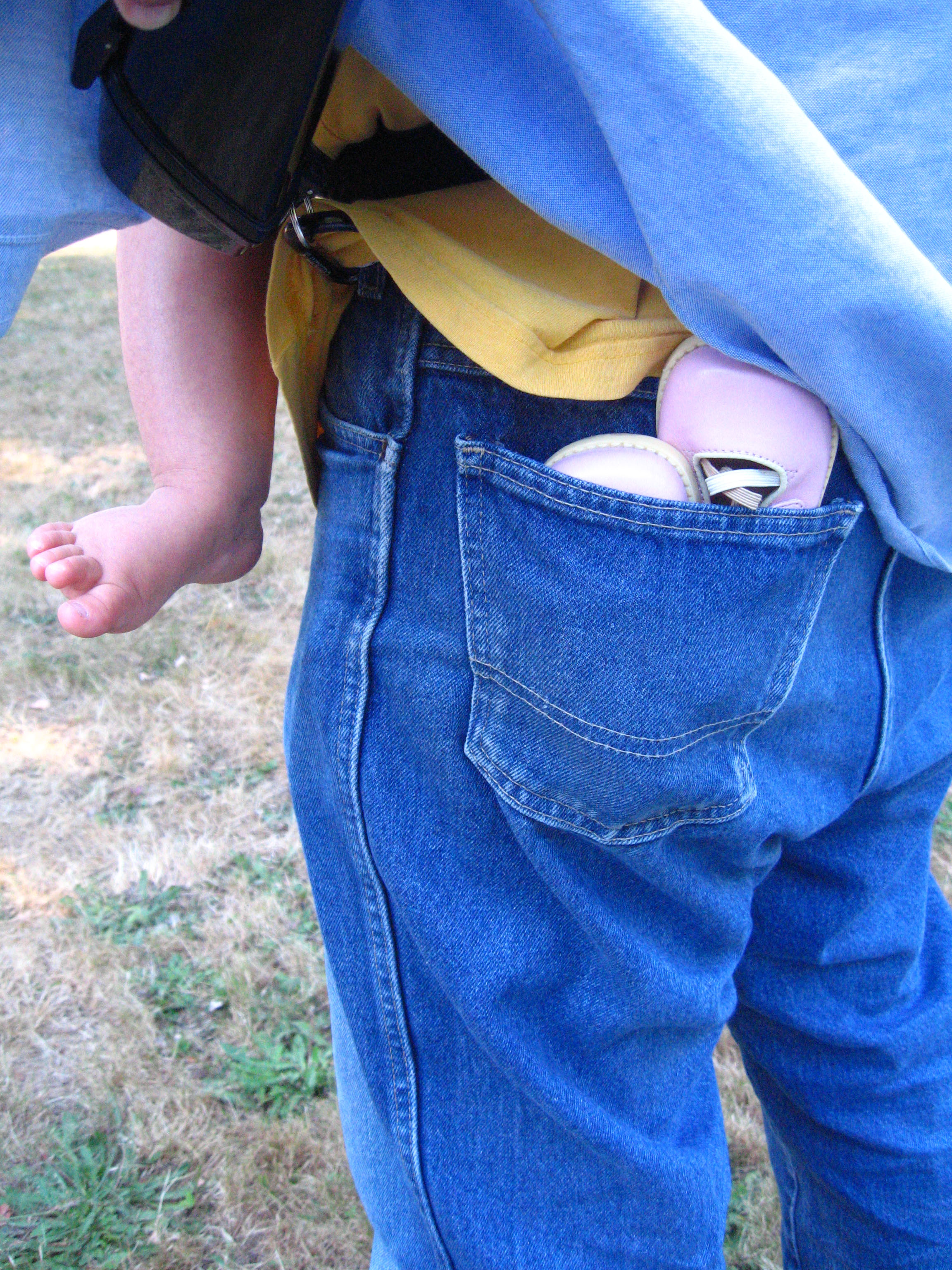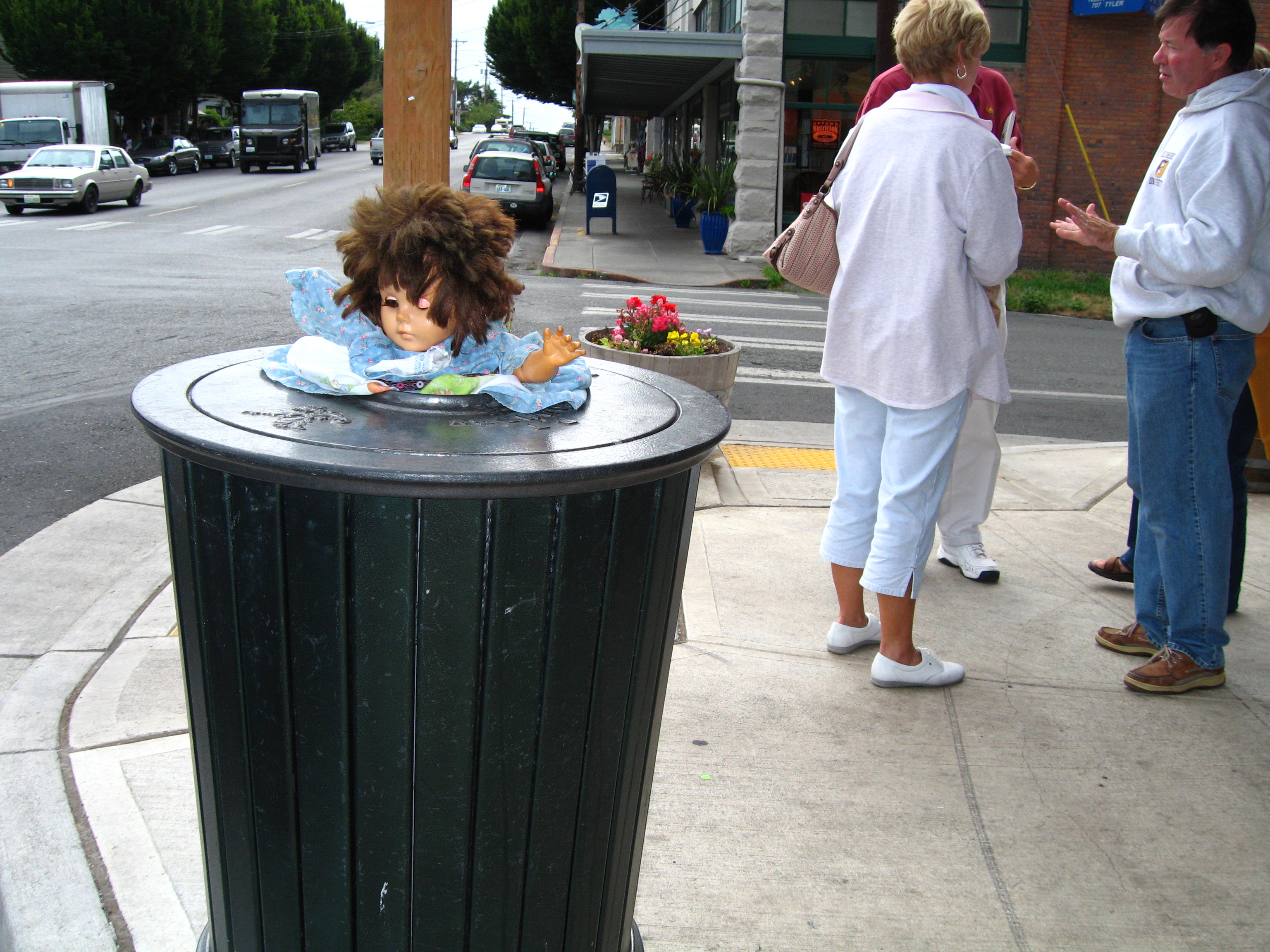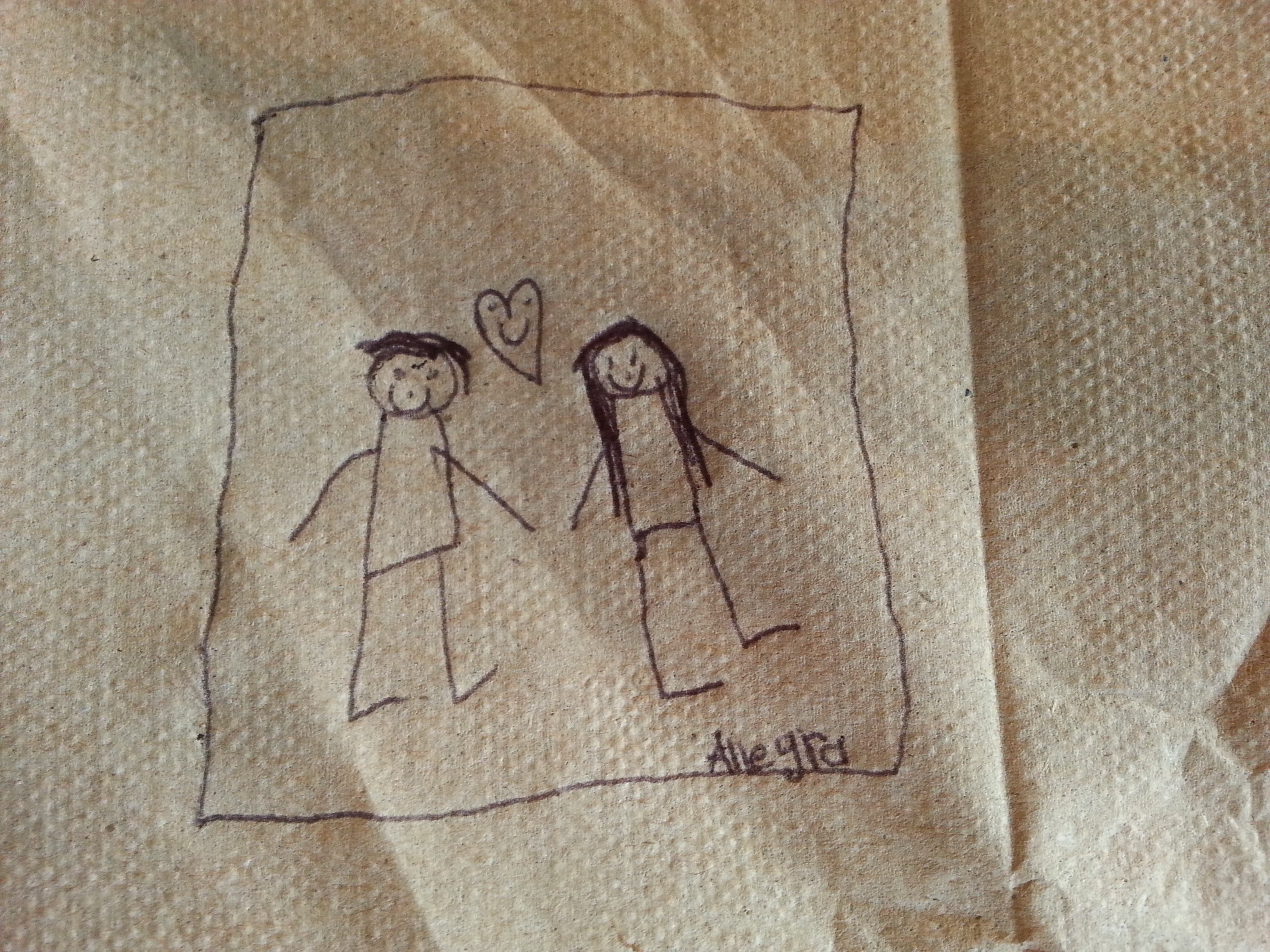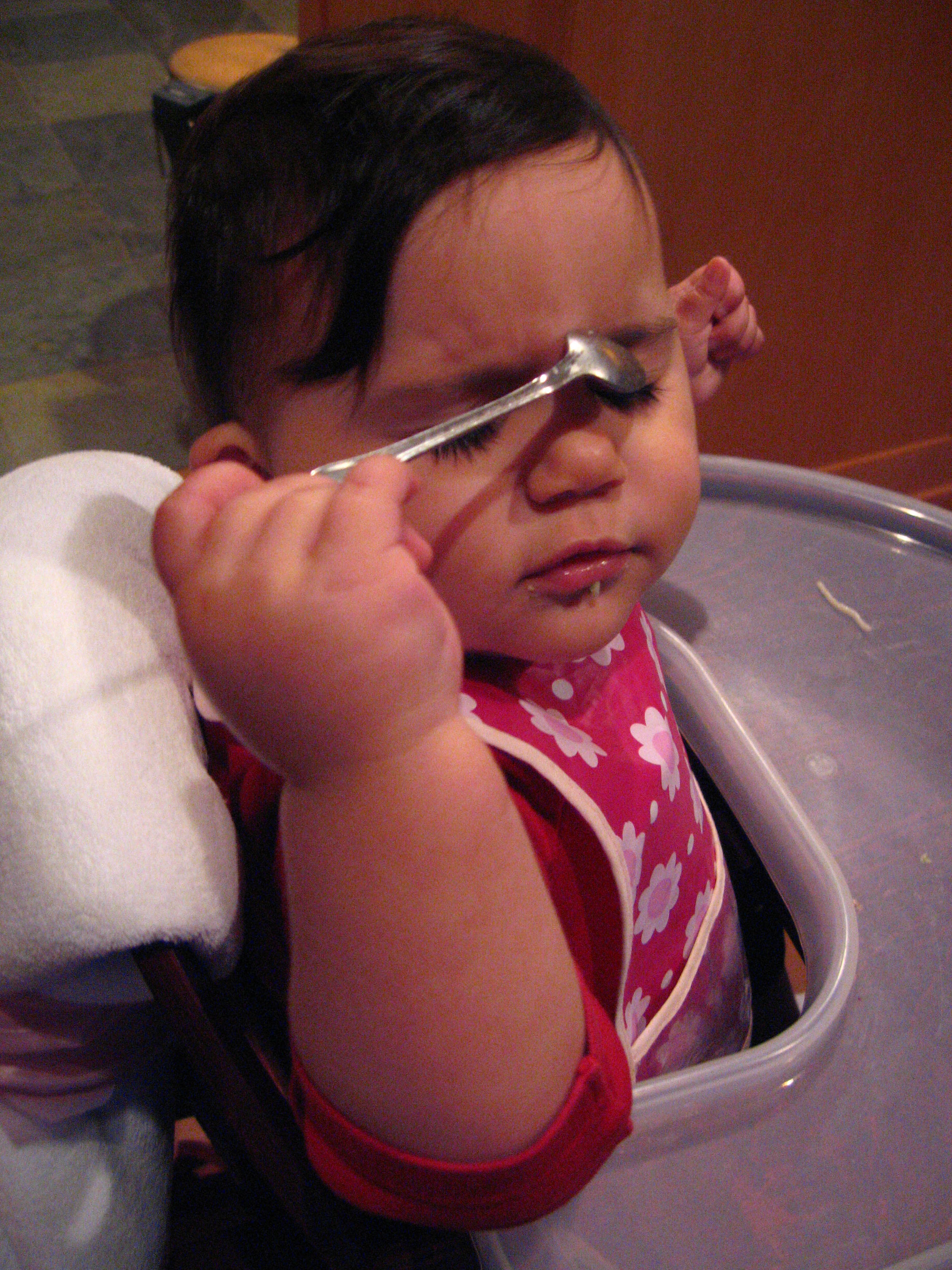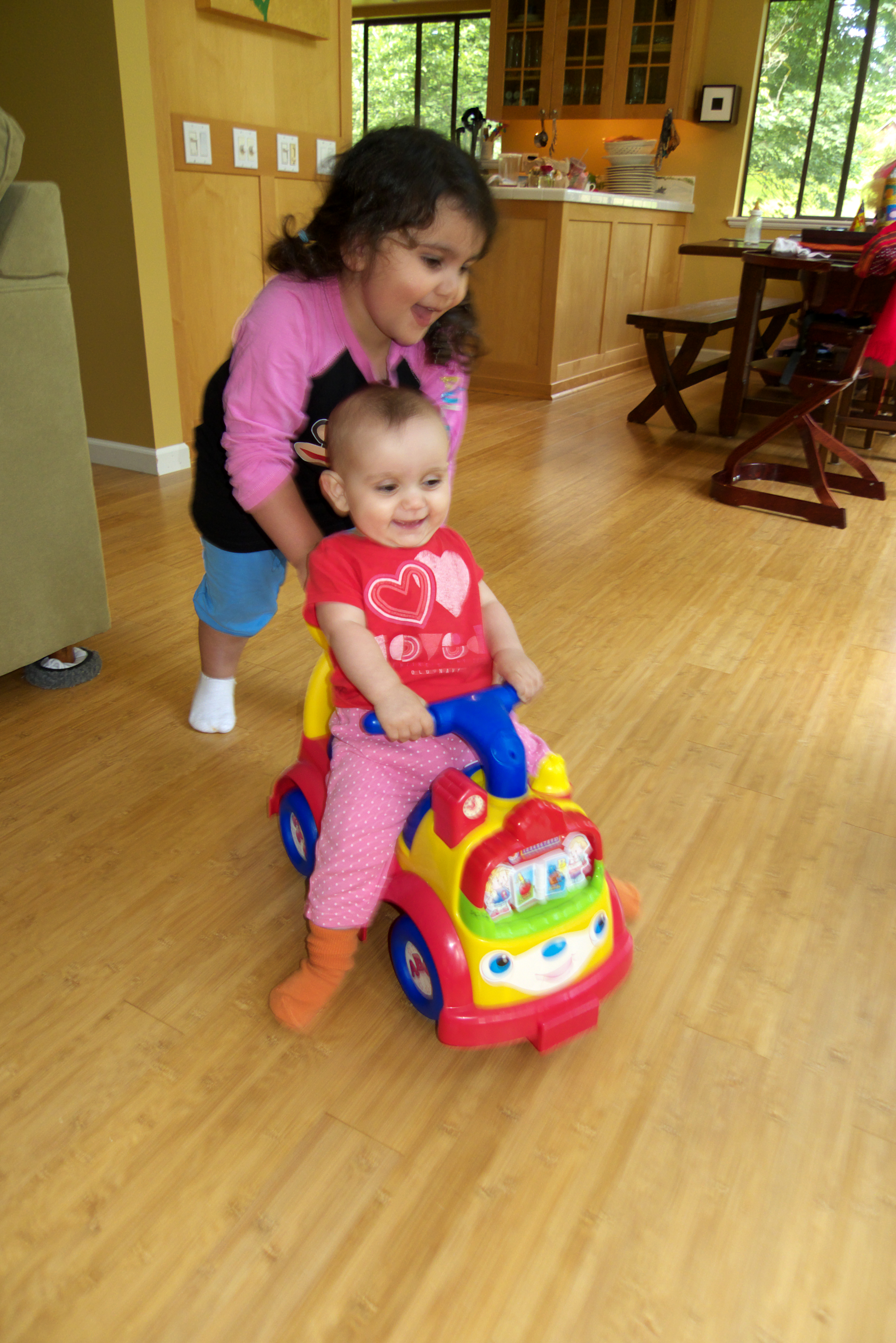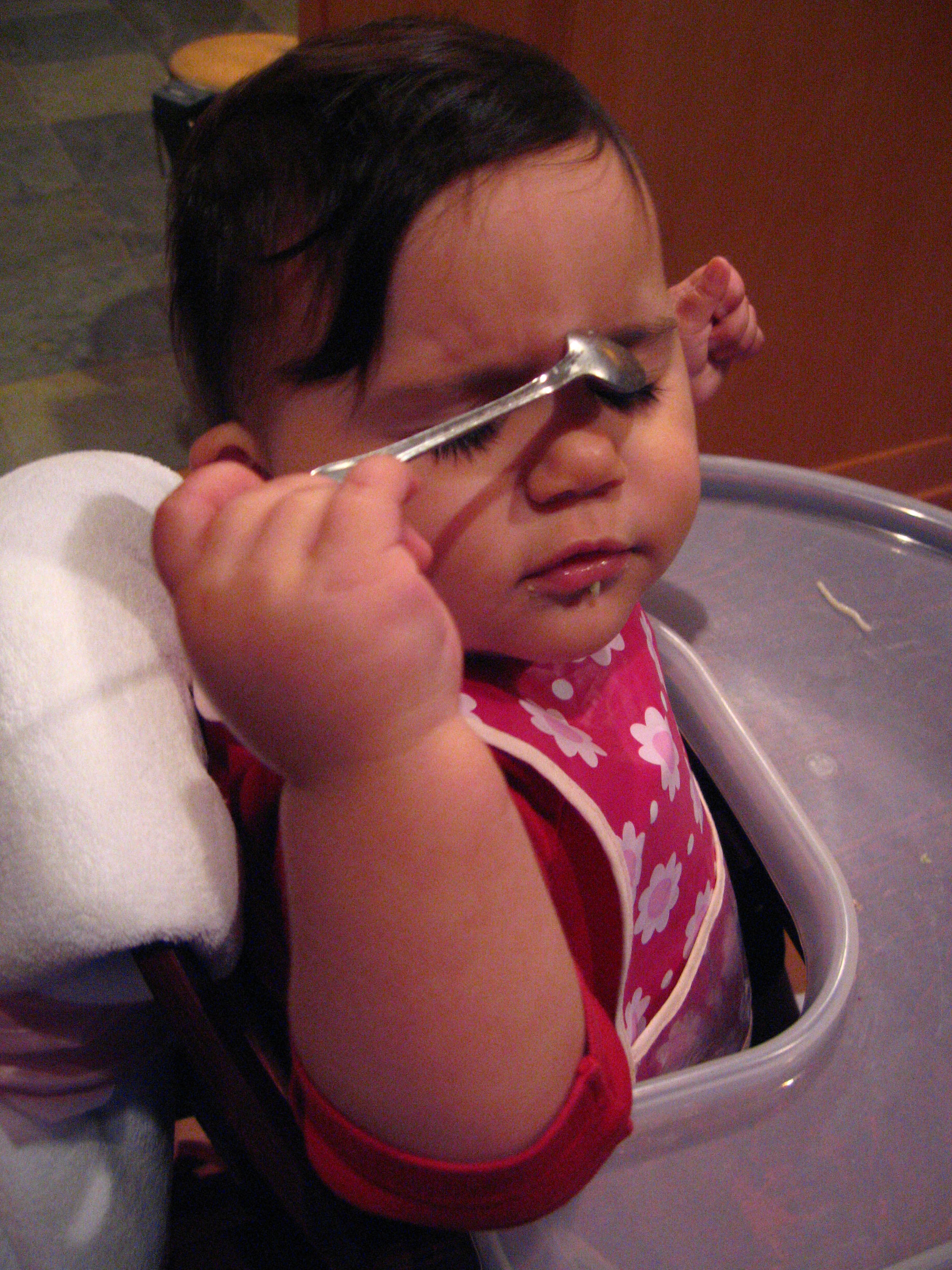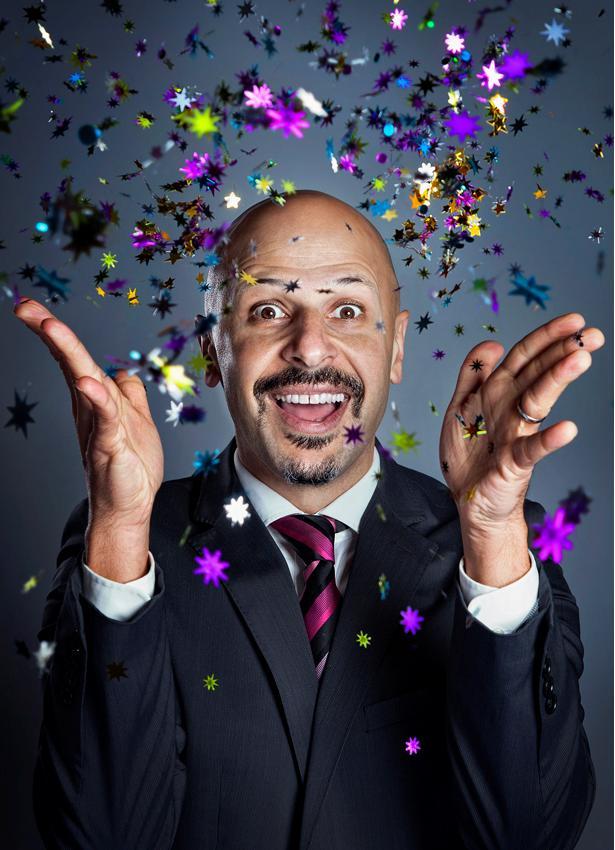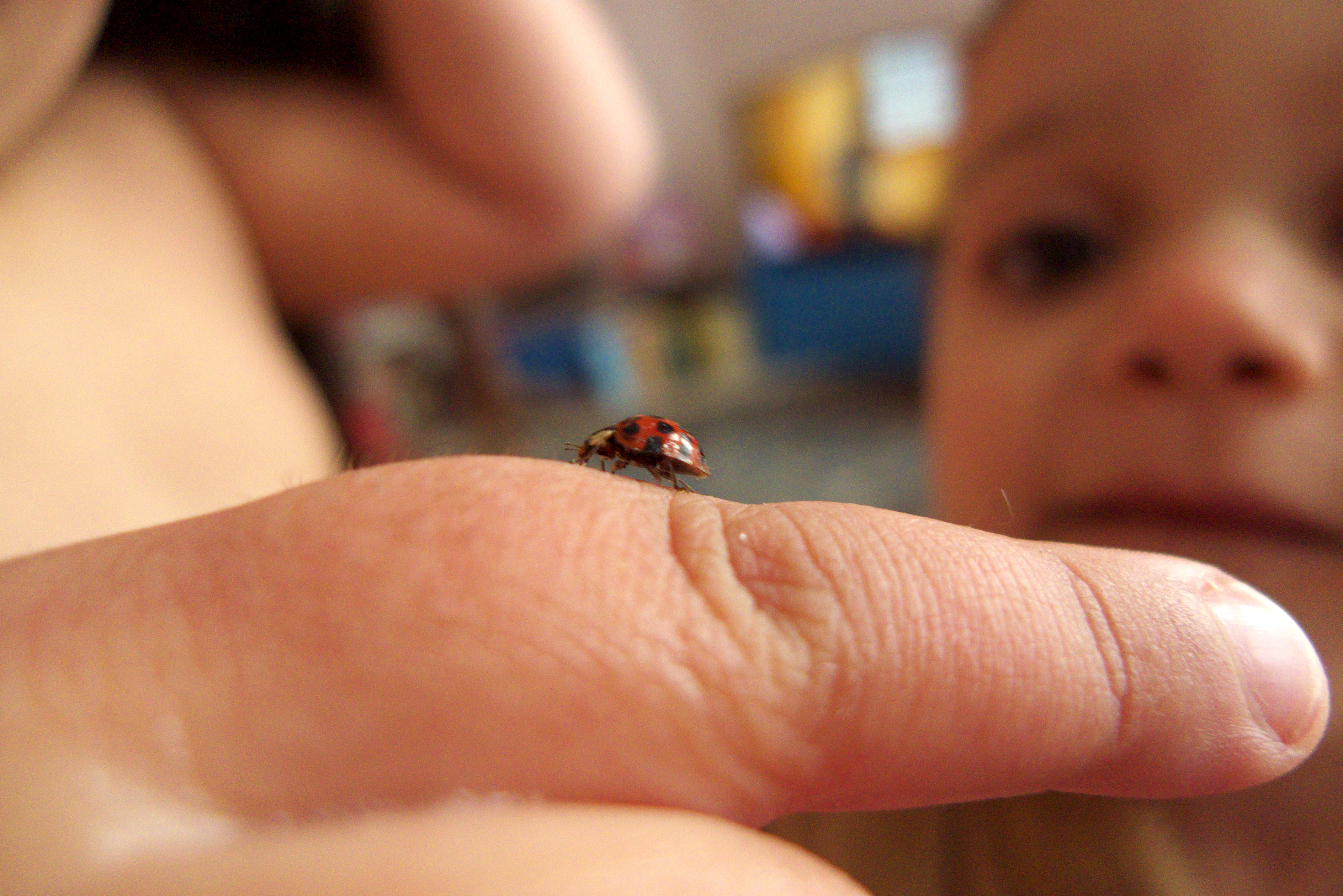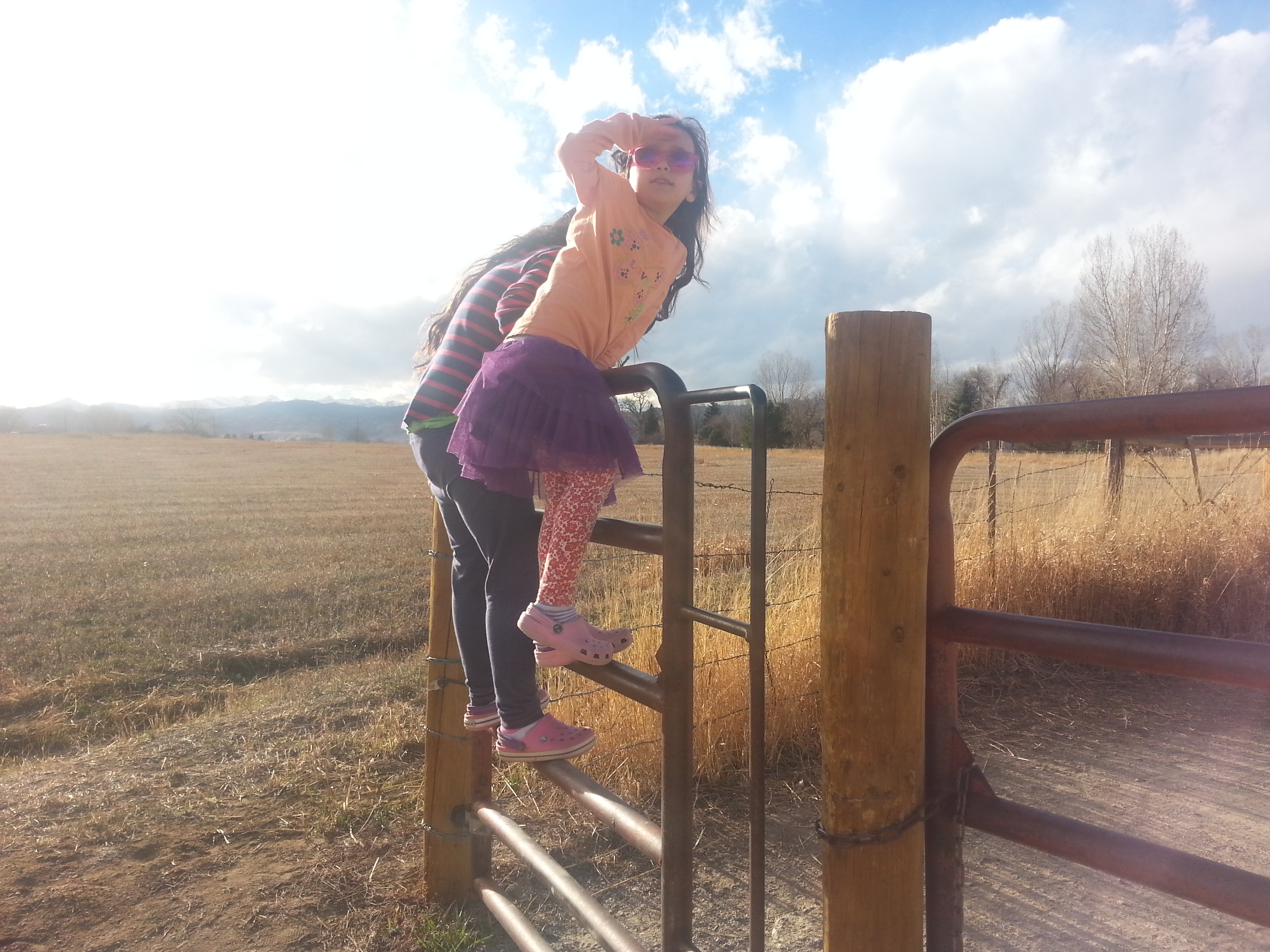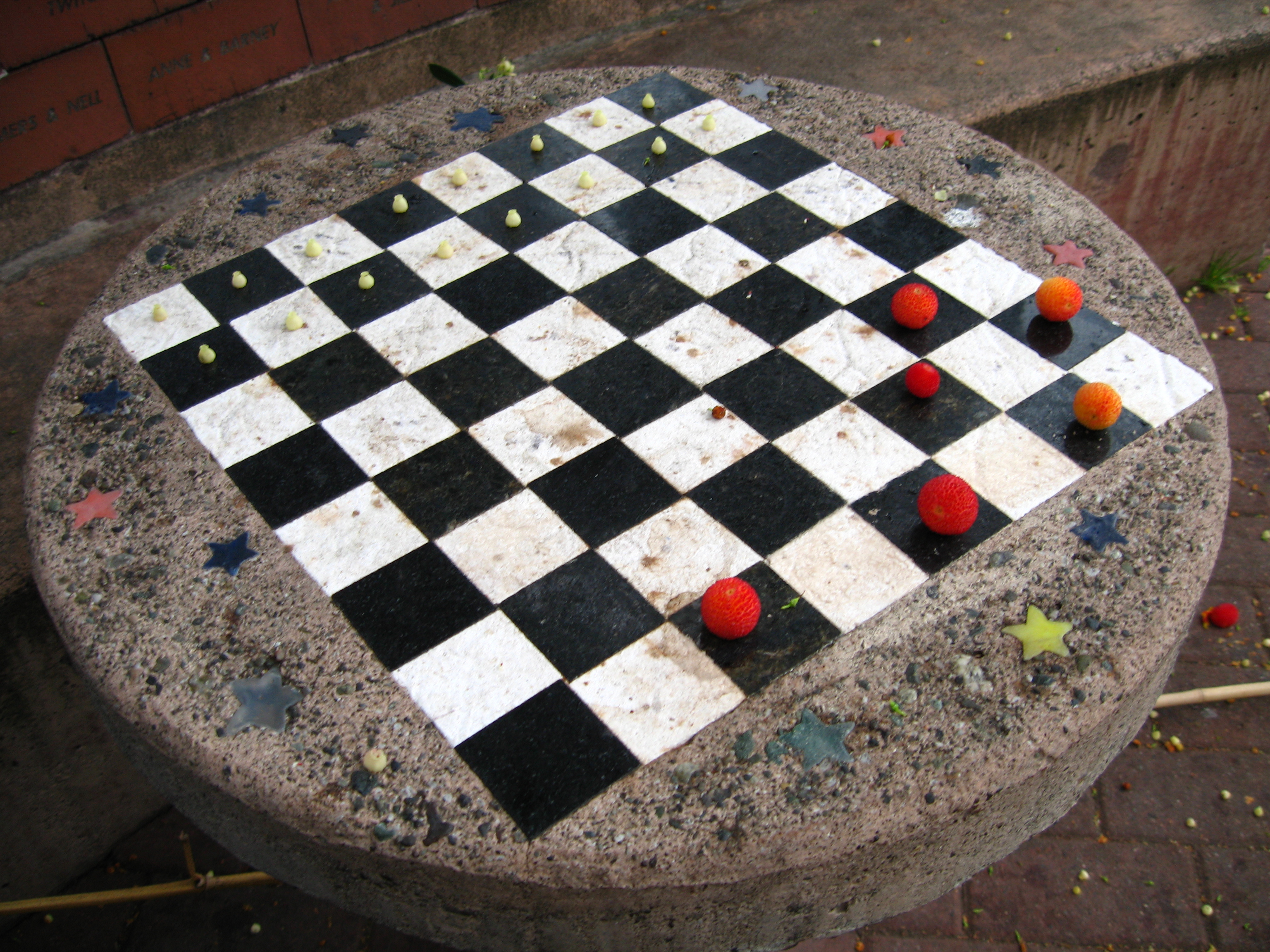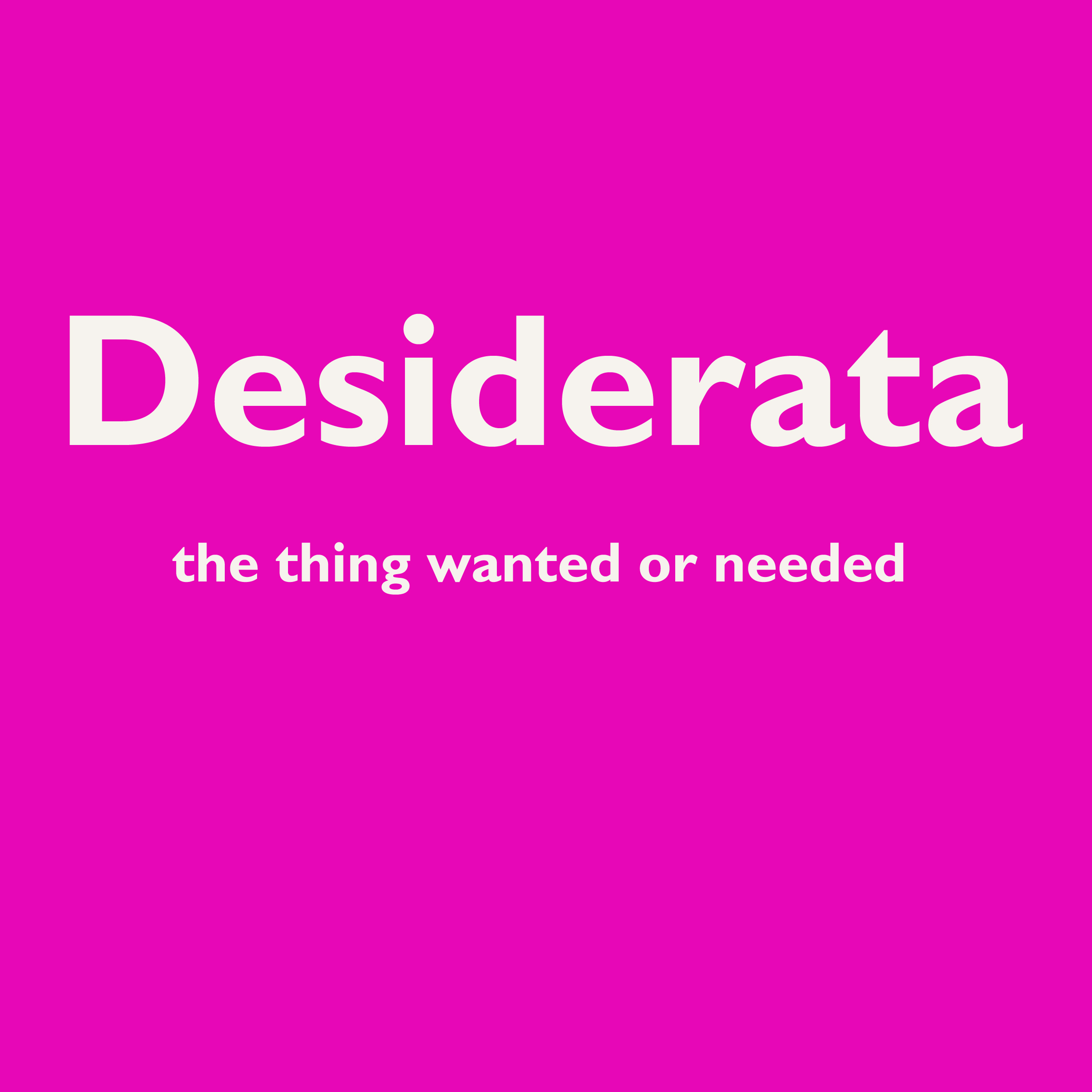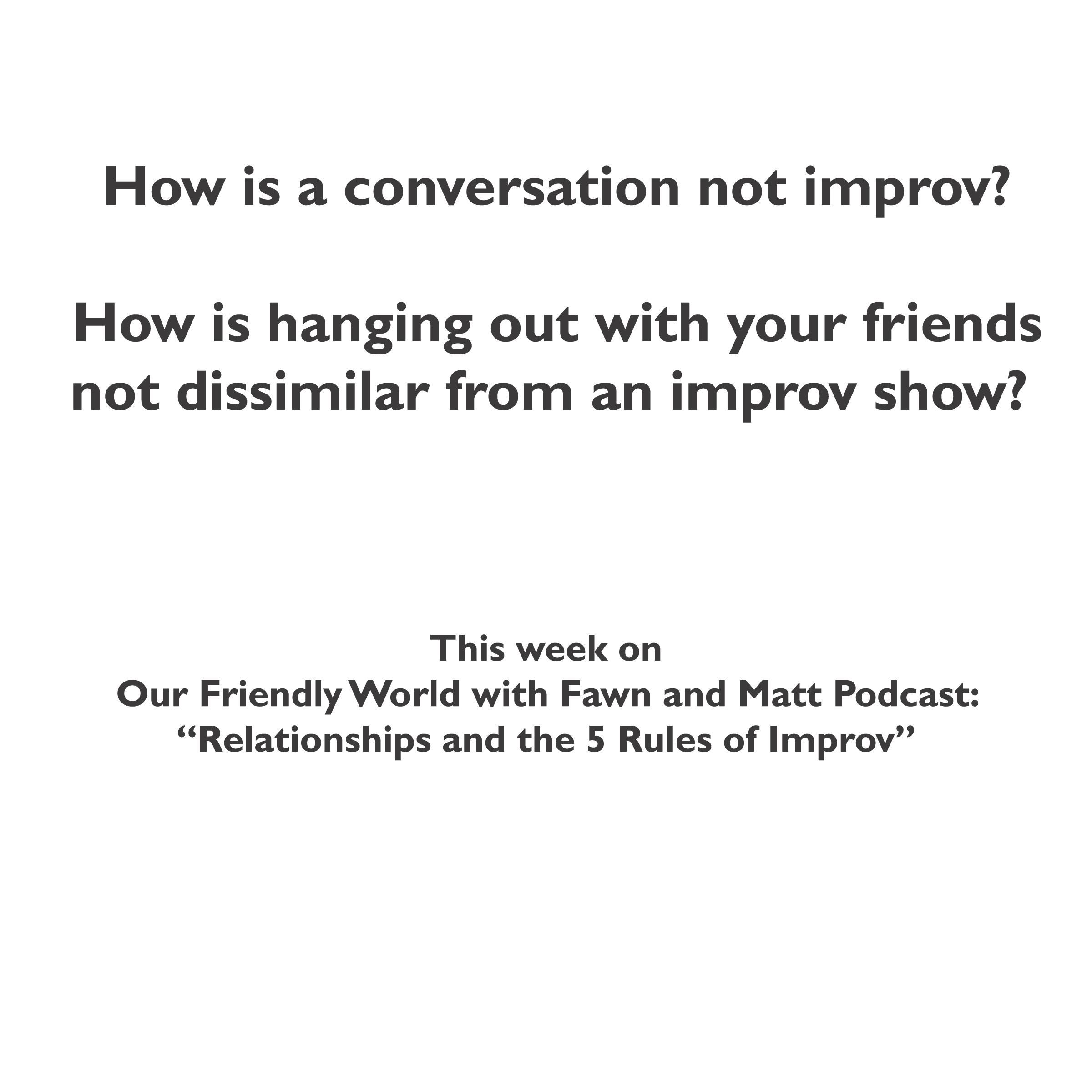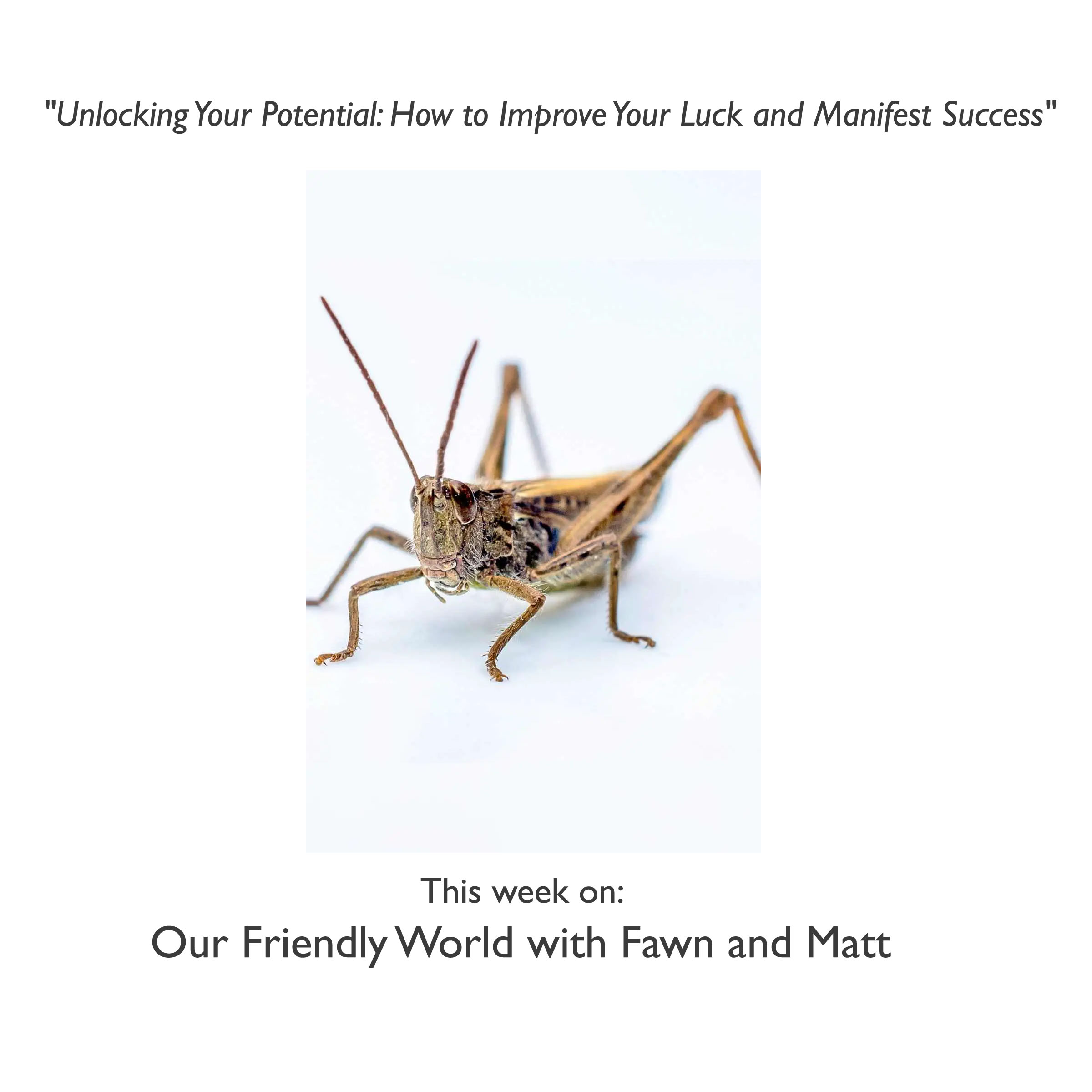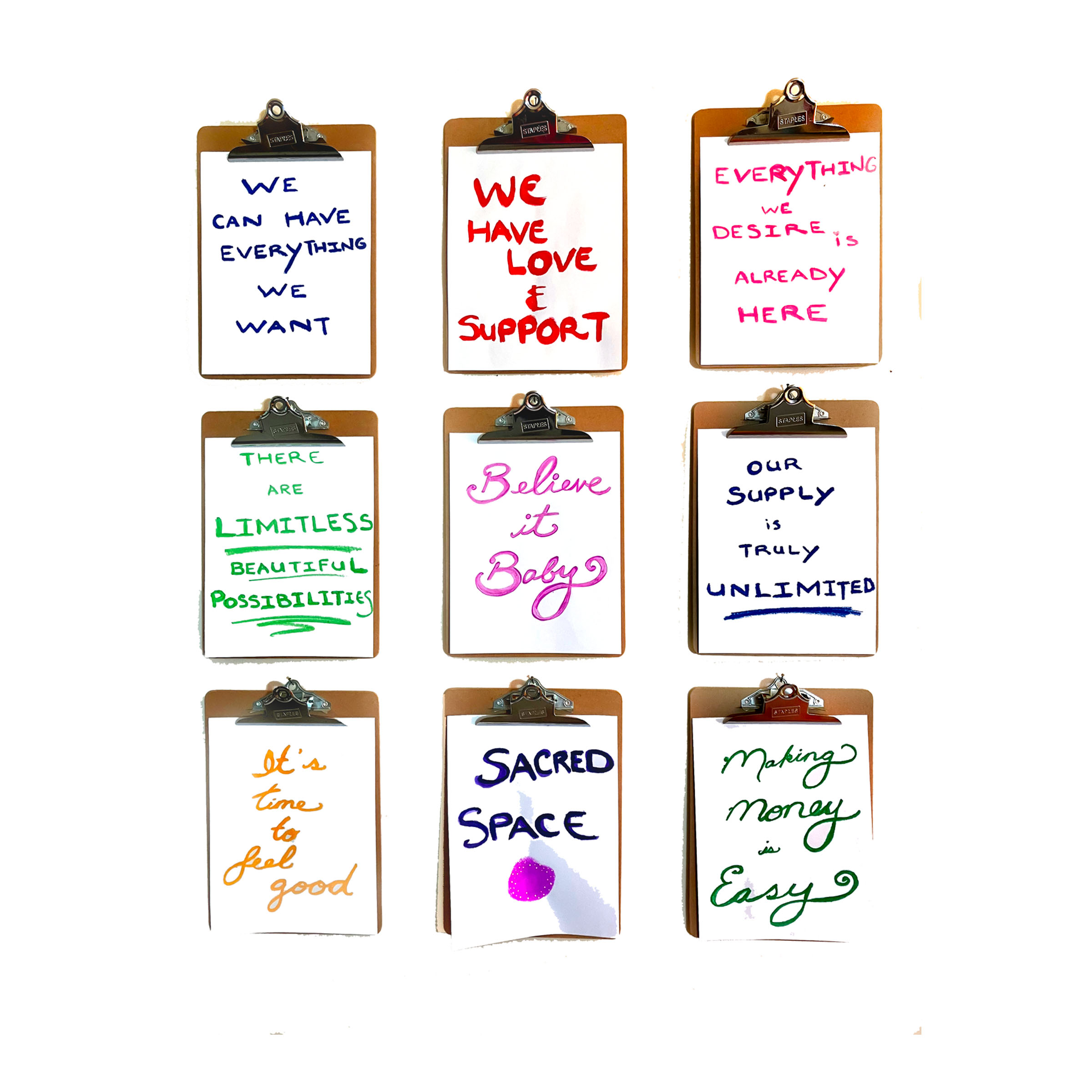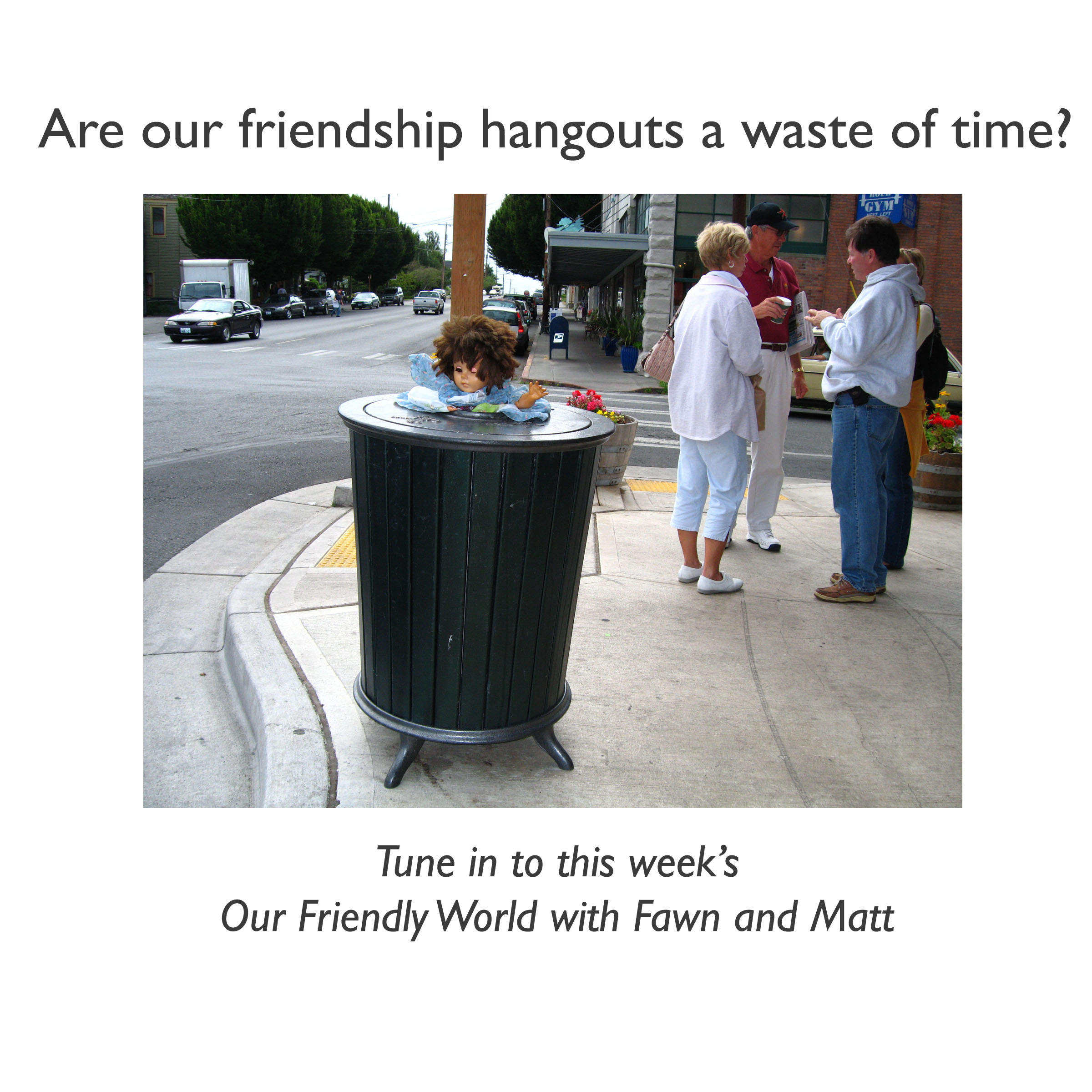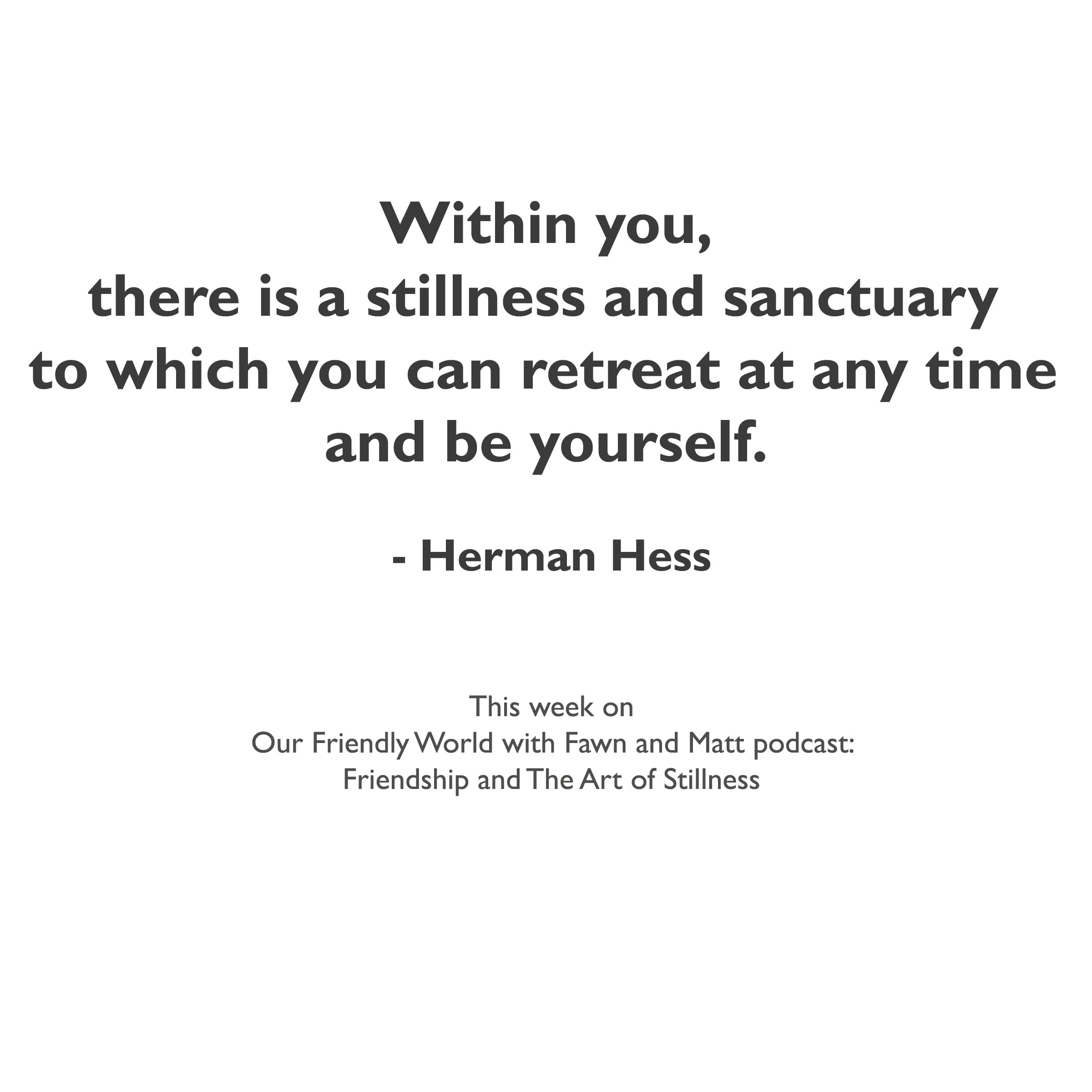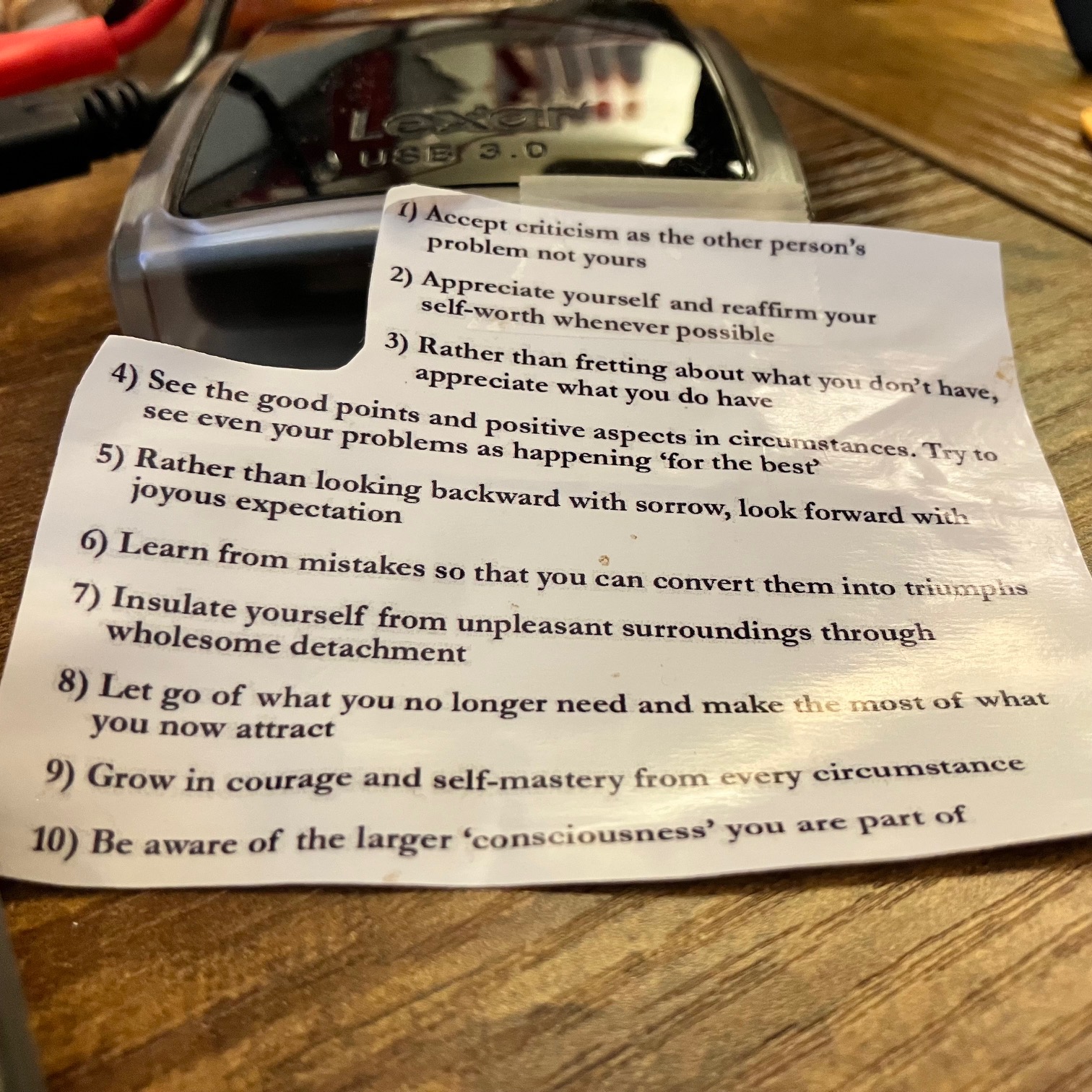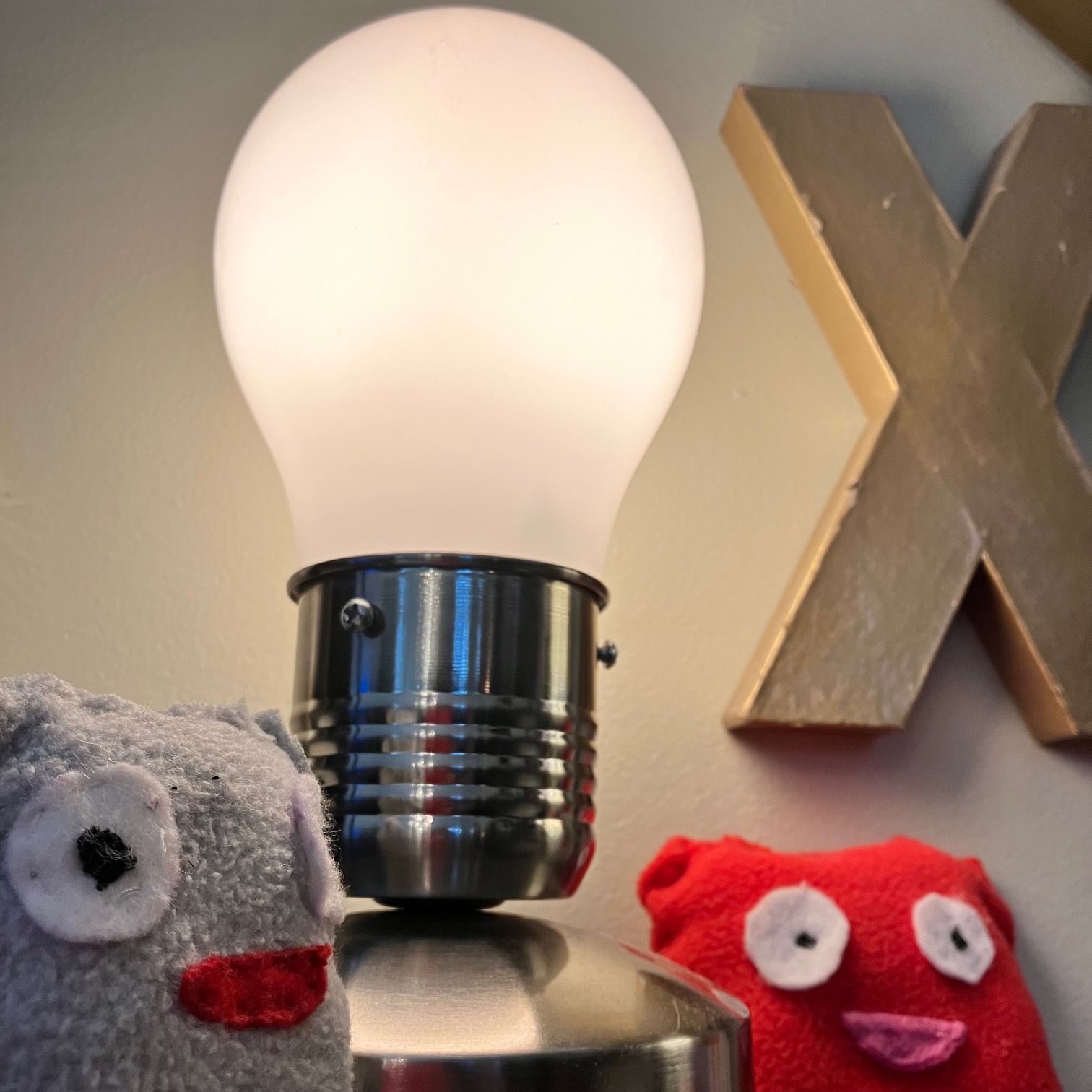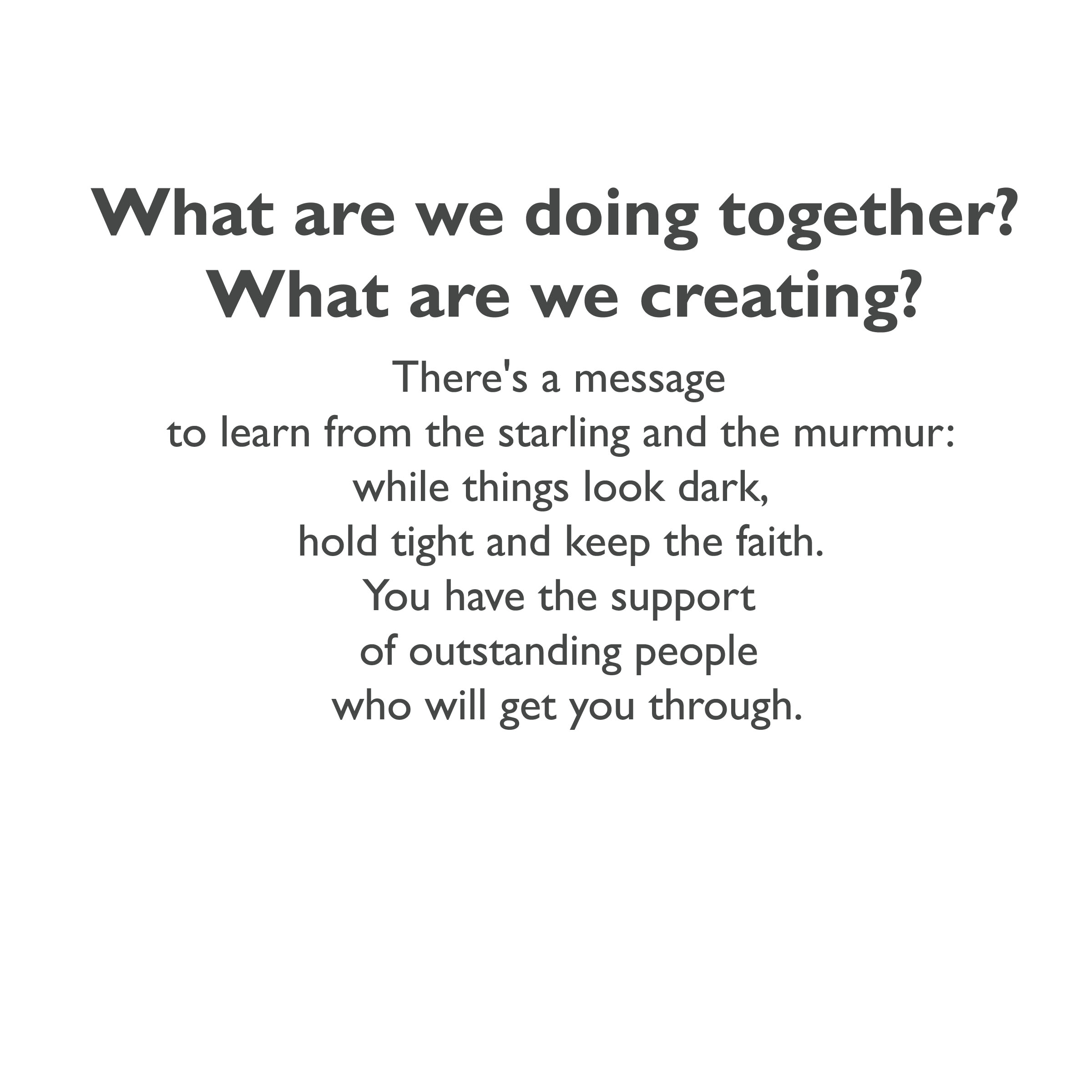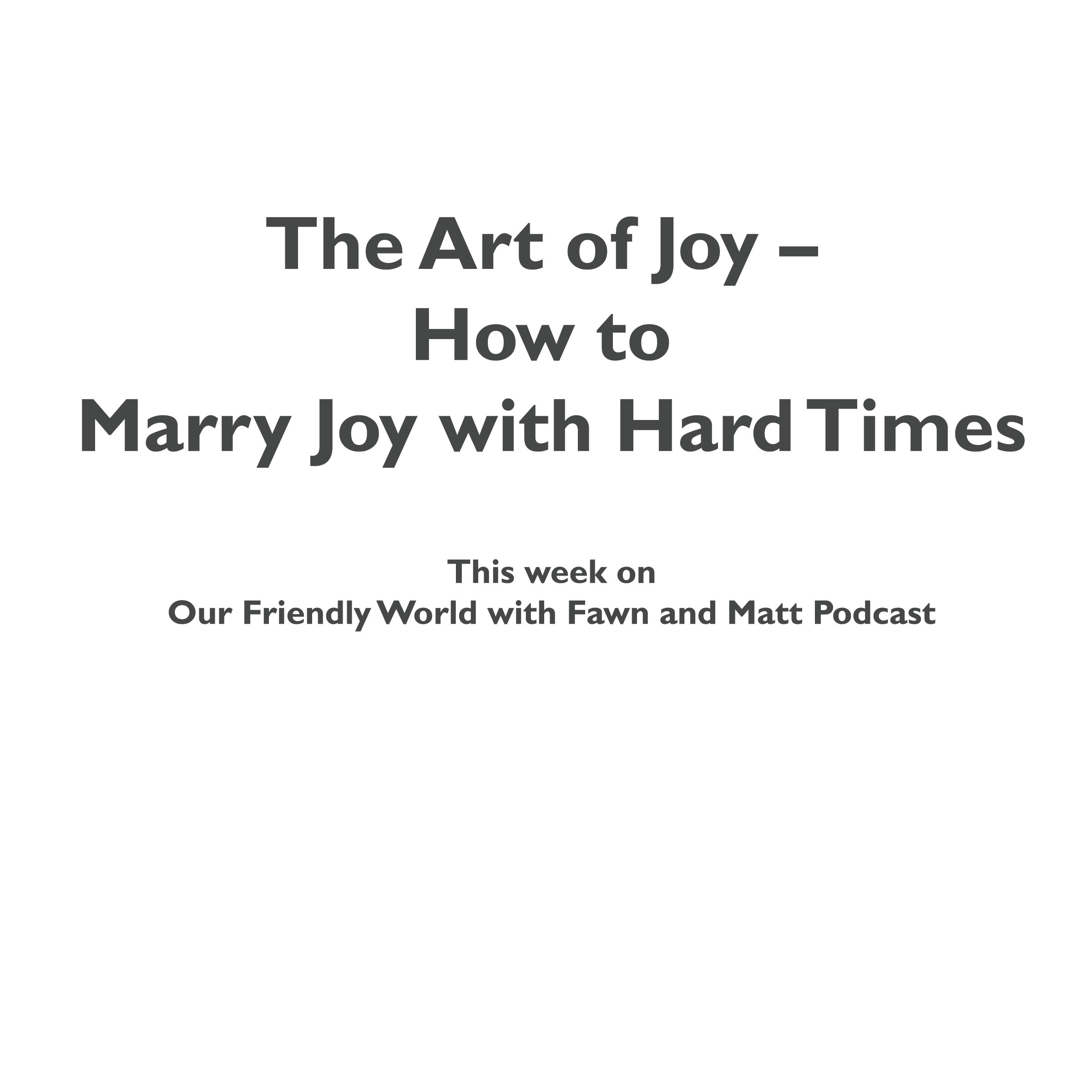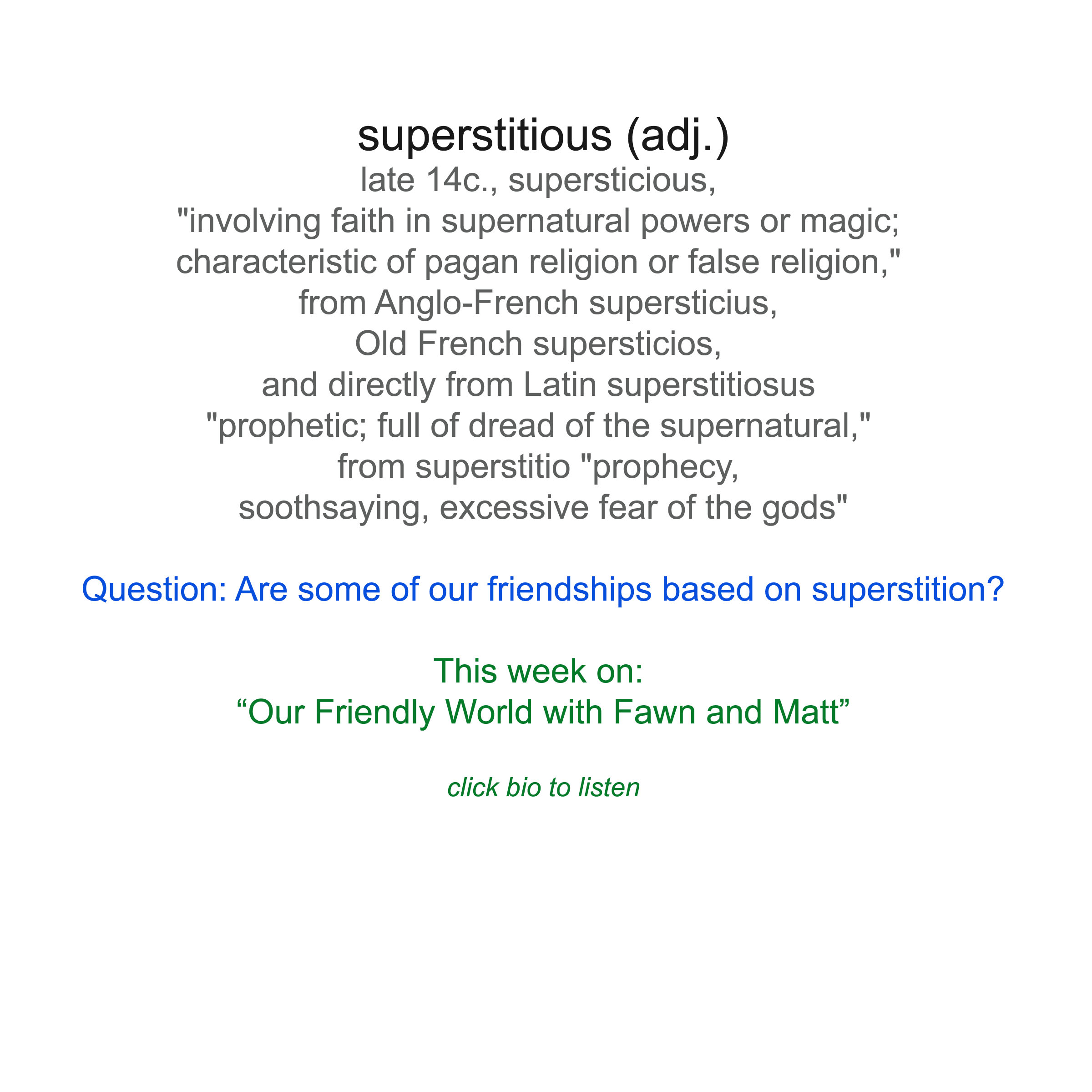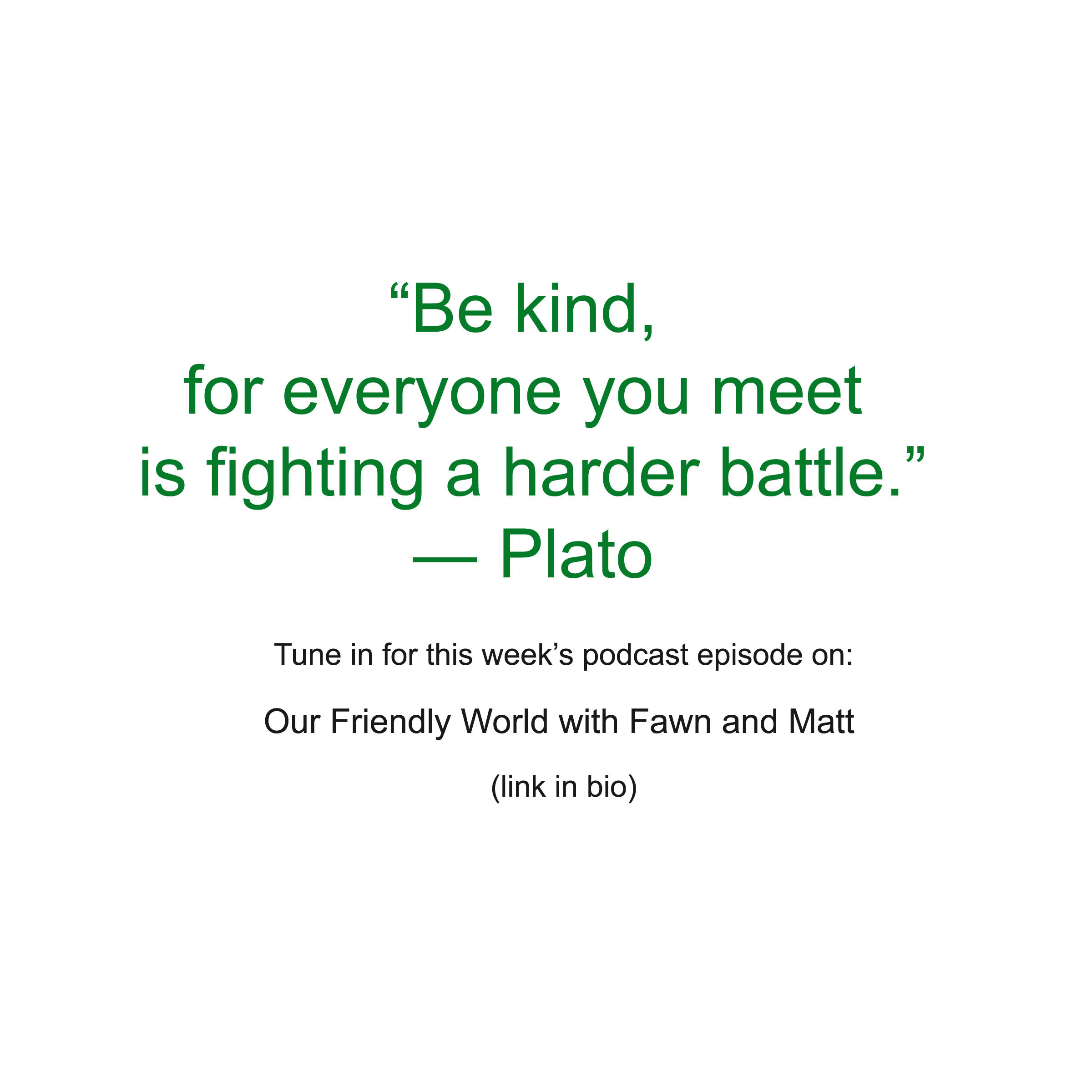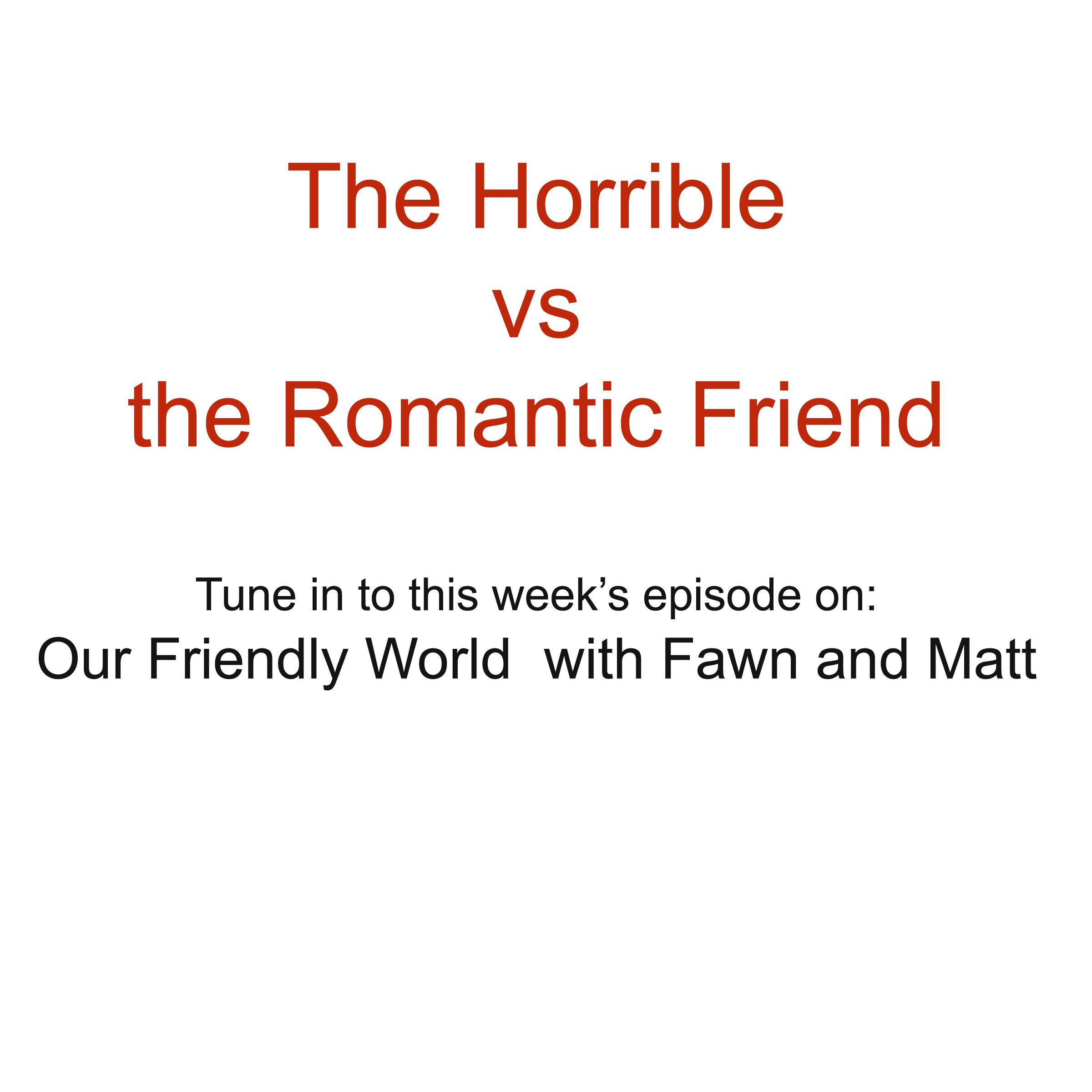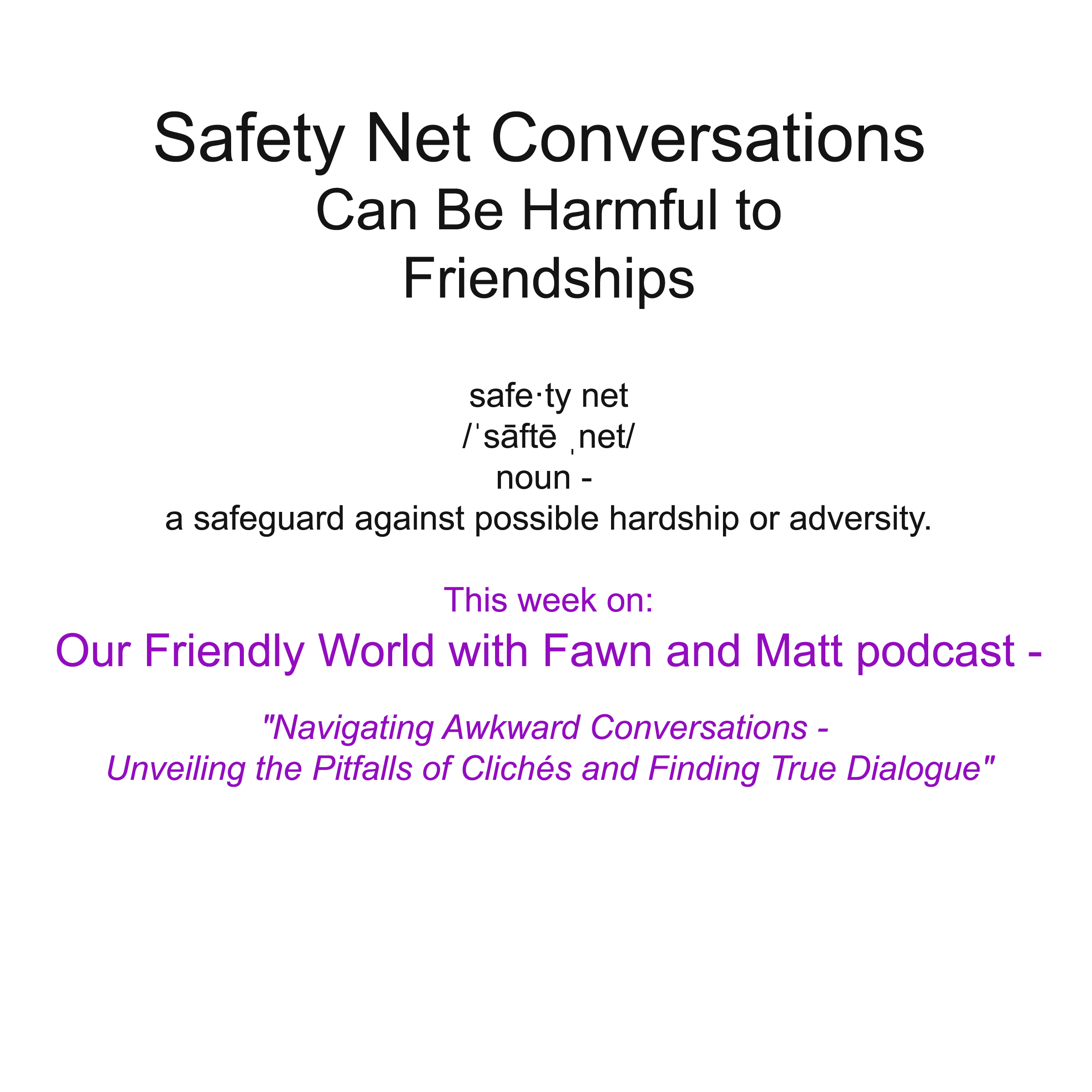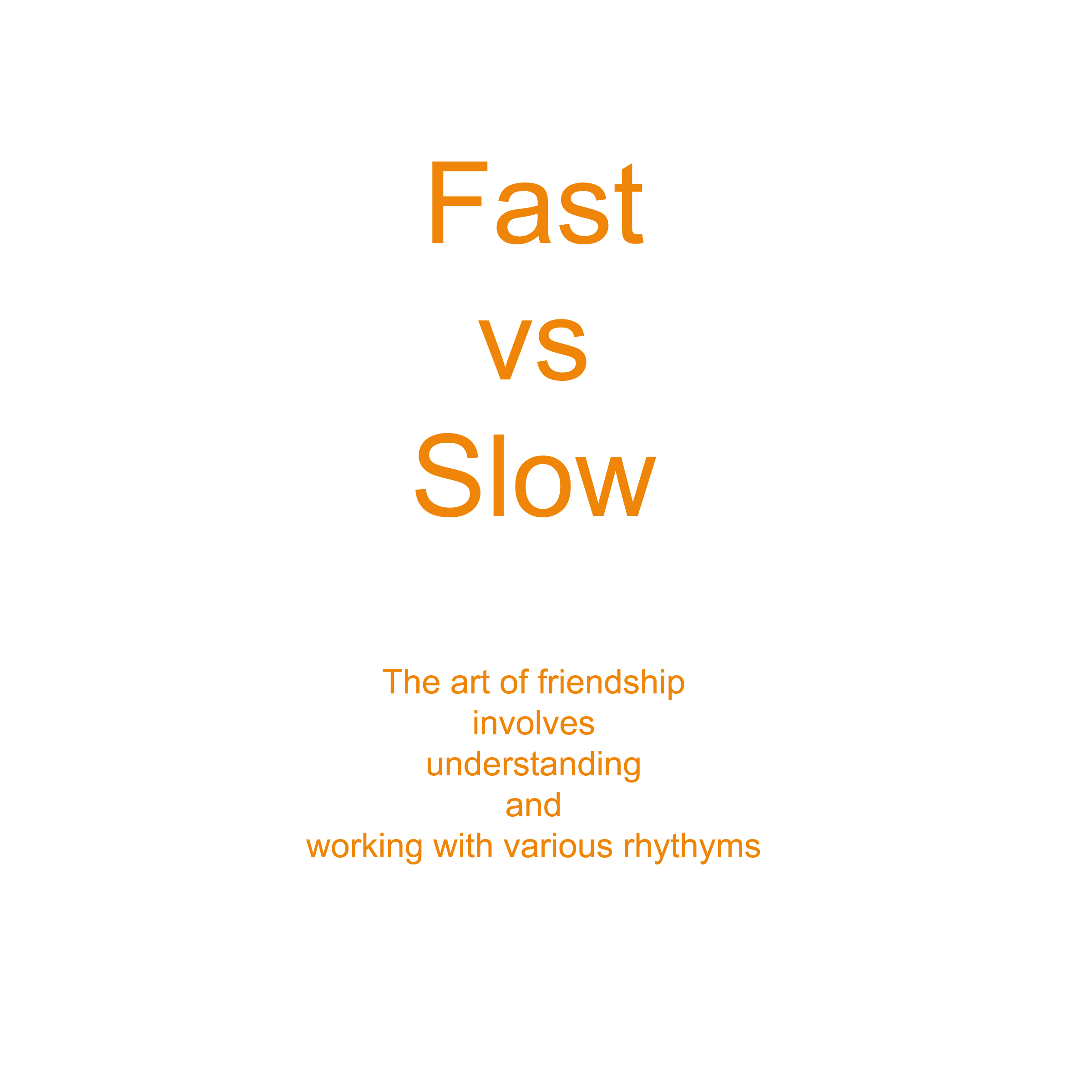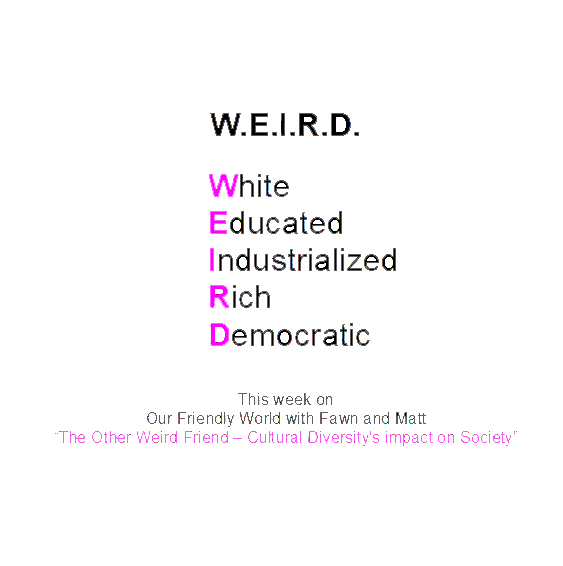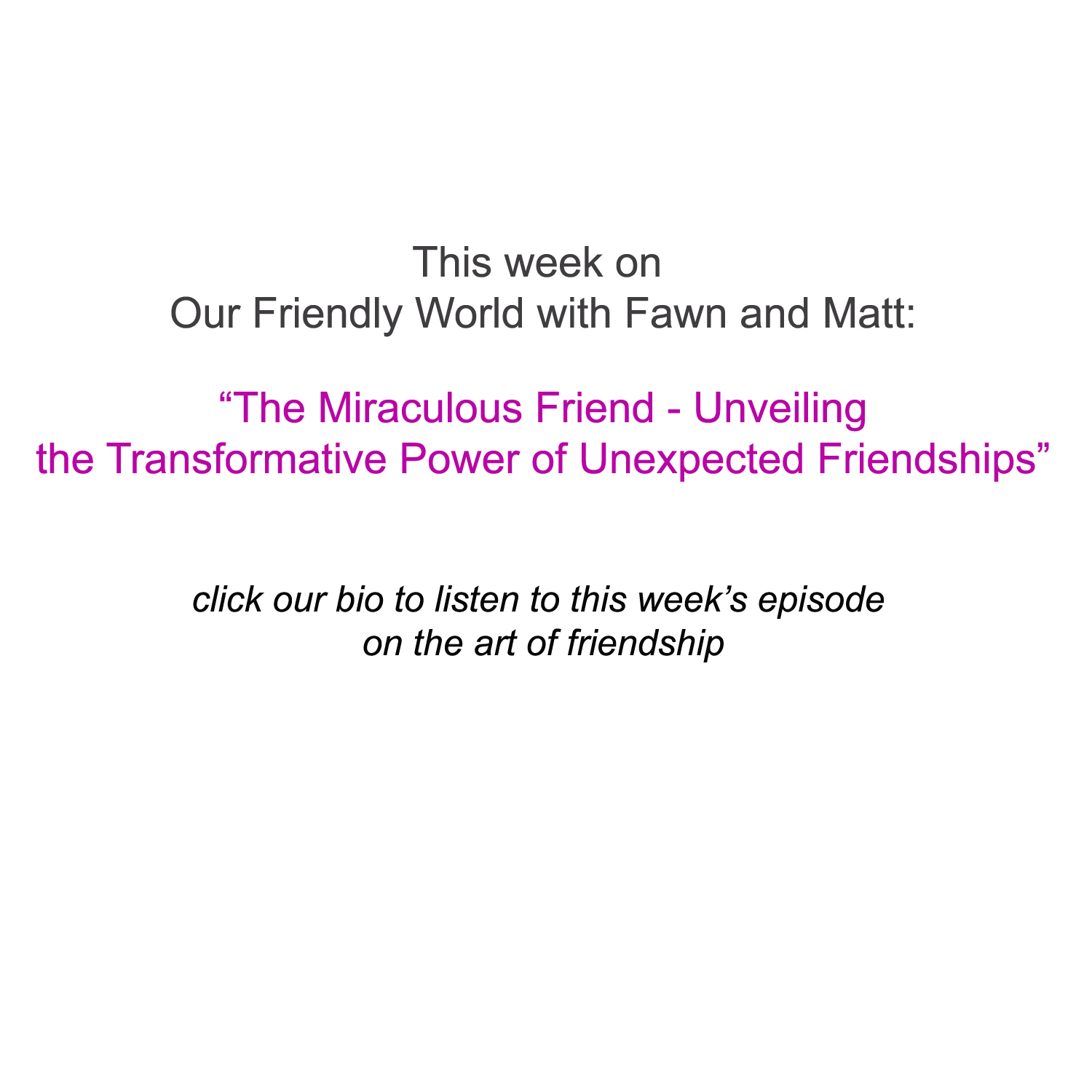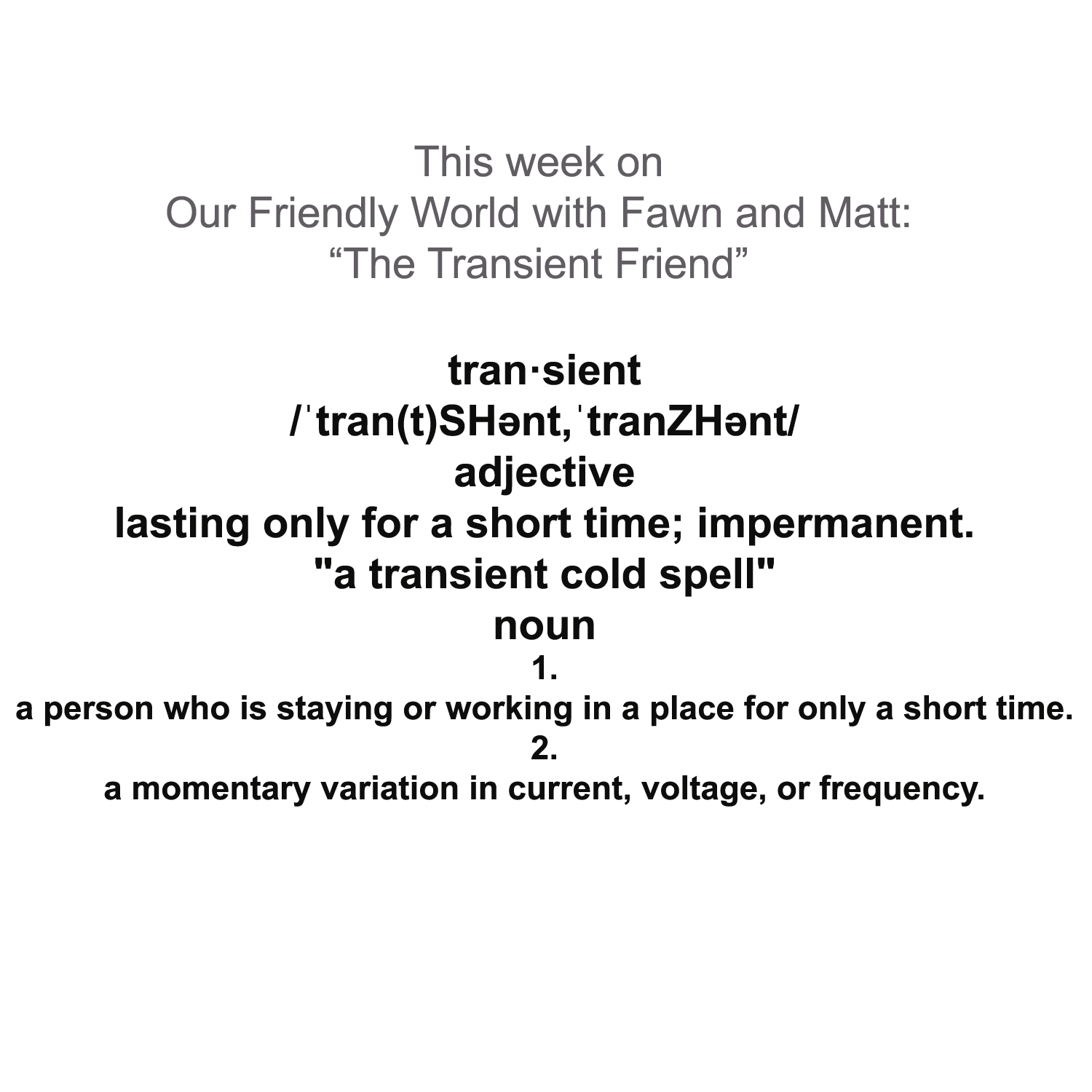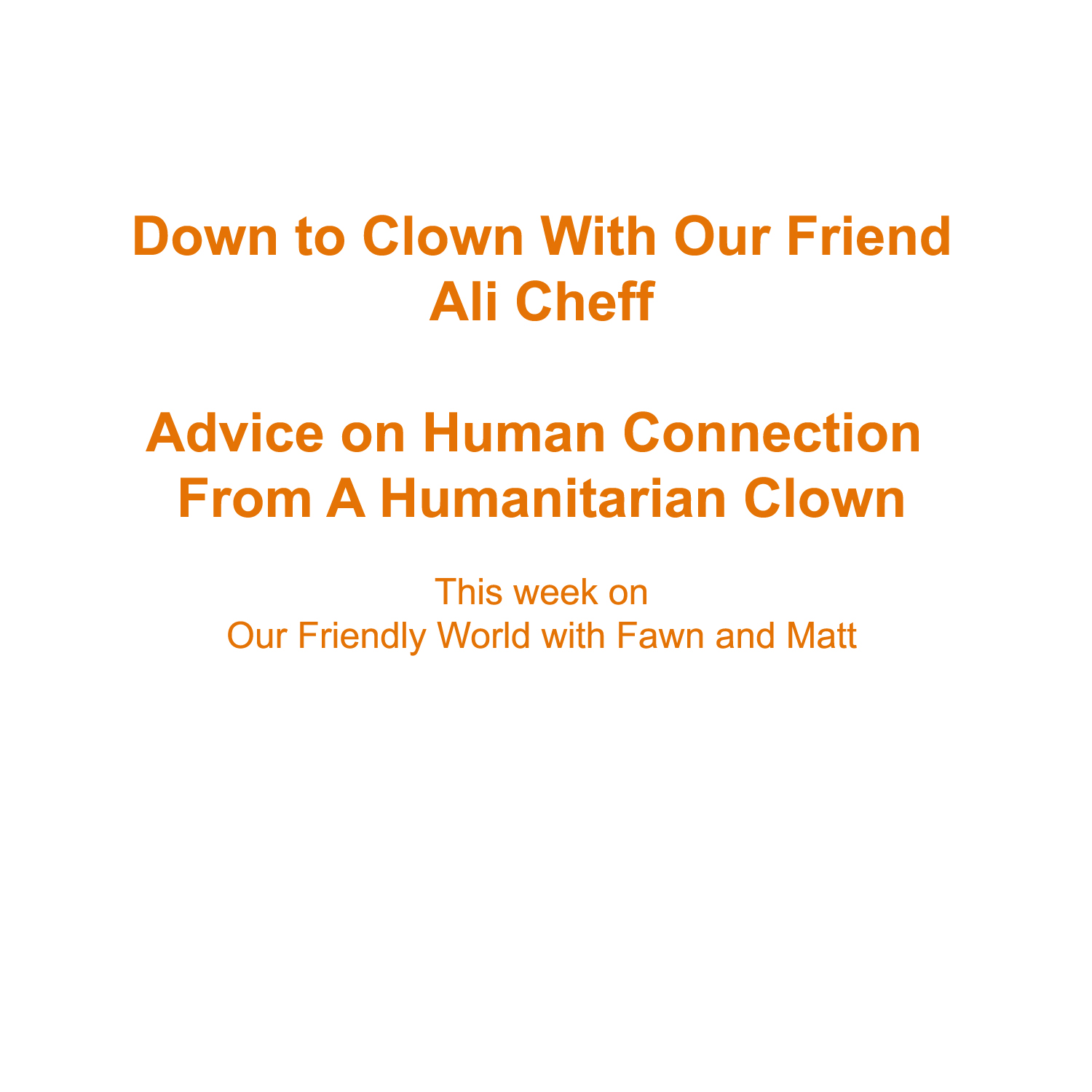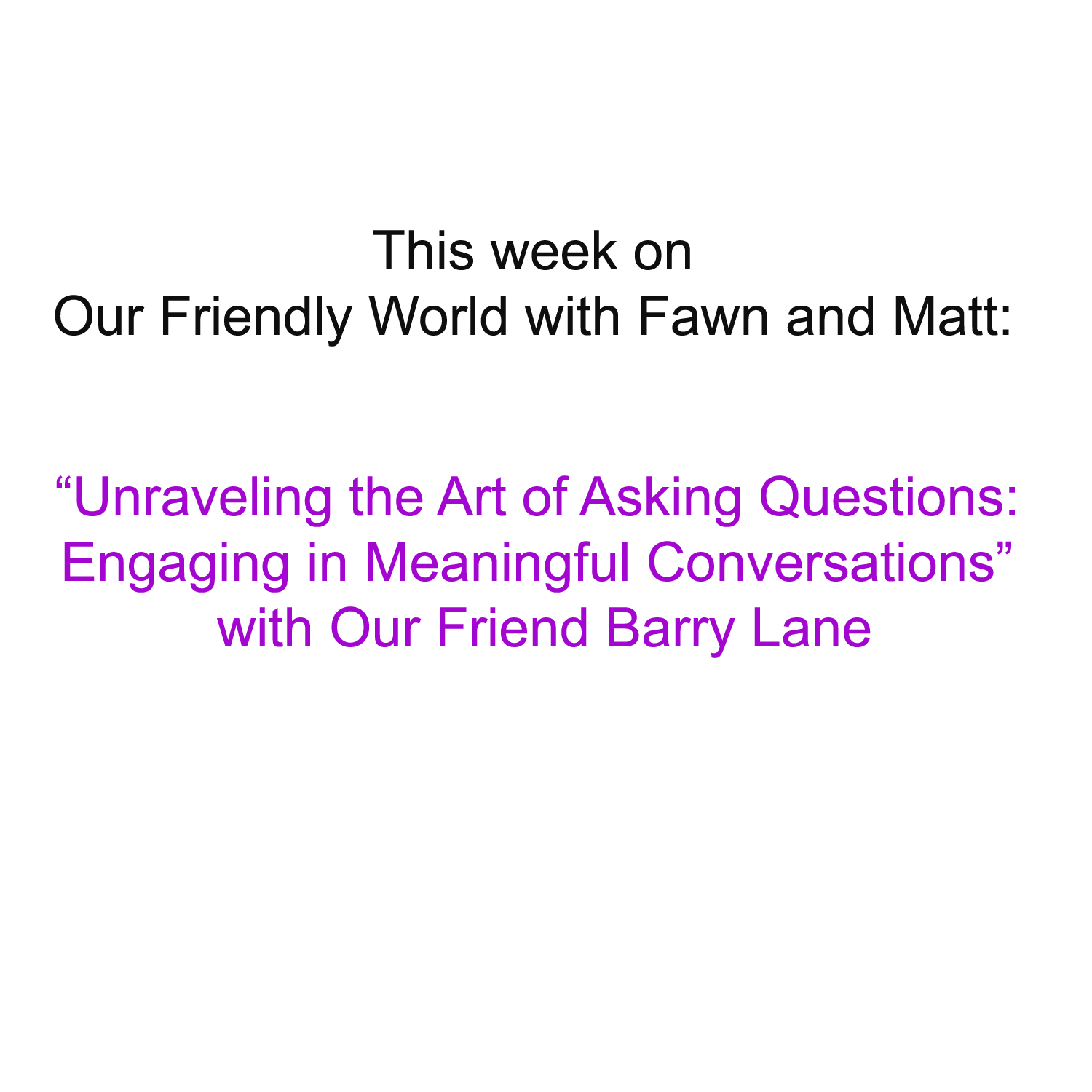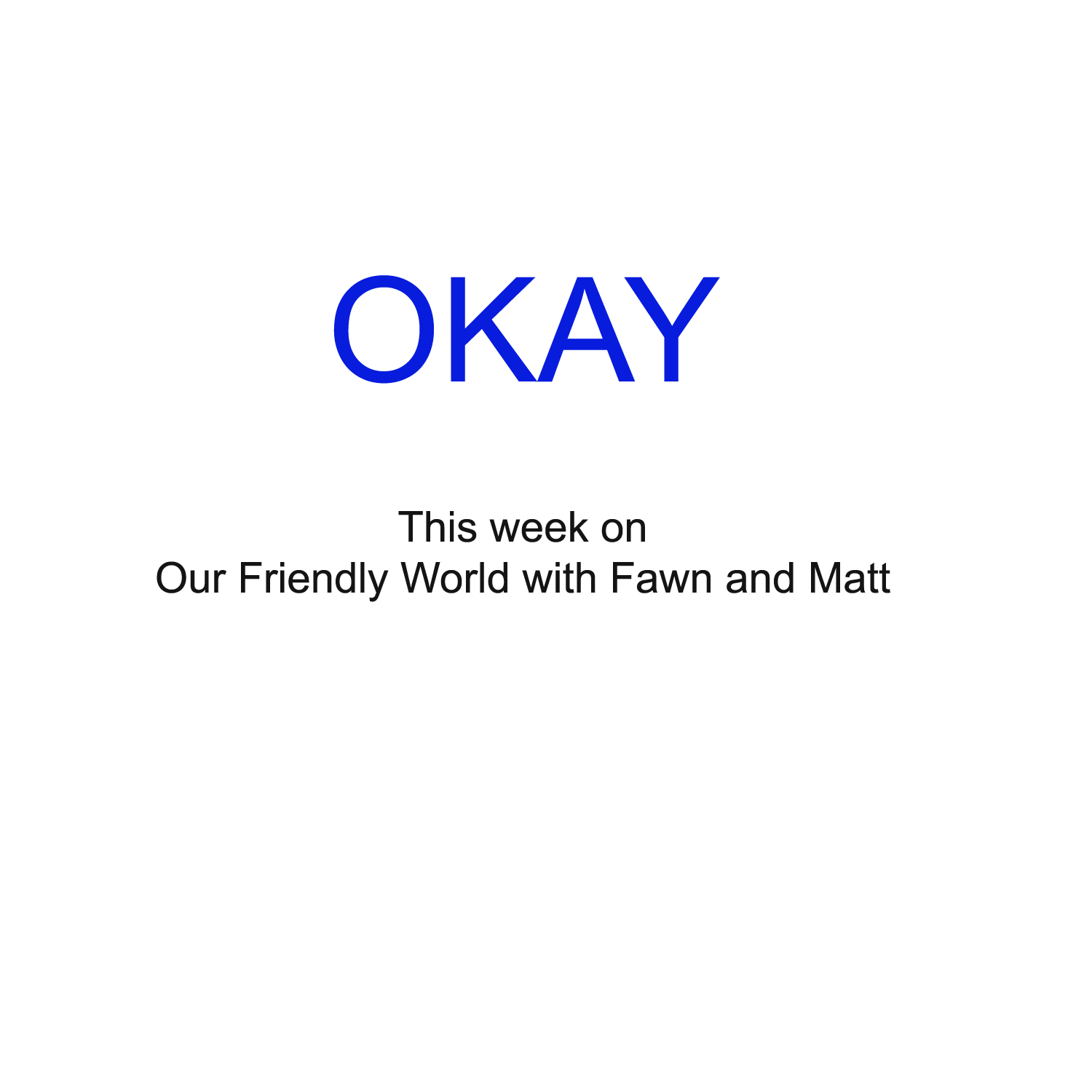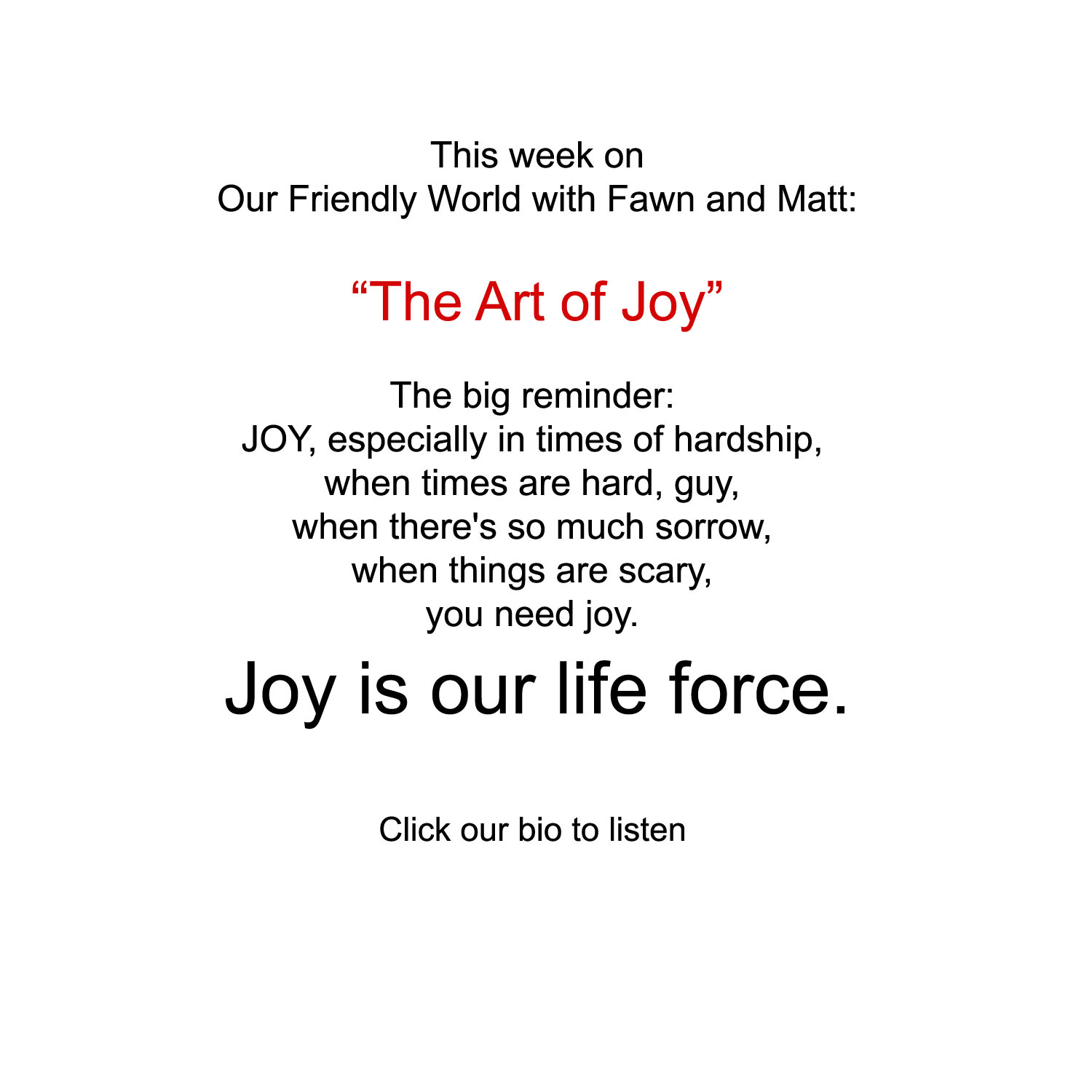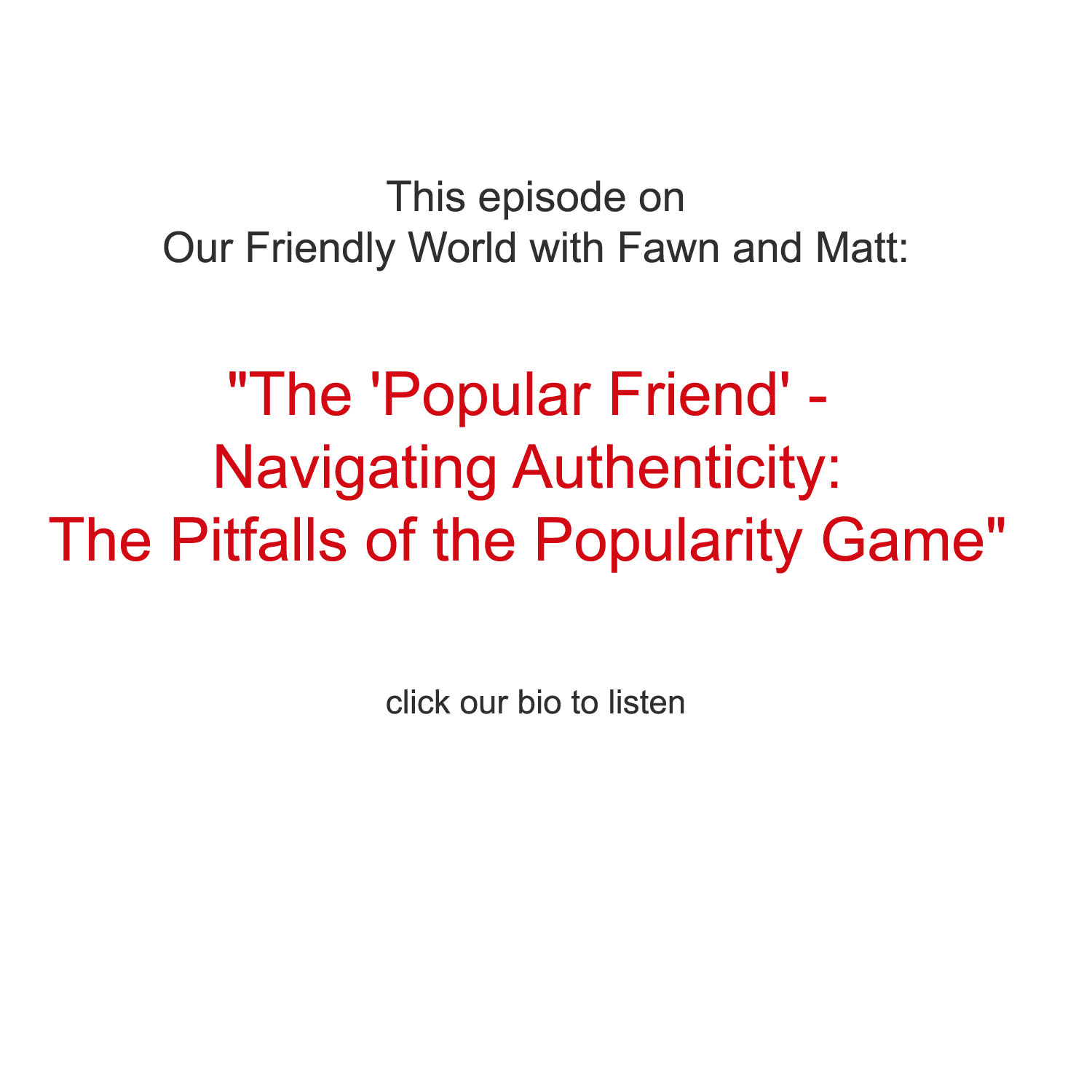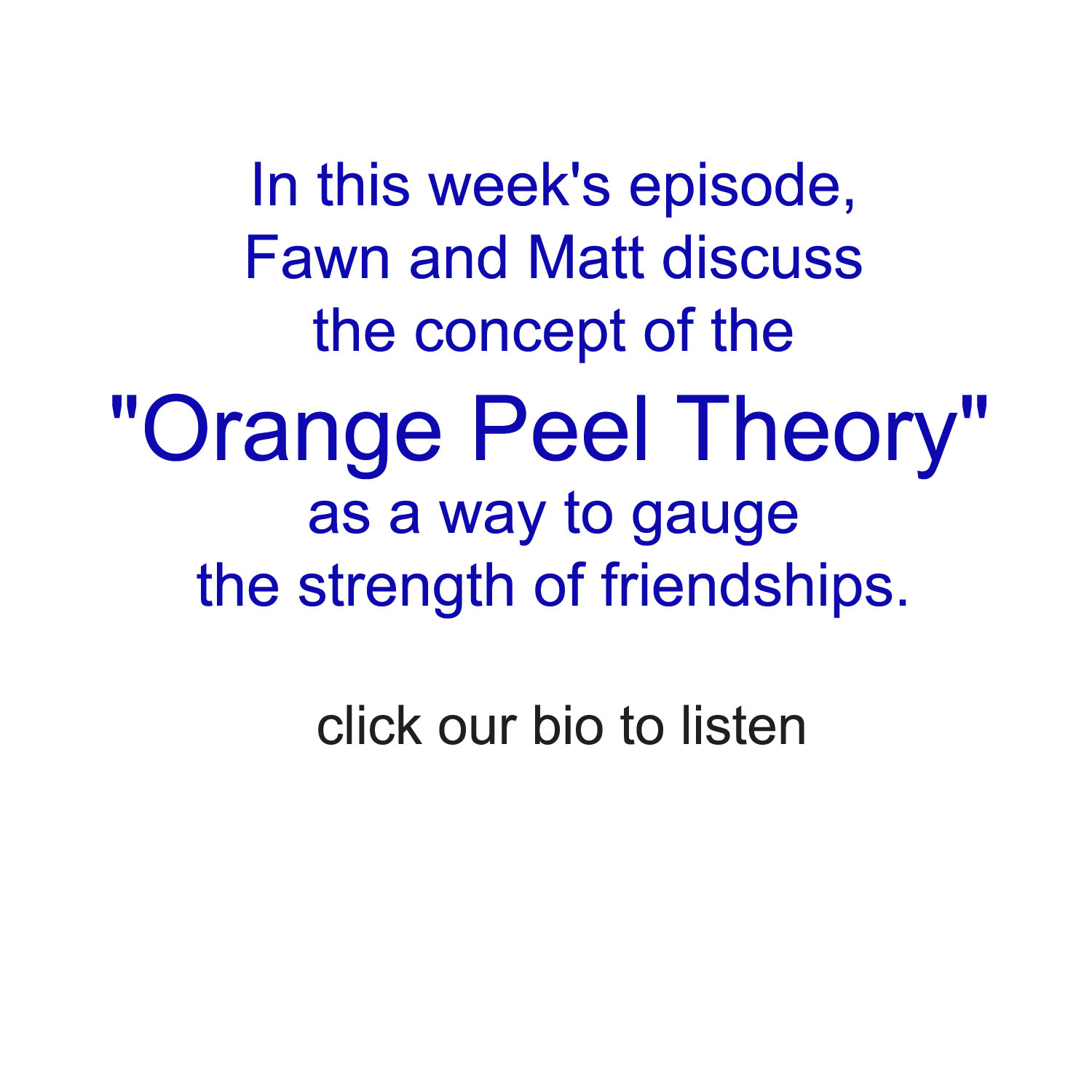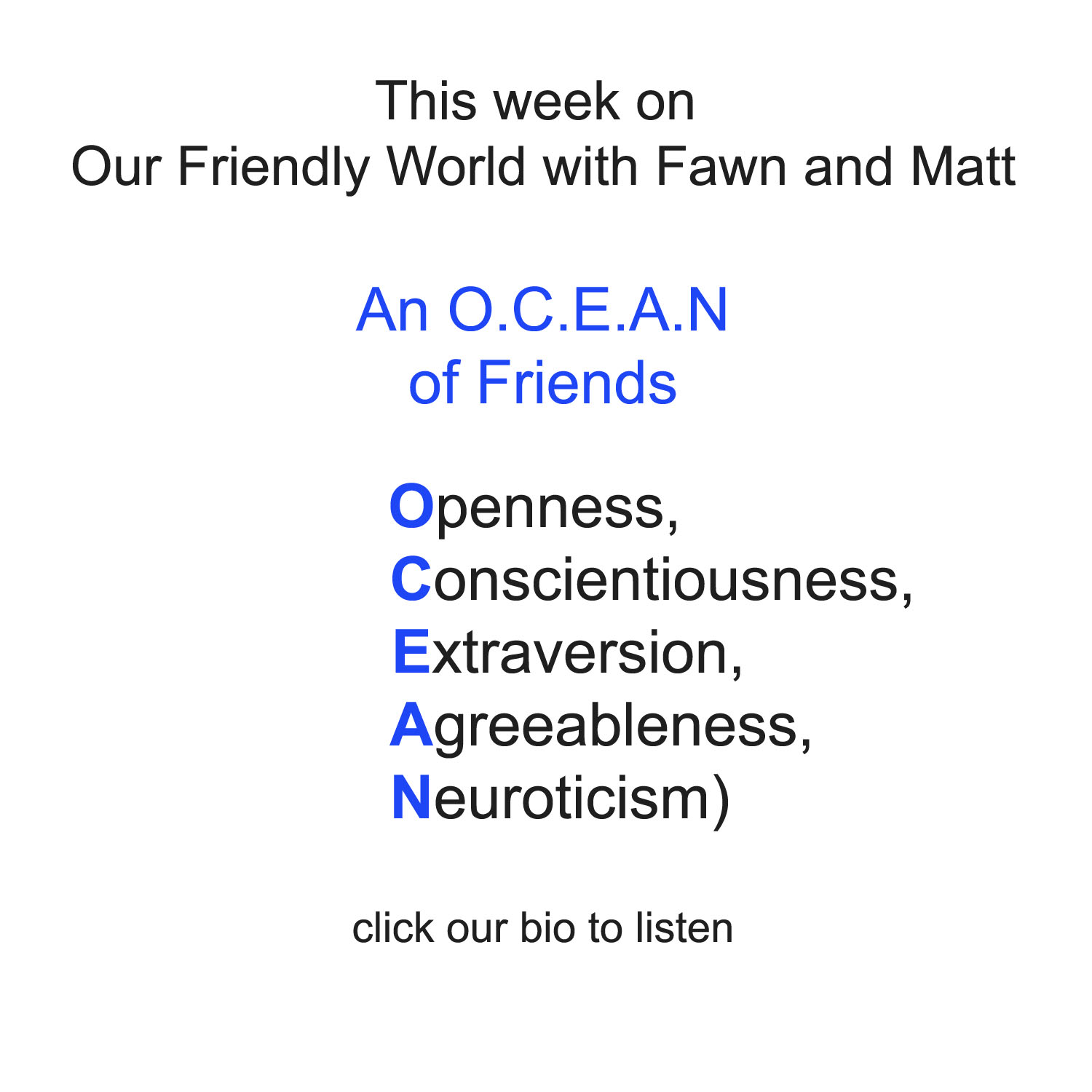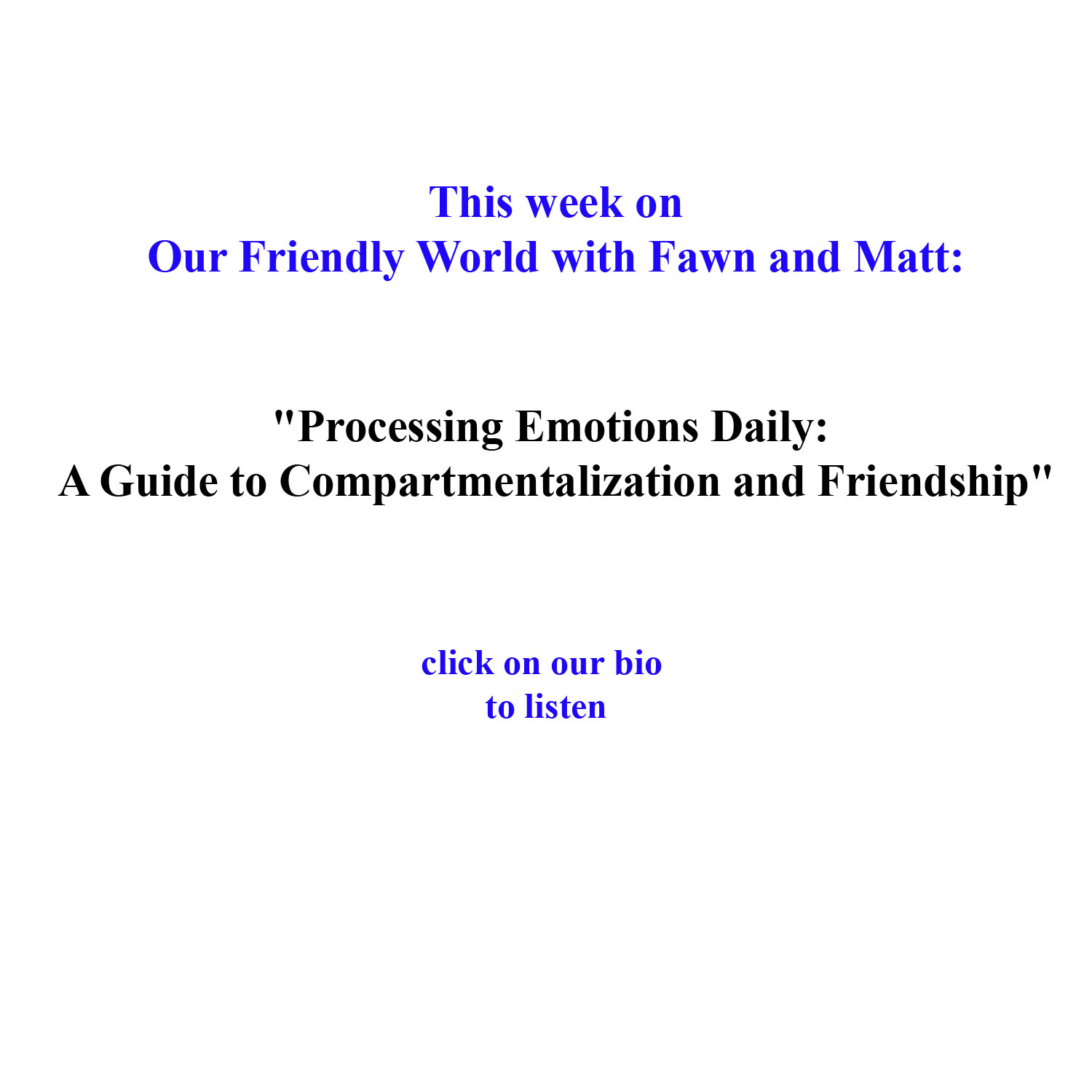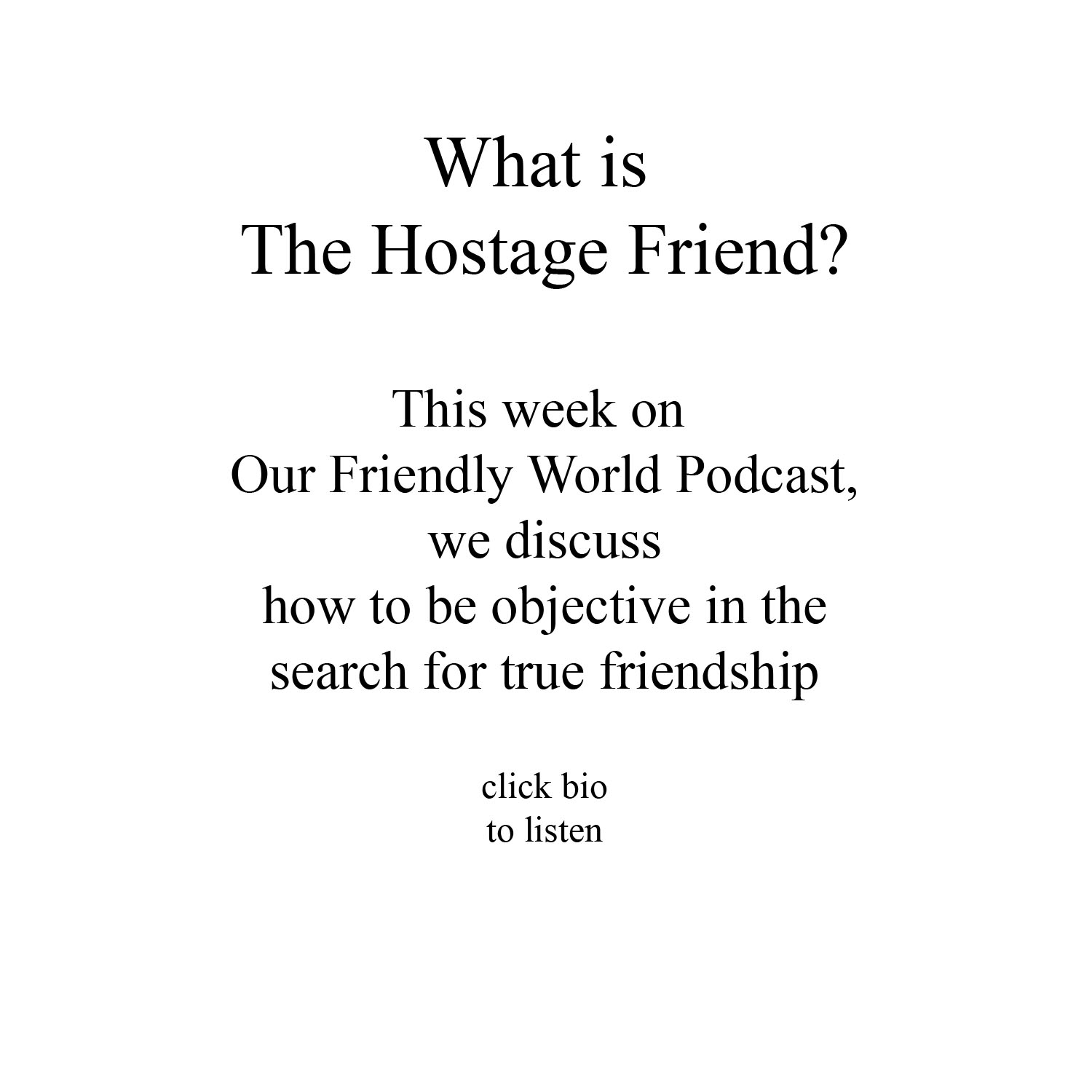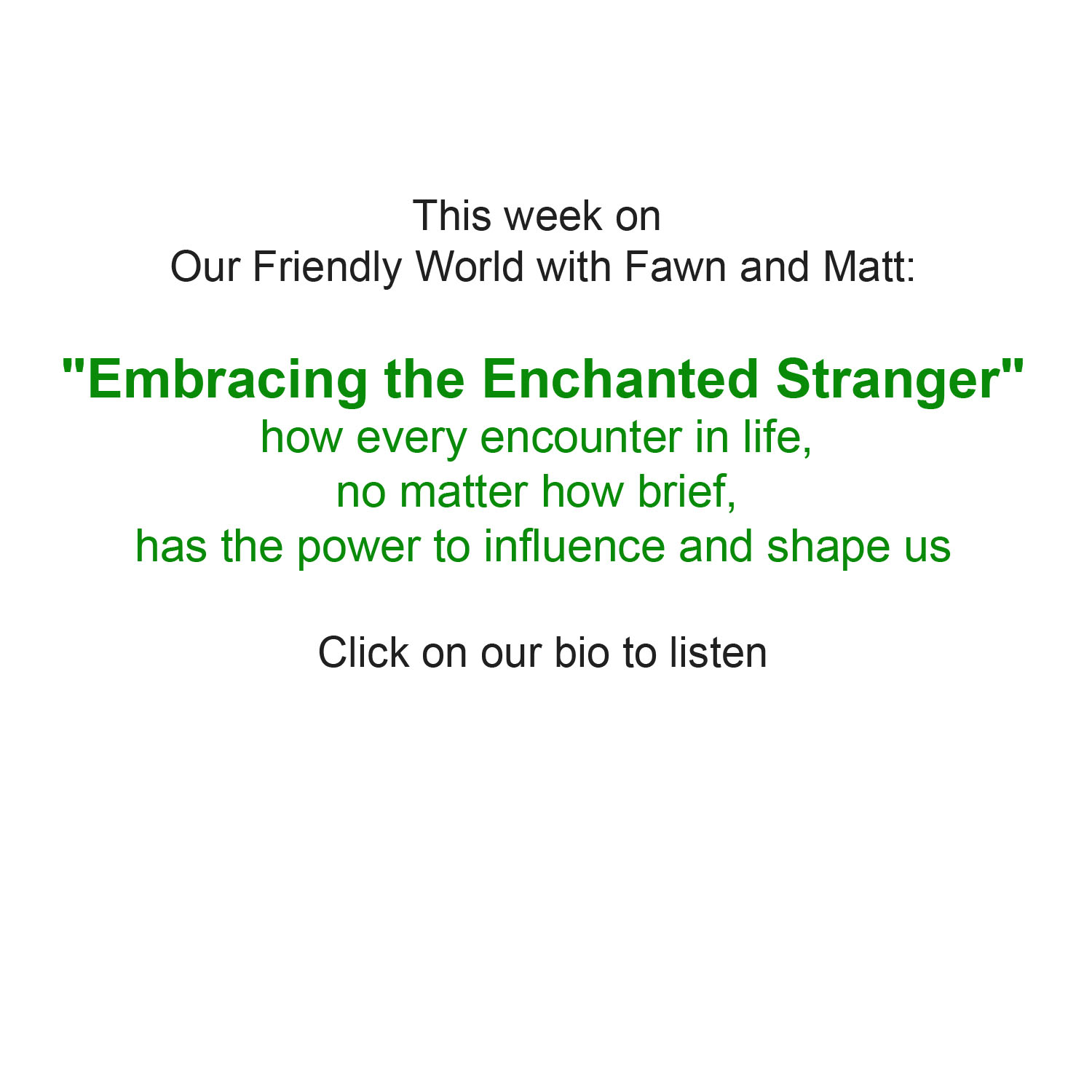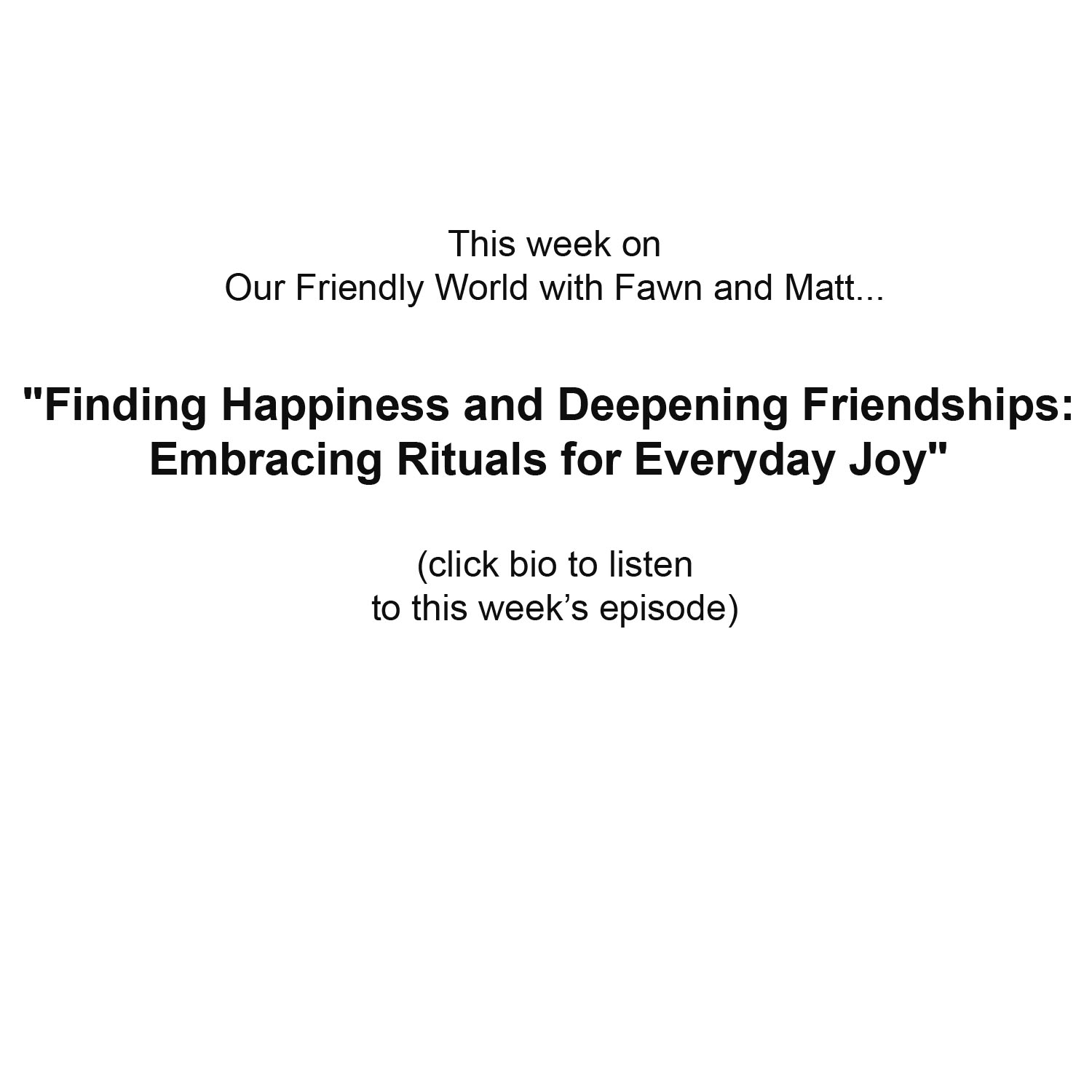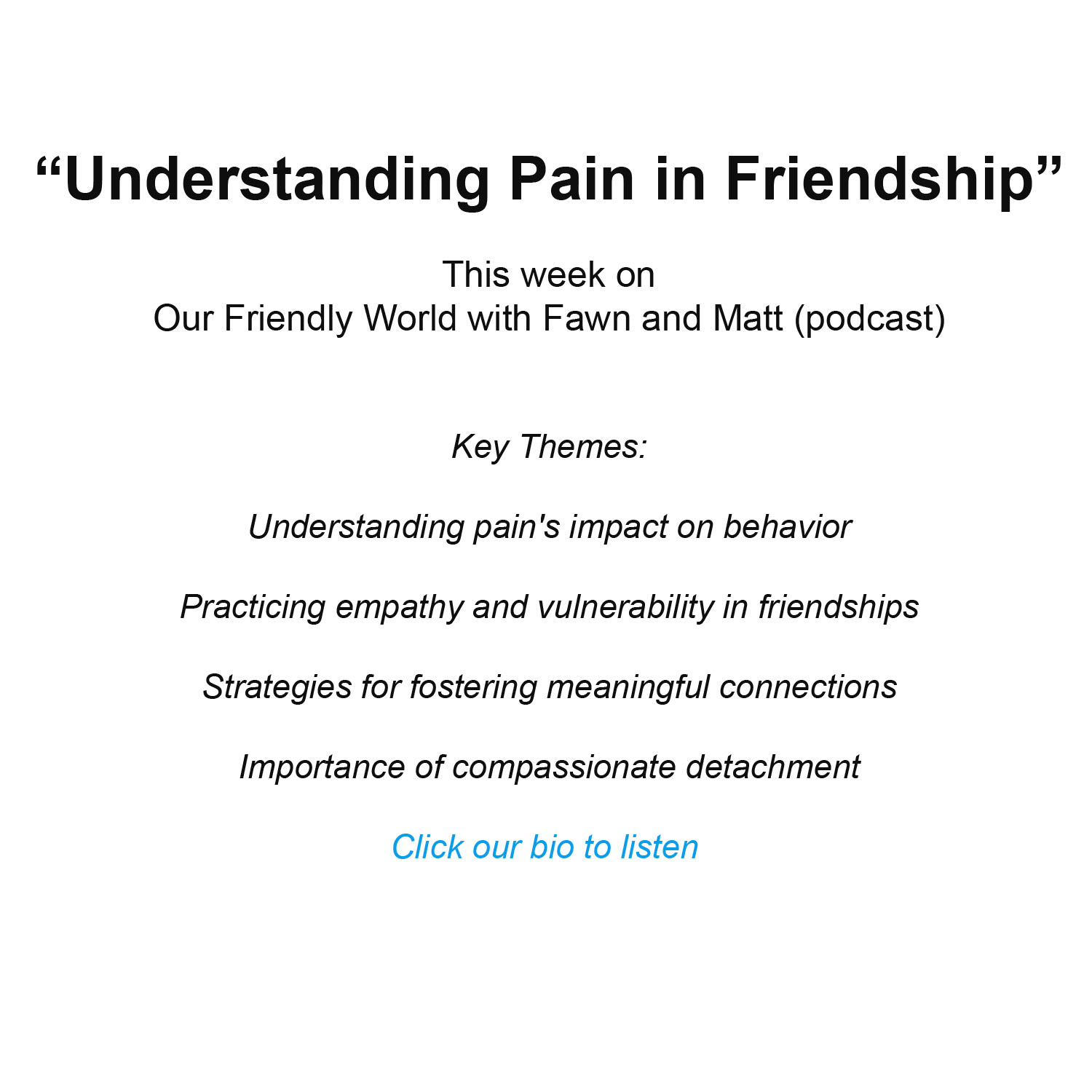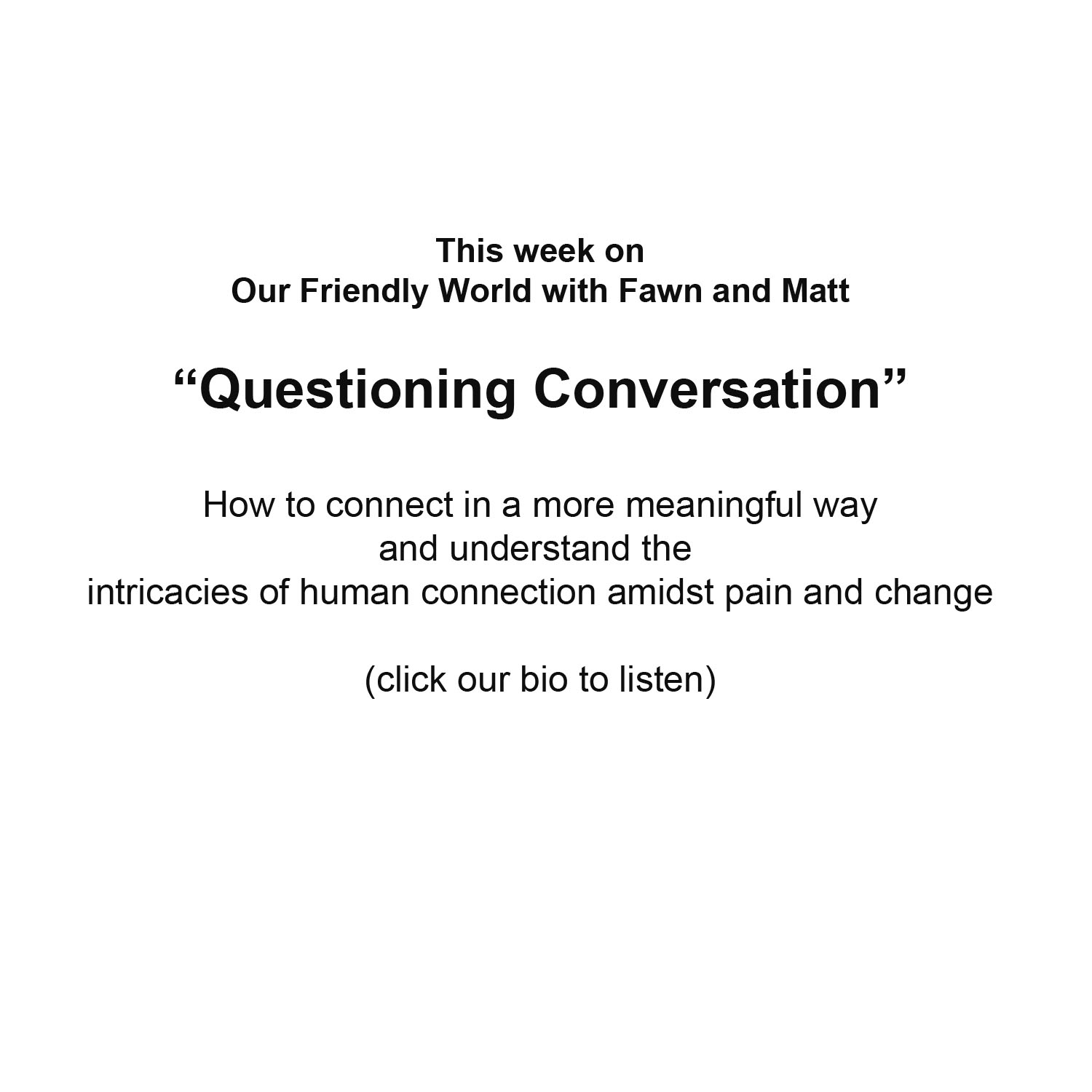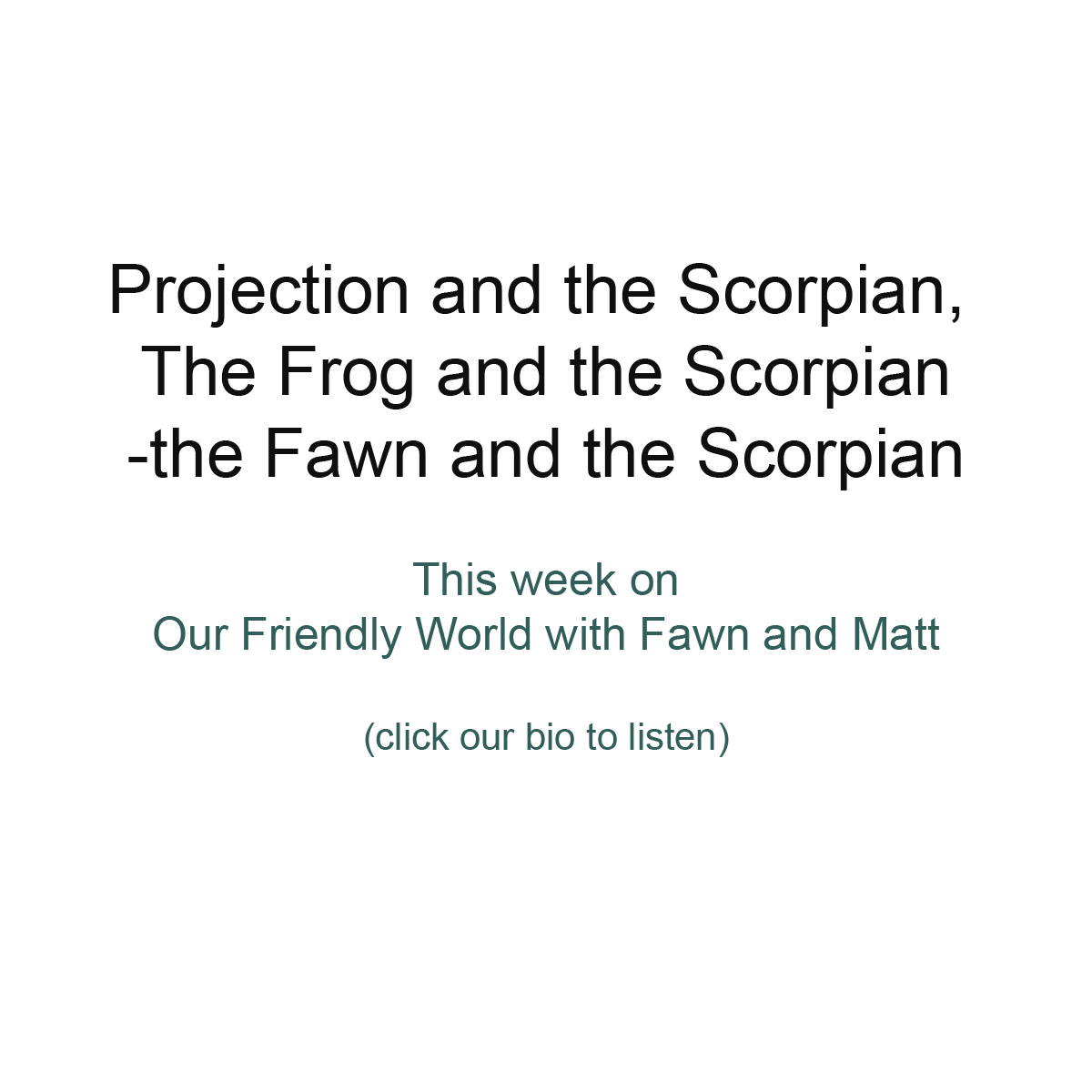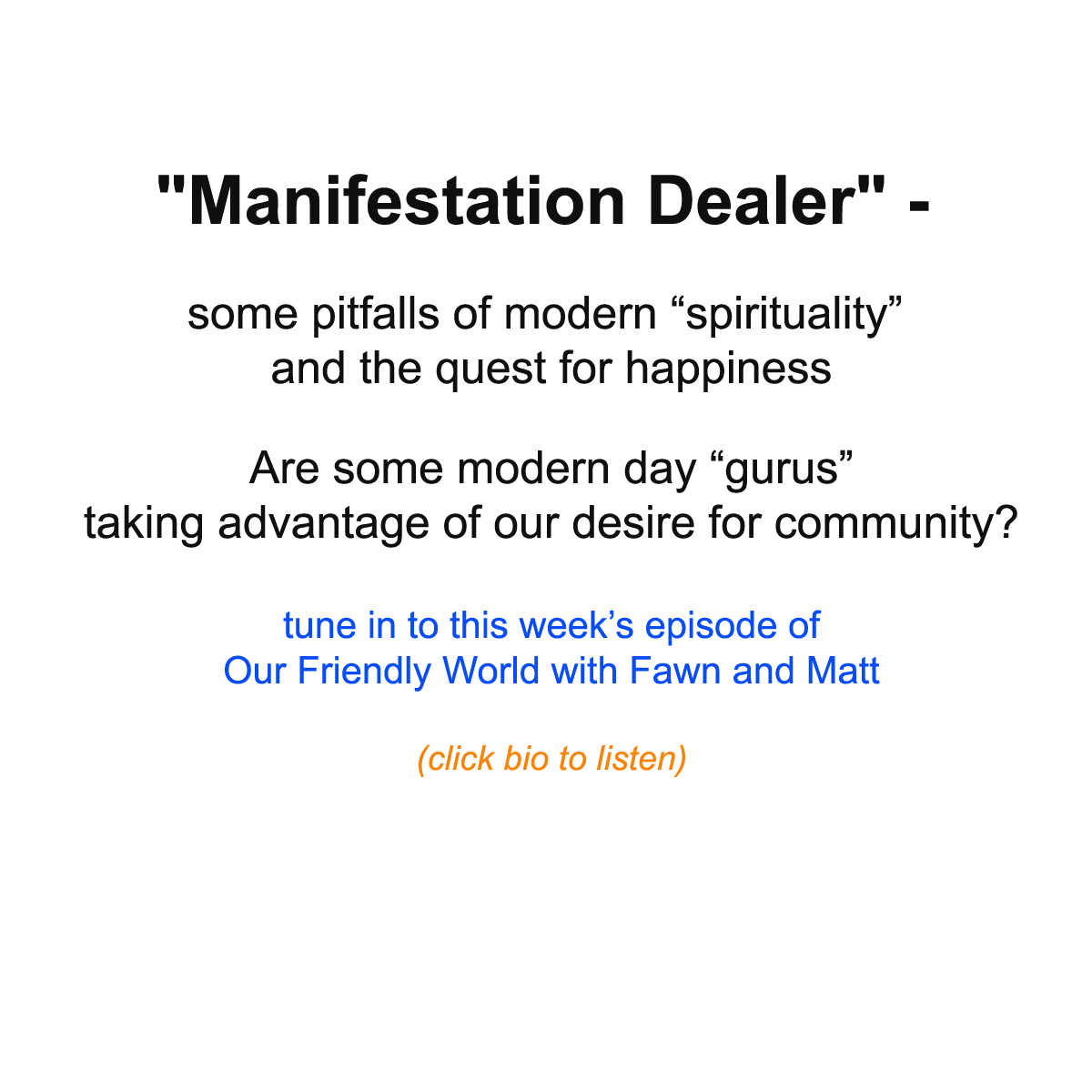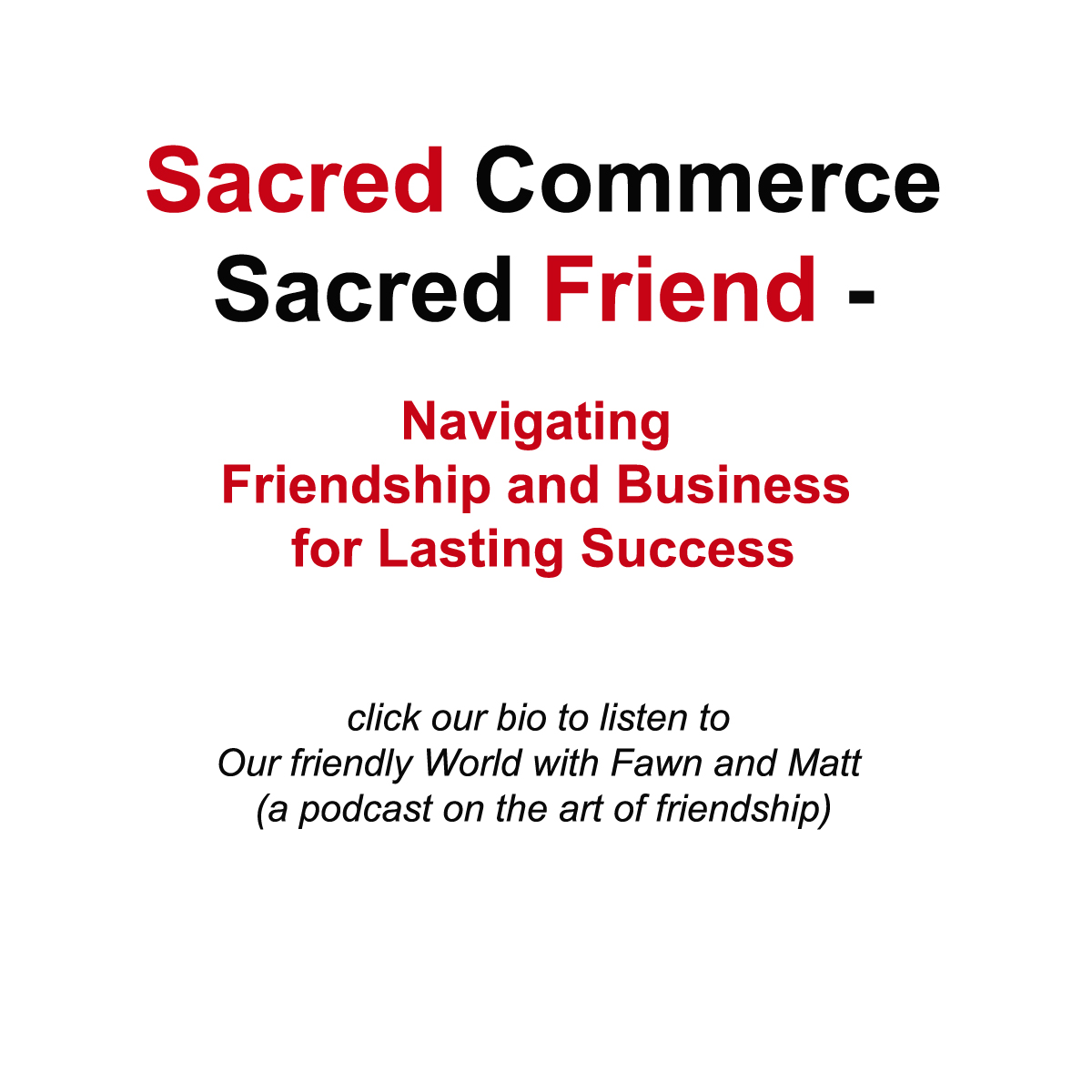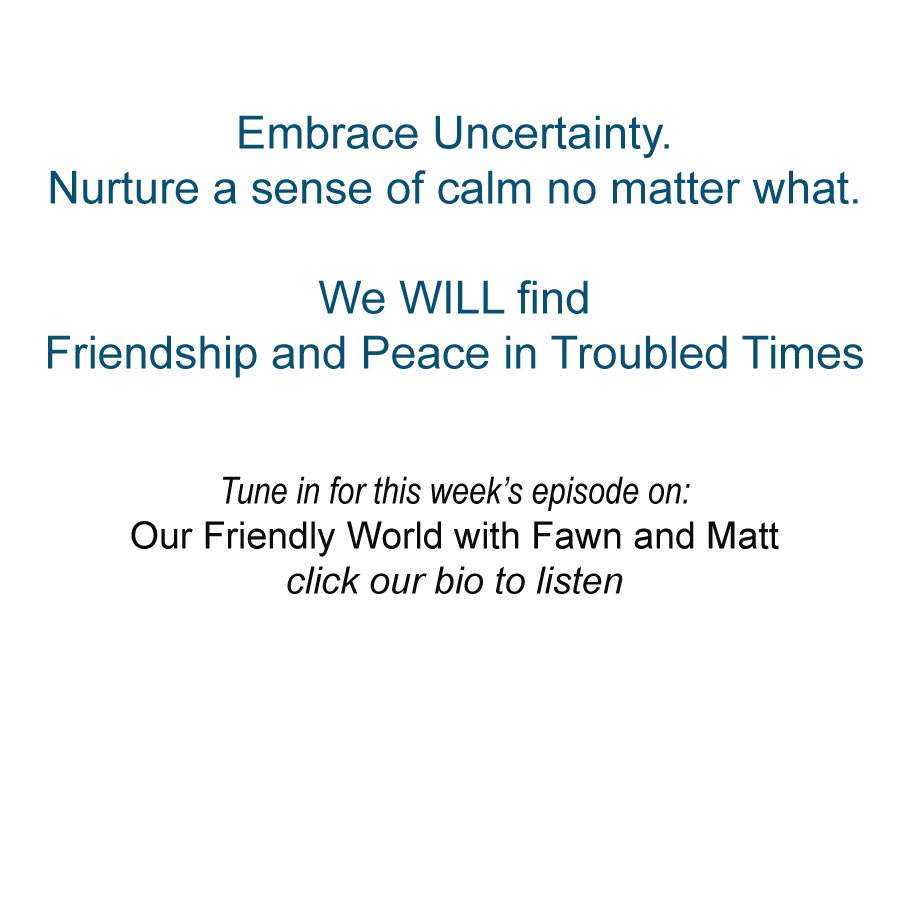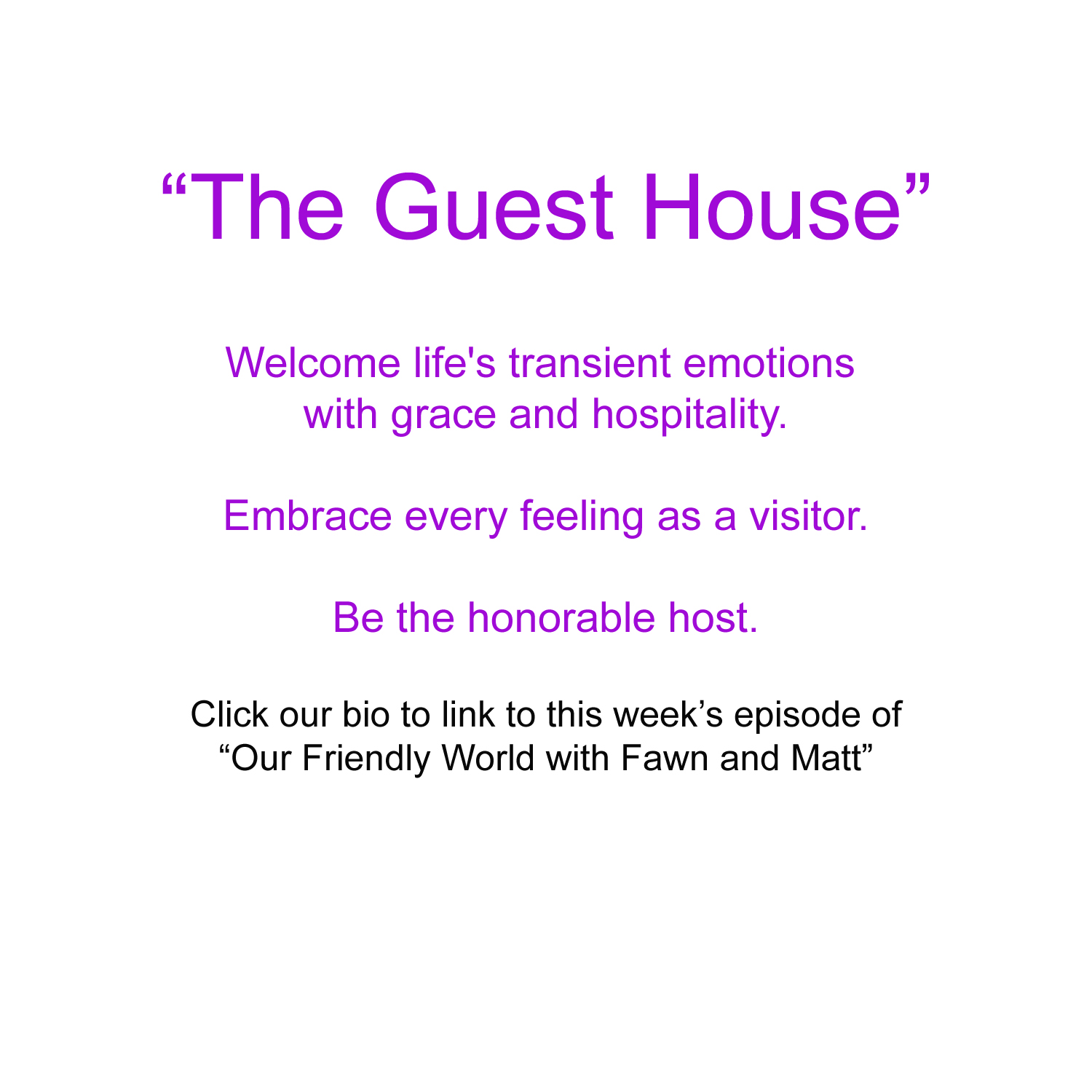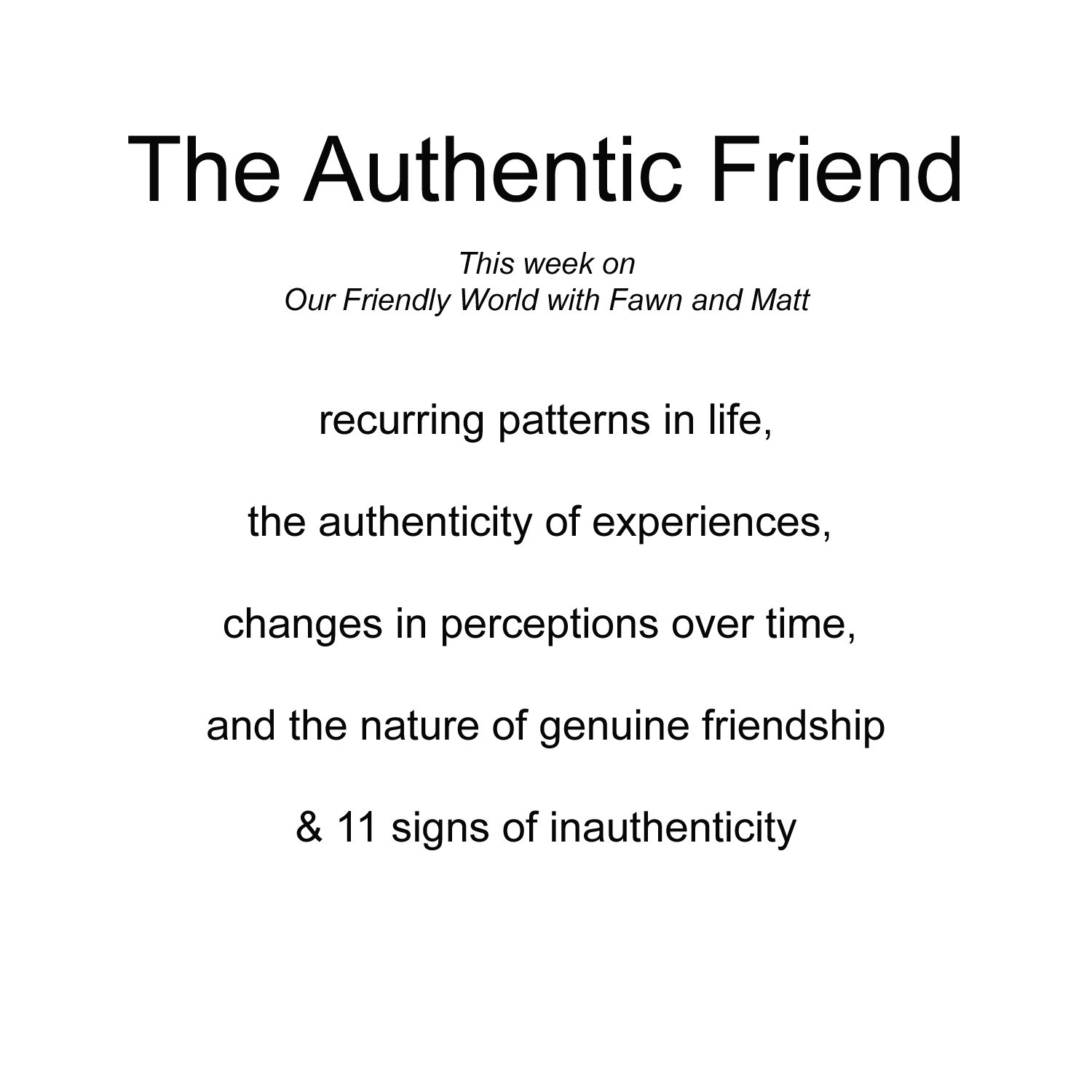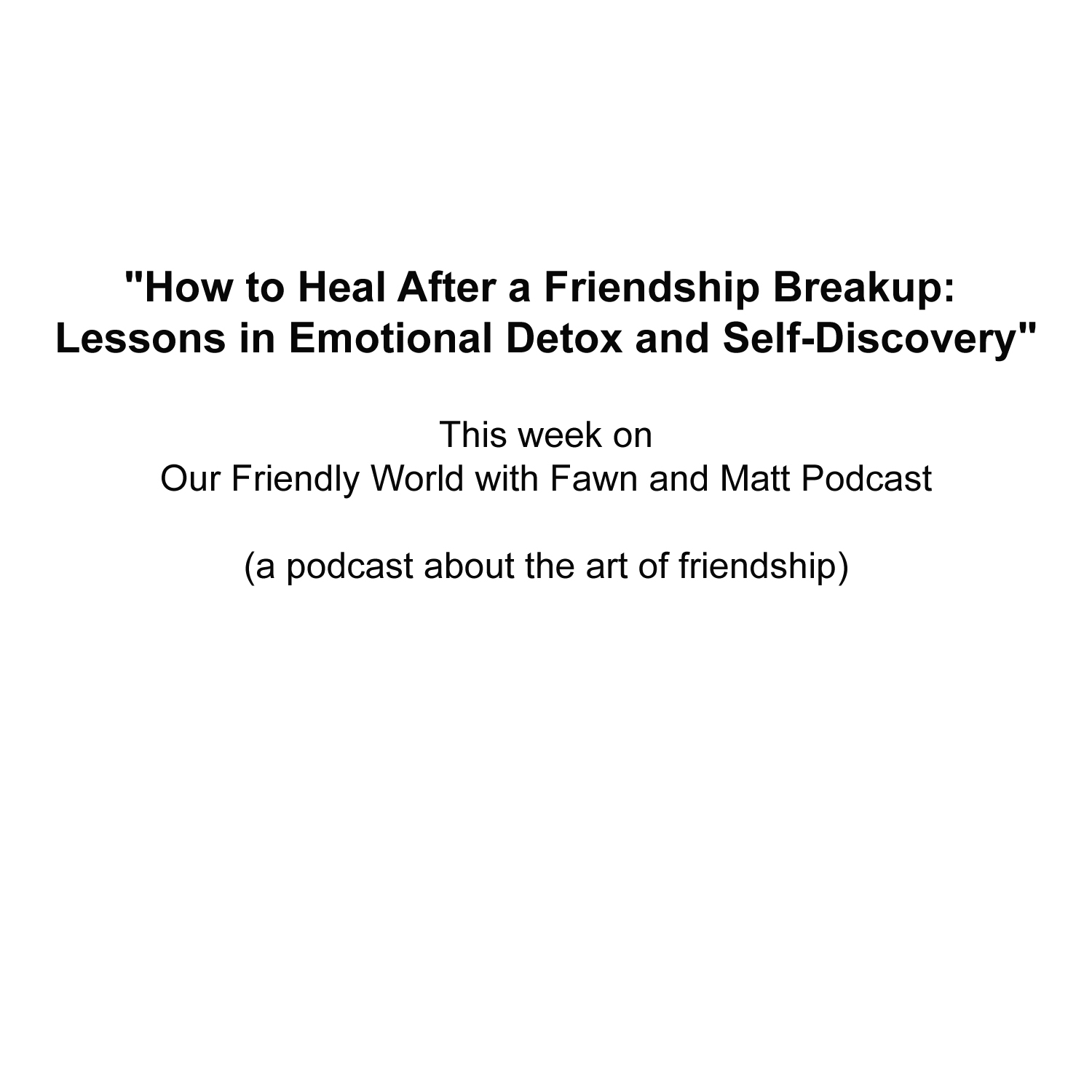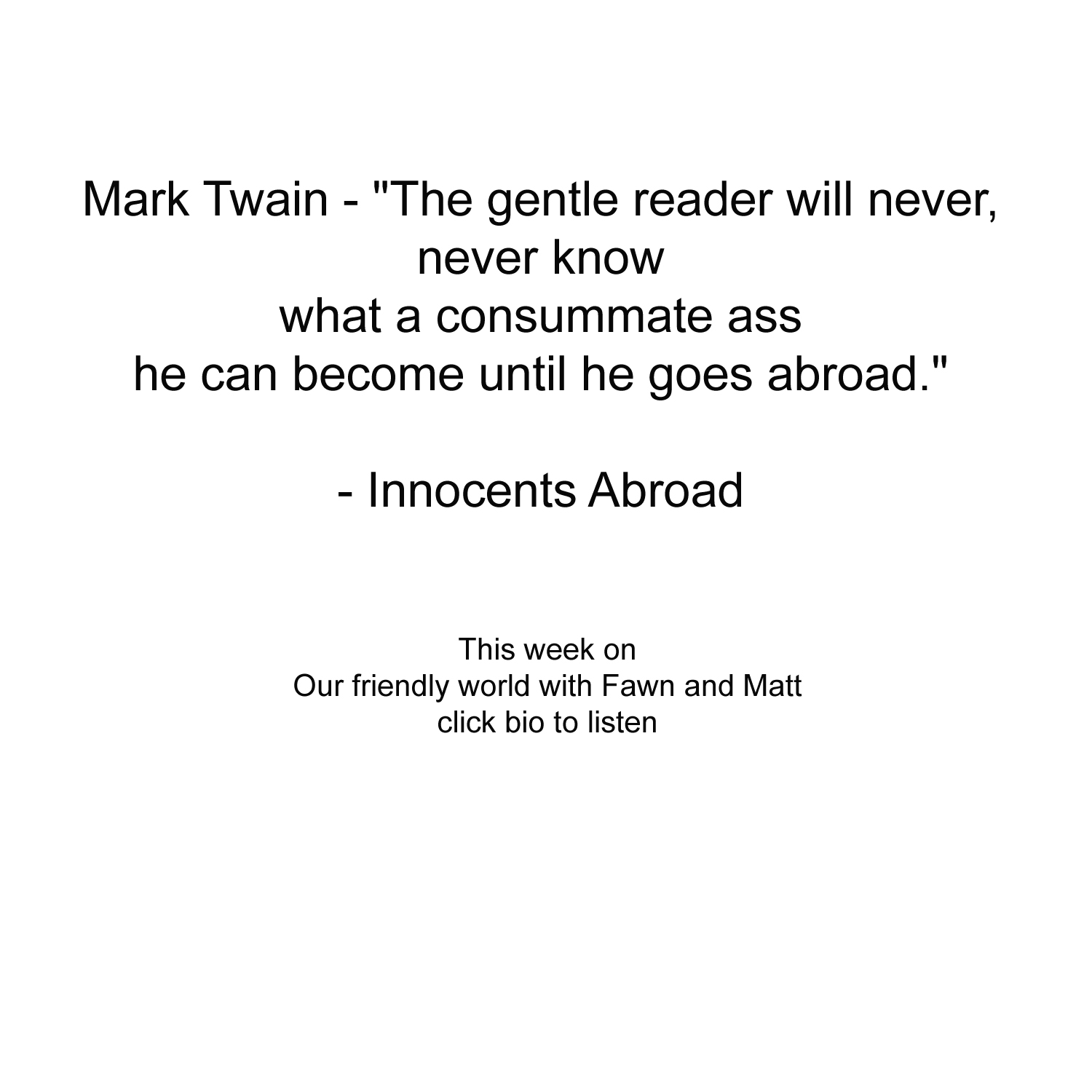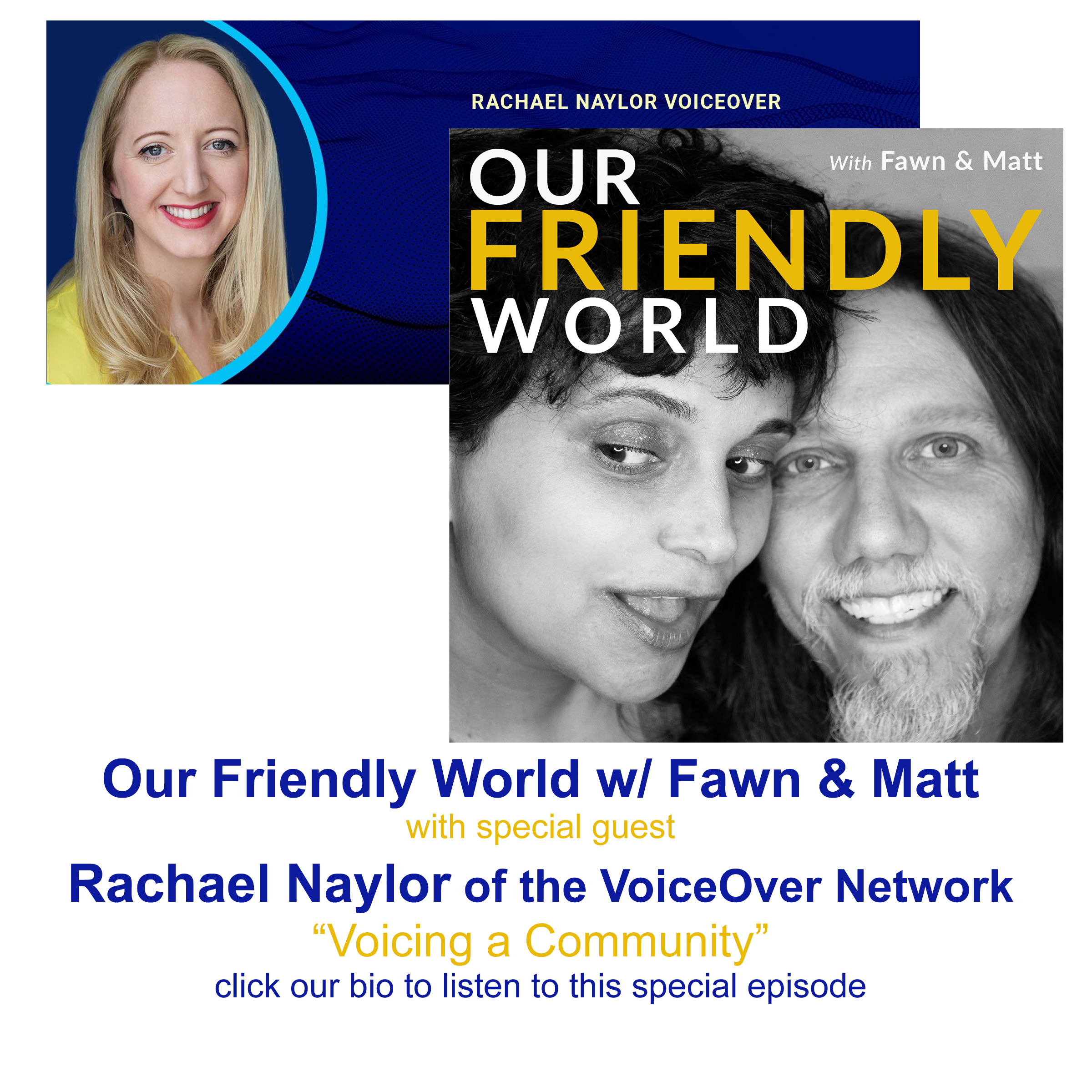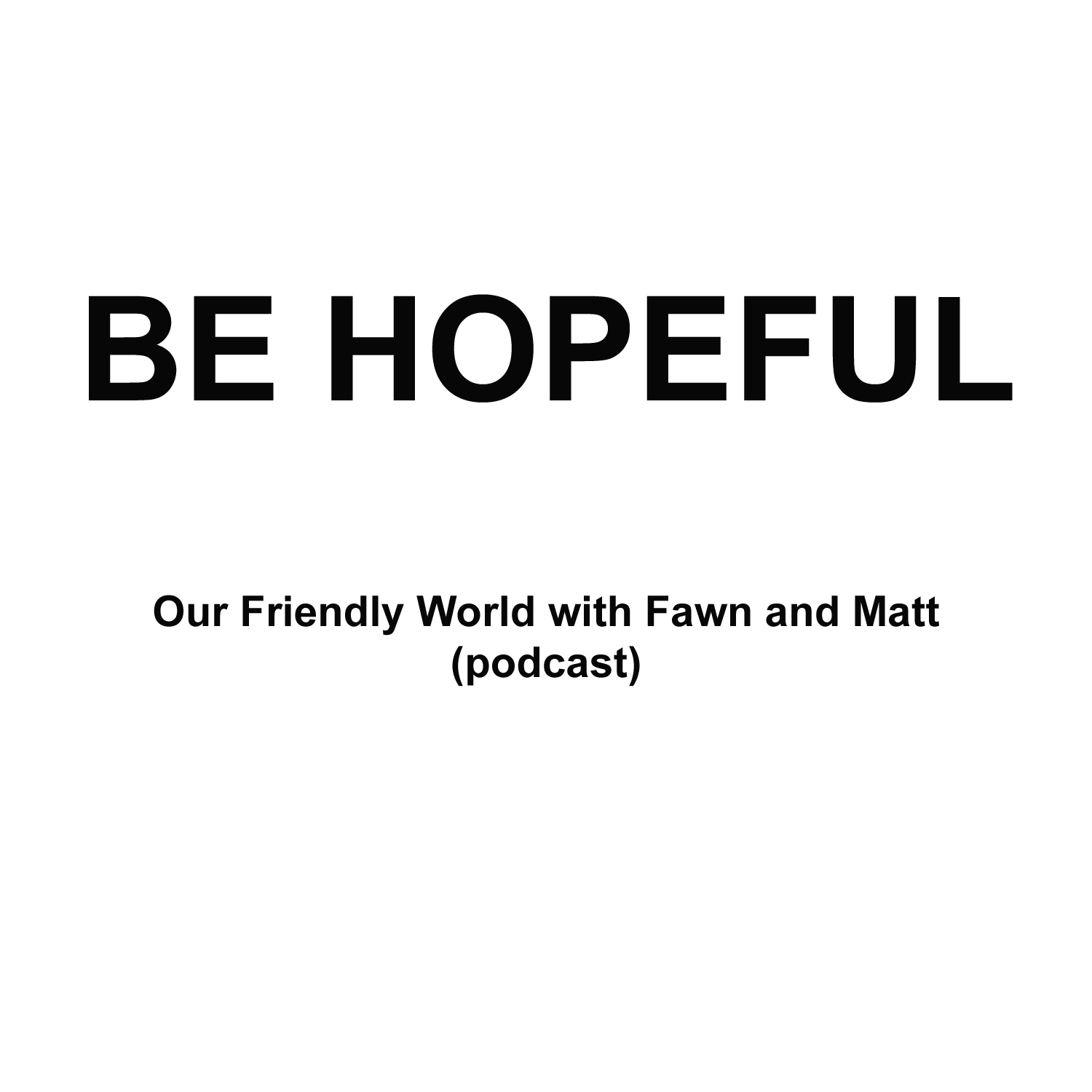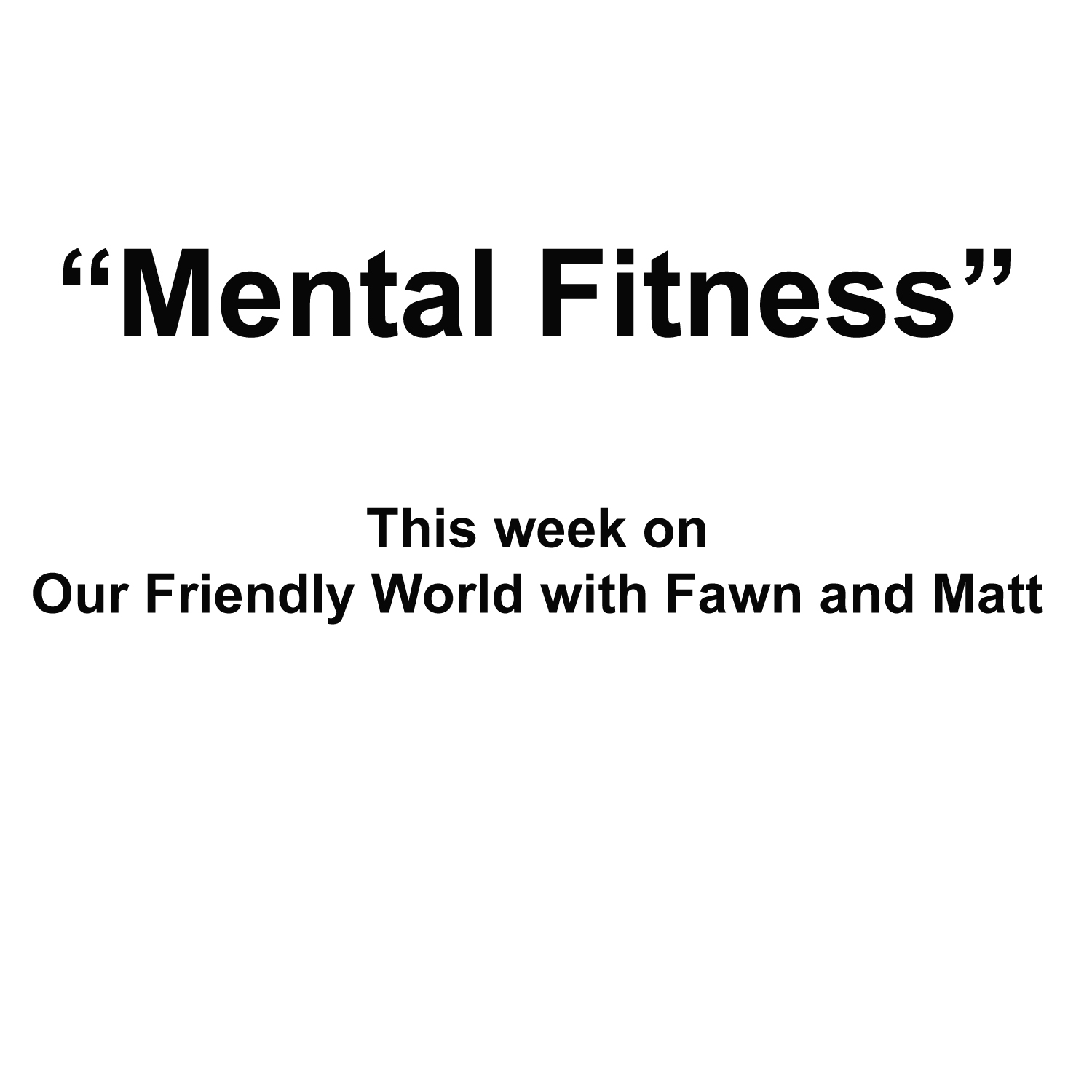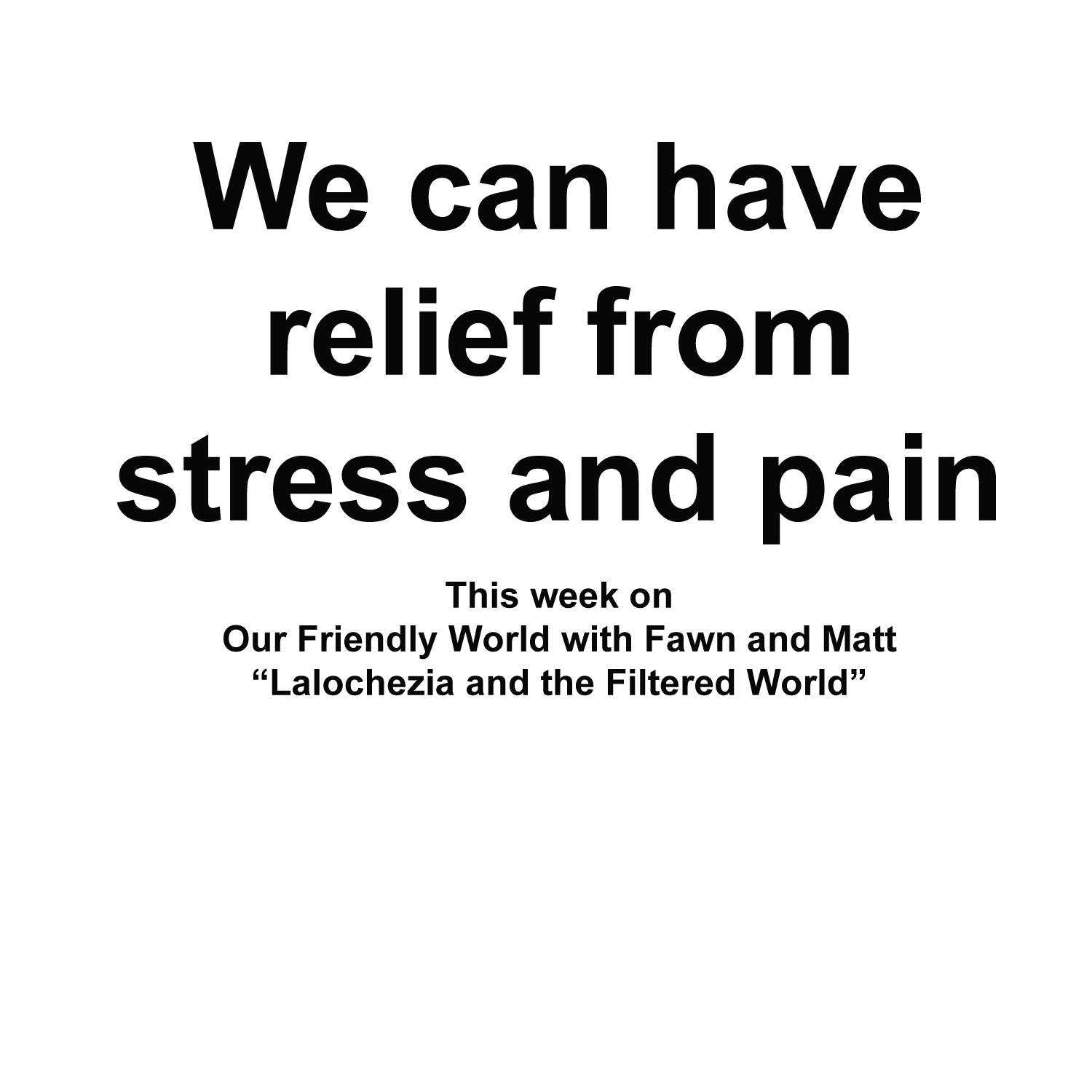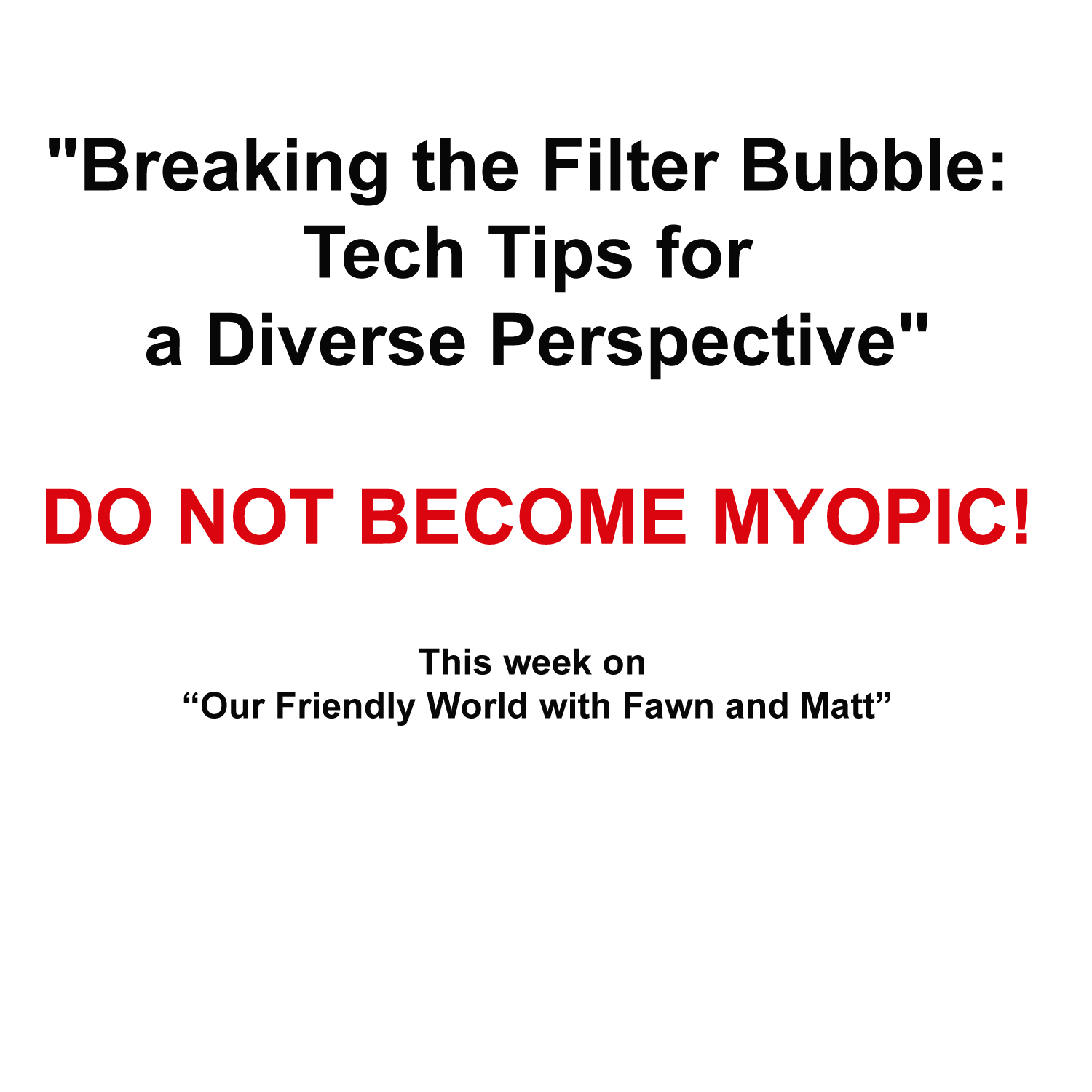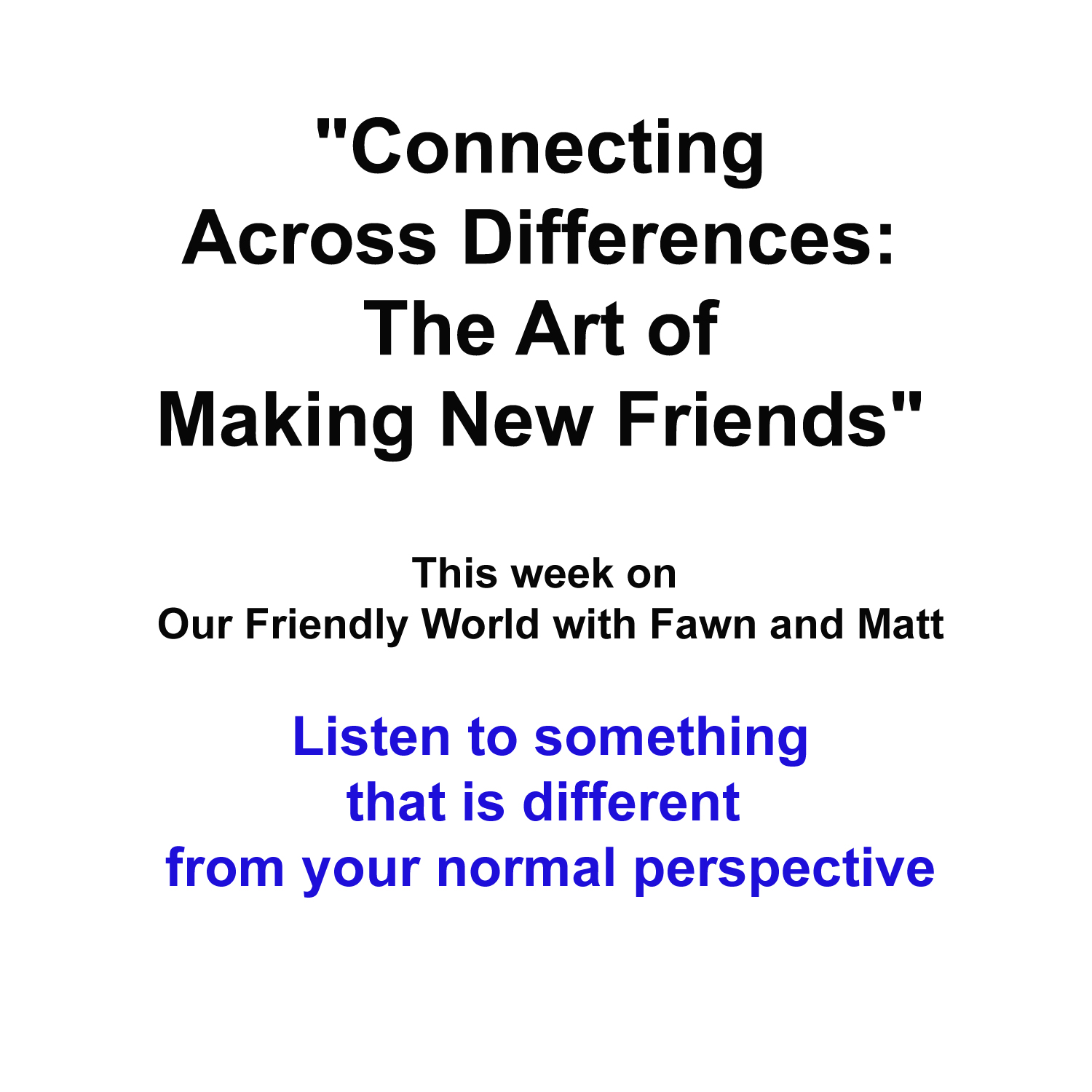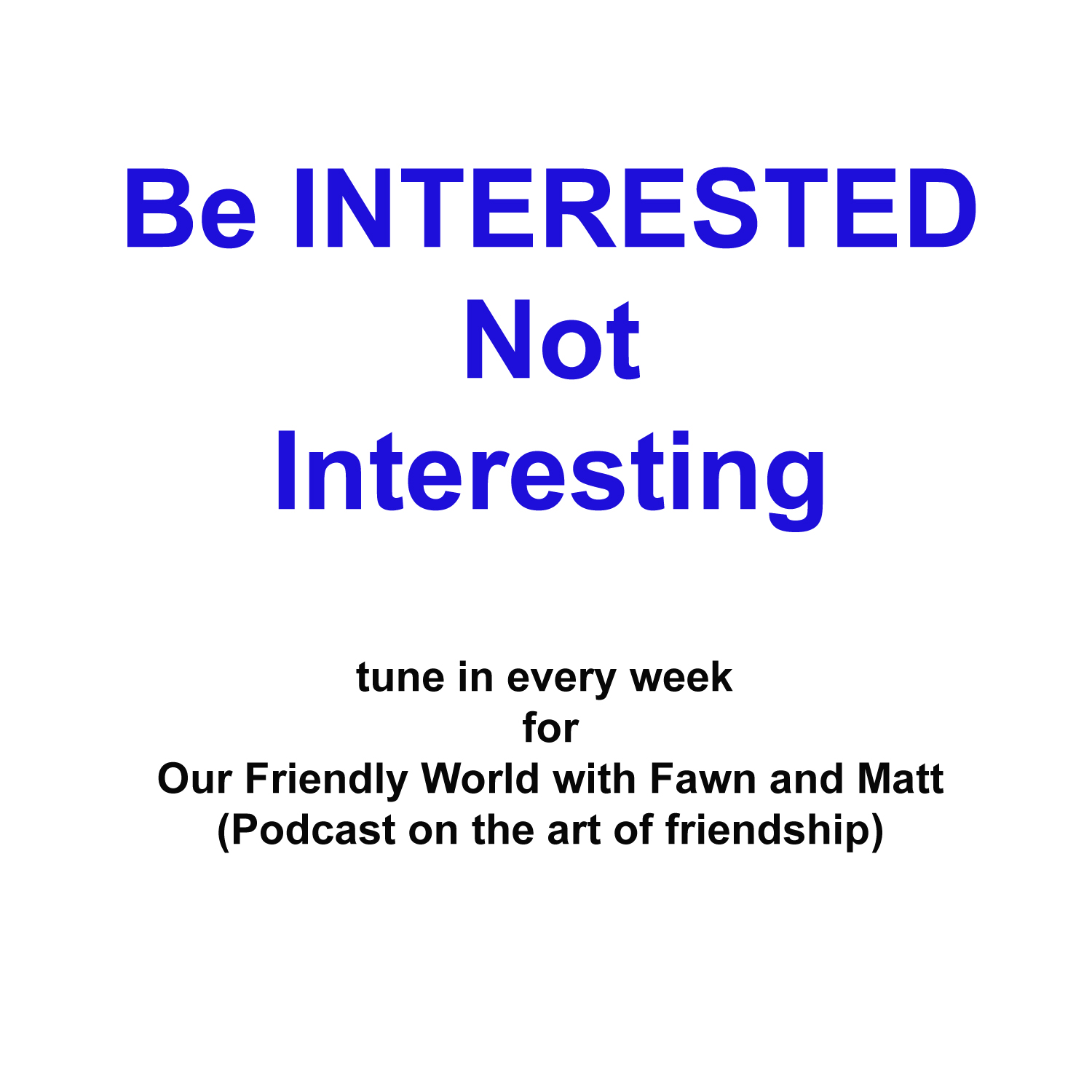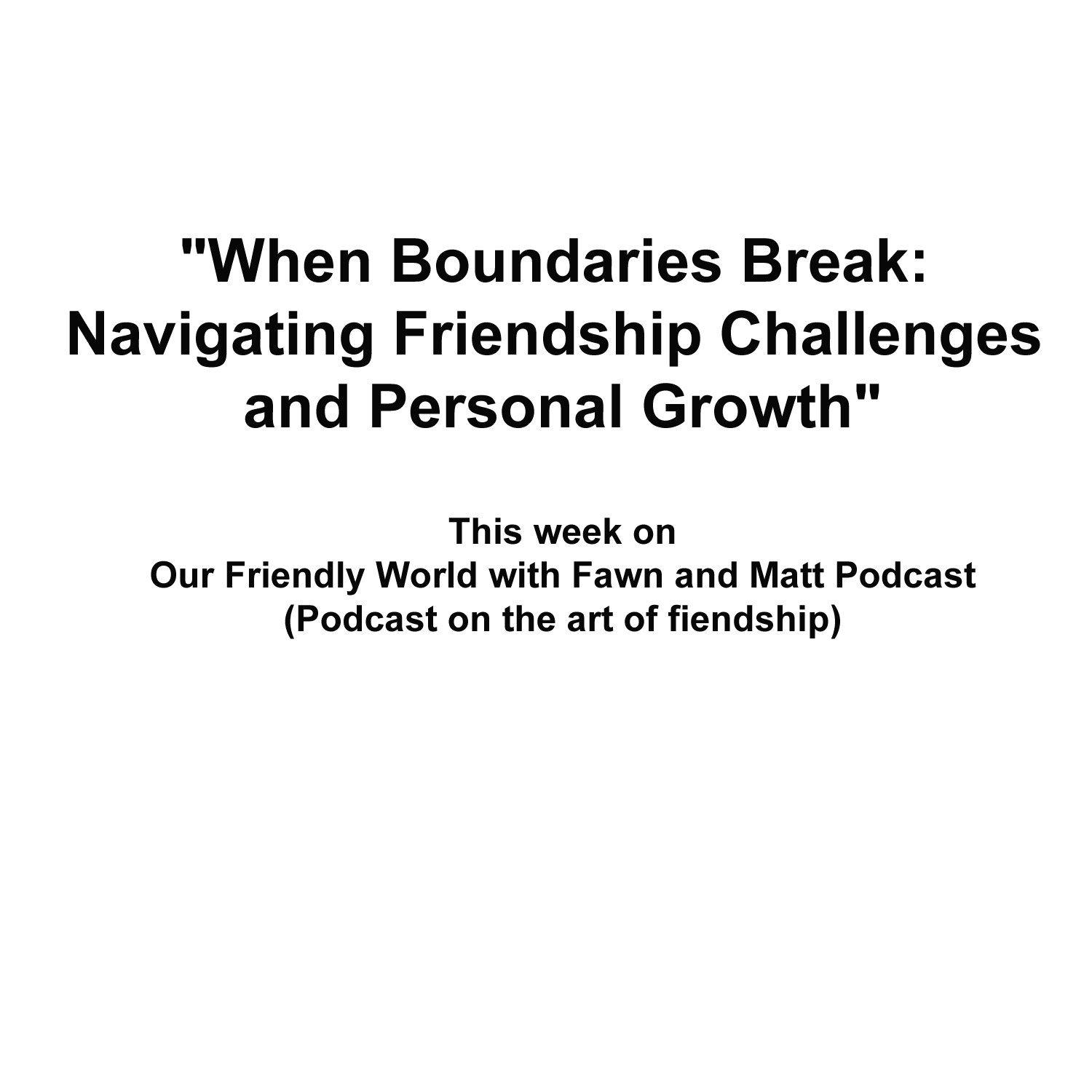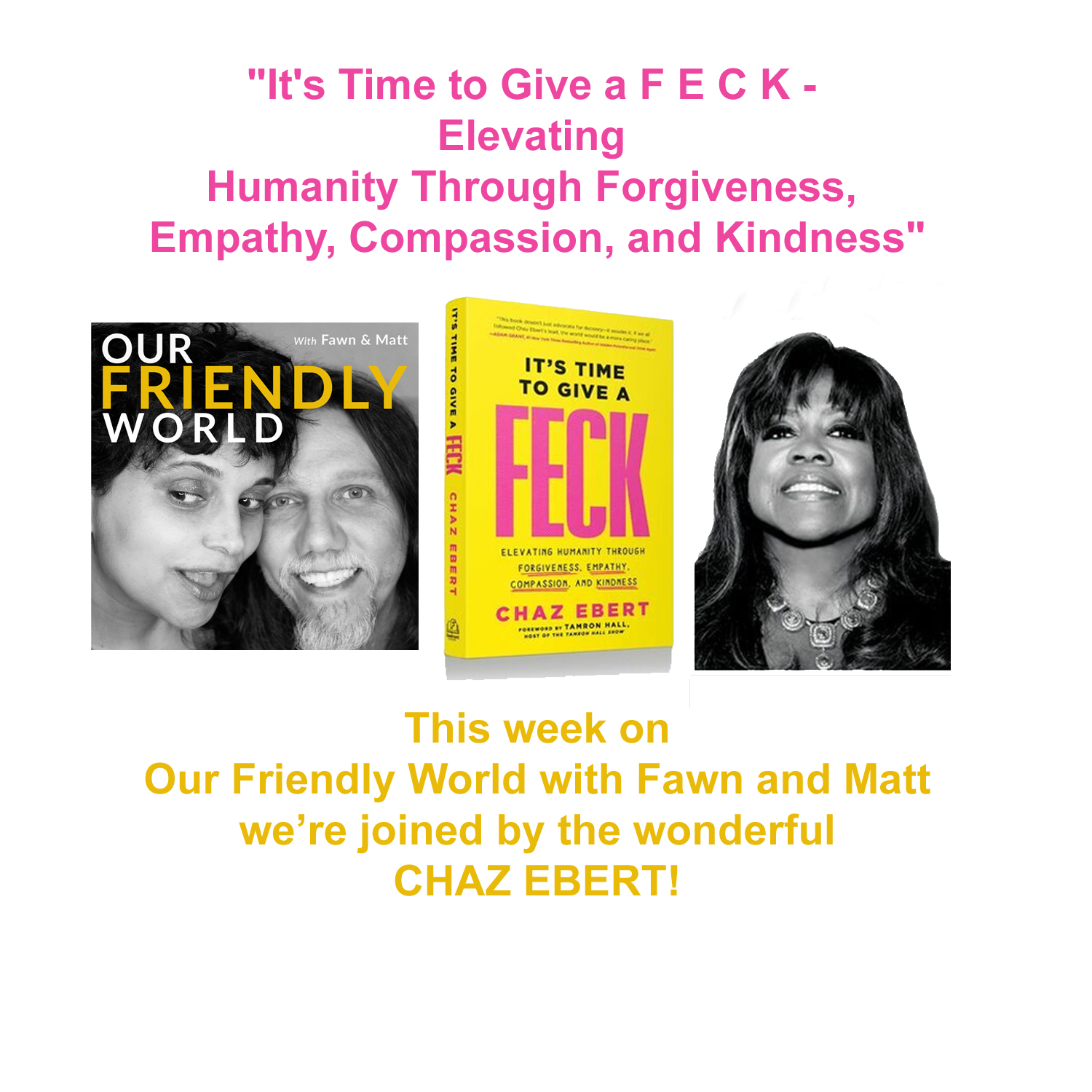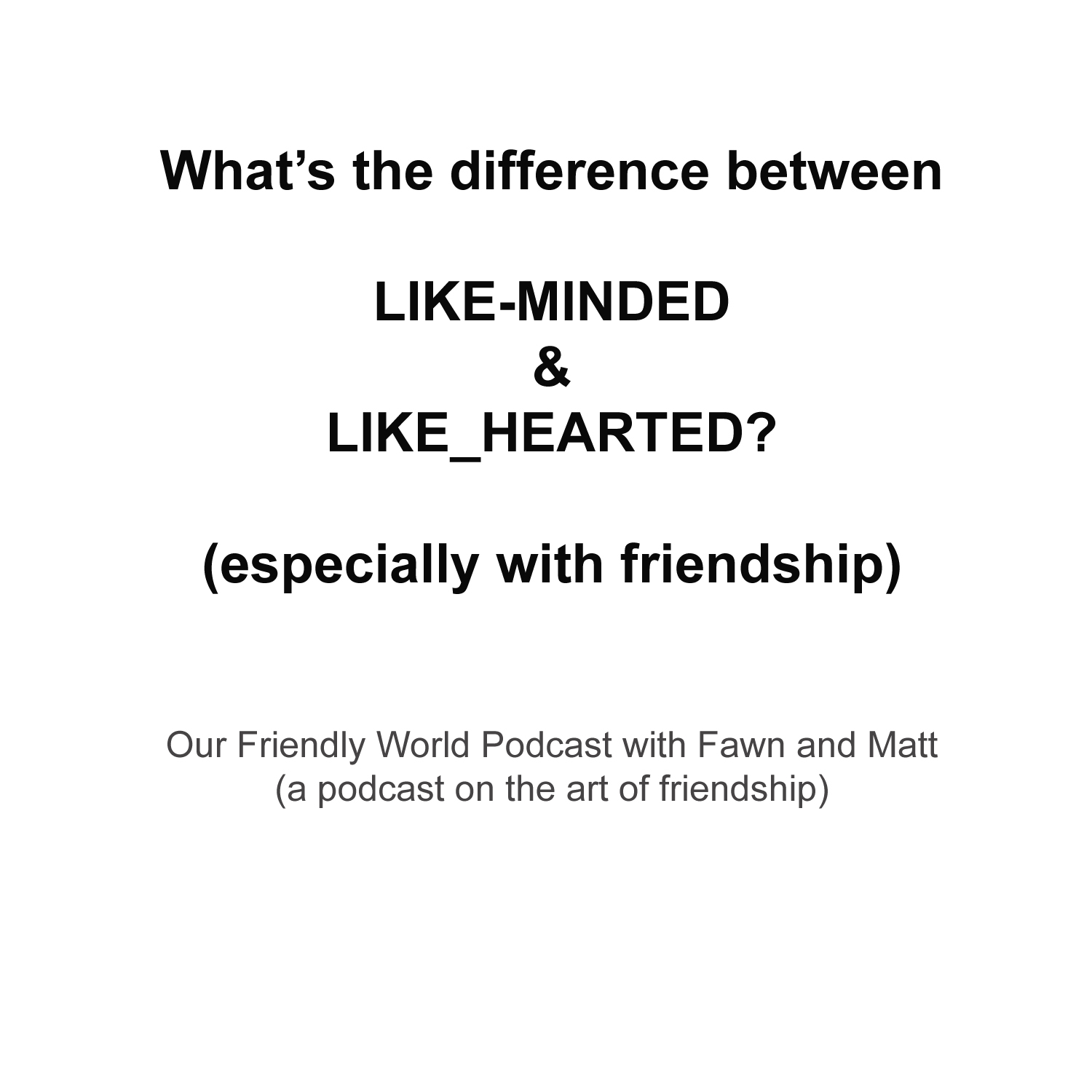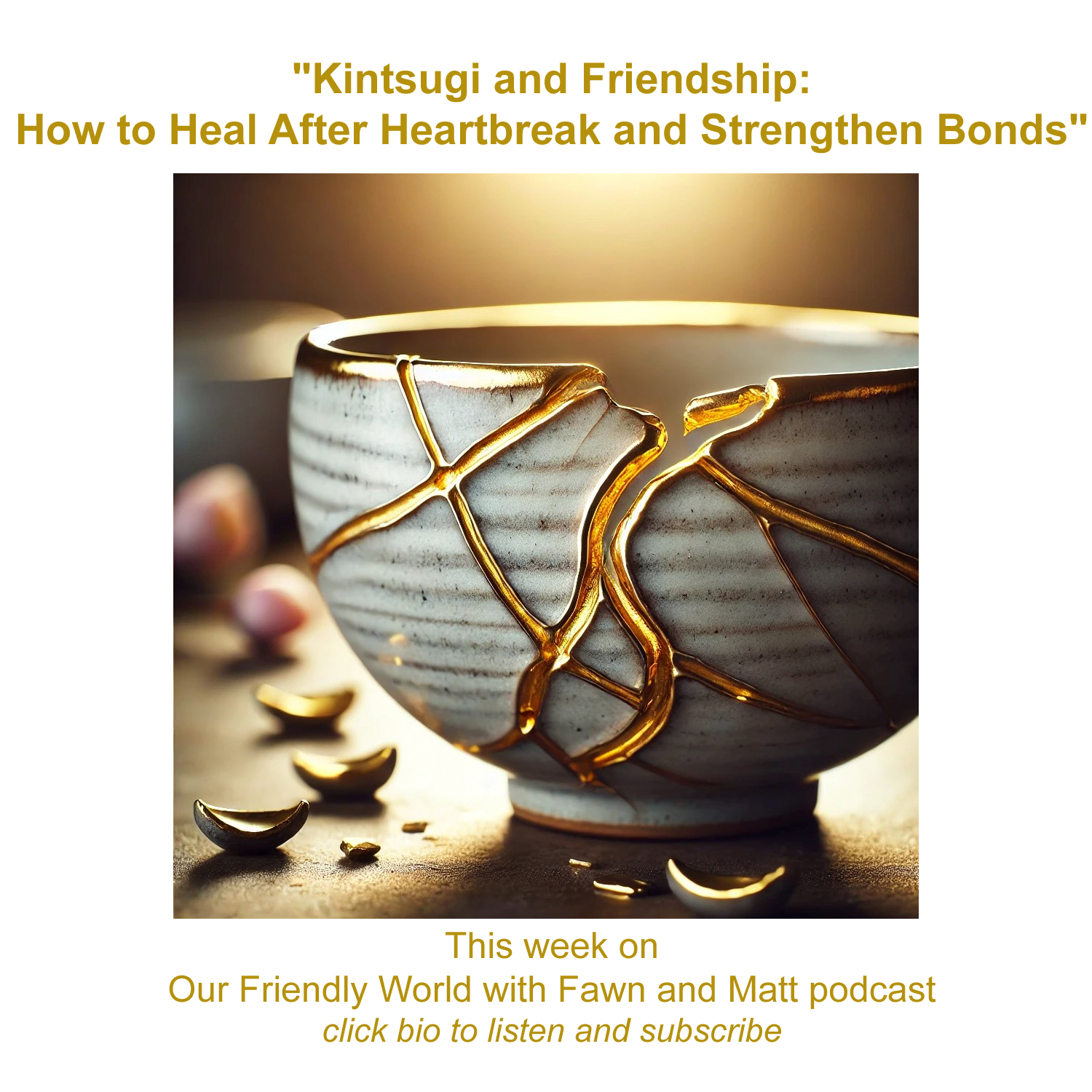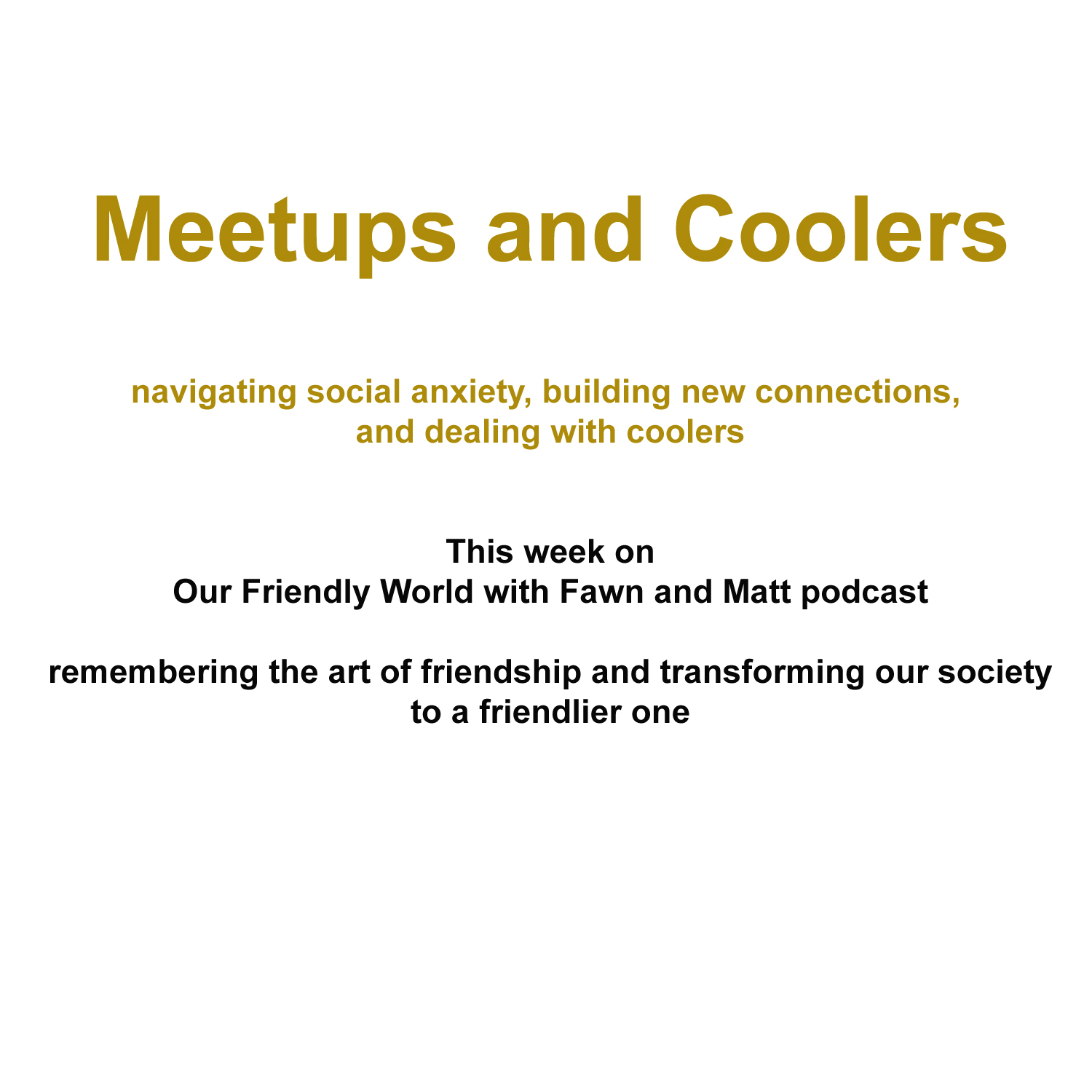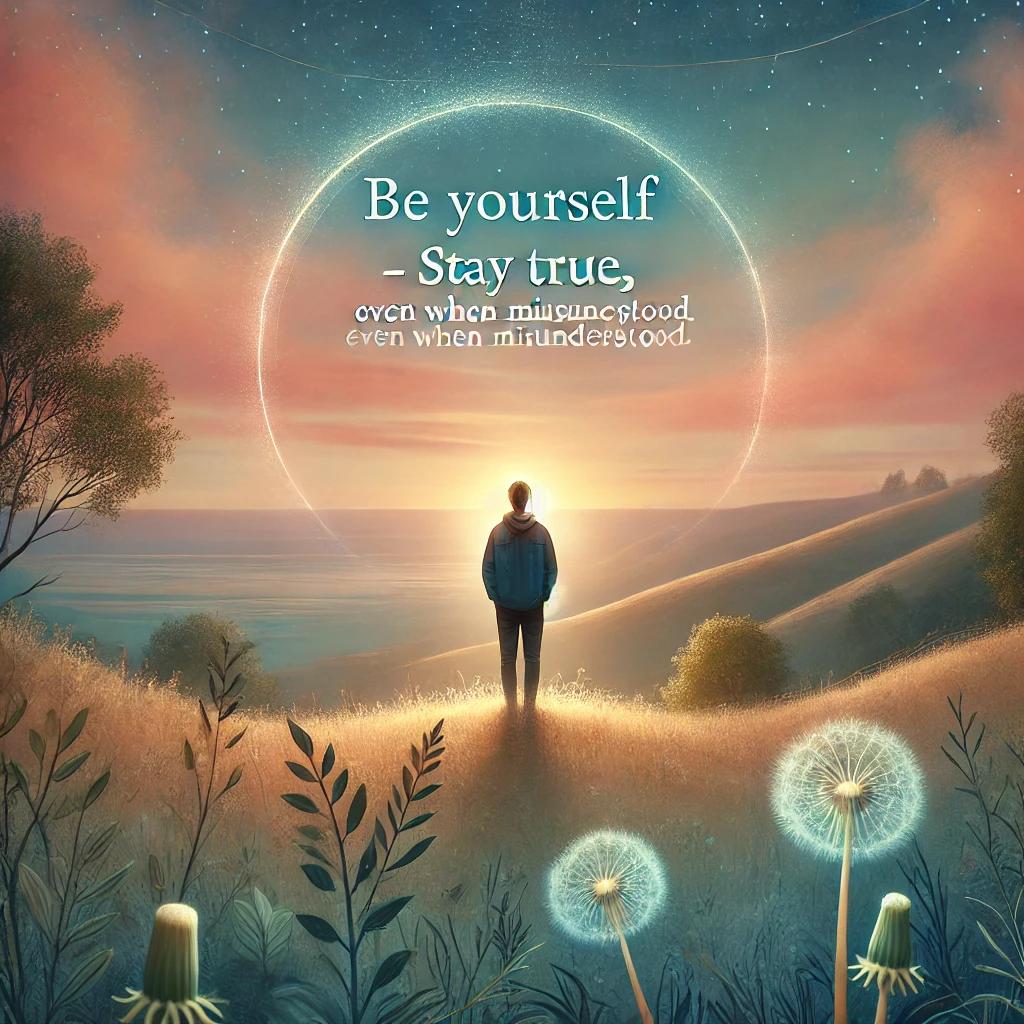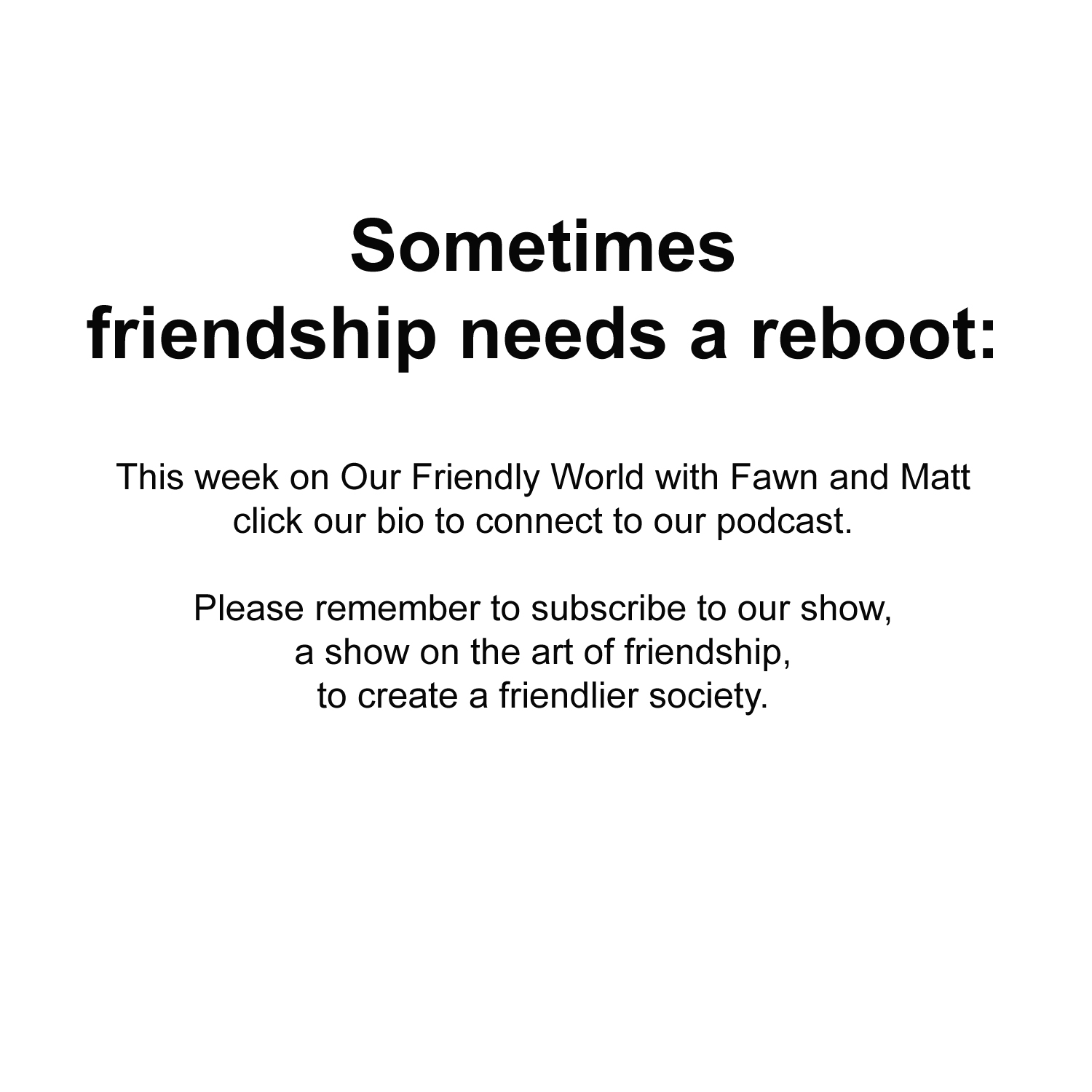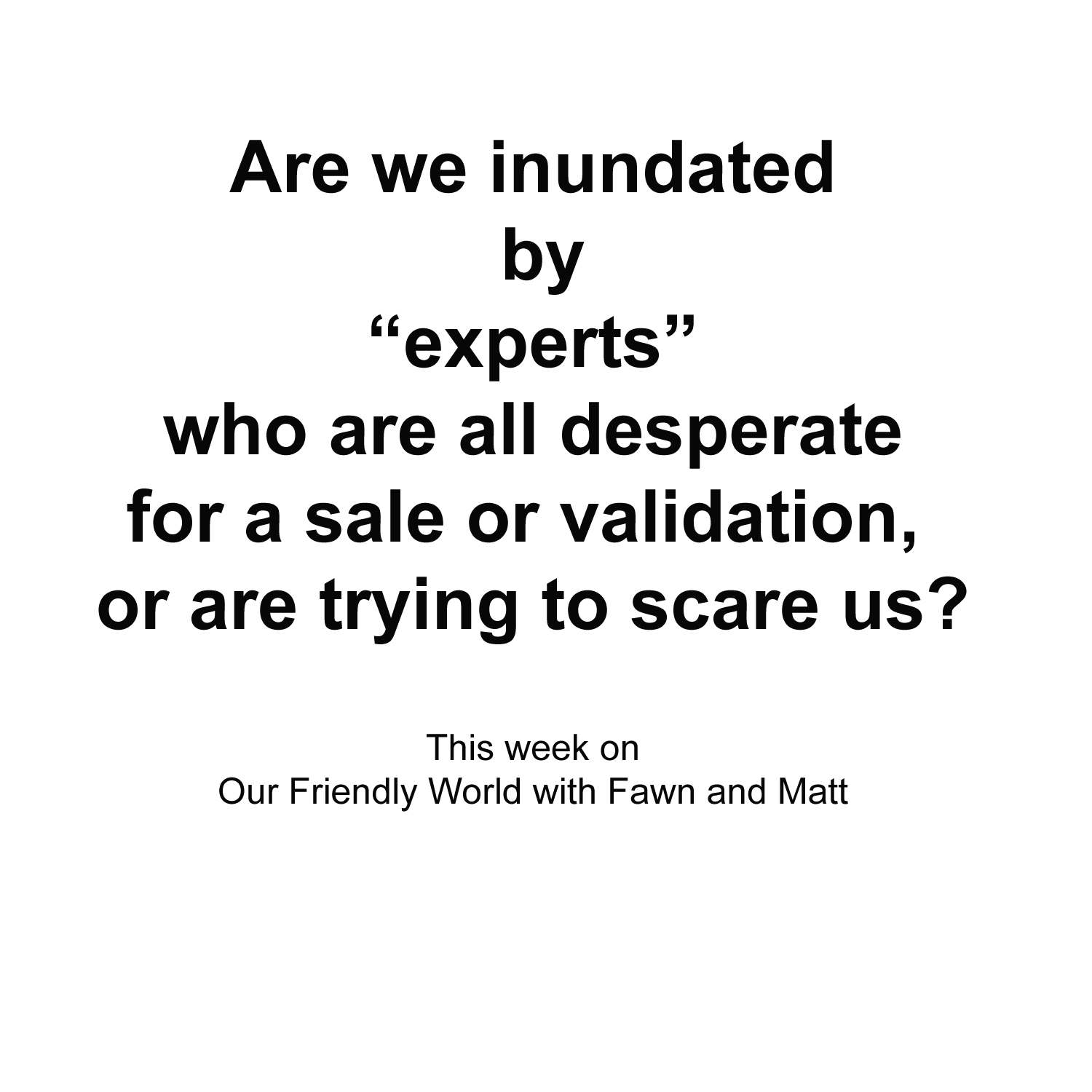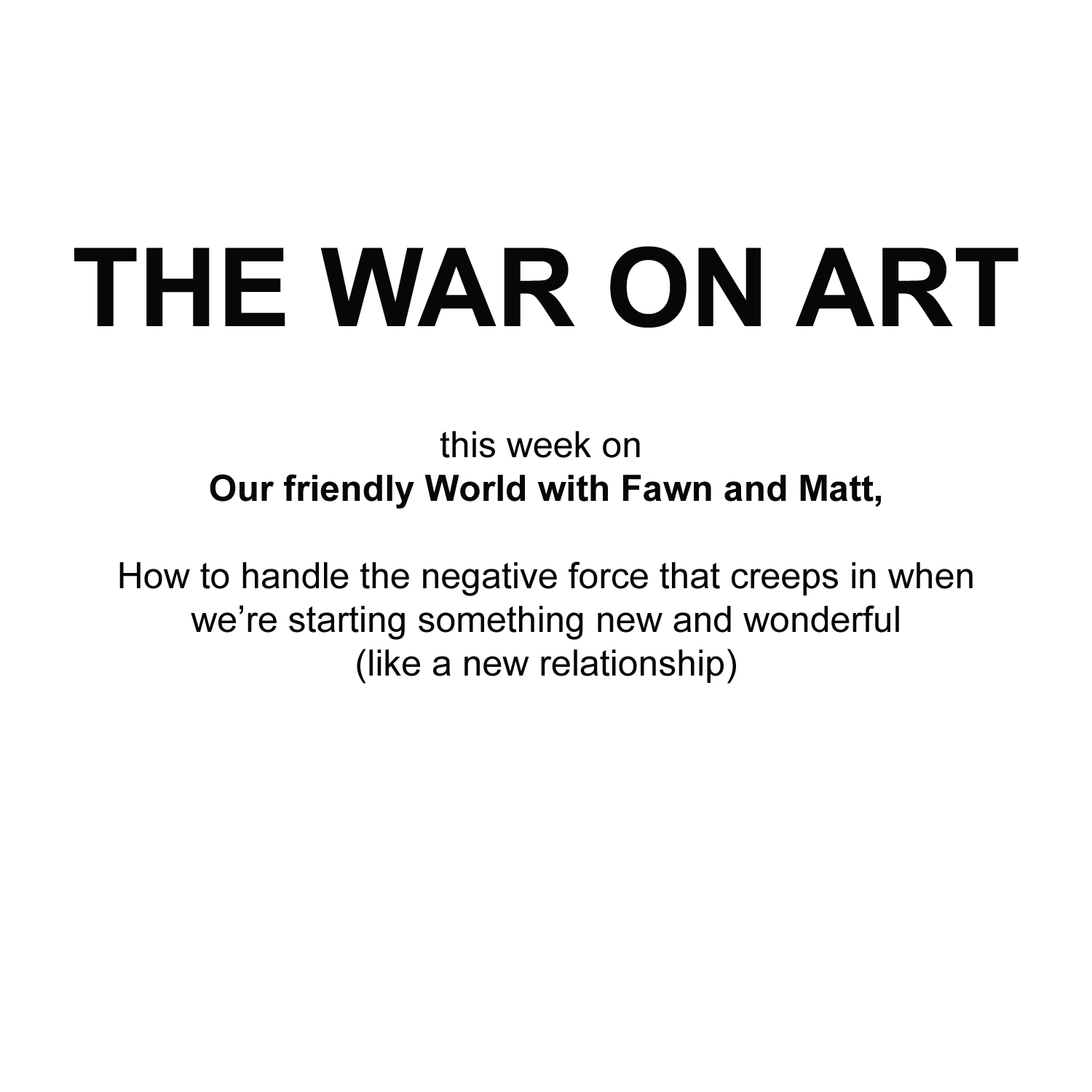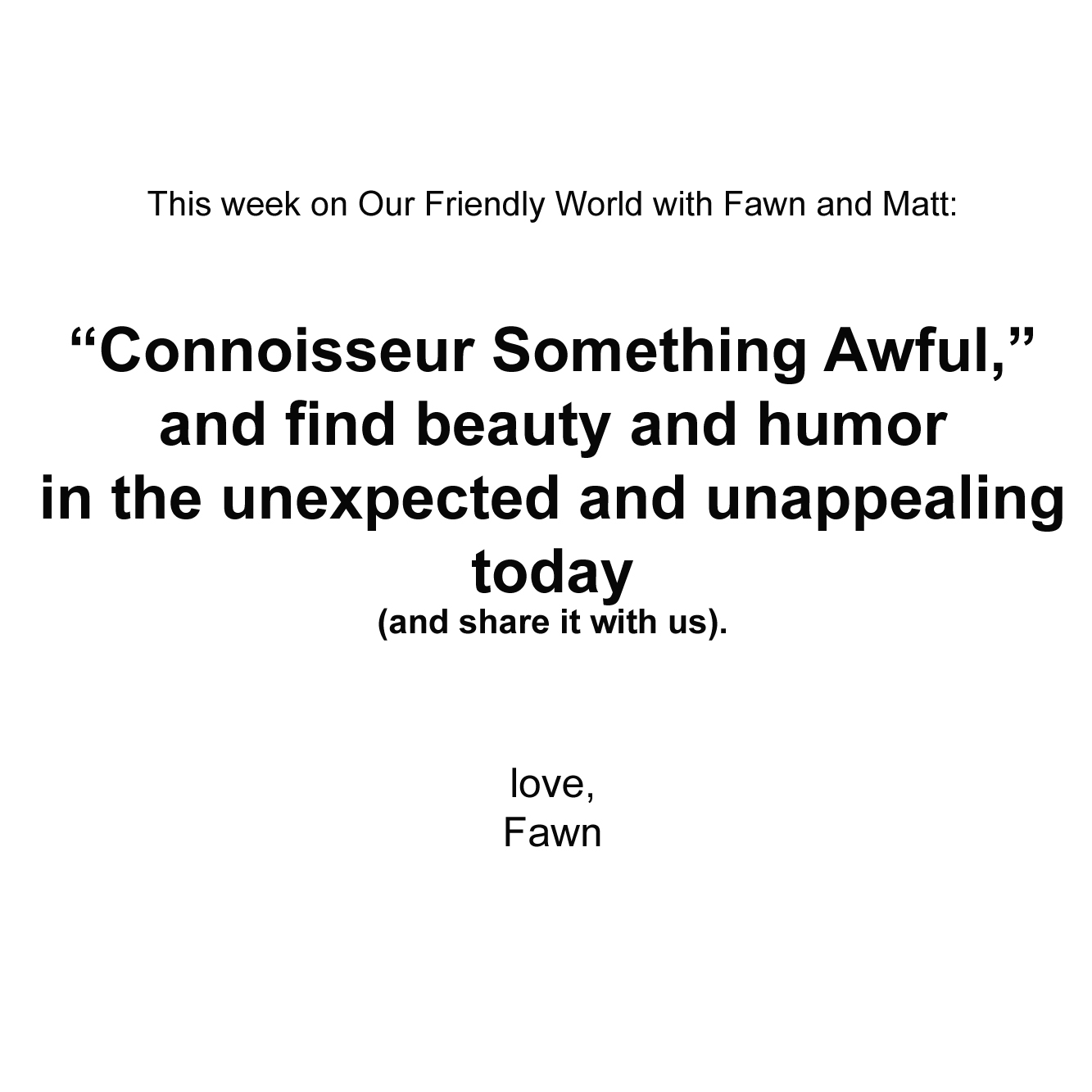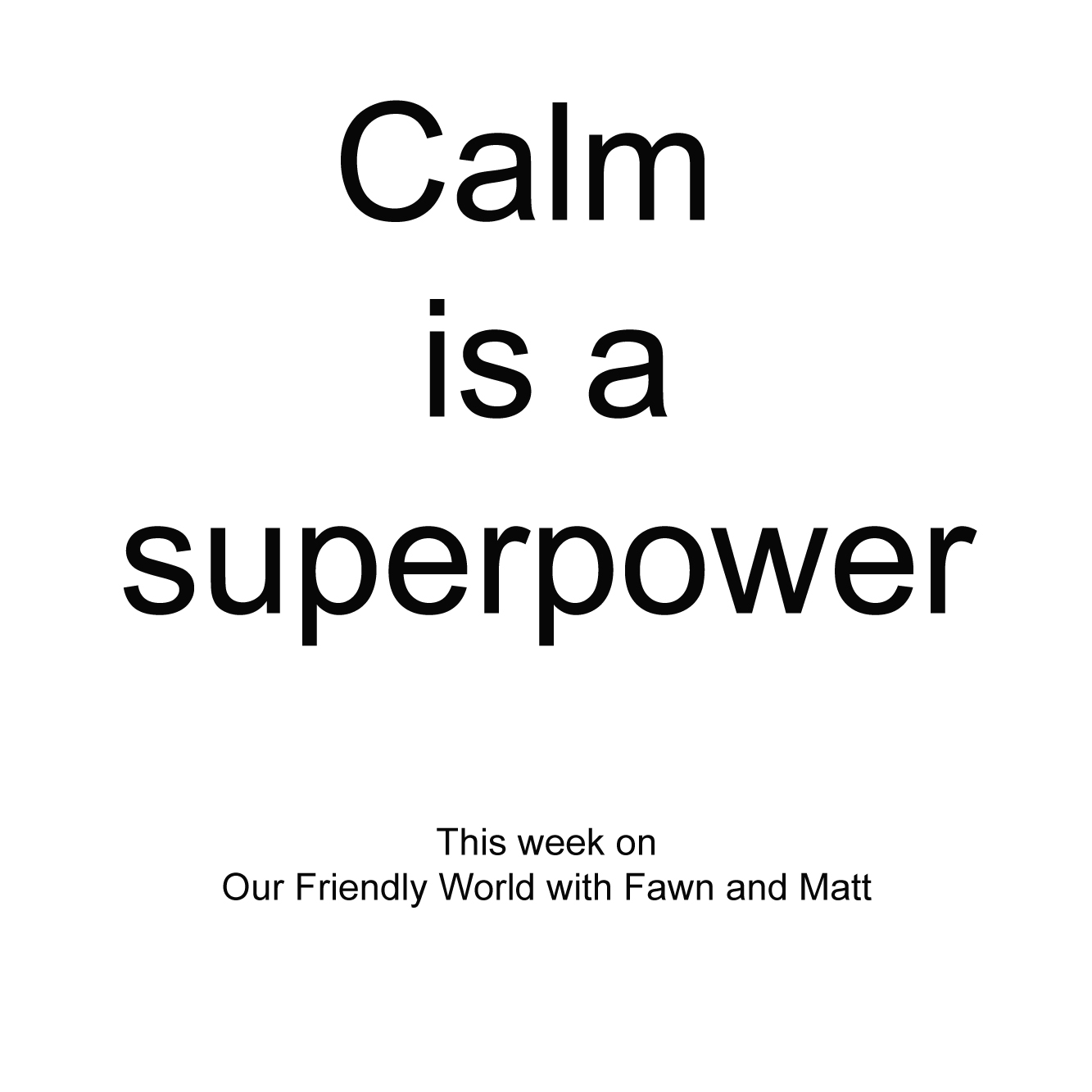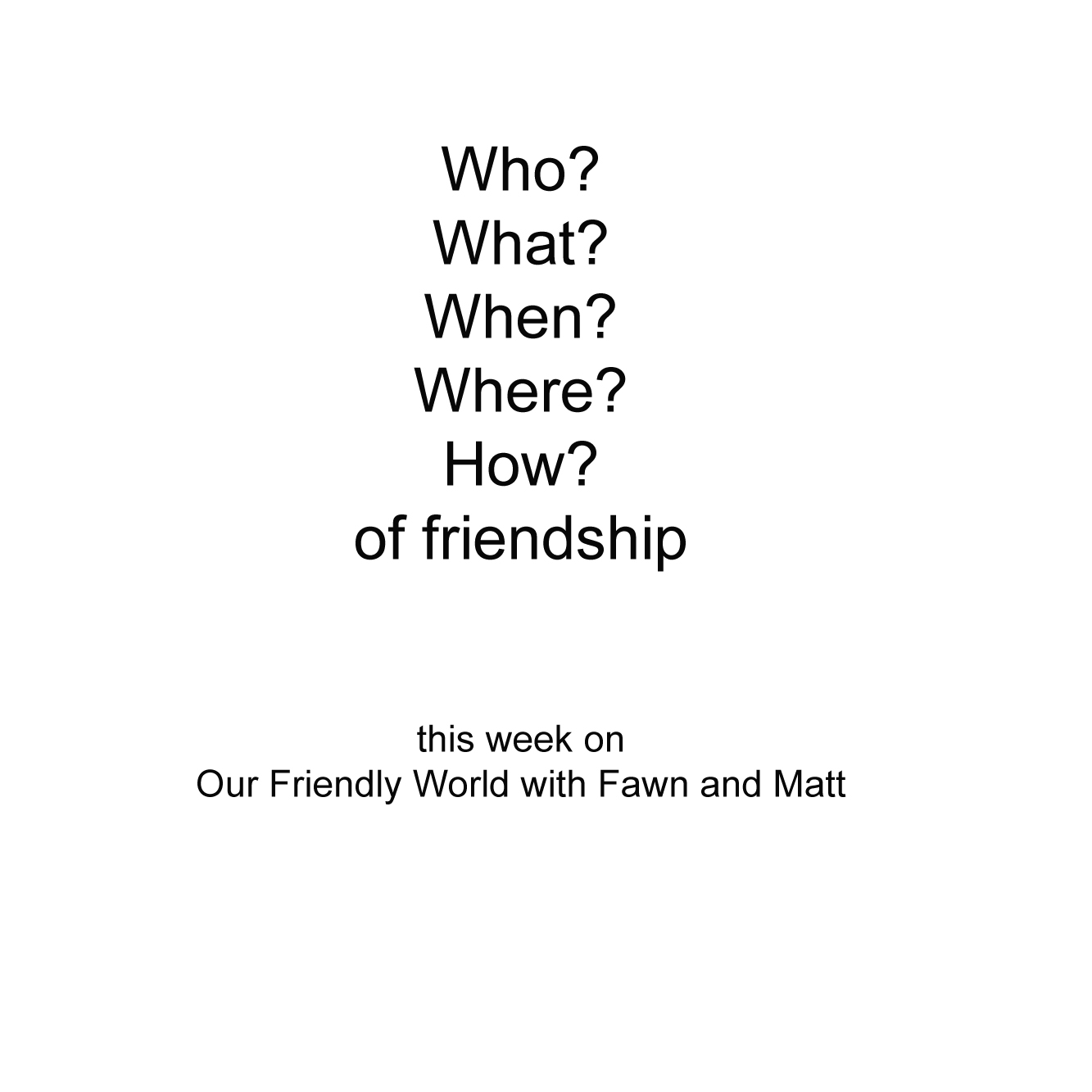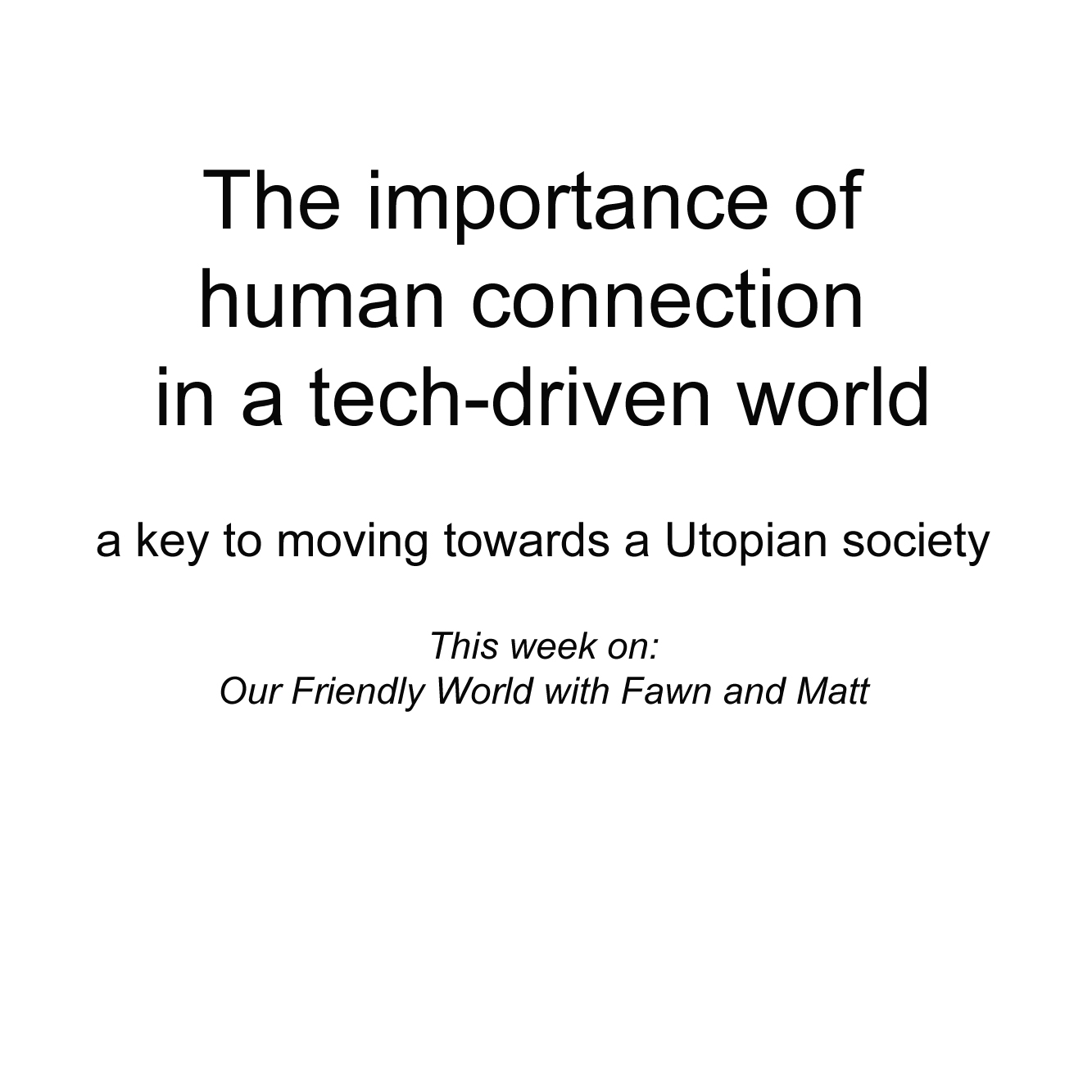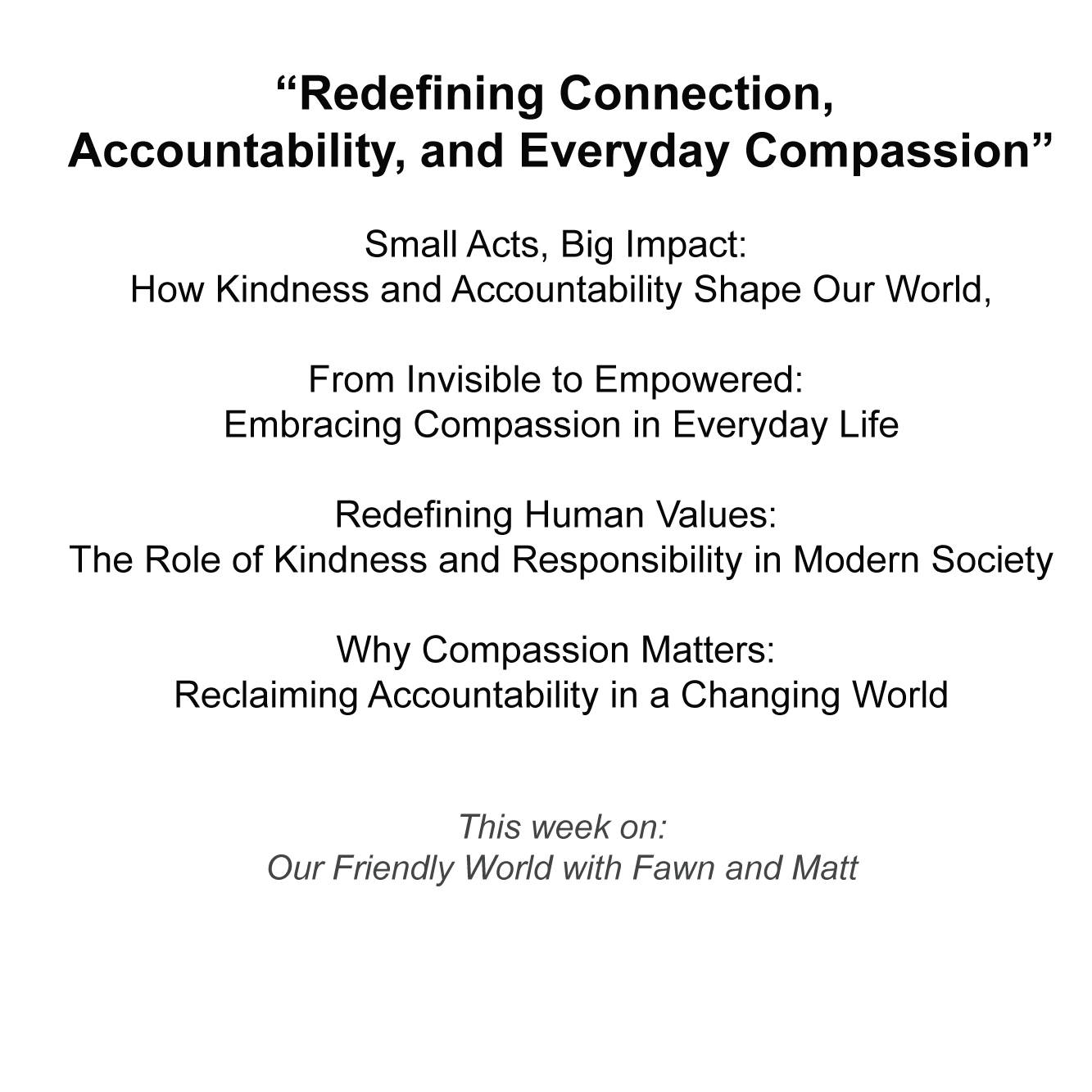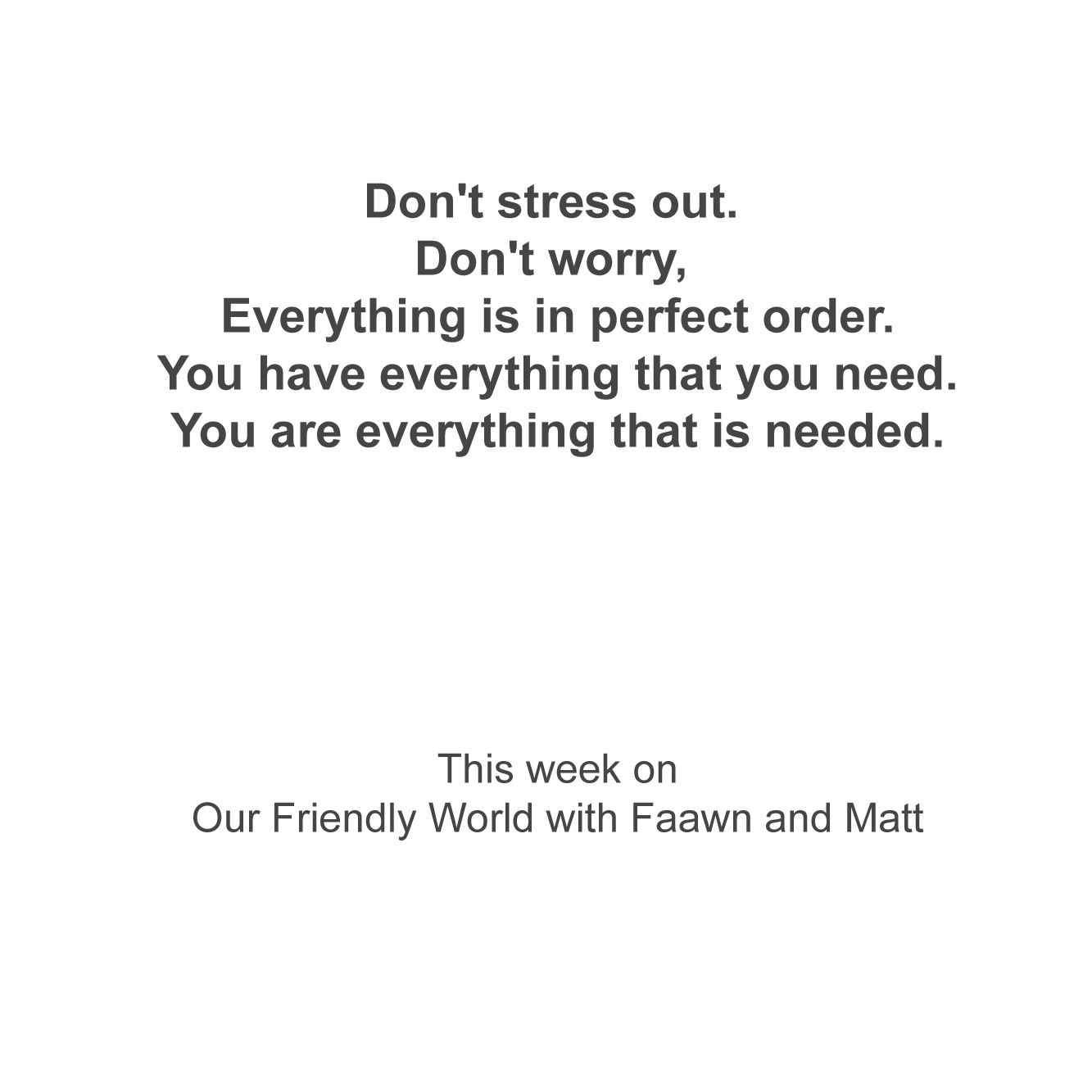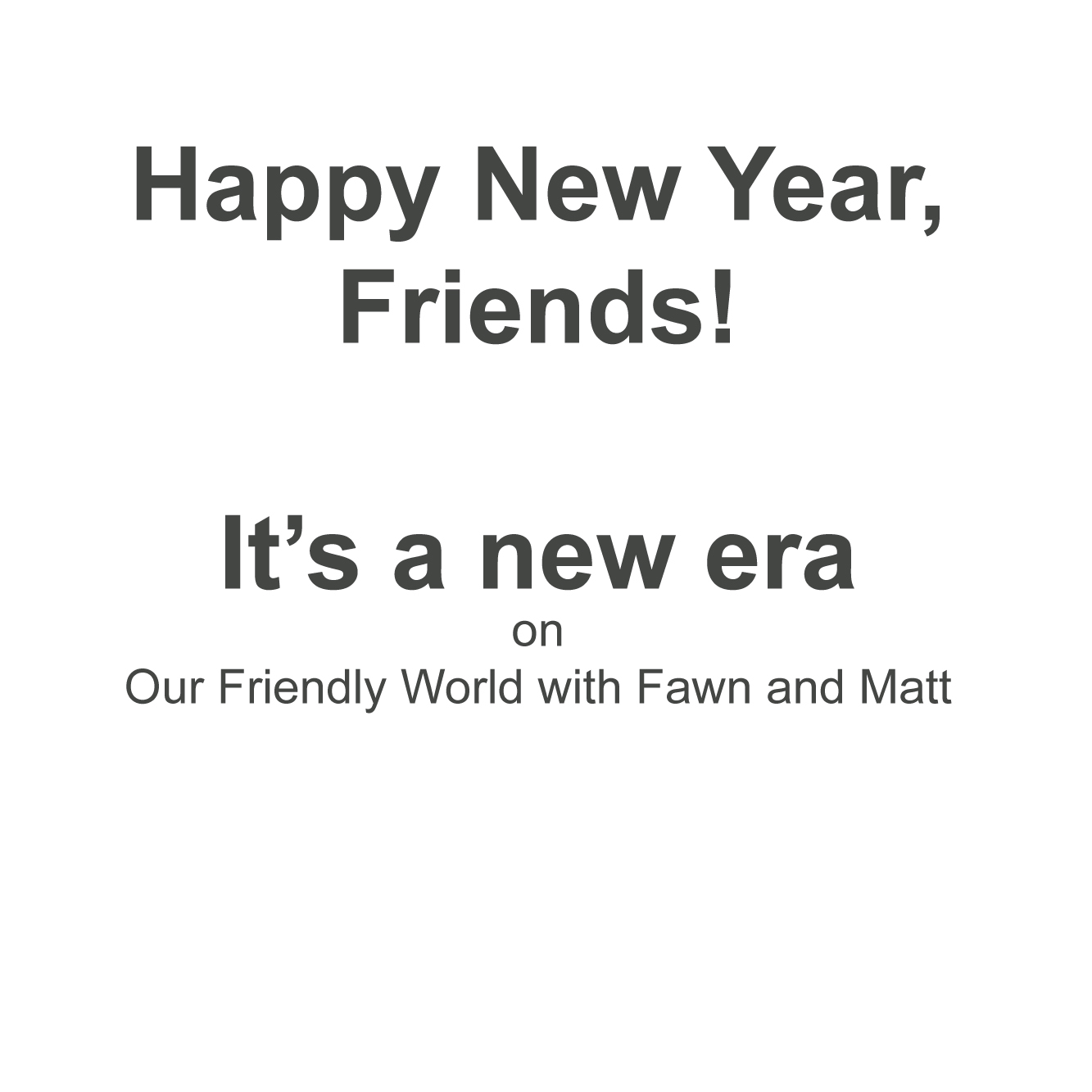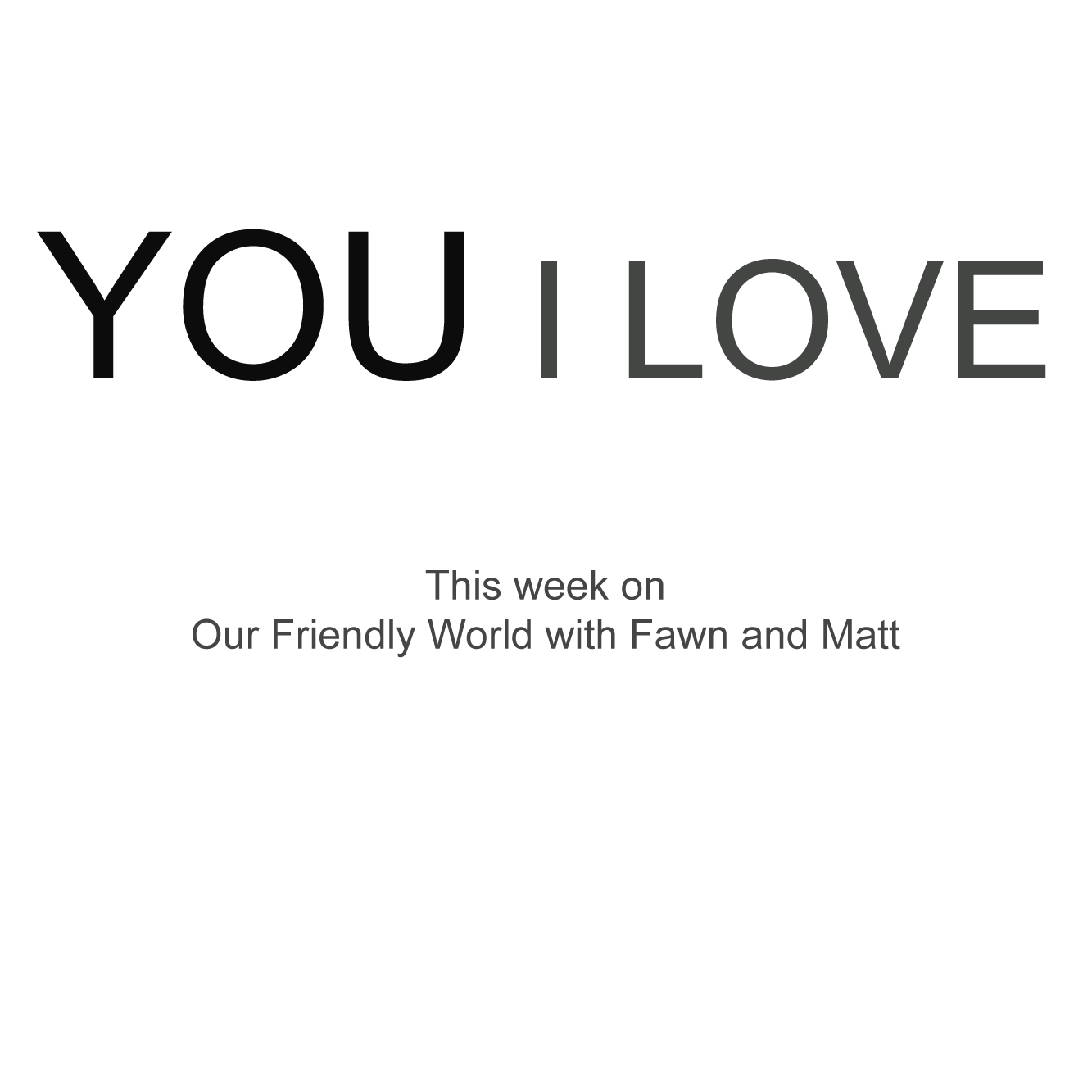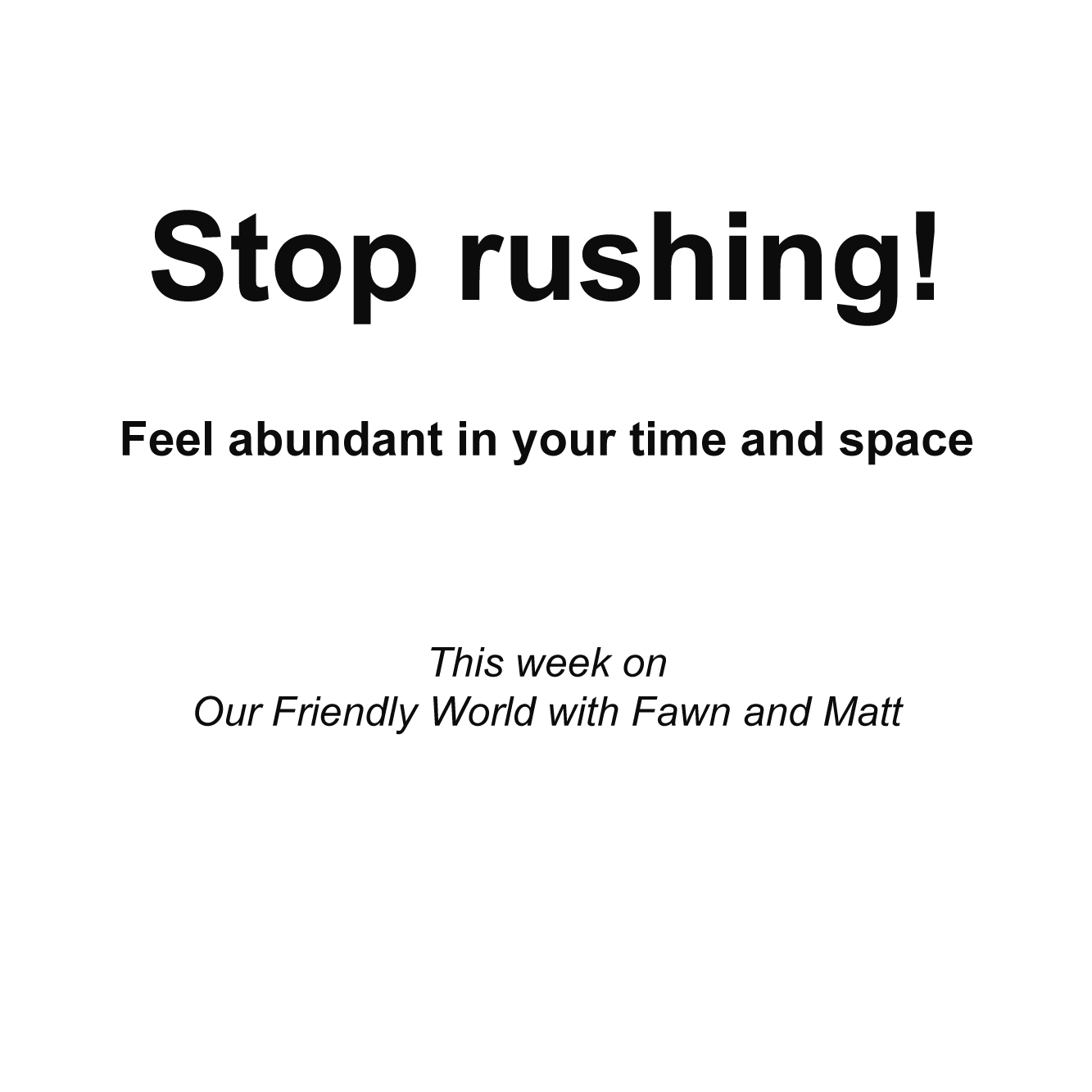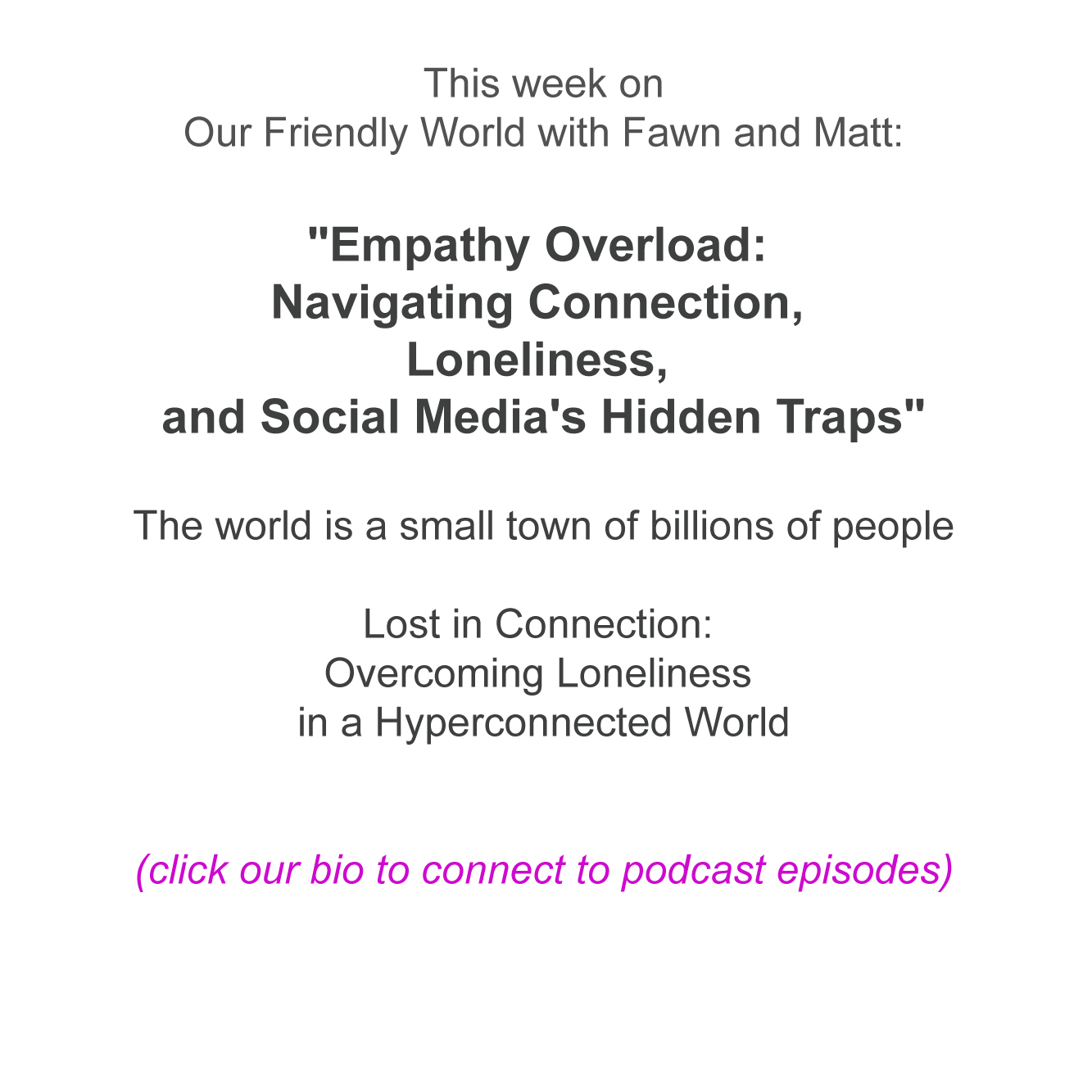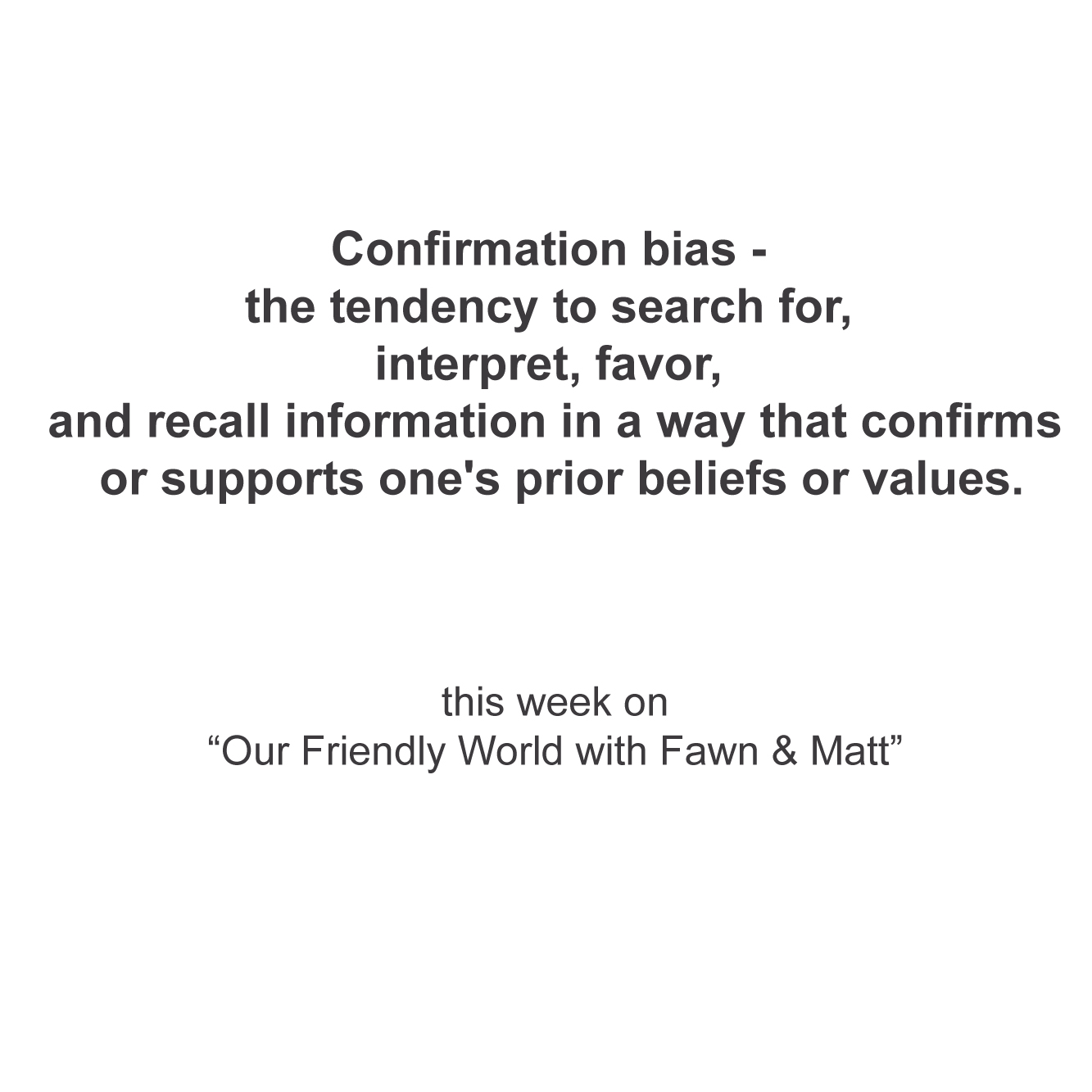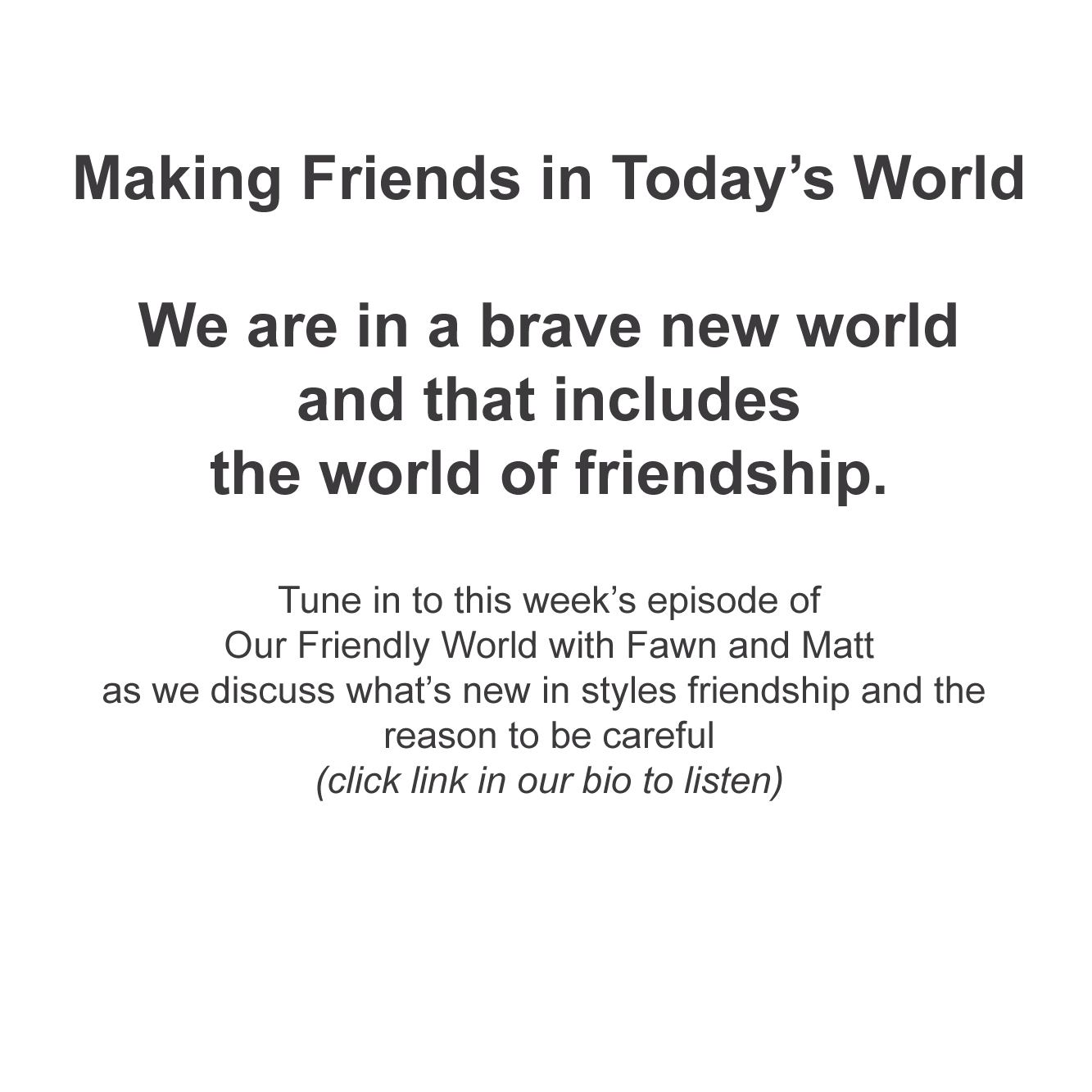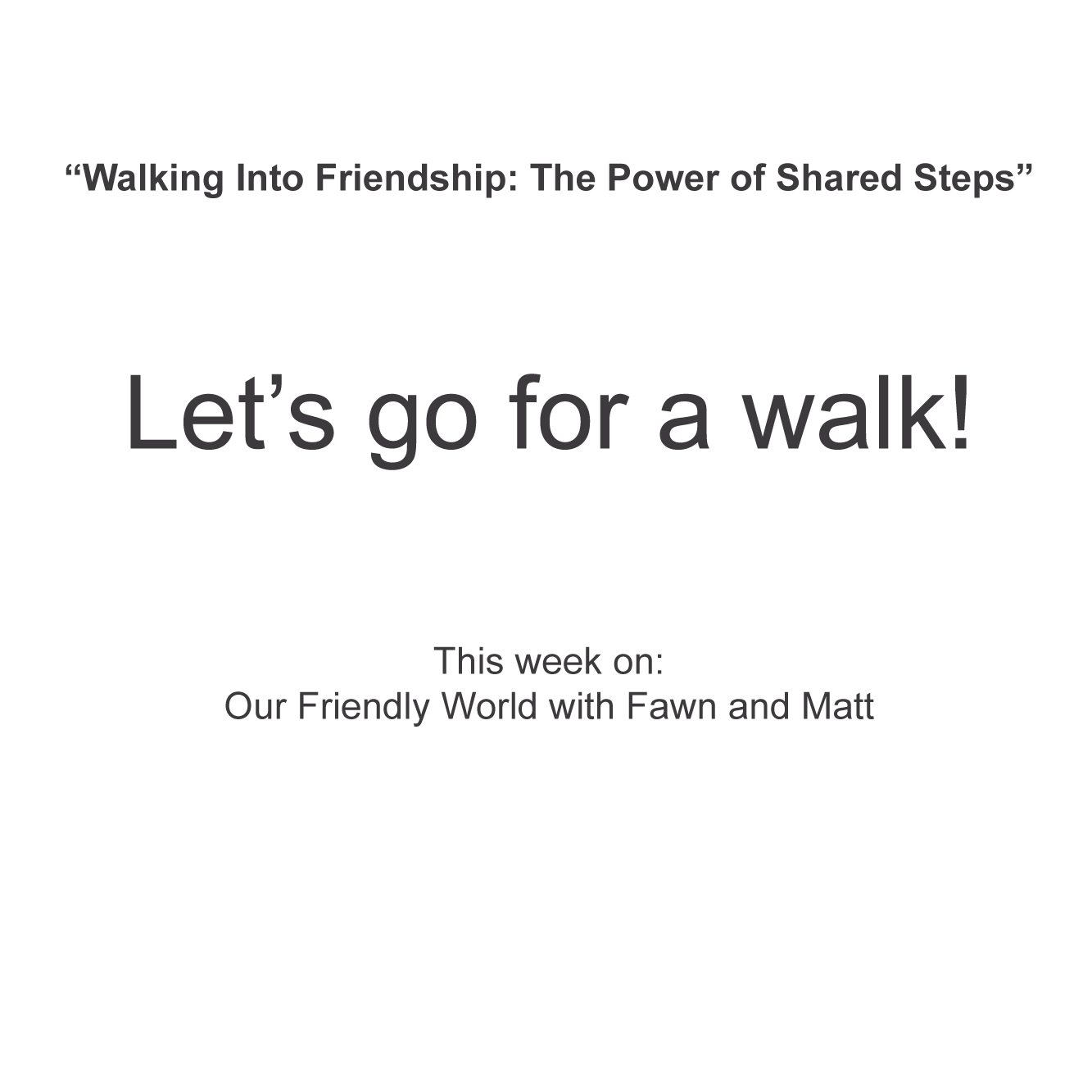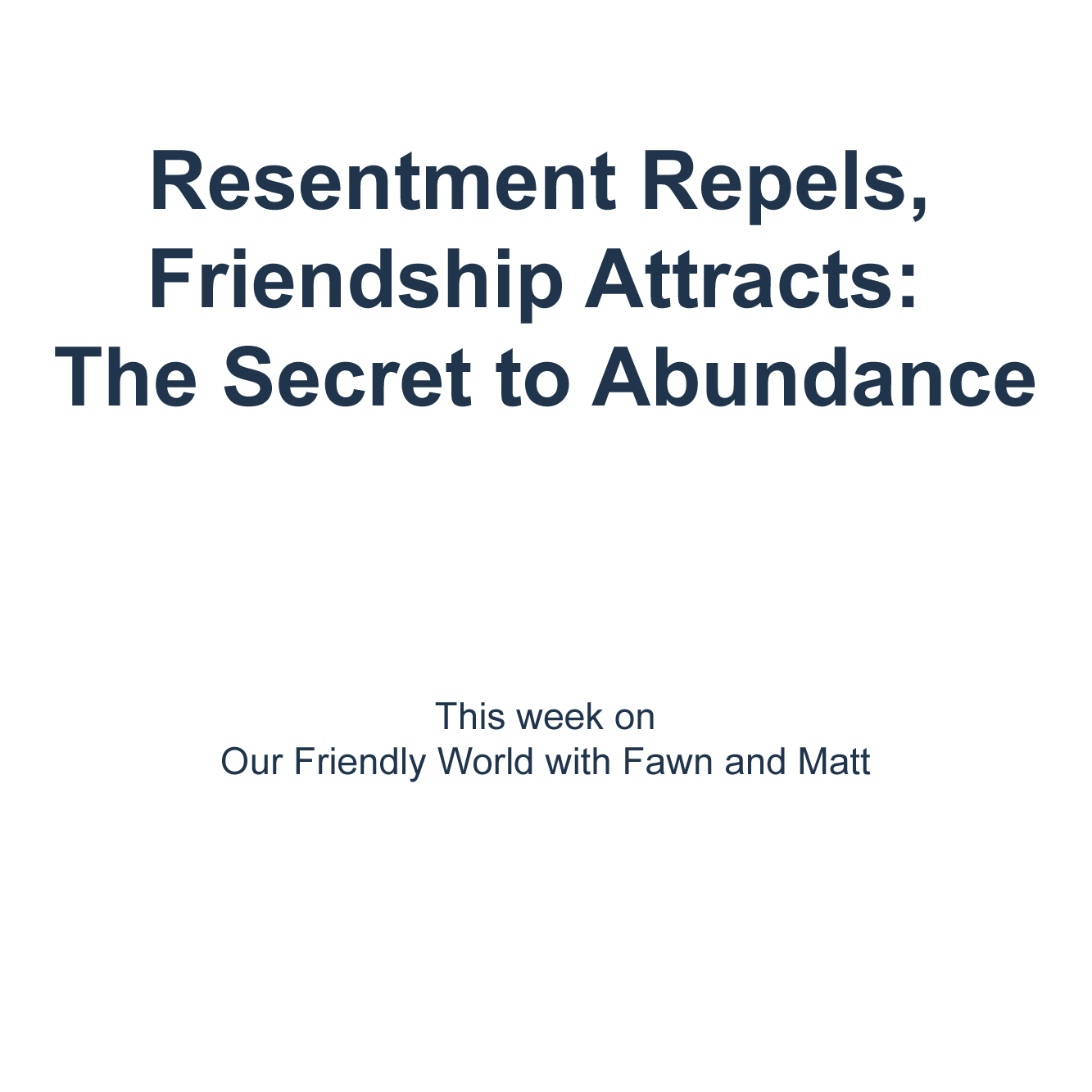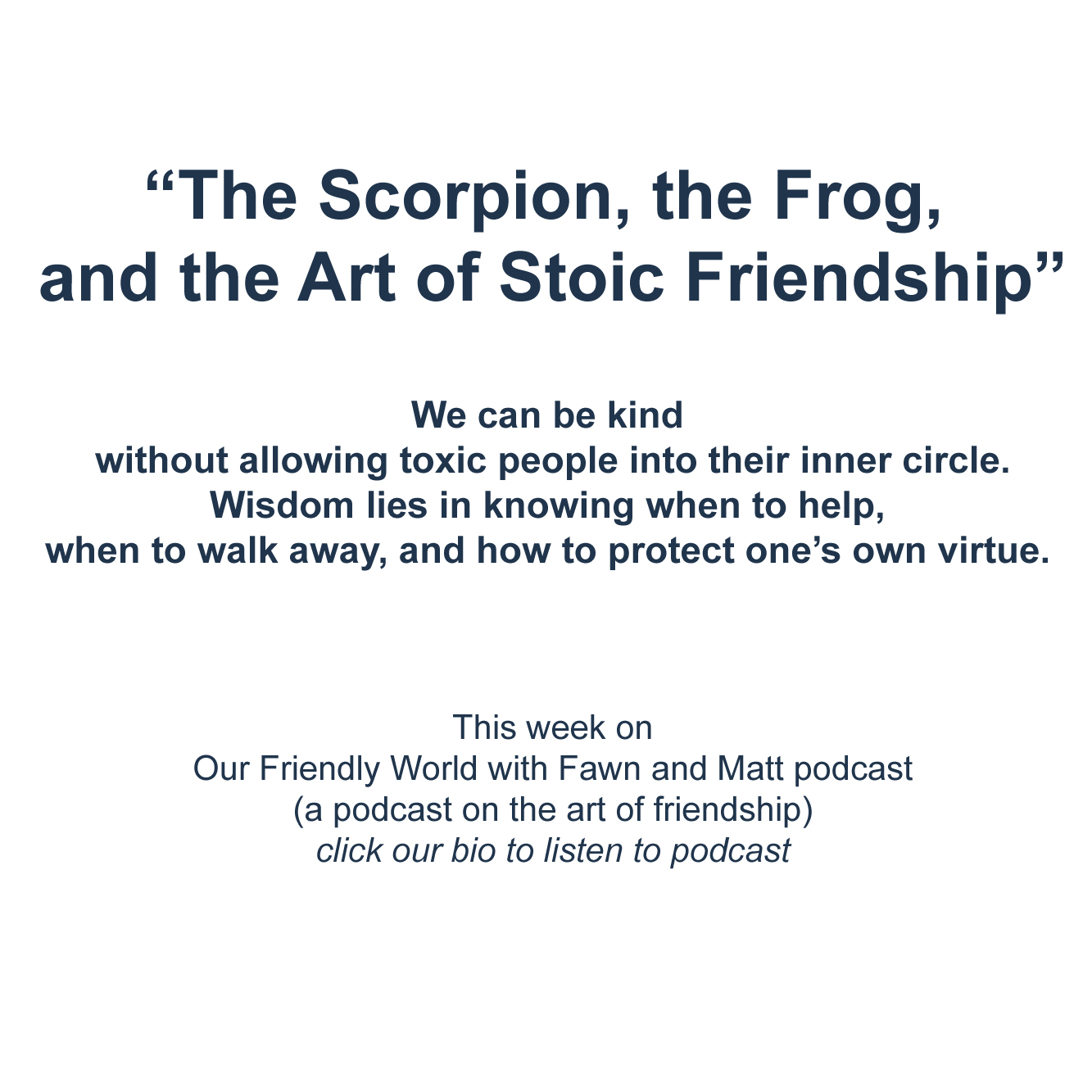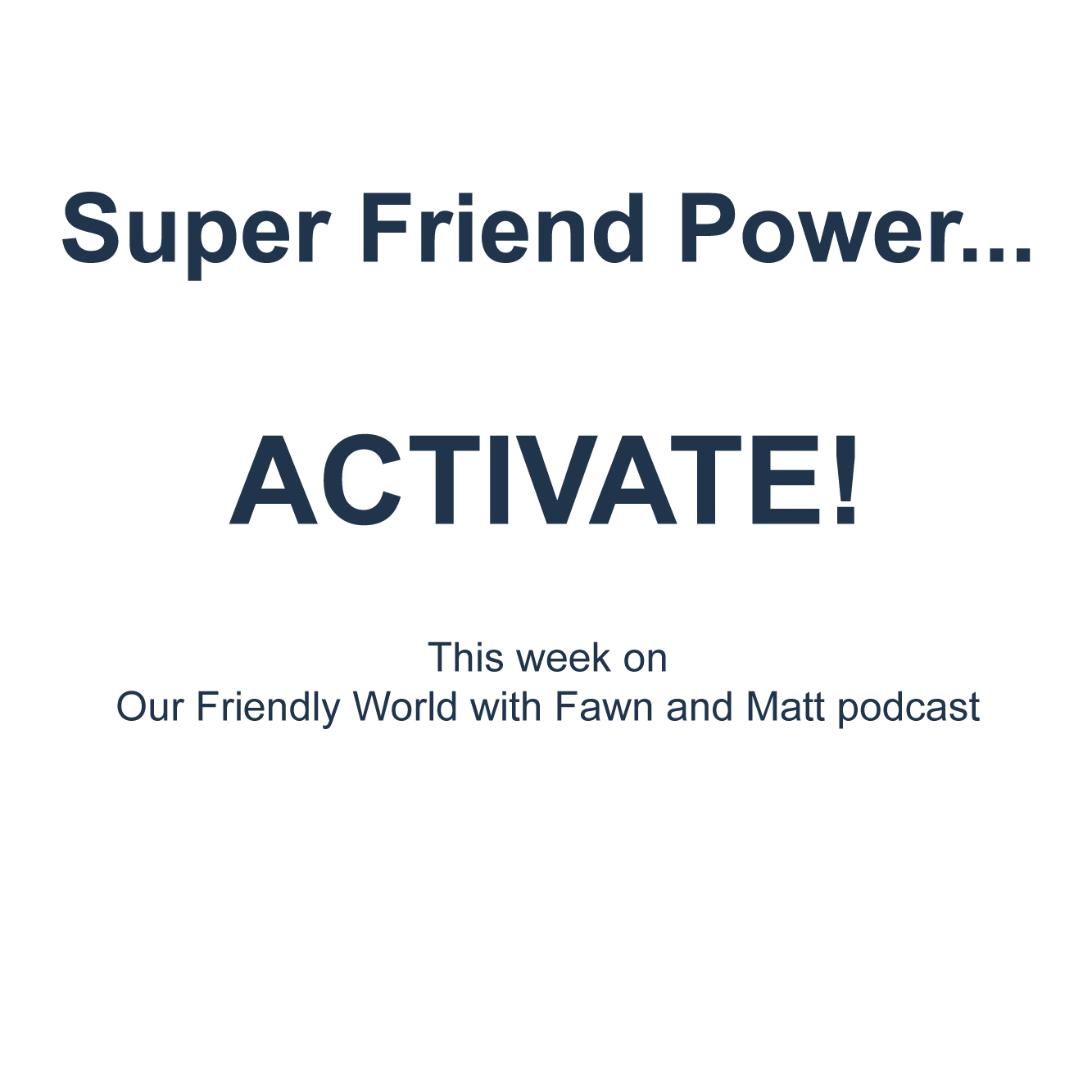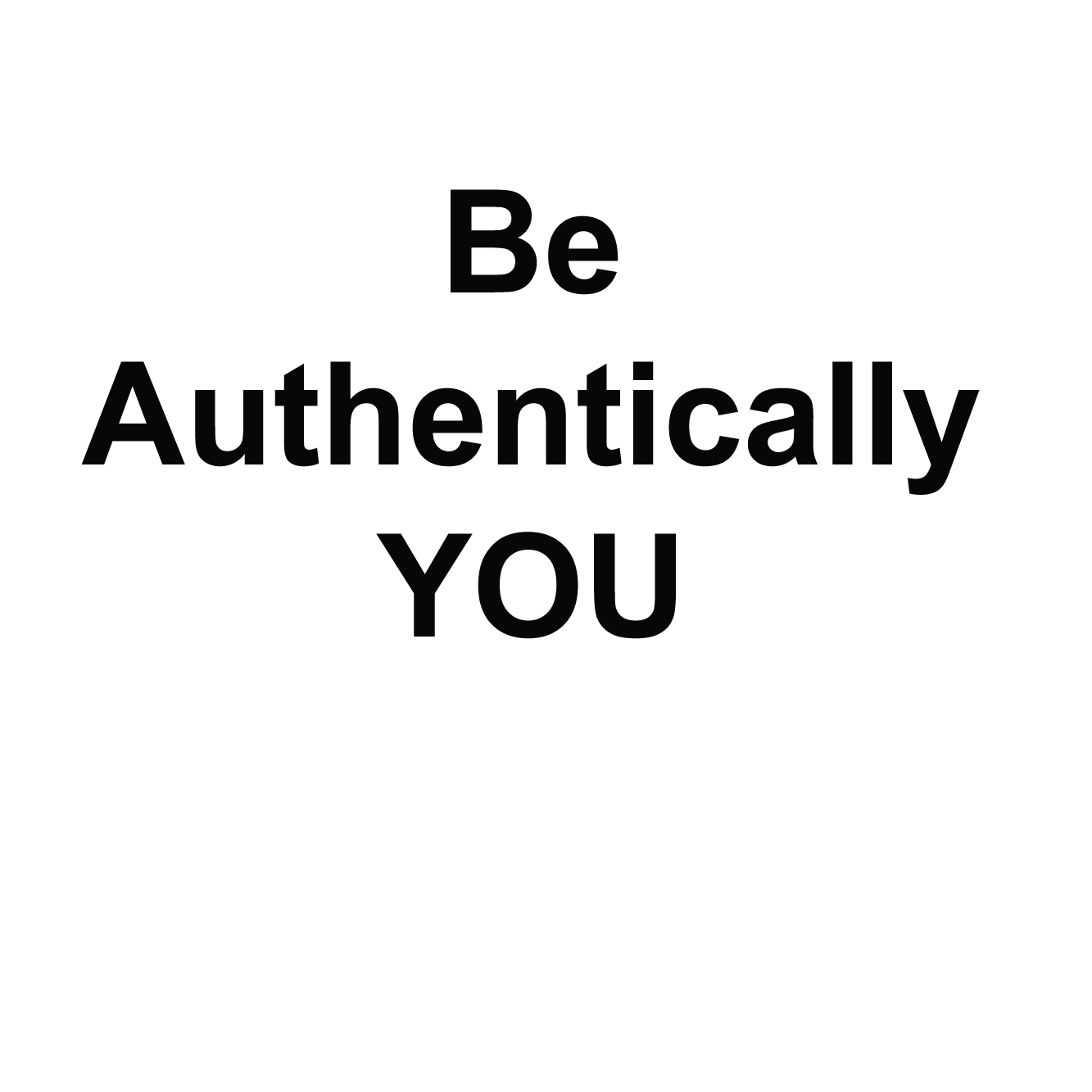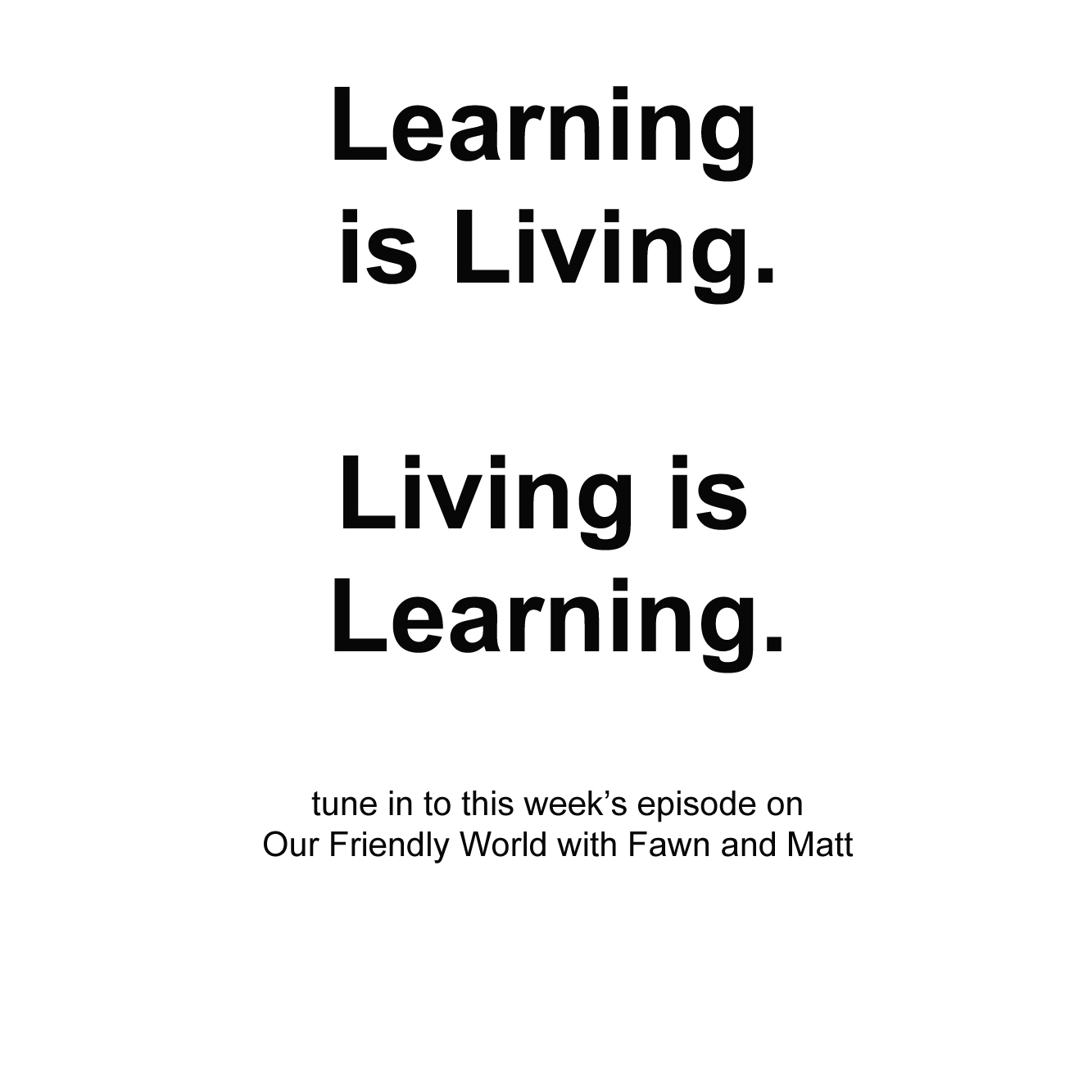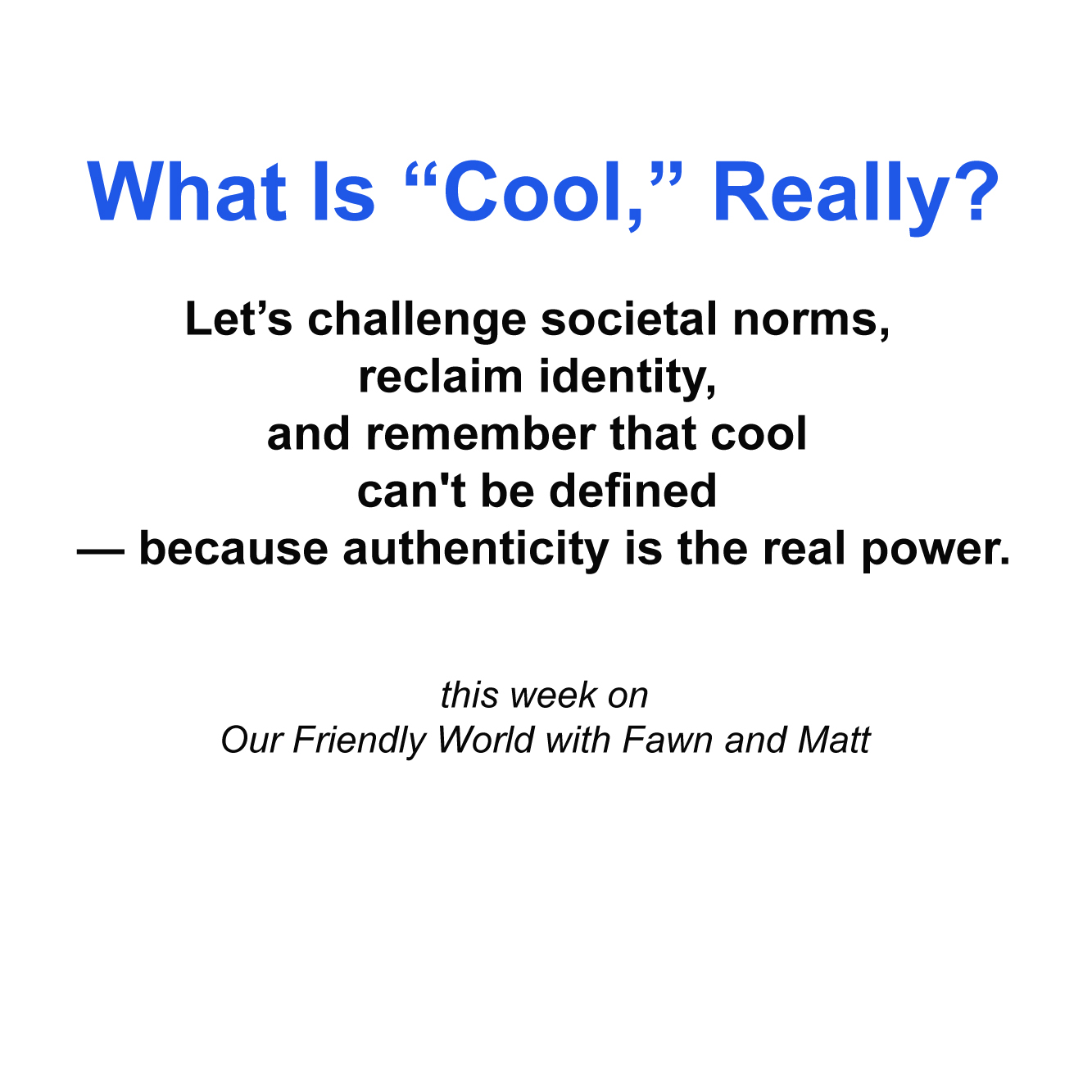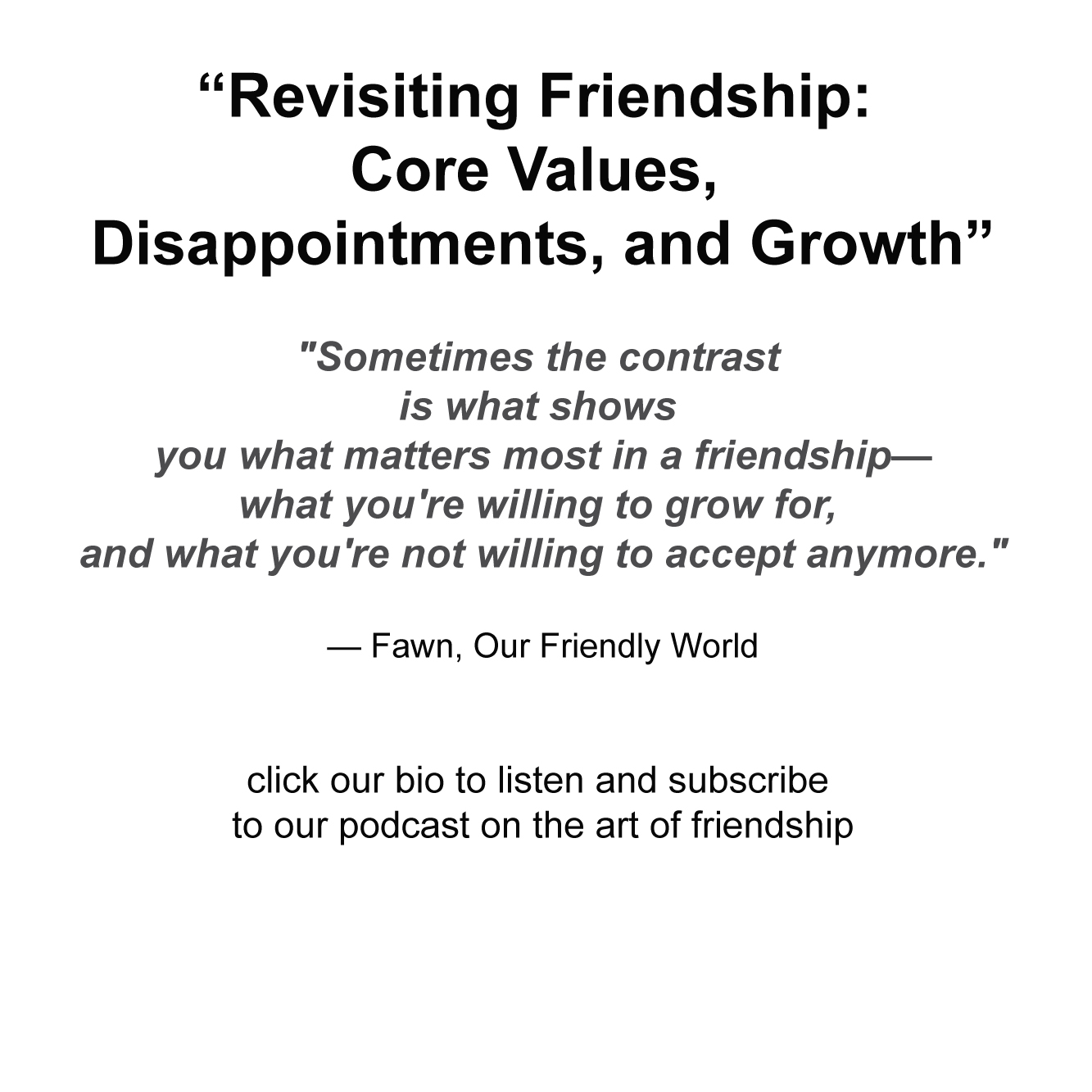Official or Superficial Friendships
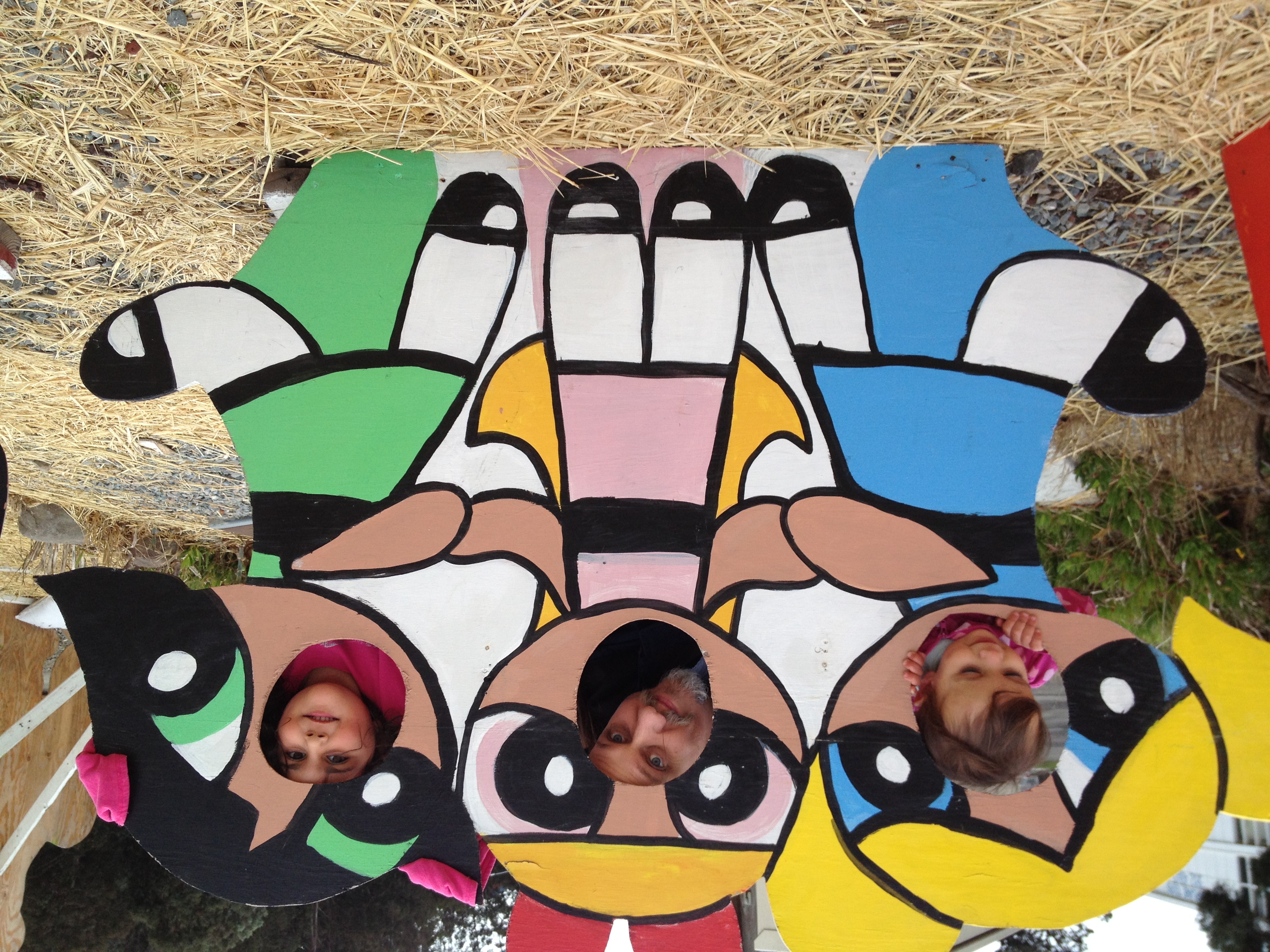
I have an objection! I mean, they constantly say when people don't have friends when they're lonely, it's going to cause cancer. It's going to cause heart problems. It's like smoking 10 packs a day of cigarettes. It's like all they do is scare people. Thanks. Thanks for grabbing a headline and then dropping us off a cliff and saying, okay, bye-bye. I wish we had the audience the massive audience that all these “experts” have because instead of fear, we are actually creating a friendly world.
In today's episode, we're talking about official or superficial friendships. How do you know if you actually have a friend, why do you depend on something else or somebody else to include you in a friend group, like these people that are parents who are like, oh, don't worry, you'll make friends when your kids make friends, like through their friends. That is so backward. It should be the other way around. . It should be your friends or your children looking at you as an example of how you treat a friendship and how you create a friendship or when you get into a conflict, how you resolve that conflict, or how you walk away from a friendship to maintain your life and your integrity.
Your friends or people who may be watching you that you aren't even aware of. You are a walking role model in society. You are your own brand ambassador. Everybody is. We also talk about the Greek word PHILOI, a word that roughly translates to "friend". This type of friendship is based on the characteristically Greek value for reciprocity as opposed to a friend that exists as an end to itself.
We also explore the word friend in old English. . It's spelled F R E O N D and guess what it means? To love. To favor. Isn't that nice? That leads me to another objection I have. There are more and more articles, which is great; talking about friendship and seem to love rules for friendship and I have an objection to that.
I have an objection! I mean, they constantly say when people don't have friends when they're lonely, it's going to cause cancer. It's going to cause heart problems. It's like smoking 10 packs a day of cigarettes. It's like all they do is scare people. Thanks. Thanks for grabbing a headline and then dropping us off a cliff and saying, okay, bye-bye. I wish we had the audience the massive audience that all these “experts” have because instead of fear, we are actually creating a friendly world.
In today's episode, we're talking about official or superficial friendships. How do you know if you actually have a friend, why do you depend on something else or somebody else to include you in a friend group, like these people that are parents who are like, oh, don't worry, you'll make friends when your kids make friends, like through their friends. That is so backward. It should be the other way around. . It should be your friends or your children looking at you as an example of how you treat a friendship and how you create a friendship or when you get into a conflict, how you resolve that conflict, or how you walk away from a friendship to maintain your life and your integrity.
Your friends or people who may be watching you that you aren't even aware of. You are a walking role model in society. You are your own brand ambassador. Everybody is.
We also talk about the Greek word PHILOI, a word that roughly translates to "friend". This type of friendship is based on the characteristically Greek value for reciprocity as opposed to a friend that exists as an end to itself.
We also explore the word friend in old English. . It's spelled F R E O N D and guess what it means? To love. To favor. Isn't that nice? That leads me to another objection I have. There are more and more articles, which is great; talking about friendship and seem to love rules for friendship and I have an objection to that.
This episode is about the familiar and fellowship, and understanding them both. Please click here to get a free copy of Fawn's "Ikigai of Friendship Workbook" as well as to visit all our episodes, be able to reach out to us, and leave us a kind review: https://www.ourfriendlyworldpodcast.com/
Thank you in advance!
Official or Superficial - TRANSCRIPT
[00:00:00] Fawn: Hello?
[00:00:01] Matt: Hello.
[00:00:03] Fawn: How's it going? How's everybody doing out there? Hello, world.
[00:00:07] Matt: Hopefully wonderfully,
[00:00:08] Fawn: so. Objection I have, I've had an objection for a few years now. Major objection.
[00:00:15] Matt: Objection?
[00:00:16] Fawn: Yeah. Um, okay, so we've been obviously talking about the Art of Friendship for many years actually,
[00:00:24] Matt: I know
[00:00:25] Fawn: many years before we started the podcast.
[00:00:29] Fawn: My objection is to all those experts out there that have the degrees and the doctorates and PhDs, whatever, it's the same thing, right? PhD, doctorate, whatever. Even people I really look up to, like, you know, the Brene Browns and the Surgeon General. Ah. Vivek Murthy okay. My objection is this. I keep listening to these guys.
[00:00:54] Fawn: Mm-hmm. and, and I'm not picking any one person out in particular, but Matt, they're saying the same stuff over and over again. They're not offering solutions, which is what we're doing on this podcast. We're offering solutions
[00:01:10] Matt: and we're trying to push the conversation
[00:01:12] Fawn: forward. Yeah. But yet, We don't have the notoriety that they do.
[00:01:18] Fawn: I e like we don't have the gazillion million people.
[00:01:24] Matt: That is true.
[00:01:25] Fawn: Followers, whatever you wanna call them that they do. But here's my objection is. I mean, they constantly say when people don't have friends, when they're lonely, it's like, it's going to cause cancer. It's going to cause heart problems. It's like smoking 10 packs a day of cigarettes.
[00:01:45] Fawn: It's like all they do is scare
[00:01:46] Matt: people. Right. Thanks. Thanks for grabbing a headline and then dropping us off a cliff and saying, okay, bye-bye. And
[00:01:54] Fawn: I mean, and they're making the headlines, but hello, let's, I mean, we, and we've been offering solutions like every episode, even if we're talking about blockchain is about , the art of friendship and how we can transform our society into a friendlier one, blah, blah.
[00:02:15] Fawn: La La la , right? . So that's my objection. And so today's episode we're talking about official or superficial. How do you know if you actually have a friend, or sometimes you're feeling like, well, I'll take what I can get. So like a nod in the neighborhood will make you think, oh, my friend. And then, you know, then you can.
[00:02:43] Fawn: Go down the line and all of a sudden you're like, something will happen and you realize, oh, that's not what, that was really not a friend. And that's where we come in. That's what we've been talking about is the art of friendship and going back to Aristotle and really taking a look at the different kinds of friendships, like we've discussed this on all the episodes, so I'm not gonna bore you again with a repeat.
[00:03:05] Fawn: So today,
[00:03:09] Fawn: official or superficial. Immediately, like I always go to the same example of living on Bainbridge Island and we would see people and they would literally nod and that they thought that that was friendship, but we couldn't get anyone to party with us
[00:03:29] Fawn: And by party, I mean like, you know, have a meal with us or hang out, you know, like laugh and just be, to save our lives. Like it was ridiculous.
[00:03:42] Matt: Right, right. And the assumptions people would make. Oh, well, you know, and they'll make friends when they have children in school and they'll make friends with their children's friends.
[00:03:54] Matt: But then what happens after your children
[00:03:55] Fawn: graduate? But it's also that that's the wrong way to go when. You say, and not just kids. I mean most of our audience who don't have kids, or they're like very young. It's like, wow, why do you depend on something else or somebody else to include you in a friend group, like these people that are parents who are like, oh, don't worry, you'll make friends when your kids make friends, like through their friends.
[00:04:21] Fawn: I'm like, whoa, that is so backwards. It should be the other way around. . It should be your friends or your children looking at you as an example of how you treat a friendship and how you create a friendship or when you get into a conflict, how you resolve that conflict, or how you walk away from a friendship to maintain your life, your integrity, exactly.
[00:04:47] Matt: Your children look to you for, to help frame kind of these kinds of relationships, conversations throughout their entire life,
[00:04:56] Fawn: and not just friendship, I mean not just kids. But your other friends or people who may be watching you that you aren't even aware of. You are a walking role model in society.
[00:05:08] Matt: You are your own brand ambassador.
[00:05:11] Fawn: Everybody is.
[00:05:12] Matt: Yes.
[00:05:13] Fawn: All right, so going back again, of course, let's go back and figure out a word PHILOI again. Once again, guys, I'm so sorry. I'm mispronouncing it. I'll just spell it. P H I L O I. All right. Here's the translation or the definition.
[00:05:36] Fawn: It's a word that roughly translates to "friend". This type of friendship is based on the characteristically Greek value for reciprocity as opposed to a friend that exists as an end to itself. Matt, I don't understand that definition. . What does, what does that mean when something says, as opposed to a friend that exists as an end to itself, what does that mean, an end to itself?
[00:06:02] Fawn: You gotta look,
[00:06:02] Matt: I think, more at the first part of it. And what they're saying is it's a two-way street. So, You're giving and getting all at once, and that sounds almost mean, or miserly or something because you should just be giving to all your friends Absolutely. All the time. I get it. But you also need to take that slightly, and in my mind it is slightly cynical view and, and making sure that, um, it's a two-way street.
[00:06:36] Matt: Making sure that you know they're giving you almost to maybe even better than what you give them.
[00:06:45] Fawn: Okay. Well, all right. That leads me to another objection I have. Objection. I'm starting to see more and more articles, which is great; talking about friendship. Mm-hmm. and everybody now has rules for friendship and I have an objection to that.
[00:06:59] Fawn: Okay. As well, because much like when you, our first date, you chose for us to go, what do you call it? Miniature golfing.
[00:07:08] Matt: Yeah. Bring it. That's old school.
[00:07:10] Fawn: Oh my God. That angrified me. . That's my personal word that I developed. Angrify oh, I don't like to play games and I don't like keeping score. I feel rage. So here was Matt.
[00:07:22] Fawn: He had a tiny little like notepad.
[00:07:25] Matt: You get that stupid
[00:07:26] Matt: little scorecard, you get the tiny little stub of
[00:07:29] Matt: a pencil
[00:07:30] Fawn: and with such glee he would put down the marks like, you know, cuz he was wi... You know, he was . I had never miniatured golf in my life. I hadn't been
[00:07:39] Matt: miniature golfing in many years.
[00:07:40] Fawn: It doesn't.
[00:07:41] Fawn: Okay. But like, wow. It was like keeping a score like that. I never liked it. I don't like it in games. I don't, I don't like it in the corporate world. I don't like it in friendship. I don't, I think it's terrible and
[00:07:57] Matt: I completely feel you. And that's yet, I completely disagree with you. What?
[00:08:02] Fawn: See, this is why you call me Chewbacca because it's the, it's the score
[00:08:06] Fawn: keeping them makes me insane.
[00:08:08] Matt: It's the glee.
[00:08:09] Fawn: Everything should be cooperative. It's
[00:08:11] Matt: the glee that
[00:08:11] Matt: makes you insane.
[00:08:12] Fawn: No, it's the
[00:08:13] Fawn: losing
[00:08:13] Matt: that you, and here's the thing, what does cooperative mean? Let's take it, let's take it out of friendship. And I'd liked you talking about it as far as business
[00:08:21] Matt: goes.
[00:08:21] Fawn: What?
[00:08:21] Fawn: Okay. Can you, can you hold your thought because I wasn't done. I wasn't done with my definitions. . All right. Look, I have another, okay, so friend is old English. . It's spelled F R E O N D and guess what it means? To love. To favor. Isn't that nice?
[00:08:40] Matt: It is.
[00:08:41] Fawn: All right. When you're done explaining your thing, I wanna get back to the list.
[00:08:45] Fawn: The list people are making that I'm objecting to. Objection. Okay, go ahead. What were you gonna say?
[00:08:51] Matt: Okay.
[00:08:51] Fawn: Cooperative. Right, so if I'm on a team mm-hmm. , it's at work. Let's take it away from games and let's take it out of superficialness and start bringing it to someplace that people feel should be serious and super tangible.
[00:09:07] Fawn: Right? You need to know, or you know, a team, even as a sports team, you need to know that everyone on your team is doing the best they can do, period. And they all know where their, and this, again, we're away from friendship now for just a second, but, takes you away from everybody knows their role. So on a
[00:09:33] Fawn: sports, it
[00:09:33] Fawn: takes you away from that?
[00:09:34] Matt: It does, because there are superstars and then there are, you know, there's the people who cart in the water.
[00:09:40] Fawn: I'm confused, I'm confused. What are you saying? How does that take you away from it? Because
[00:09:46] Matt: a friendship should be a lot more 50 50. Work Relationships aren't necessarily, nothing is always,
[00:09:52] Fawn: I'm putting forward.
[00:09:54] Fawn: Nothing is always 50 50. Never.
[00:09:56] Matt: That is true. Friendship should be closer though. I understand. I've been in, I've been in work experiences where, you know, I'm the, I'm either the young, young little boy who gets mentored or I am the guy who mentors others. This is Matt
[00:10:09] Fawn: Natural progression. Well, exactly.
[00:10:11] Fawn: That's my point. It's never 50 50. It's never
[00:10:14] Matt: 50 50. So, but in those cases it's like 90 10.
[00:10:17] Fawn: All right. But then there will, if you give a time, if you look at nature, if you look at the ocean, if you look at the water coming in and going out, there's, there's a yin and yang, there's a, there's a time when one person is 80 and the other person is 20.
[00:10:32] Fawn: But if you give it time and you see. , the change and the movement in nature. Yes, that will flip. And you're right, so it's never 50 50, but if you give it a chance and you keep looking at it, it balances out. But if you're so focused on your cute little notepad with your like sticks of like, who has more points?
[00:10:54] Fawn: That I feel like it takes away from everything. It takes away from the enjoyment of life. It takes away from the enjoyment of the game. and it brings out the Chewbacca and me that just wants
[00:11:04] Matt: to, that that is definitely true. And had I known that at the time, no,
[00:11:08] Fawn: but you're still saying that that's it's needed.
[00:11:11] Fawn: We need to keep score. I'm saying in
[00:11:13] Matt: a corporate work environment,
[00:11:17] Fawn: I don't understand
[00:11:18] Matt: why. because It's important to know, and it's important to know when you are in the lesser position so you can improve it. And when you're in the superior position, you get paid for it.
[00:11:32] Fawn: Okay, I understand. But if you, if that's the only way that it works and that's when, that's just, that's the keeping score.
[00:11:45] Fawn: When the keeping score is the way it is all the time, that's why people like me can't survive in a world like that because you're giving your own timeline to what score should be. And if you're a creative like me, my timeline is a little bit different, but I guarantee you, I'll offer you something that will be invaluable.
[00:12:10] Fawn: Invaluable, right? Yes. That means beyond value. Yes. You can't put, you can't put a number on it, right? I guarantee you, I will provide you amazingness, but if, if it's on your particular timeline or your particular exact graphs or specifications or whatever it it, yeah, you're not gonna see my, my, my value.
[00:12:35] Fawn: You're not going to see it.
[00:12:36] Fawn: What? Nothing.
[00:12:39] Matt: It's like as soon as , as soon as, let's get back to friendship.
[00:12:43] Fawn: No, I wanna figure this out. Oh. Because this, look, you can, I know, but you can translate anything to friendship. So yeah, there are people out there who, actually, this goes back to the list that if
[00:12:56] Matt: you do talk about your friendship, if you run your friendships like you would run a team in a business, then that's a huge mistake.
[00:13:04] Matt: And I will agree with you a hundred
[00:13:05] Fawn: percent on that. Hold on. But isn't that the problem we're facing with today's world is because? Because business is so separated and it's so patriarchal like that it is so beat it over the head, hunt it down and bring it home; as opposed to cooperative as opposed to let's look at the rhythms of nature and let's look at the value of every everything and how it's being provided rather than stats like that.
[00:13:38] Fawn: I think that's why corporations are so messed up and they've messed up our world. Sorry, Matt is just staring at me like
[00:13:48] Matt: only I You're absolutely right. Again, I said I a hundred percent agree. Don't run your personal friendships the way a business runs a team, but on a team, you have roles, you have responsibilities, and you're, hopefully paid in conjunction with your role and what you bring to the team.
[00:14:07] Fawn: I don't know. I mean, now I'm so far removed from the corporate world. I don't know. I, I respect you because you're able to, knock on wood, you're able to navigate through,
[00:14:20] Matt: I'm able to swim through these waters.
[00:14:21] Fawn: Yeah. I still don't understand. And I'm just now on a, in an extreme belief over here on my side that corporations need to be run More humanely.
[00:14:34] Matt: More humanely. Thank you. Yes. And you're absolutely right and you know, I'm feel, I feel very blessed right now that I'm working at, you know, my boss is very humane, his boss is very humane. I don't know how far it goes up and down the company, but that's far enough. That's all I need to know and that that's all I need to have to make
[00:14:51] Fawn: me happy.
[00:14:52] Fawn: Well, usually when you have bosses like that, chances are that the company runs humanely. Exactly. When you have humane beautifully minded people that are leaders, chances are the company's that way. Exactly. You know, like attracts like. True. Alright,
[00:15:12] Matt: anyways, back to objections.
[00:15:14] Fawn: Alright, so I'm looking at lists and we found one list that was pretty good , but I have an objection still. Even though this list is pretty great, it's like 40 Rules of Friendship, first
[00:15:27] Fawn: of all
[00:15:27] Matt: which sounds like a good
[00:15:28] Fawn: number. Well, I'm also thinking, oh my God, here we go with more rules.
[00:15:33] Fawn: It's like score keeping again, . But I'm looking through them and they're nice. You know, they're, they're okay. Just hold on a second. Hold on. Let me finish. I'm not gonna read all 40, but. , um, 40 rules of Friendship, right? They're always there for support. They point out your mistakes truthfully, they care about you, but don't smother you.
[00:15:54] Fawn: It goes on and on and on, and what I found was that, wow, this is all about you. And that's what I object to about all these lists. It's like, this is what needs to happen for you. This is what needs to happen for me, me, me, me, me, me, me, me, me. And that's not it guys. That is not the art of friendship. The art of friendship is not what can this person do for me?
[00:16:19] Fawn: How can this person make me feel? That's the number two friendship that we always talk about, right? True. The person is there because of how they make you feel. That is not a true friend. It's not all about you feeling supported. It's all these rules are about that kind of thing, and that's what I'm objecting to is because, so, All right, for a universal copacetic world to occur to happen, where we use what I believe is the art of friendship to truly spread, it's really looking at everyone as your friend, not what can this person do for me, not how I can feel, not what I can do for them, not scoring points.
[00:17:10] Fawn: It's just looking at everything and everyone, without any attachment, without any chords, without any like chords, you know, like you're, you're connected, um, like puppets to each other, , you know what I'm saying? Right. Like straight strings. Right. And I just think that you need, and I've said this before guys, but you need to, I think it would be better if we all looked at things like it was a movie.
[00:17:37] Fawn: And like I said before, not the way Matt watches movies because my God, he's analyzing every movement and telling you what's gonna happen before it happens. or like picking out flaws in the plot. Just forget it. Just enjoy it and just watch people. Listen to them, look at them and just appreciate them, even though you may think.
[00:18:01] Fawn: I can't appreciate what I'm looking at. Appreciate that. Do you know what I'm saying? Matt? Appreciate looking at something that doesn't even appeal to you. Appreciating that aspect of it. Like, wow, that is so unappealing.
[00:18:17] Fawn: You know, like case in point, like what not to do. When you look at a behavior like, whoa, thank you for showing me that. I don't ever wanna do that. It's a, I think that's what friendship is. Does that make sense? It
[00:18:31] Matt: does, it does. But if you take a look at, uh, Nichomachian Ethics and Friendship, you know, the, the deepest form of friendship is, I just genuinely like this person.
[00:18:44] Matt: Right, right. Okay. So do you genuinely like people who ignore you, who never listen to what you have to say? Who only complain about hundred percent of their life and don't even give you elbow room in to talk. And if you offer advice, they just tell you you're being ridiculous or stupid
[00:19:04] Fawn: or silly. That that is where official versus superficial comes in.
[00:19:08] Fawn: Because I would say that would be the superficial friend. Look, we drive on the road and I don't get upset at people. If , oops,
[00:19:22] Matt: sorry about that one.
[00:19:23] Fawn: That's Matt's timer. , is there something in the oven?
[00:19:27] Matt: No, I accidentally set the timer. Okay. Wait. I wasn't done Behind the curtain, folks. I usually set a timer so we know how long the episode is.
[00:19:35] Matt: Okay,
[00:19:36] Fawn: so I forgot what I was saying now. Thanks honey. oh, oh, oh, oh, oh. I always say everybody's your friend. All right, so if someone cuts you off on the road or they're tailgating, they need to get in front of you for whatever reason, but it doesn't matter that you end up at the spot, at the stop sign or the stop light
[00:19:54] Fawn: exactly at the same time, it doesn't matter. If they need to be ahead of you and they're acting like a jerk, please just let 'em go. Maybe they need to go to the bathroom. You know, you don't. So when there are mean people out there, I'm like, whoa, our friend is having a bad time. Let's step aside. Right? Let 'em go.
[00:20:13] Fawn: Right. Why am I saying this ? What were we saying?
[00:20:19] Matt: I don't know. I was about to make my salient point and you cut me
[00:20:21] Fawn: off. So. Well, I'm just saying that, that that's where official versus superficial comes in, because I say everybody's your friend. Oh, that person who cut us off on the freeway, . Wow. Our friend really needs to get somewhere, right?
[00:20:36] Fawn: It,
[00:20:36] Matt: it makes you look at them with compassion,
[00:20:38] Fawn: right? So I call everybody our friend, and right there have been points because we have been heartbroken because of people being mean to us. Where our girls were will say, that is not our friend. I'm like, look, the whole world is our friend. Now there's superficial and there's official.
[00:20:56] Fawn: So I would call those people superficial, right? I'm not that, that's not the true friend. They're still a friend. Look, we're all in this world living on it. It's the same home. We're sharing a home. All right? Yeah. Some superficial friends are demons. Okay, .
[00:21:15] Matt: That is true. Now, back to my original point, . Okay? So again, you know, if this person never listened, et cetera, et cetera, et cetera, you would say, yeah, you're right.
[00:21:26] Matt: They're not my, they're not my friend. They're not my best friend. They're not my level three, as it were. Nichomachian friends, you're your friends. Hold your friend. Hold on, hold on. They're not a level three friend in the Nichomachian ethics, which is it's not a true friend, which is why it's important to understand why these rules exist, cuz these rules exist to help you identify those people who aren't your true friends.
[00:21:50] Fawn: All right? Here's the difference between us. You are very techy. You need points, you need the score sheet. You need to look at graphs . Yes. I'm just telling you I feel it. Yep. I don't feel this person. I'm just going to look at 'em and keep 'em at a distance. Let 'em go over here. So I, they're not in my sphere.
[00:22:12] Fawn: They're my friend. I feel it and I don't feel it. I don't need stats written on a of pad of paper to tell me who's winning, who's not. It, it just is. Right. Whereas,
[00:22:27] Matt: whereas, whereas I do, because it helps keep me honest and it helps keep
[00:22:31] Fawn: my, my feelings, keep
[00:22:33] Matt: me honest emotions in check and I understand my emotions are checking where the boundaries
[00:22:39] Fawn: are.
[00:22:41] Fawn: My emotions tell me all of that, man, all our, our emotions tell us all, all of that. But I think, I think, yeah, you, you're a techie who knows
[00:22:53] Matt: an interesting number of
[00:22:54] Matt: people.
[00:22:56] Fawn: And I'm an intuitive, who knows? A certain,
[00:22:58] Matt: who knows way more people, .
[00:23:01] Fawn: I'm just saying, you know, yeah. You operate that way and I, I operate this way.
[00:23:06] Fawn: Yep. You could also say, I don't know. You know what? No, I don't wanna get into gender roles. I don't . No, but what I'm saying is, look, I, I, I think, I think, oh, it sounds so, I was gonna say, I think my way is better . Well, of course
[00:23:24] Matt: you do because it works. It's, it's been your pattern as long as you've been alive and it's served you well.
[00:23:30] Matt: Absolutely. It's hard. We tend to do things that we've had
[00:23:32] Fawn: success with. Well, I think it's heart based, Matt, and I think, the way that things have been run in our society for many centuries has not been heart-based. It's not based coming from love , it's based on stats, and that's what I have an objection to.
[00:23:54] Fawn: And I think that's where I can say this is a superficial, rather than an official thing. It will be superficial to me if it's not coming from the heart both ways.
[00:24:08] Matt: Right, right. And I, I see exactly where you come to that. for me, the delineation between superficial and official lies in, unfortunately, and this is what really sucks, but trial and struggle.
[00:24:22] Matt: Like what do you do when their life turns upside down or your life turns upside down? If you run away, superficial, if you draw in and they let you draw in official. And unfortunately it's always in that crucible, those crucible moments,
[00:24:43] Fawn: and it doesn't have to be so,
[00:24:45] Matt: and it's, it's really unfortunate.
[00:24:47] Fawn: It ha It doesn't have to be so drastic.
[00:24:48] Matt: I know.
[00:24:49] Fawn: Because you don't always have to run away, you know, any little tiny movement will be beneficial. Any, anything. It could be just a phone call. It could be like, we've talked about this before. It could be a smile. It could just be saying, I am here. I'm here.
[00:25:08] Fawn: That's it. You don't have to get on a plane. You don't have to move the mountains and divide the seas.
[00:25:16] Matt: Well, particularly not in this time.
[00:25:19] Fawn: So anyway, I also wanna go back to like, okay, let's look at the two other words. Familiar rather than fellowship. I think familiar would be in line of superficial, whereas Fellowship would be official Familiar or fellowship Familiar is, yeah.
[00:25:37] Fawn: I know you, you're in the neighborhood or I know you, you're at the grocery store. We cross paths or going back to Bainbridge Island, yeah, they're familiar. I know when you take out your trash, I know when you take your walk, I see you every day. , but it's not a fellowship, and so don't even try to tell me that this is a friendship, you know?
[00:26:01] Fawn: And I think that's what really got us so worked up is seeing that kind of behavior on that island and realizing, oh, it's not just this island. It's the state of the world right now. Right.
[00:26:14] Matt: Absolutely. Spotting it everywhere.
[00:26:18] Fawn: and you know, maybe, yeah, some people could say about us, oh, you know what you focus on grows, use your own advice.
[00:26:24] Fawn: What you focus on grows. Like, I'm sure there are people that are like, no, there are friendships everywhere. The world is so loving and the world is filled with friendships. I have so many friends, I'm sure that exists. But as a whole, take a look at what's happening with all the wars. All the injustices right there, they've always
[00:26:46] Matt: been there.
[00:26:47] Matt: And all the ways we try and divide ourselves up
[00:26:50] Fawn: so the art of friendship can fix all that. I really believe that. And, and as I said it out loud, I kind of went, Ew. But it's true . It's true. And you know what? Just because it's familiar doesn't make it good. Familiar could be you see the Demonn every day.
[00:27:08] Fawn: You know what the Demonn says, you're familiar with the demonn. It does not make your friend, it's not a fellowship. Right?
[00:27:15] Matt: Completely understood. Yes. Another definition of familiar, oh, it's actually a quote unquote
[00:27:21] Fawn: noun,
[00:27:22] Fawn: uh oh. Is that family? No. What is it?
[00:27:25] Matt: Um, wizards in medieval times were believed to have familiars, which were these little critters that would do stuff for them, but they
[00:27:34] Matt: smart pets or servants or it's all very kind of creepy. Very master servant kind of thing.
[00:27:41] Fawn: Interesting.
[00:27:42] Matt: Very twisted. But they call them like magicians, familiars. Ooh, so like crows and little. Yeah, nevermind.
[00:27:53] Fawn: And you see they're not treating them as equals.
[00:27:57] Matt: No, not at all.
[00:27:57] Fawn: Oh my God. The crows are so smart.
[00:27:59] Fawn: Animals are so smart. Unbelievably. Beyond what scientists know. Brilliant. It's ridiculous. When I hear scientists talk about how humans are, so, uh, what's the word? When they're, they elevate the humans. We're so, like, I don't, I don't remember the word you guys, but like, we're like so greater. I always just disagree and unfortunately a lot of scientists that I love mm-hmm.
[00:28:31] Fawn: that I respect, say that I'm like, oh, ouch. No , but I'm not gonna get on a vegan. Soapbox, soapbox, soapbox. Where does the term soapbox come
[00:28:44] Matt: from? I think in England people would stand on soap boxes in, on Speaker's Corner in London, and they're allowed to talk about anything they want and nobody will stop them or some such Got it.
[00:28:59] Matt: Their dates and
[00:28:59] Fawn: times and whatevers. Yeah. You know what? I'm going to be way more careful with the words that I'm using. Like we were on the couch yesterday and I heard someone on TV say, chop, chop. And all of a sudden I'm like, whoa, that doesn't sound right. And I've heard it all my life, but all of a sudden I'm like, you guys is that derogatory?
[00:29:21] Fawn: And we looked it up and sure it was, oh my goodness. So, and then you looked up another one.
[00:29:29] Matt: Well, no, it was brought to my attention head honcho. Yeah. And everybody talks about like kowtow as a word, which again is Yeah. Offensive. But we could, we could spend forever going through offensive words.
[00:29:42] Fawn: I know. We should, we should do another episode on that.
[00:29:44] Fawn: Yeah. We'll explain it. Because we use words without realizing the implications. And we go through life doing things because we've heard them all along. You know what I'm saying? Right. So we need to be conscious of how we, how we move through life. Anyway, so that's it. Anything to add, Matt? I think I'm good.
[00:30:08] Fawn: I'm good too. I love you guys so much. Thank you for listening to us. If you could please tell the world about us. Tell anyone you can about our podcast and the Art of Friendship movement here, lead them to our podcast. That would help us out. Another thing that's great to show support is to download our episodes leave a kind review.
[00:30:29] Fawn: You can go to our friendly world podcast.com there's a tab to leave reviews right there and reach out to us also. We love that. Thank you. We'll talk to you in a few days. Be well. Bye.















